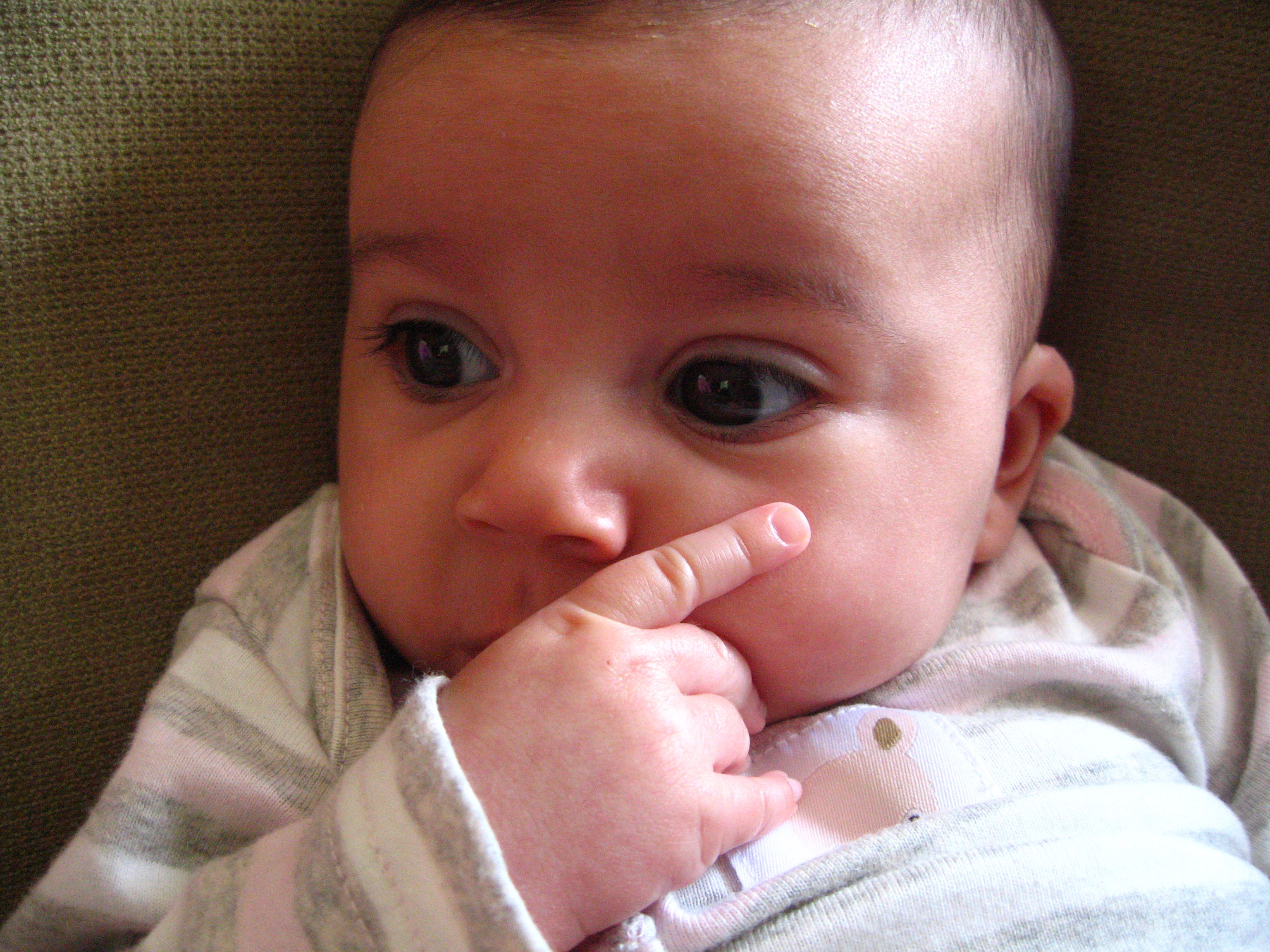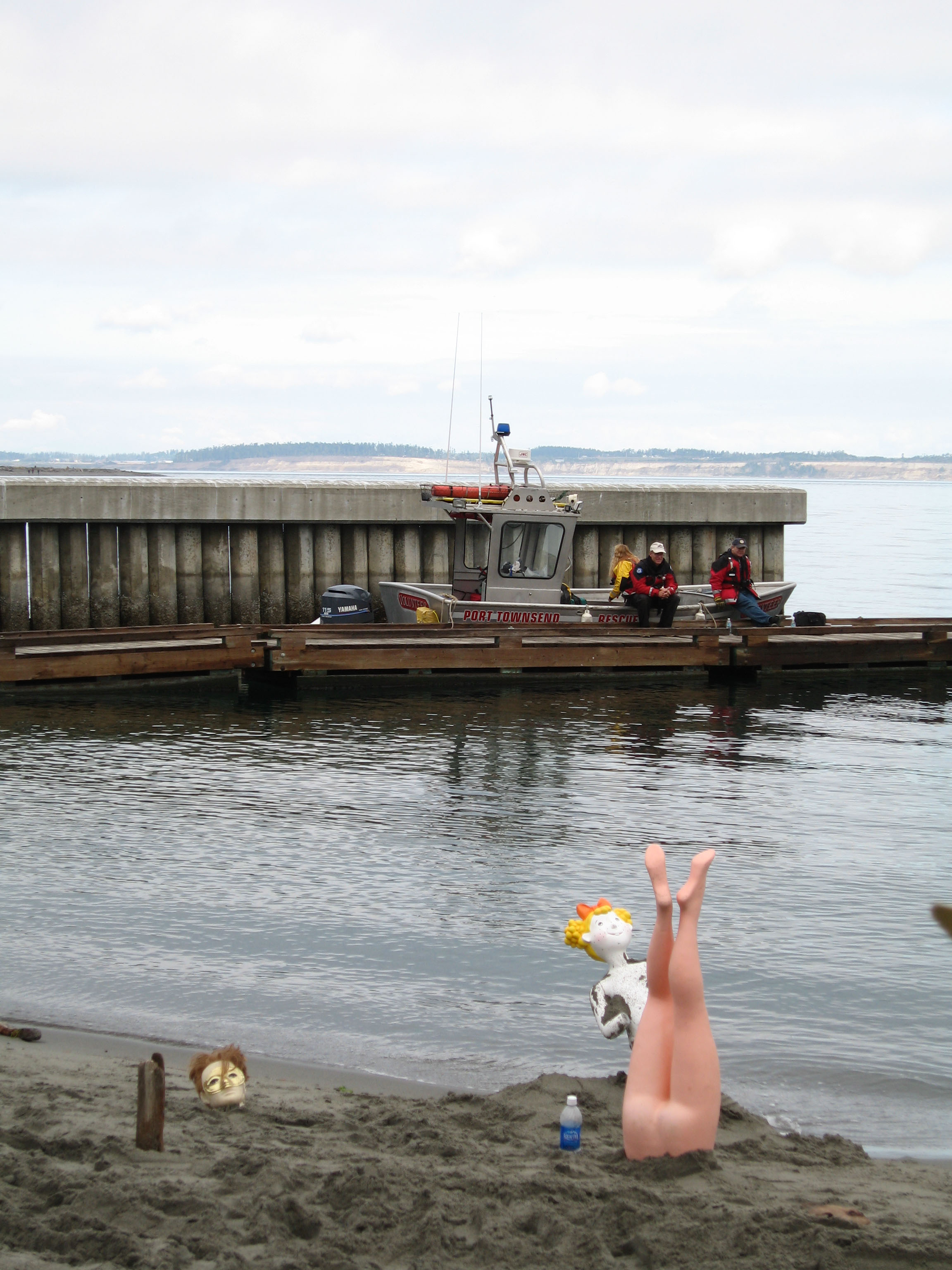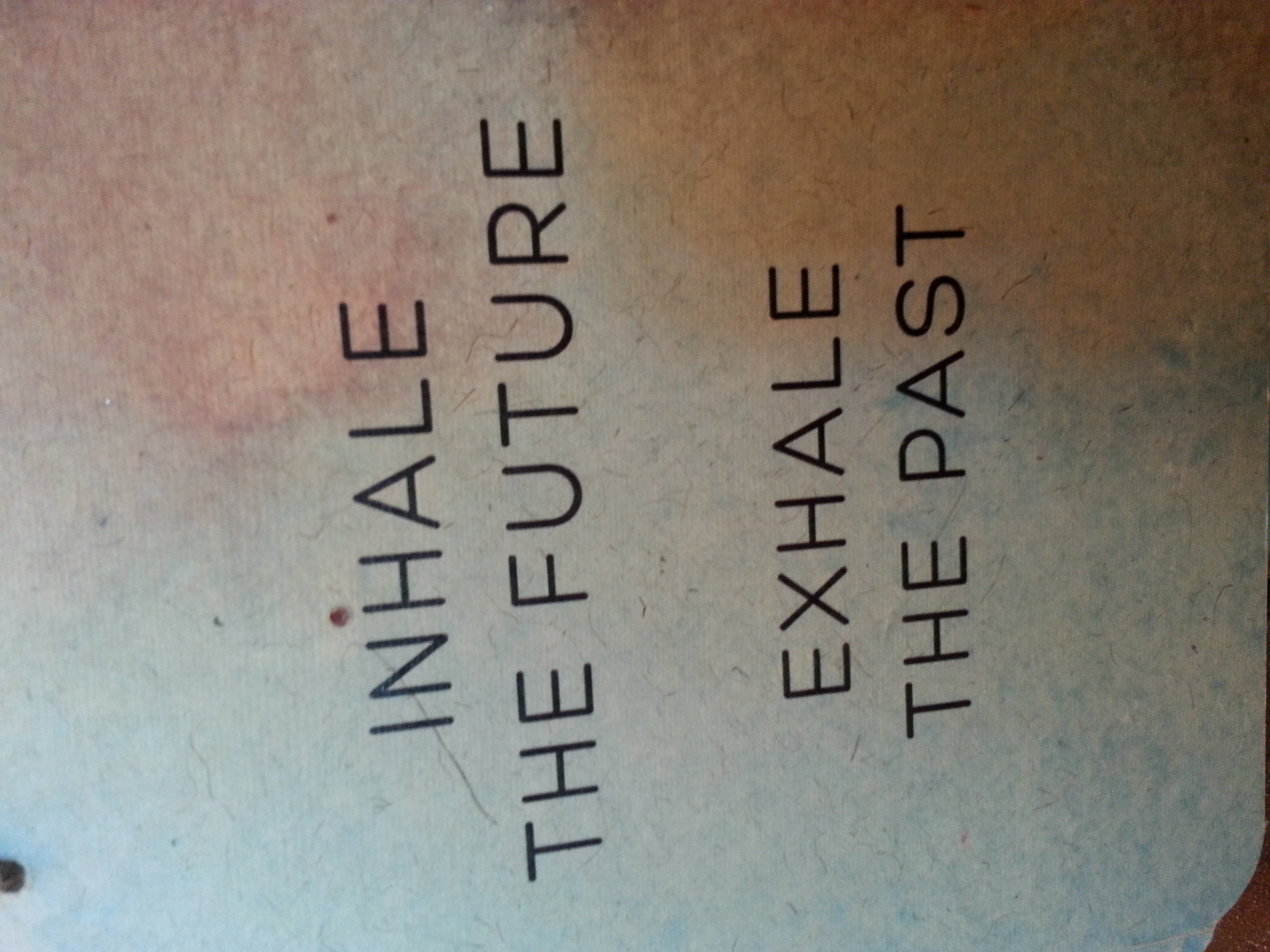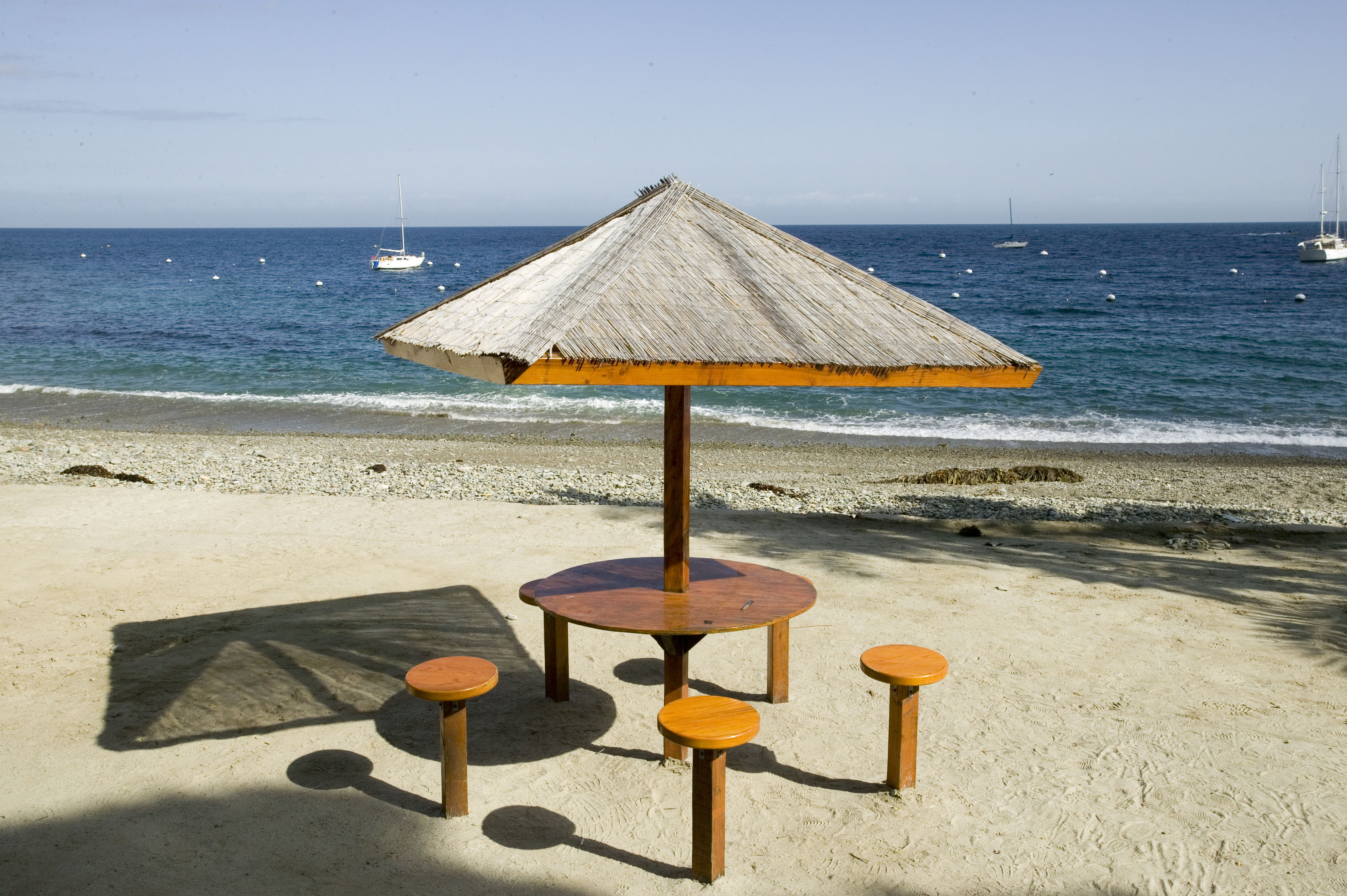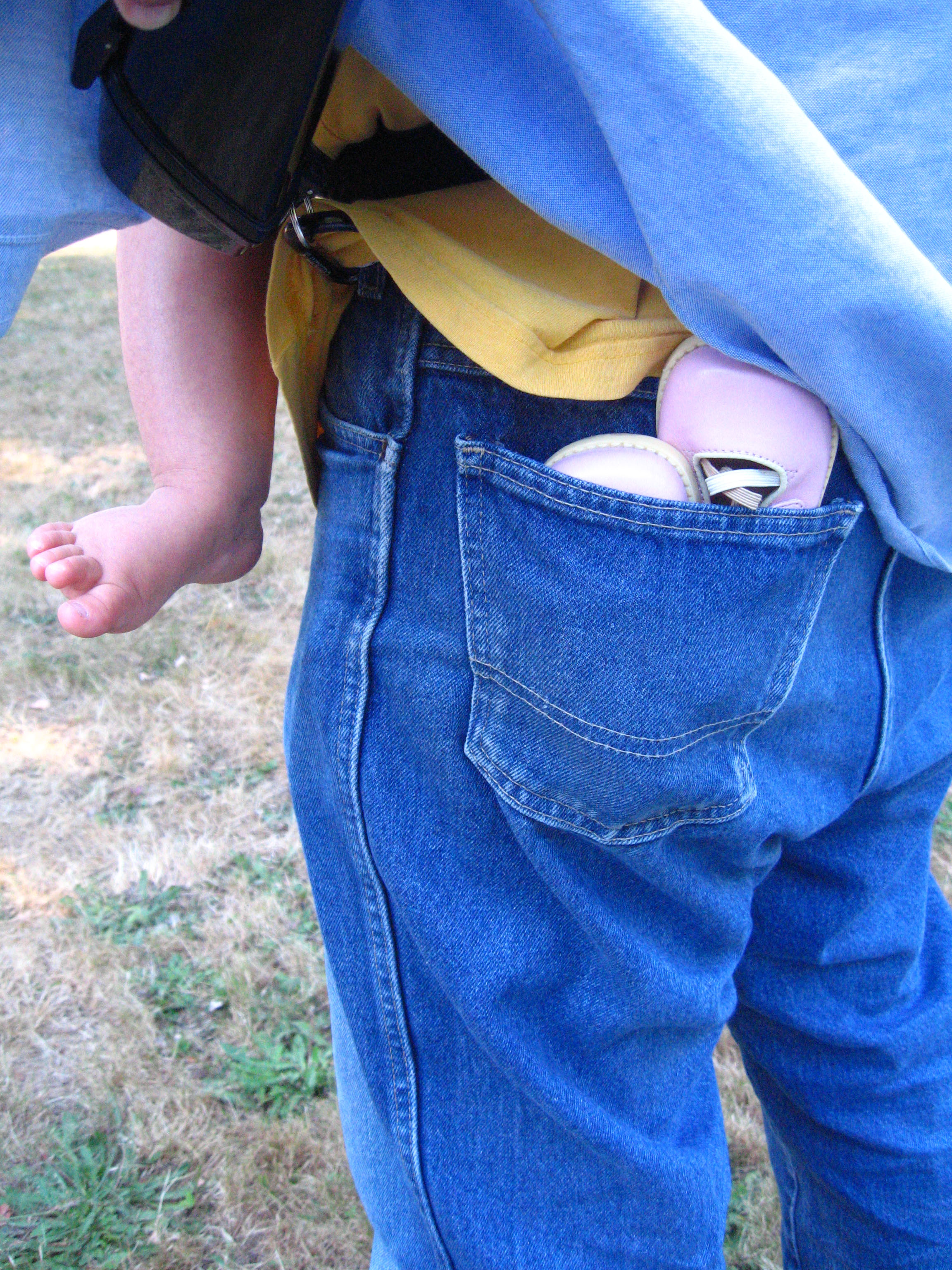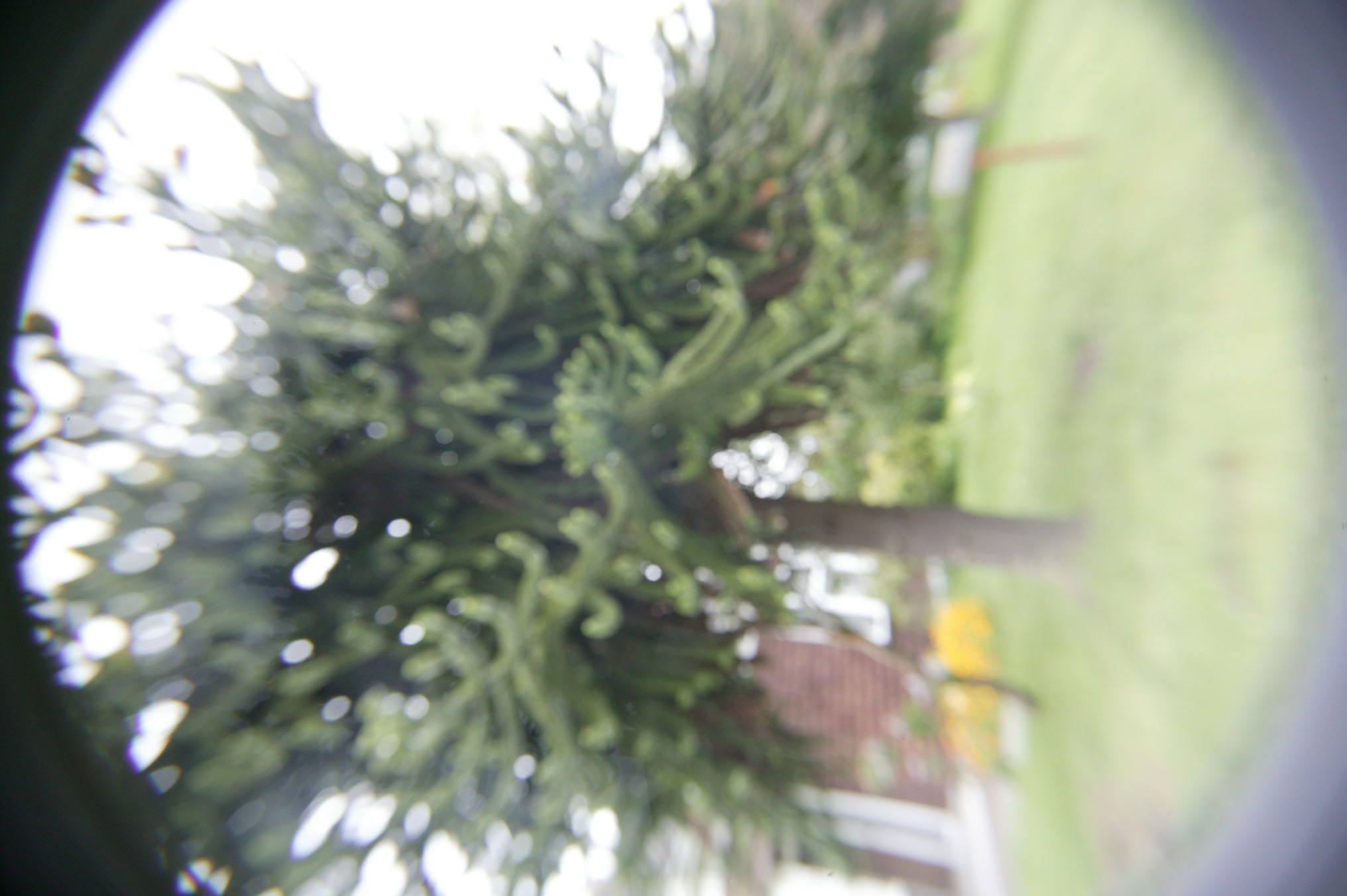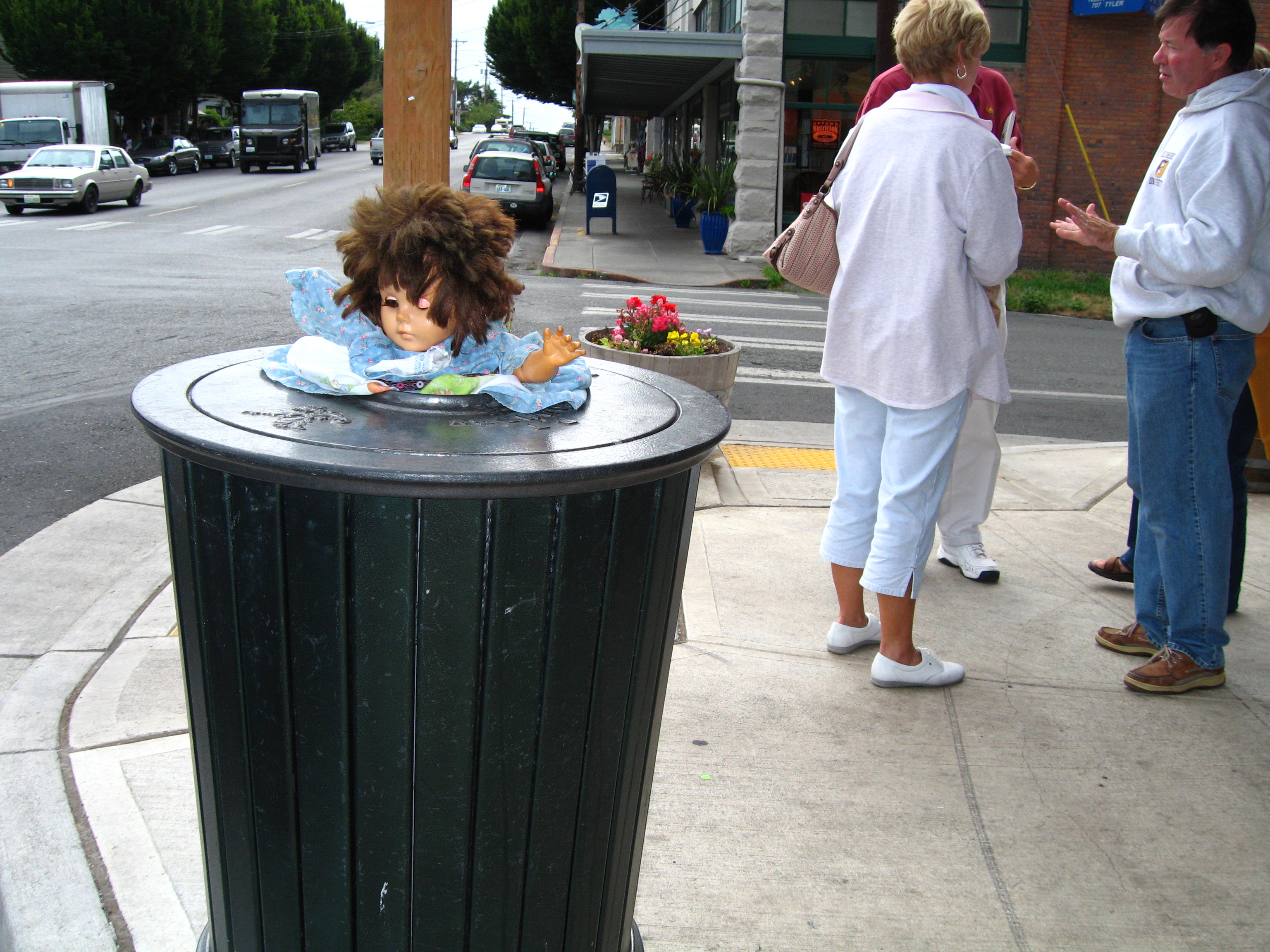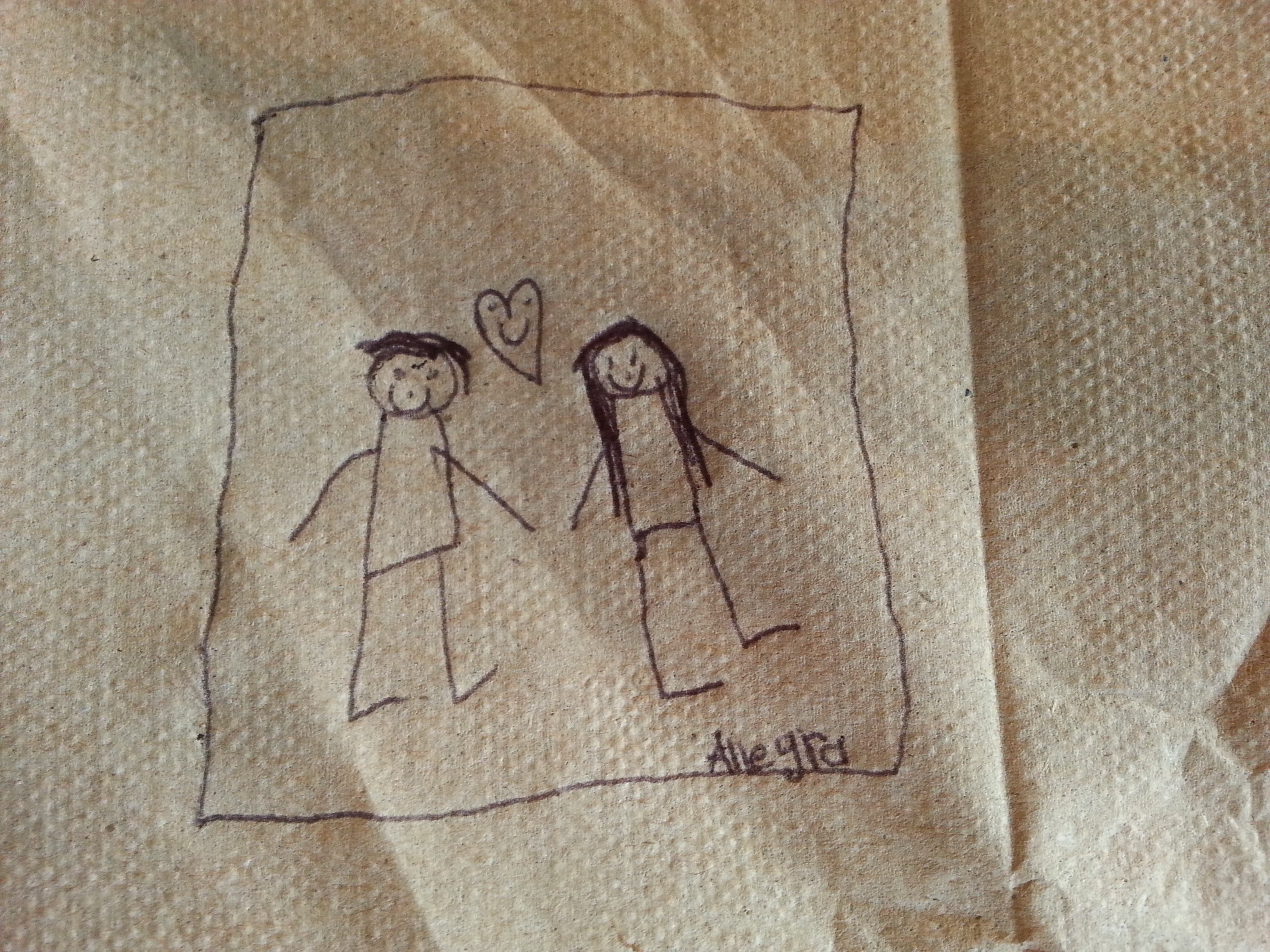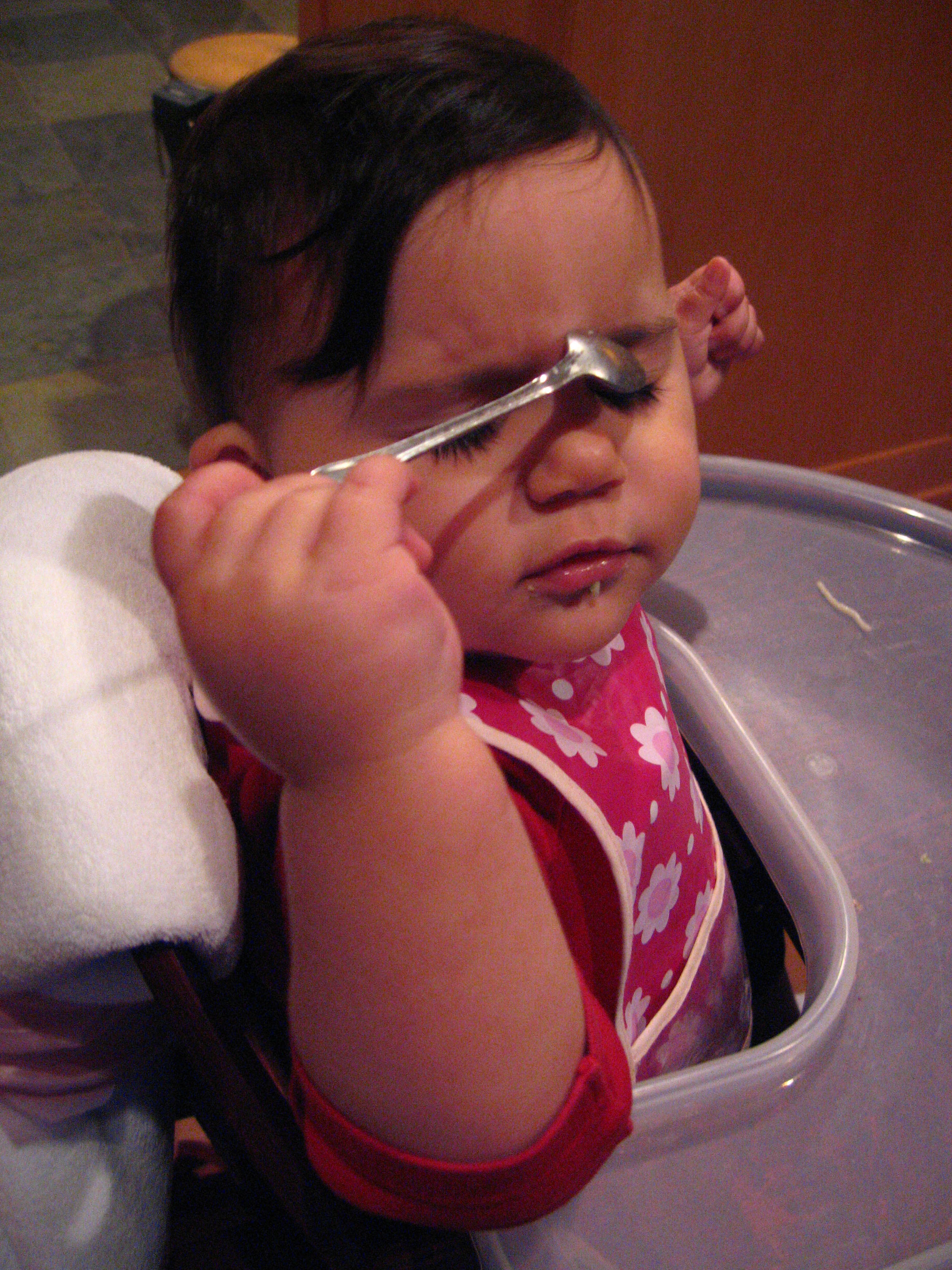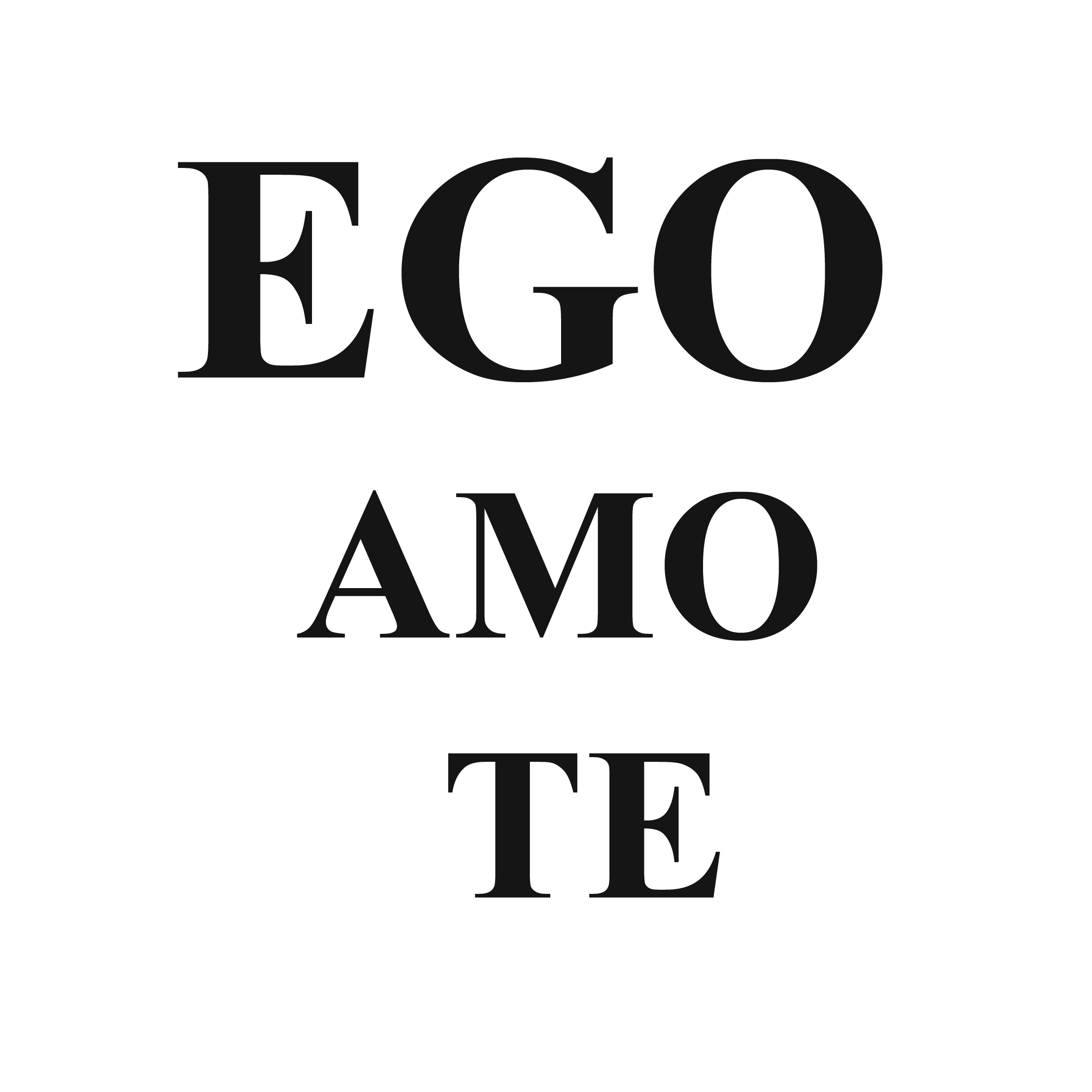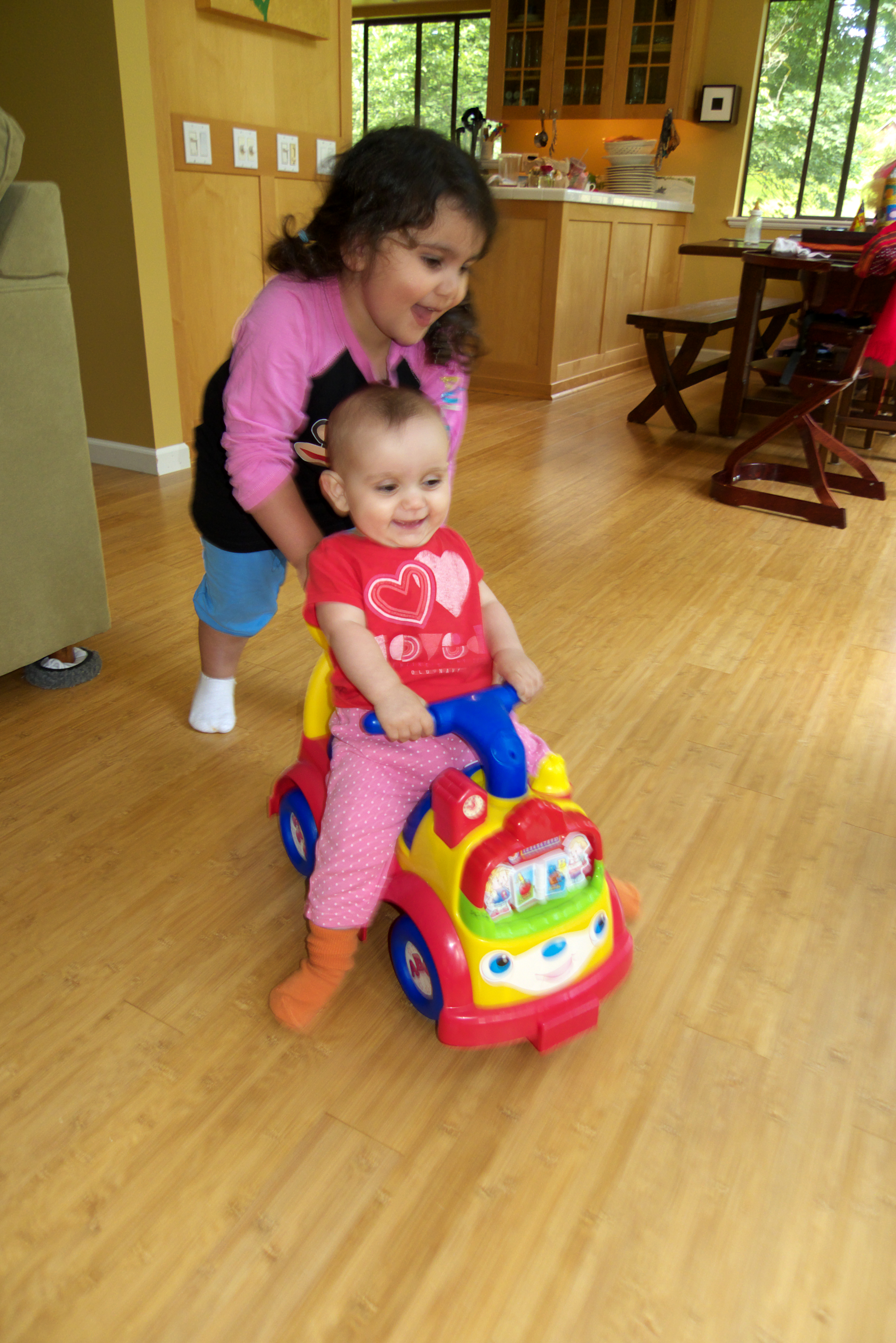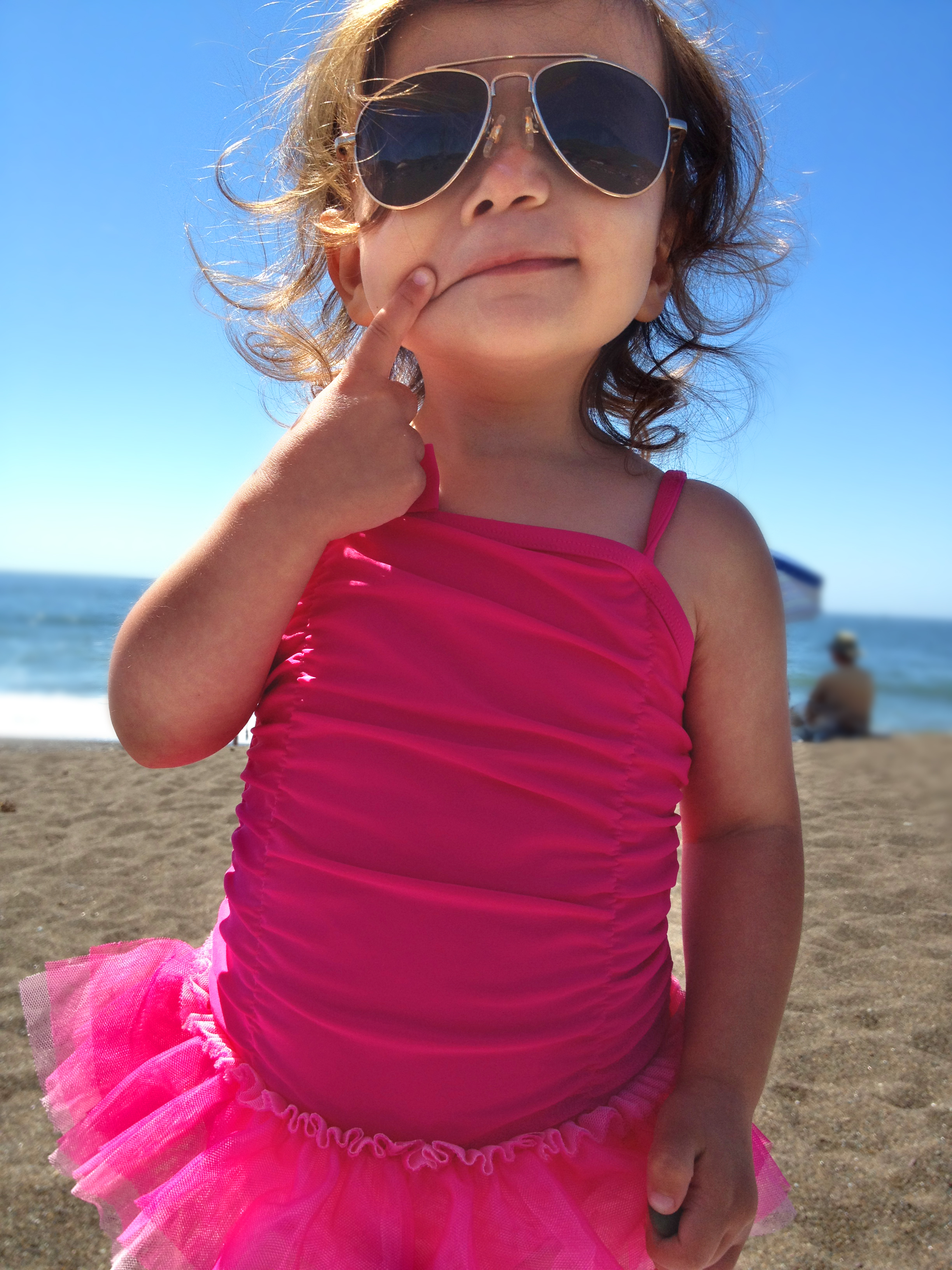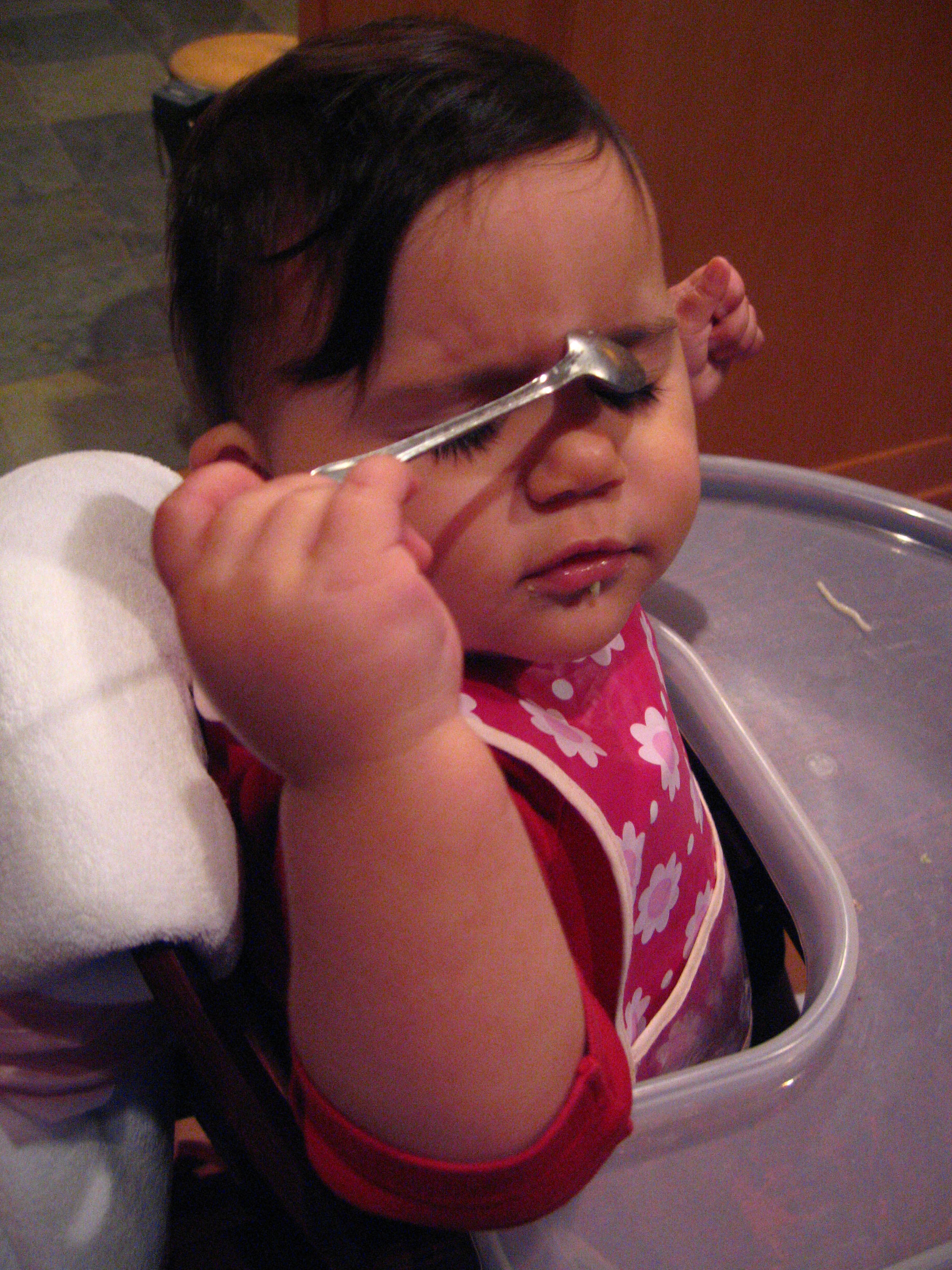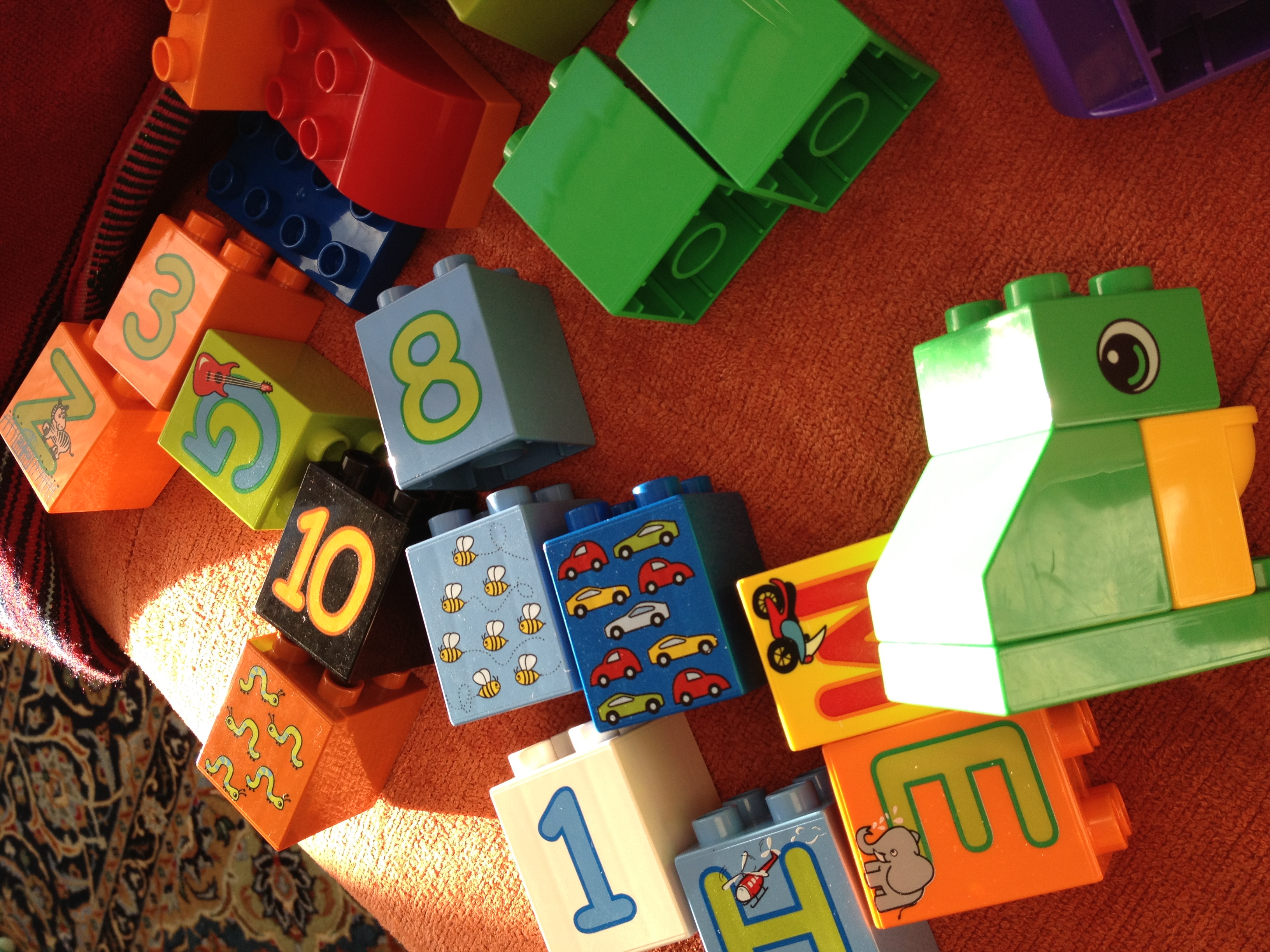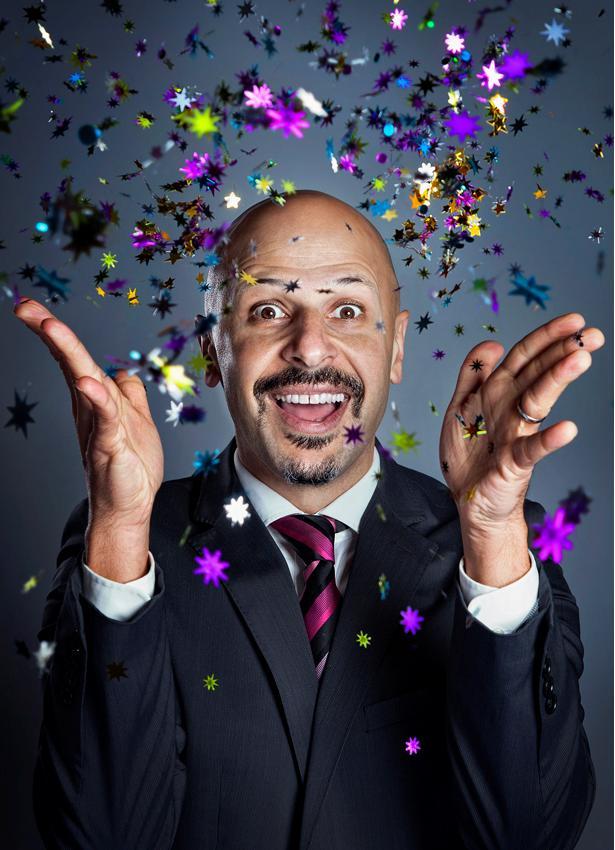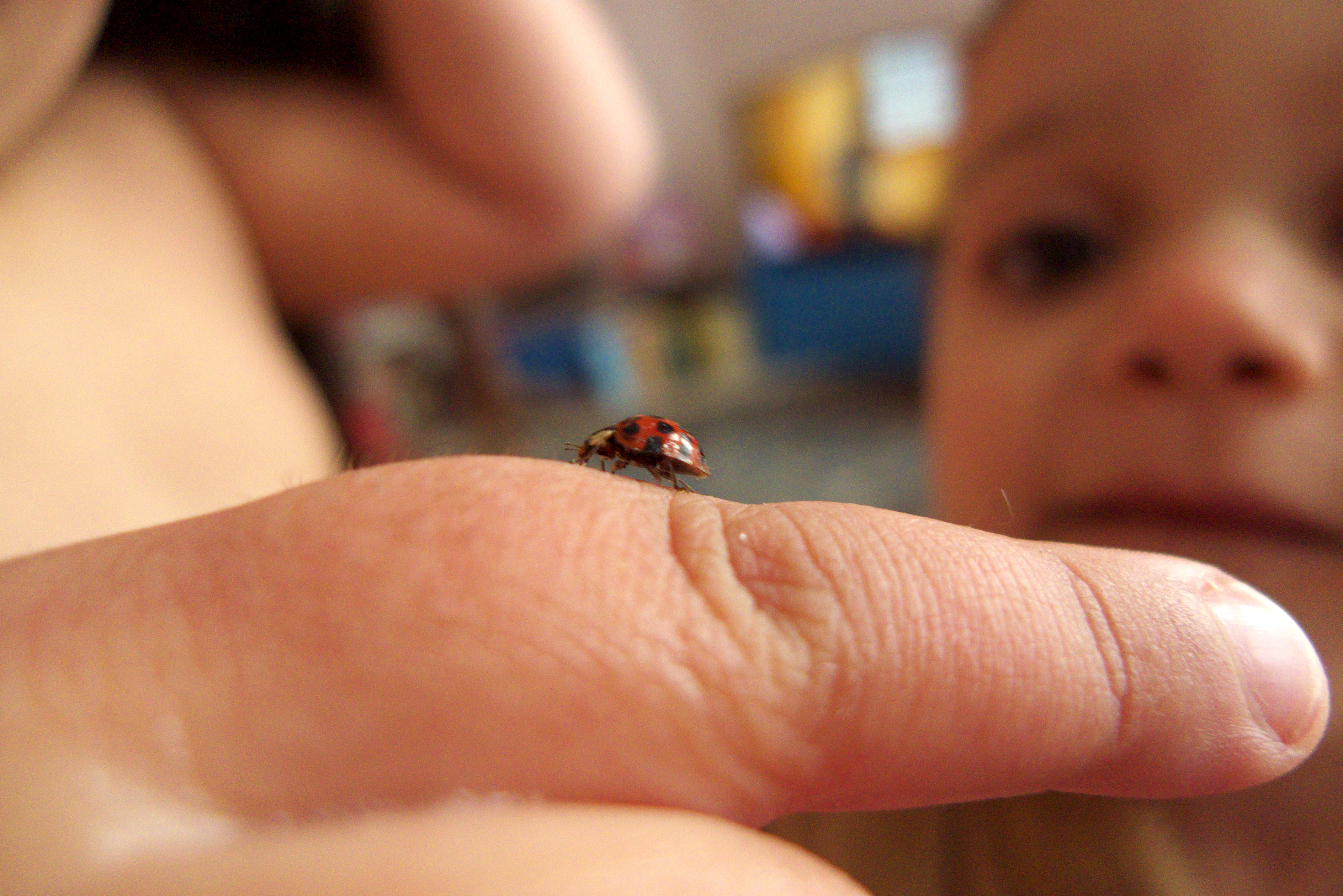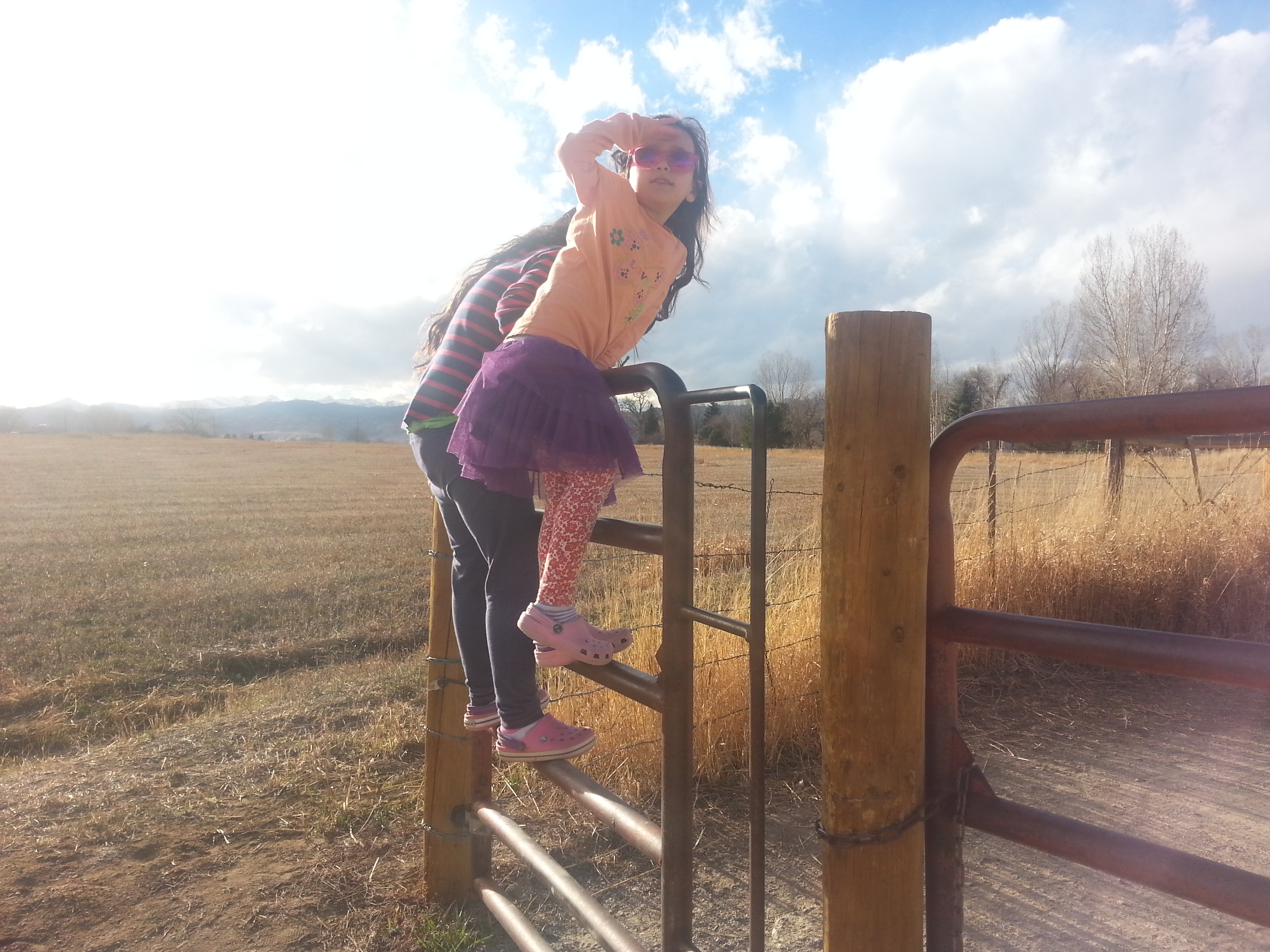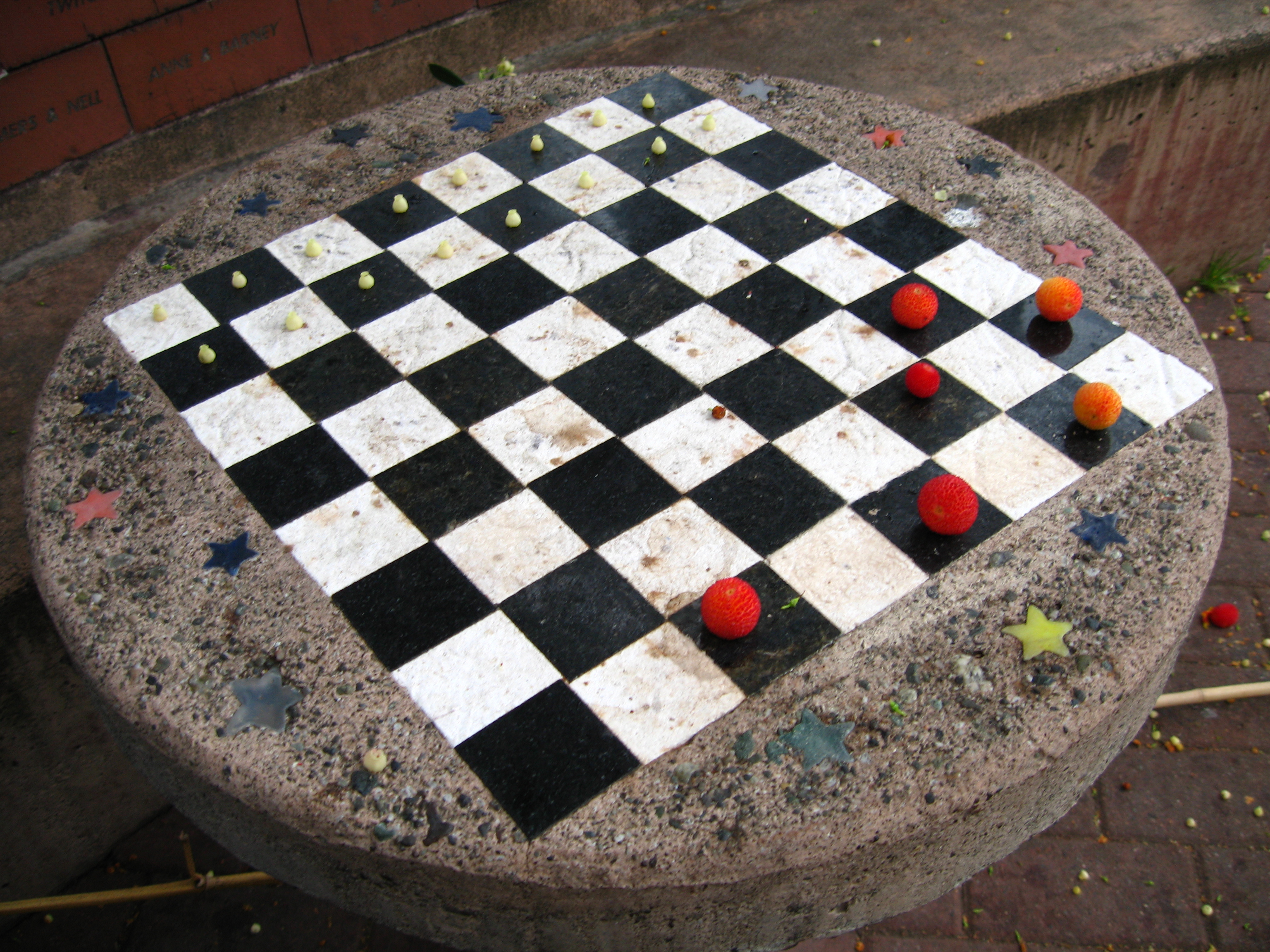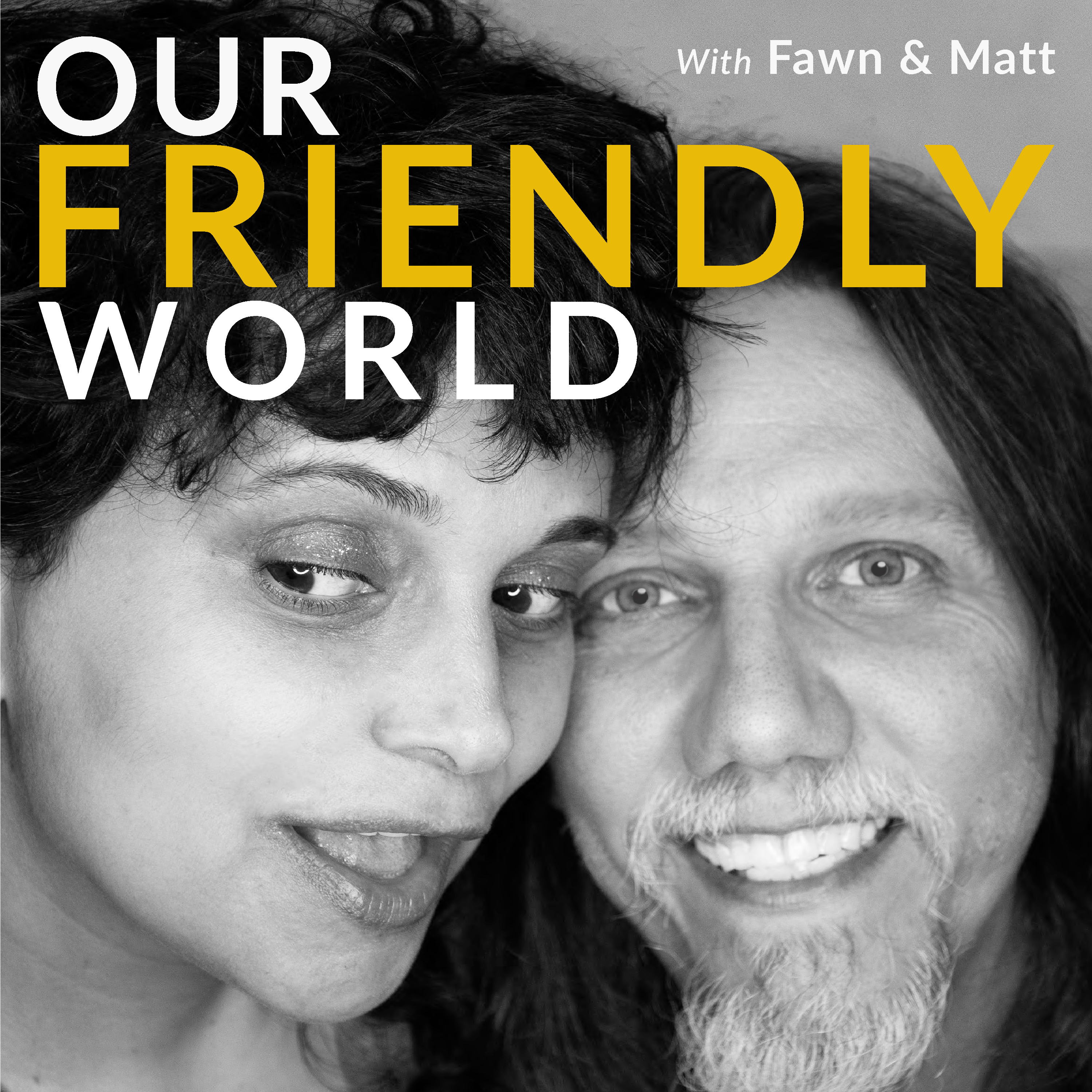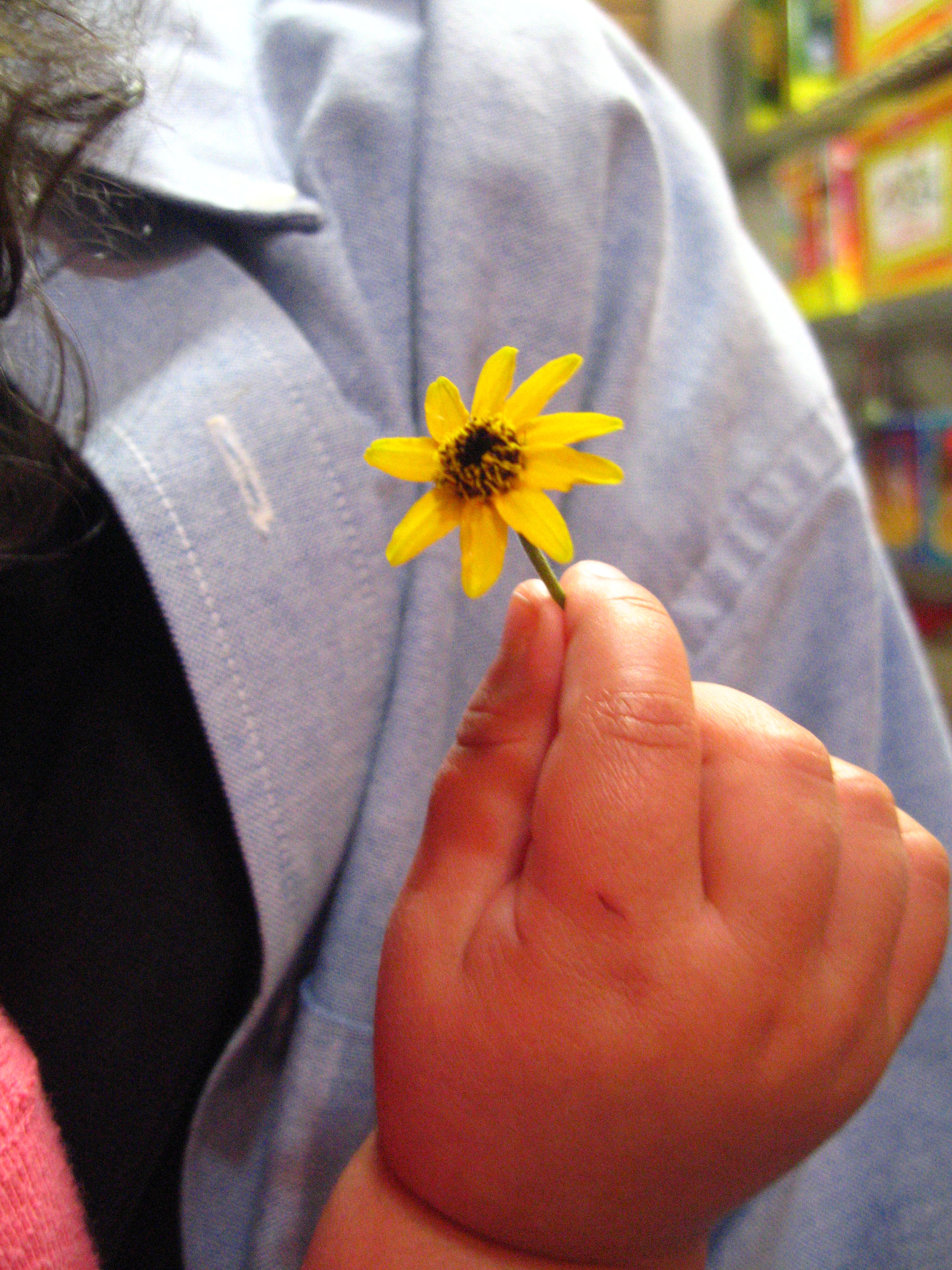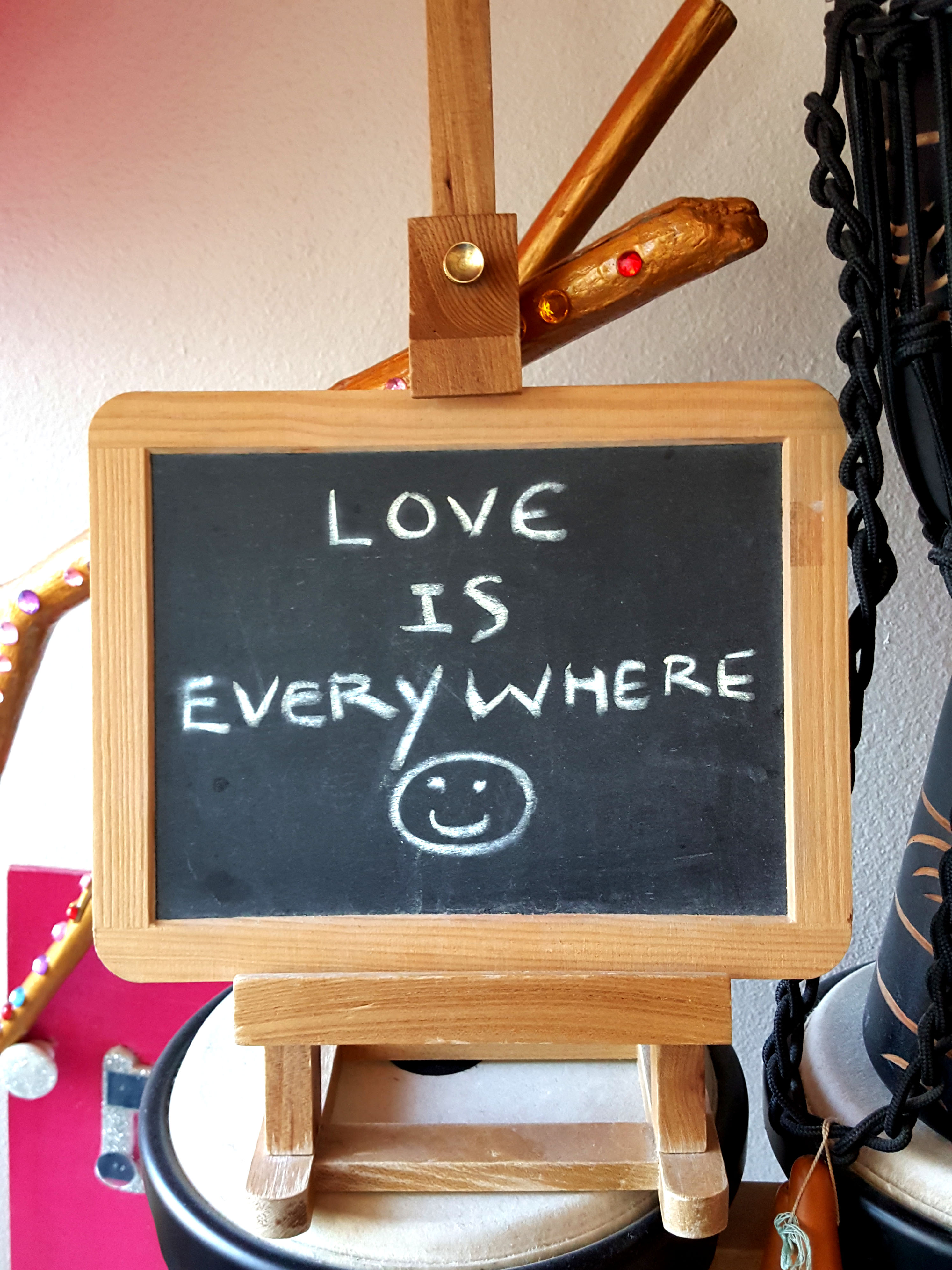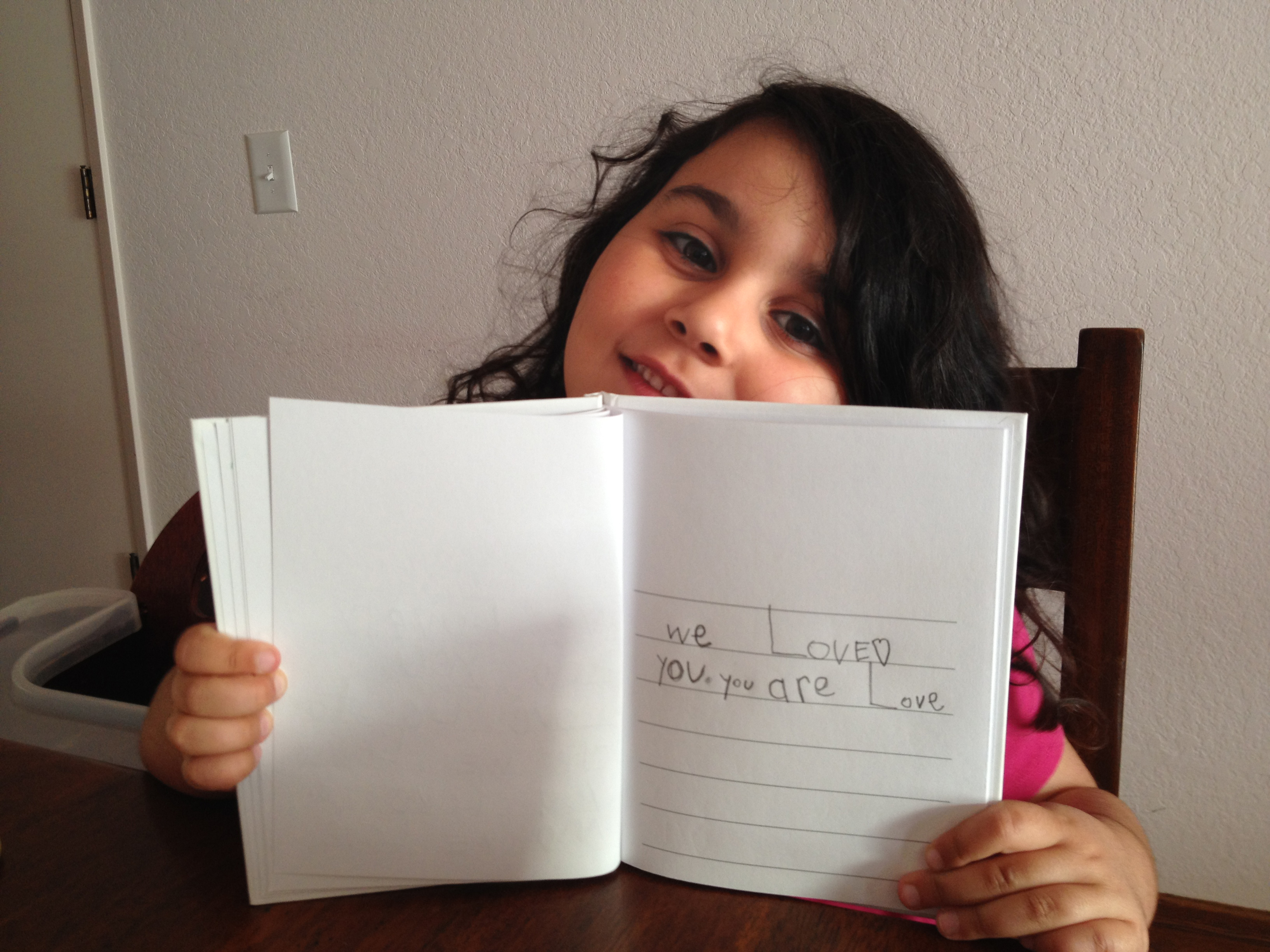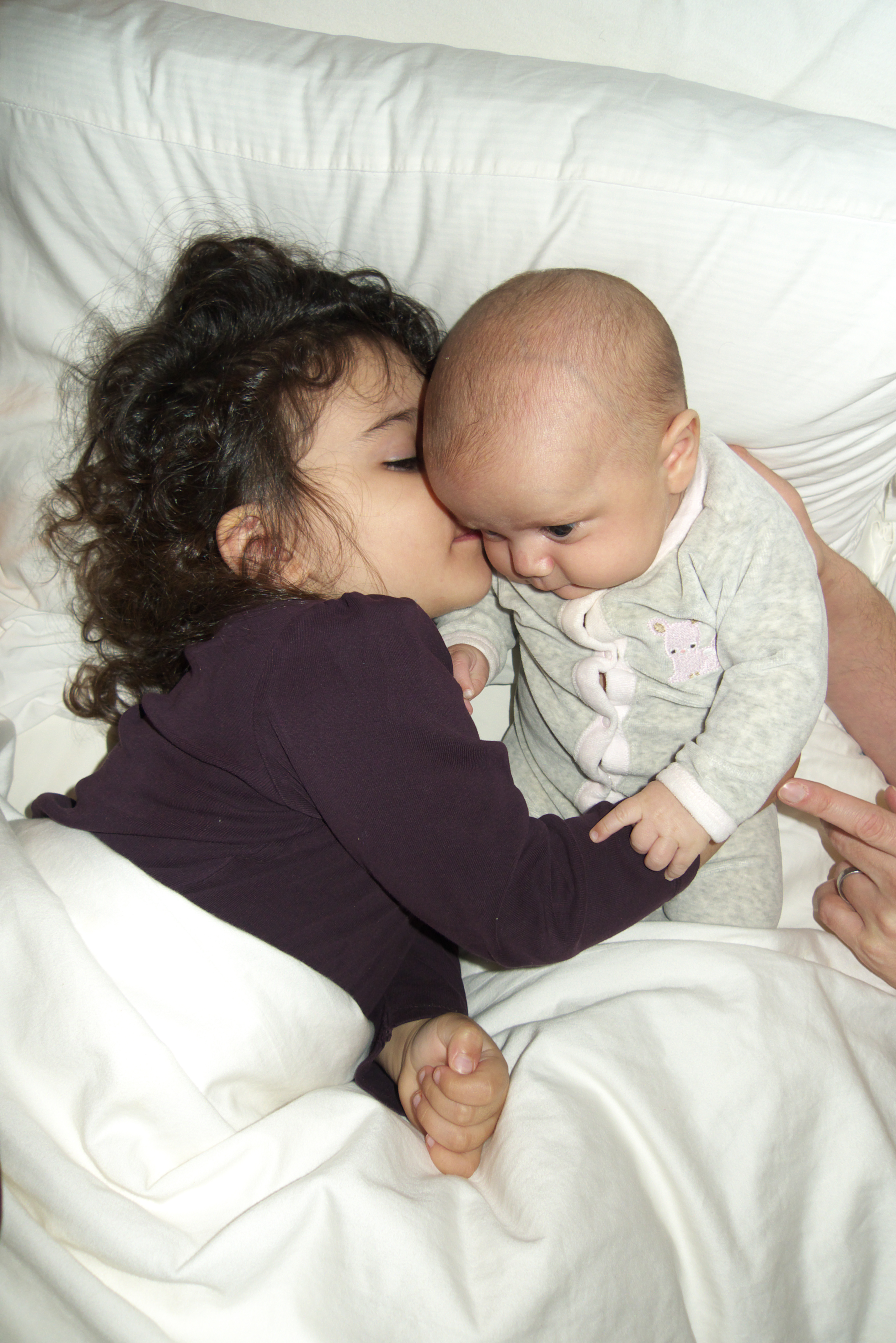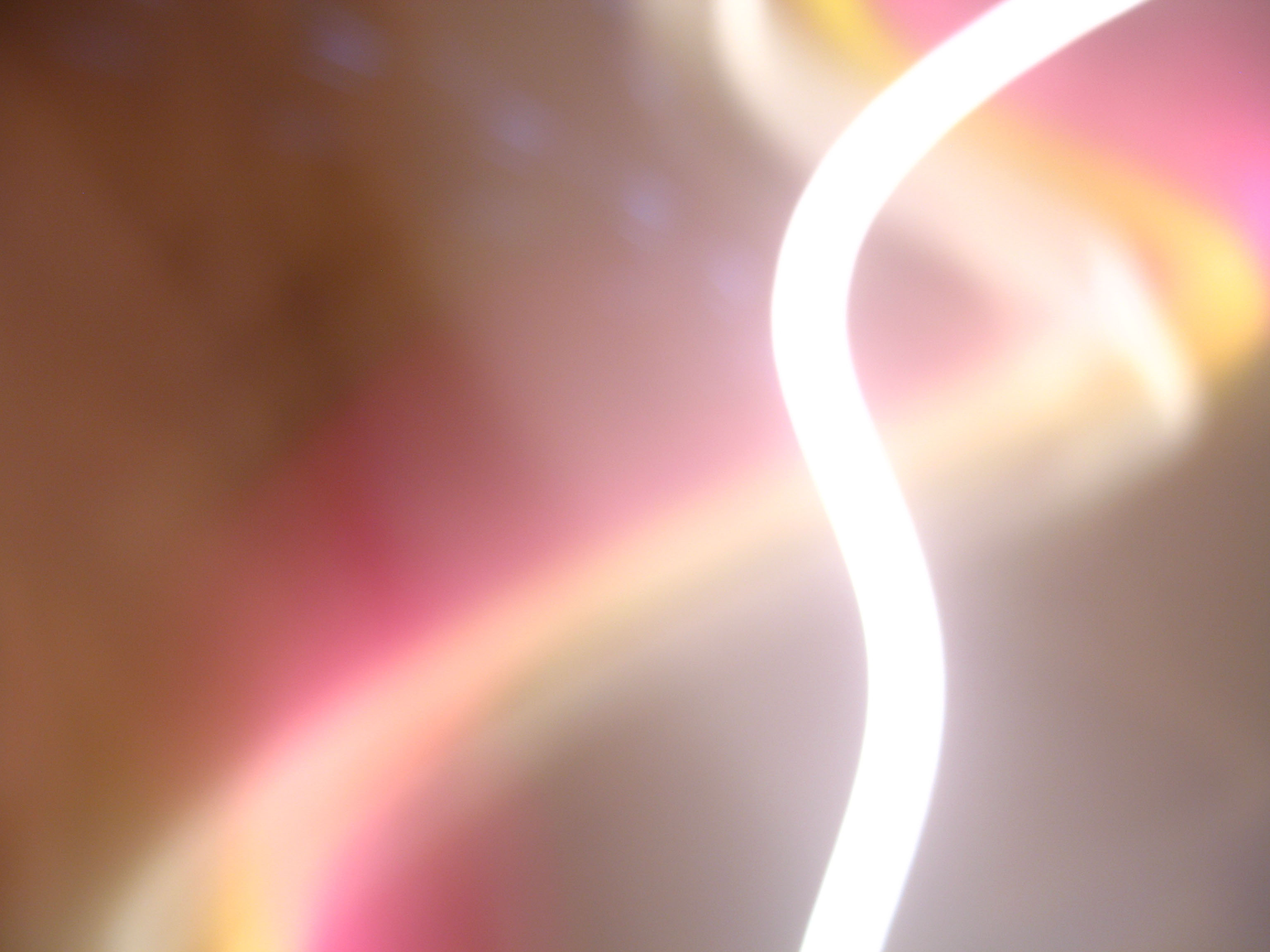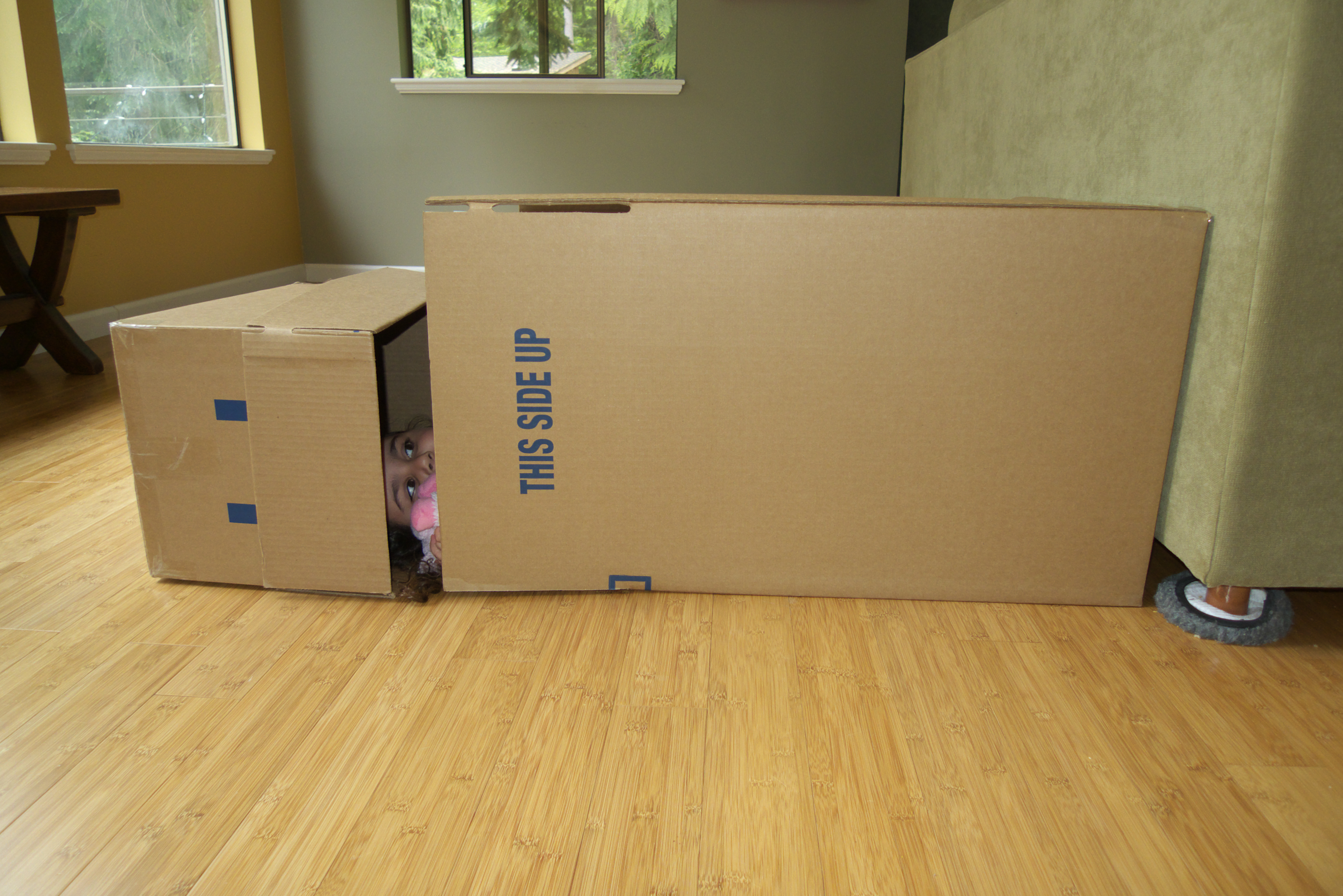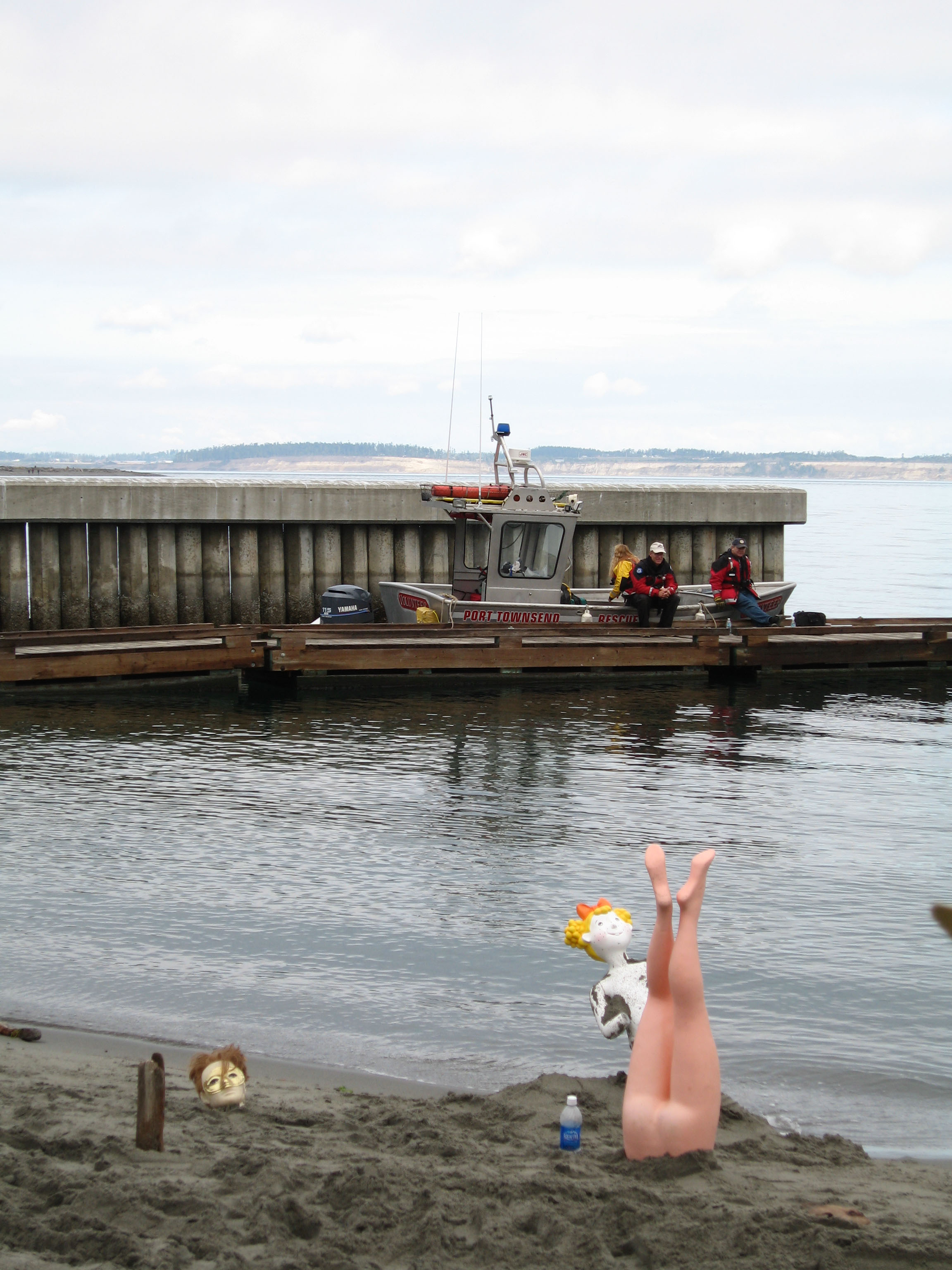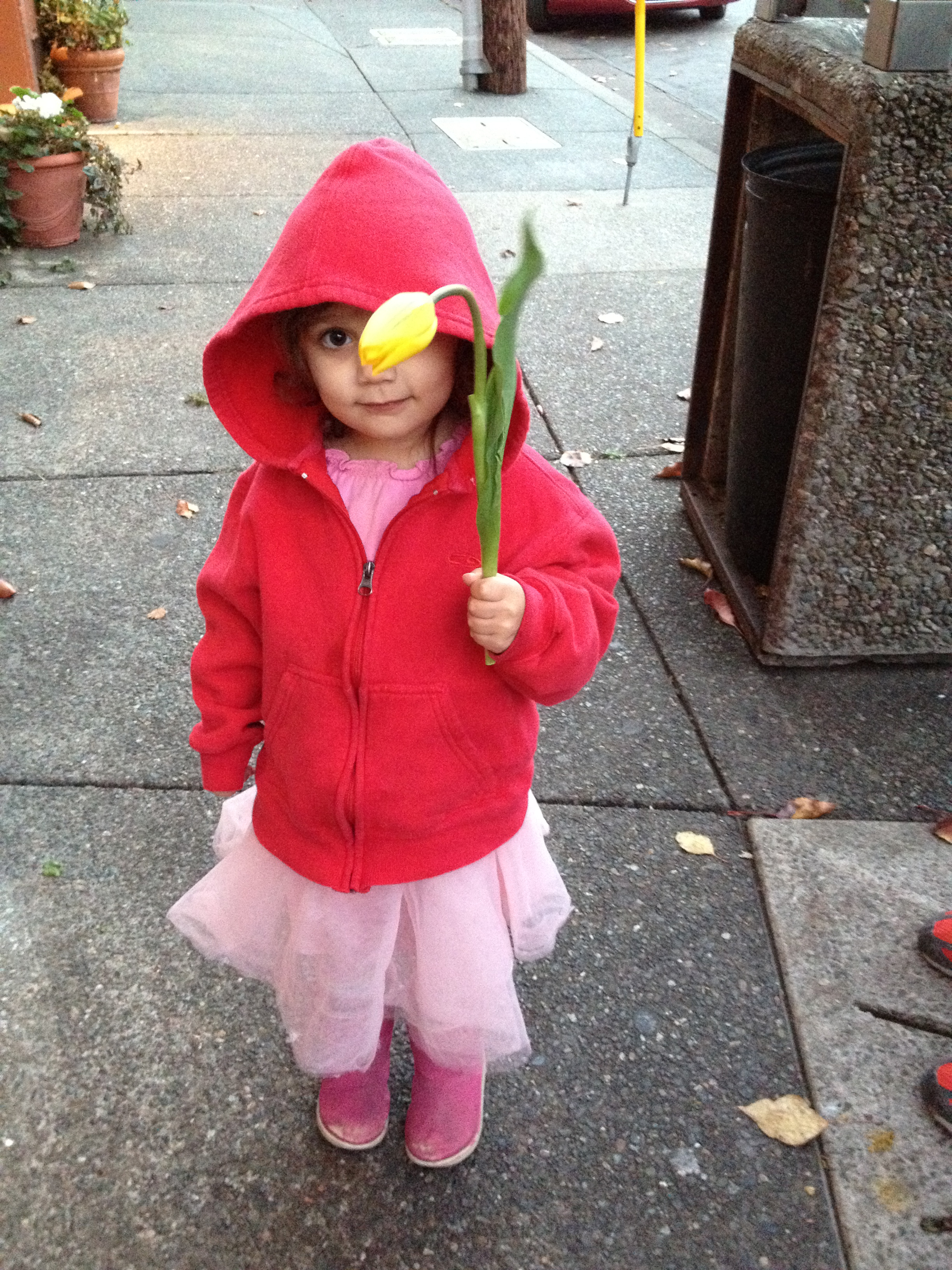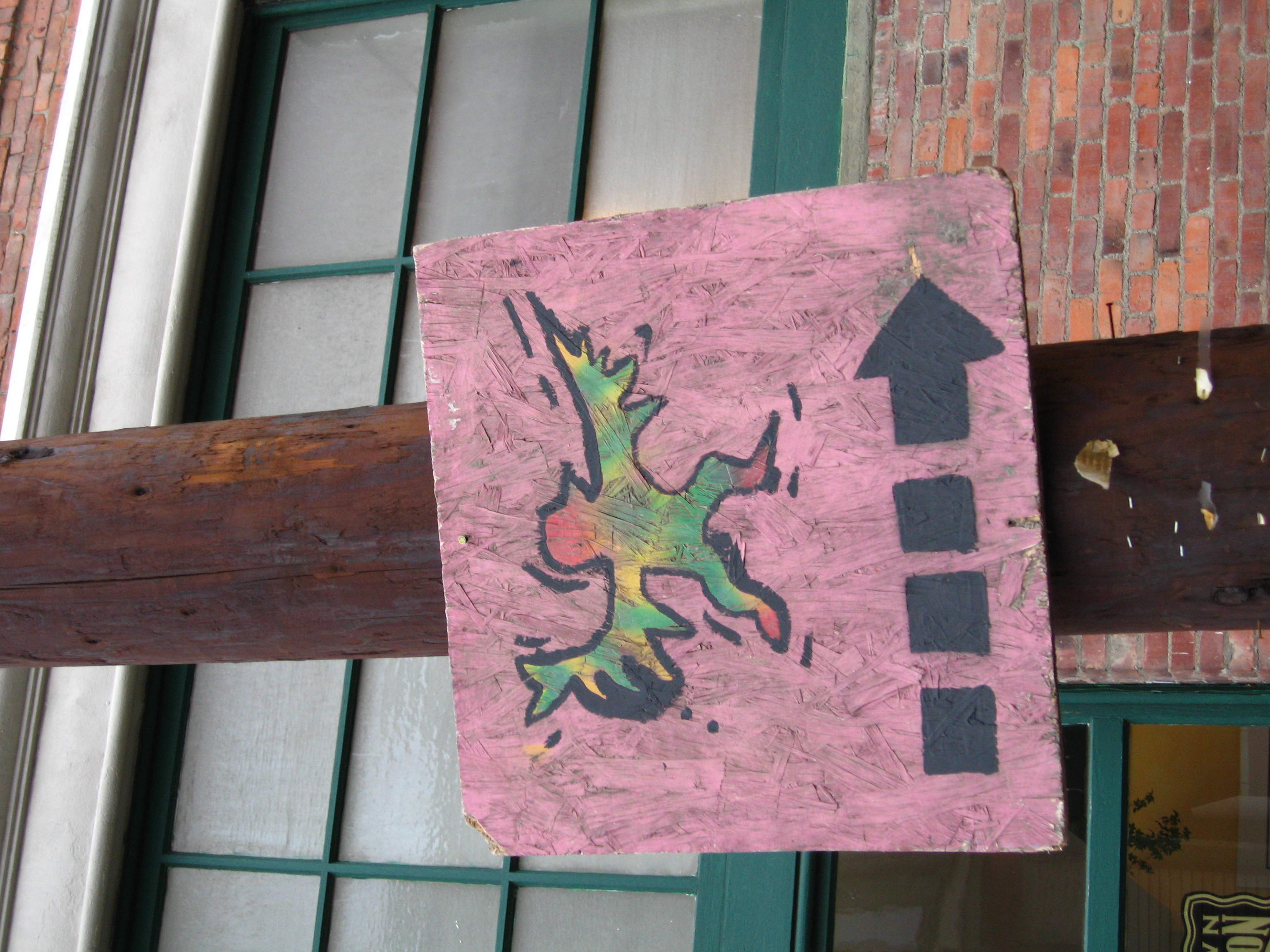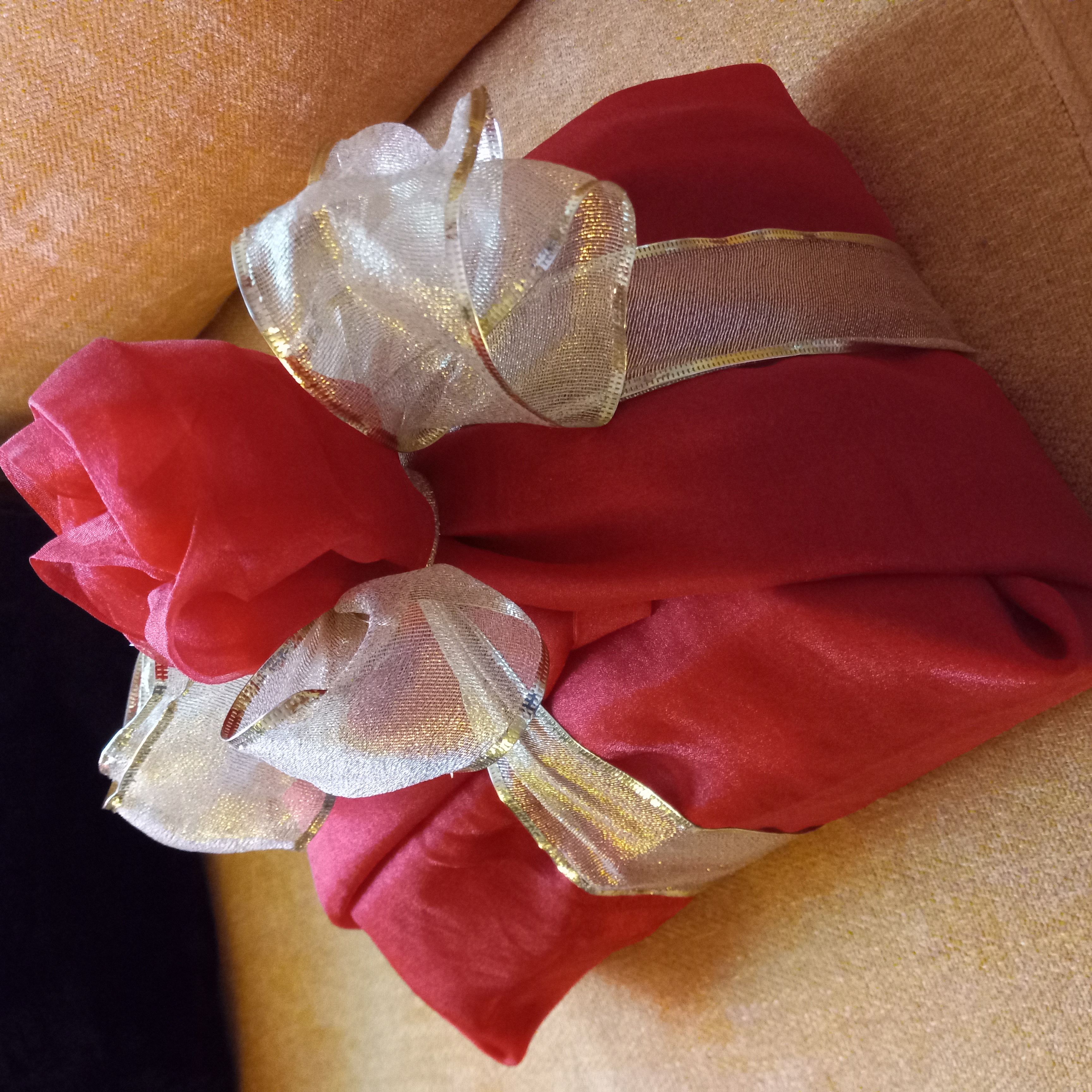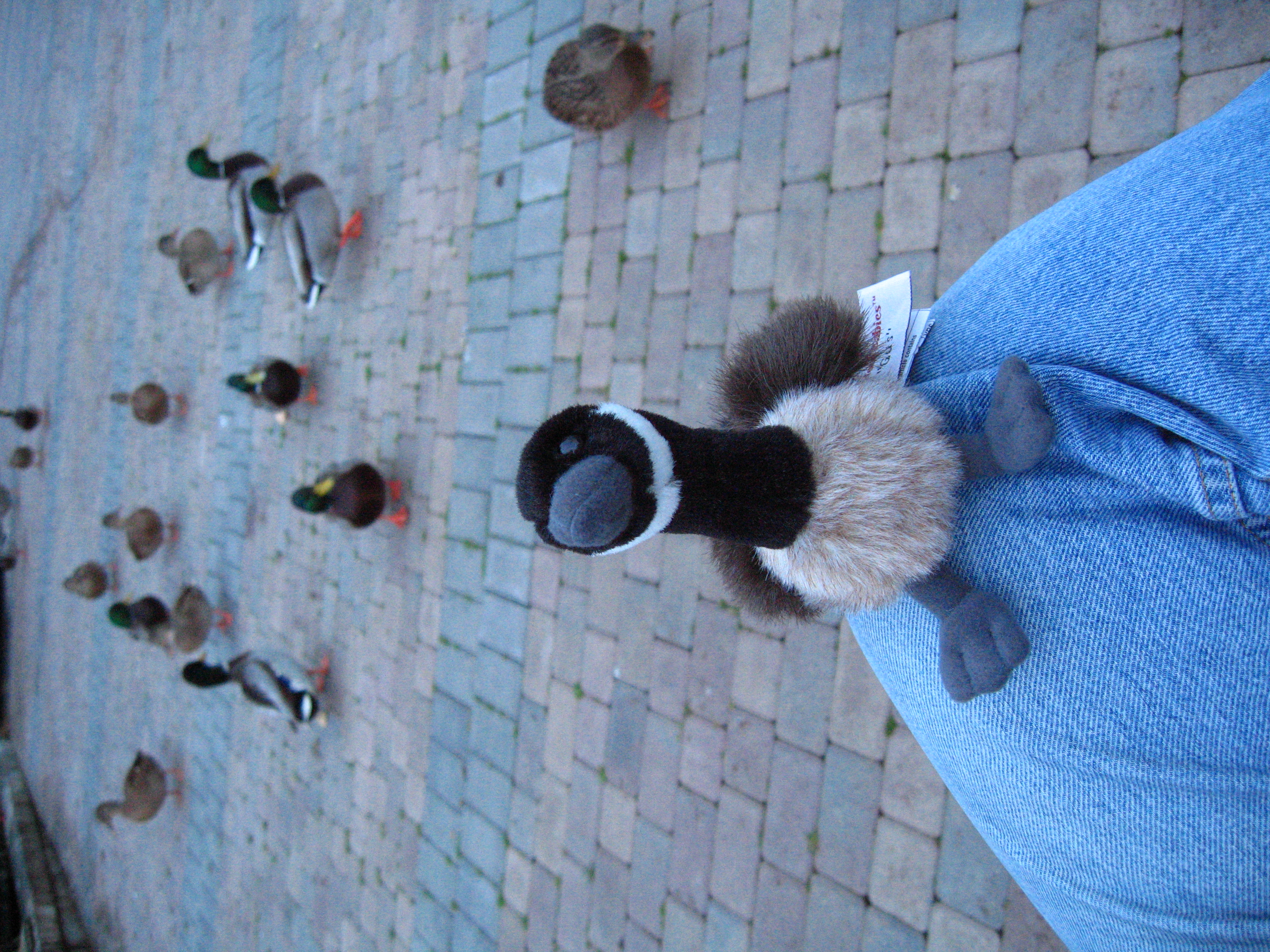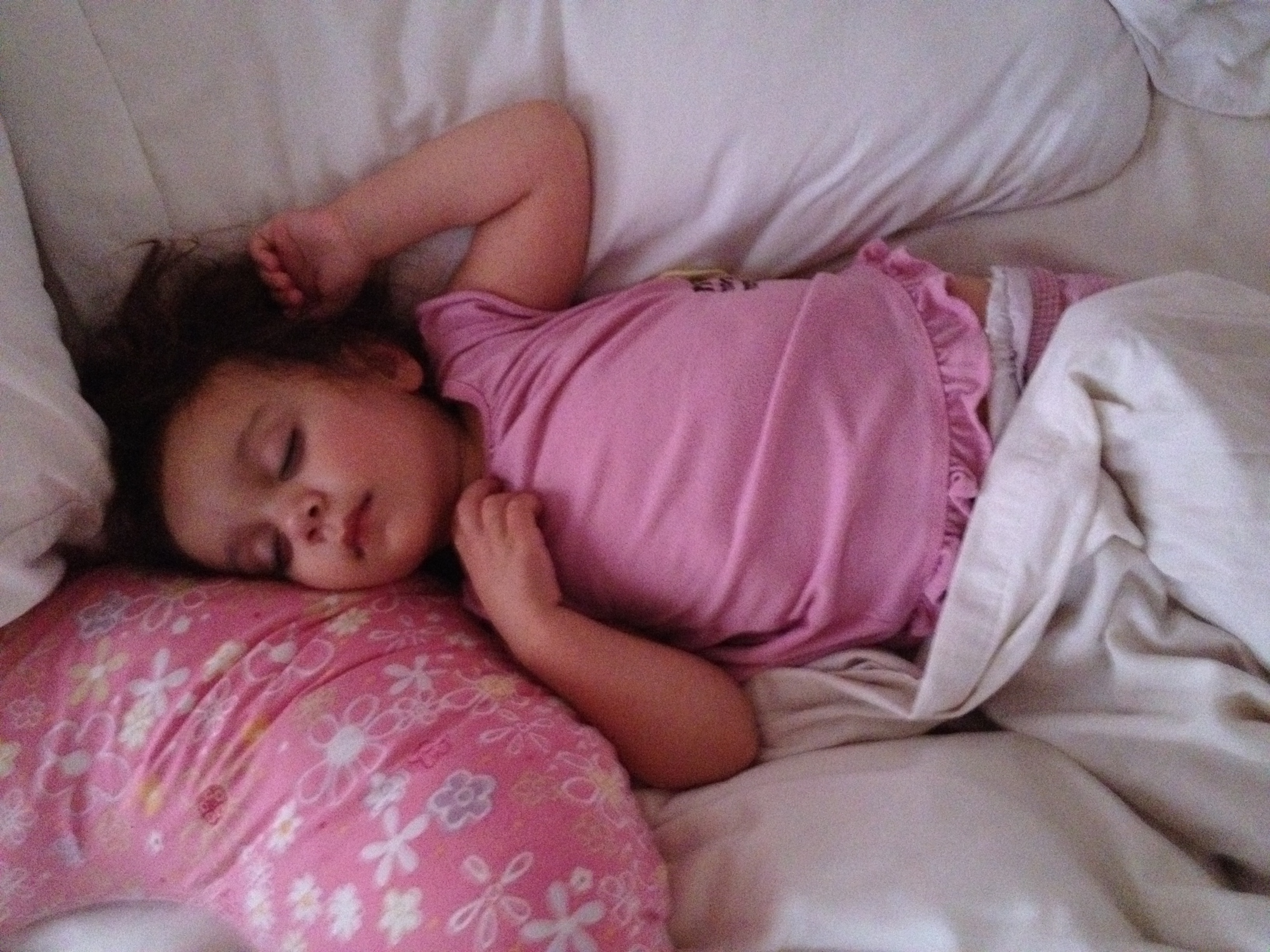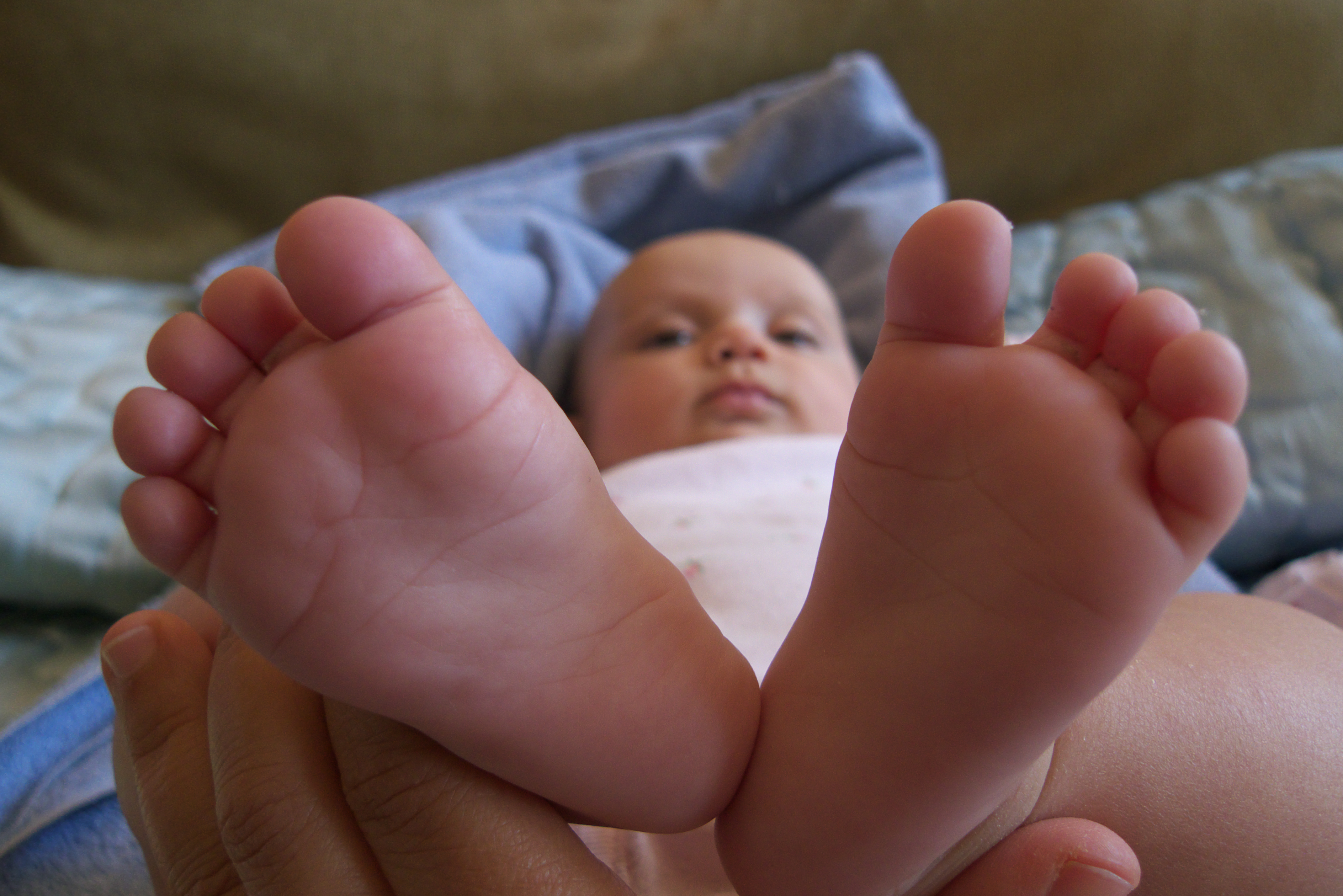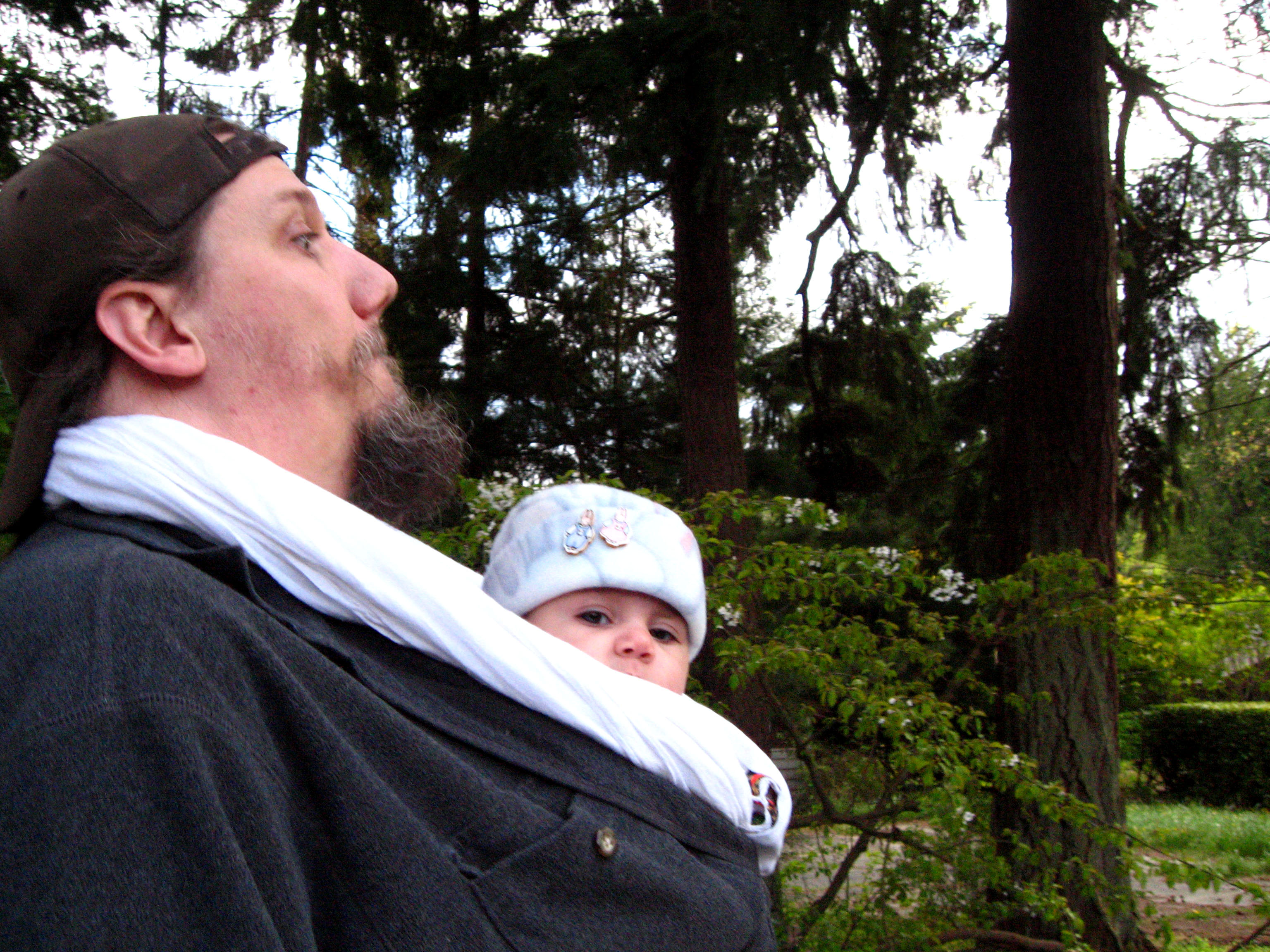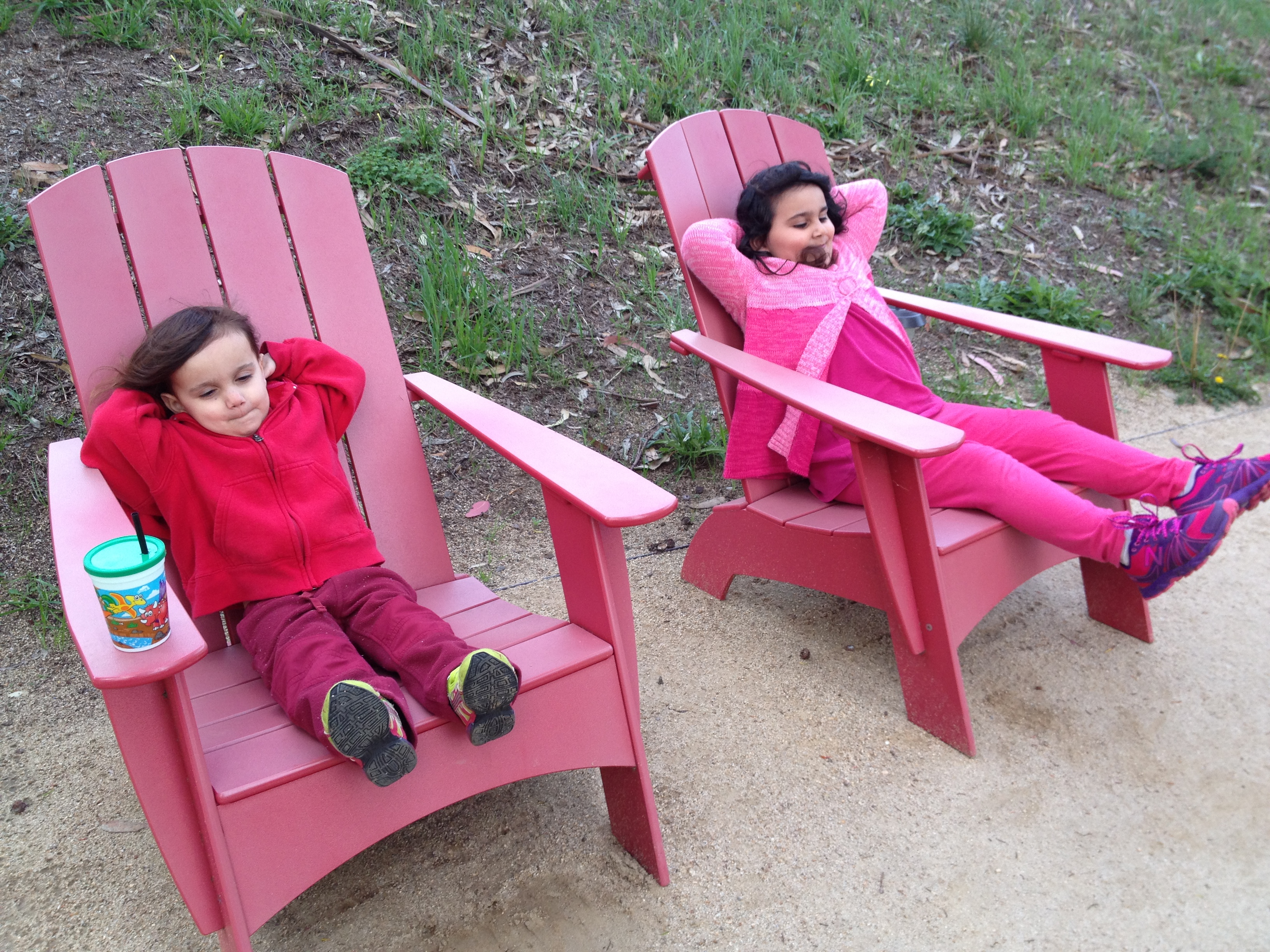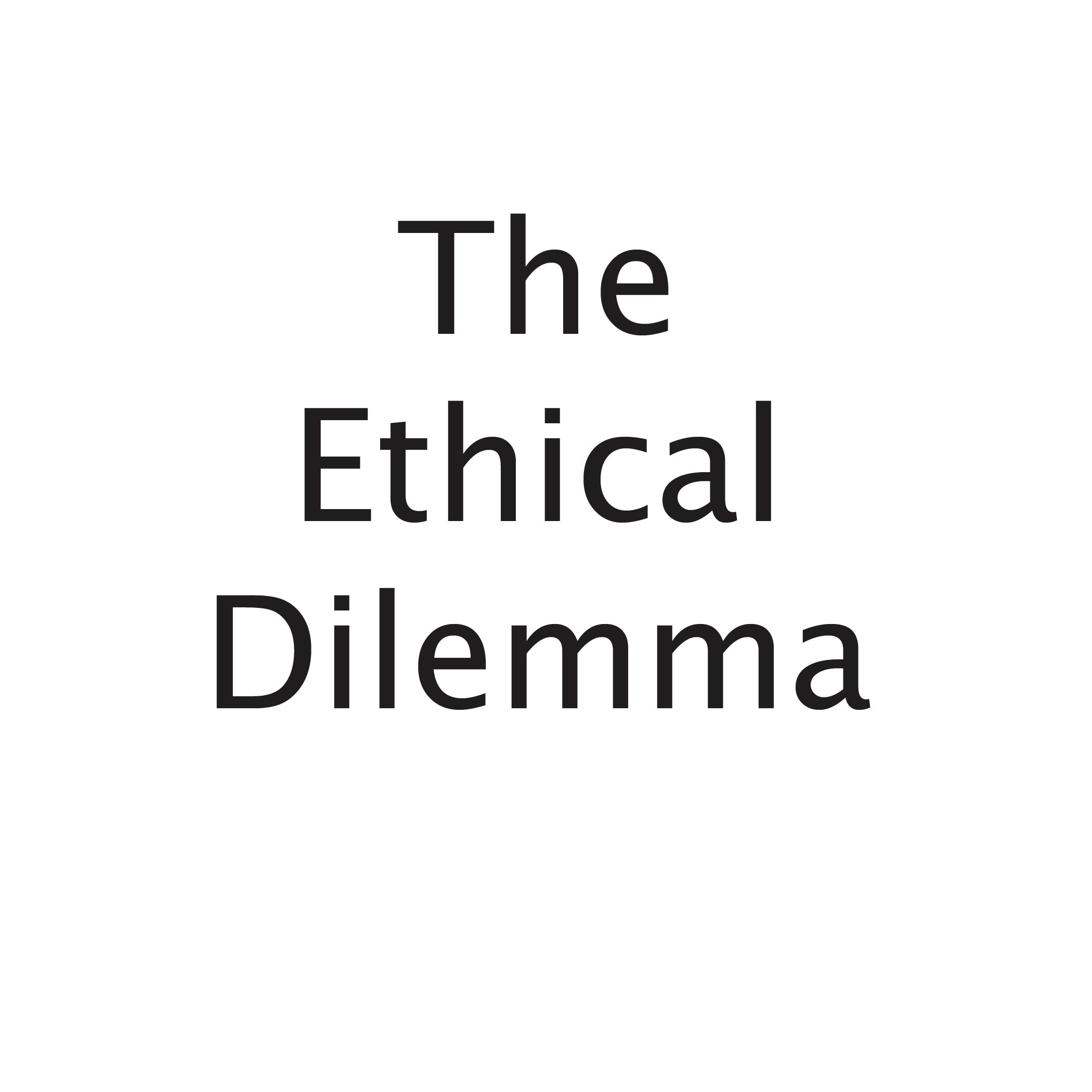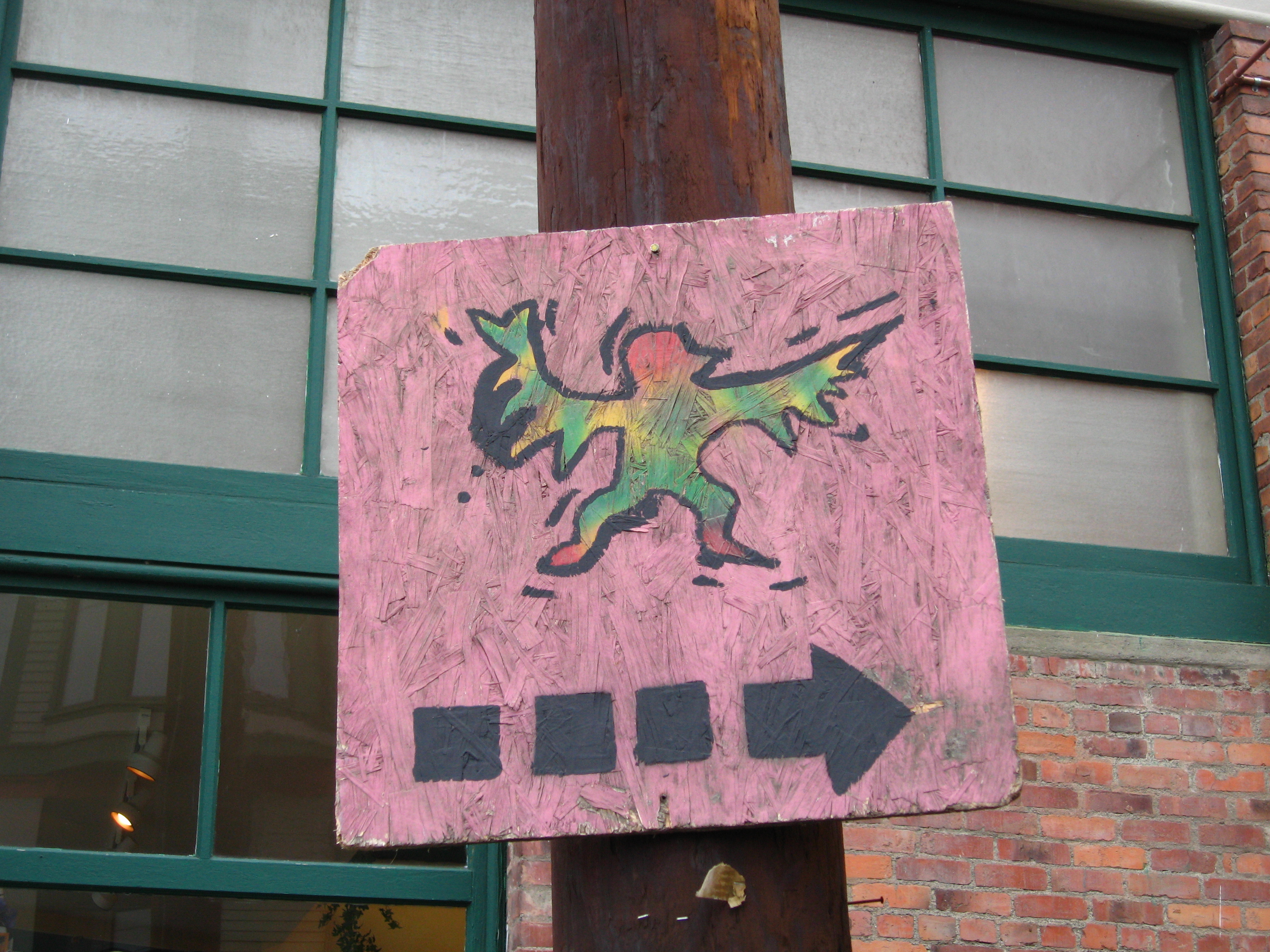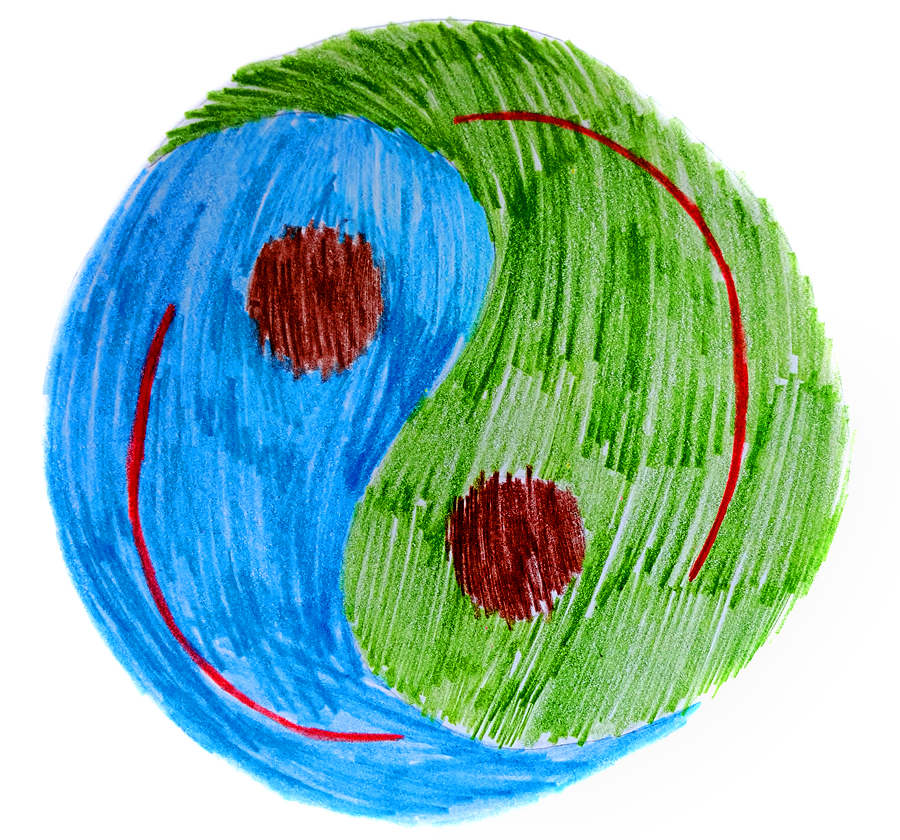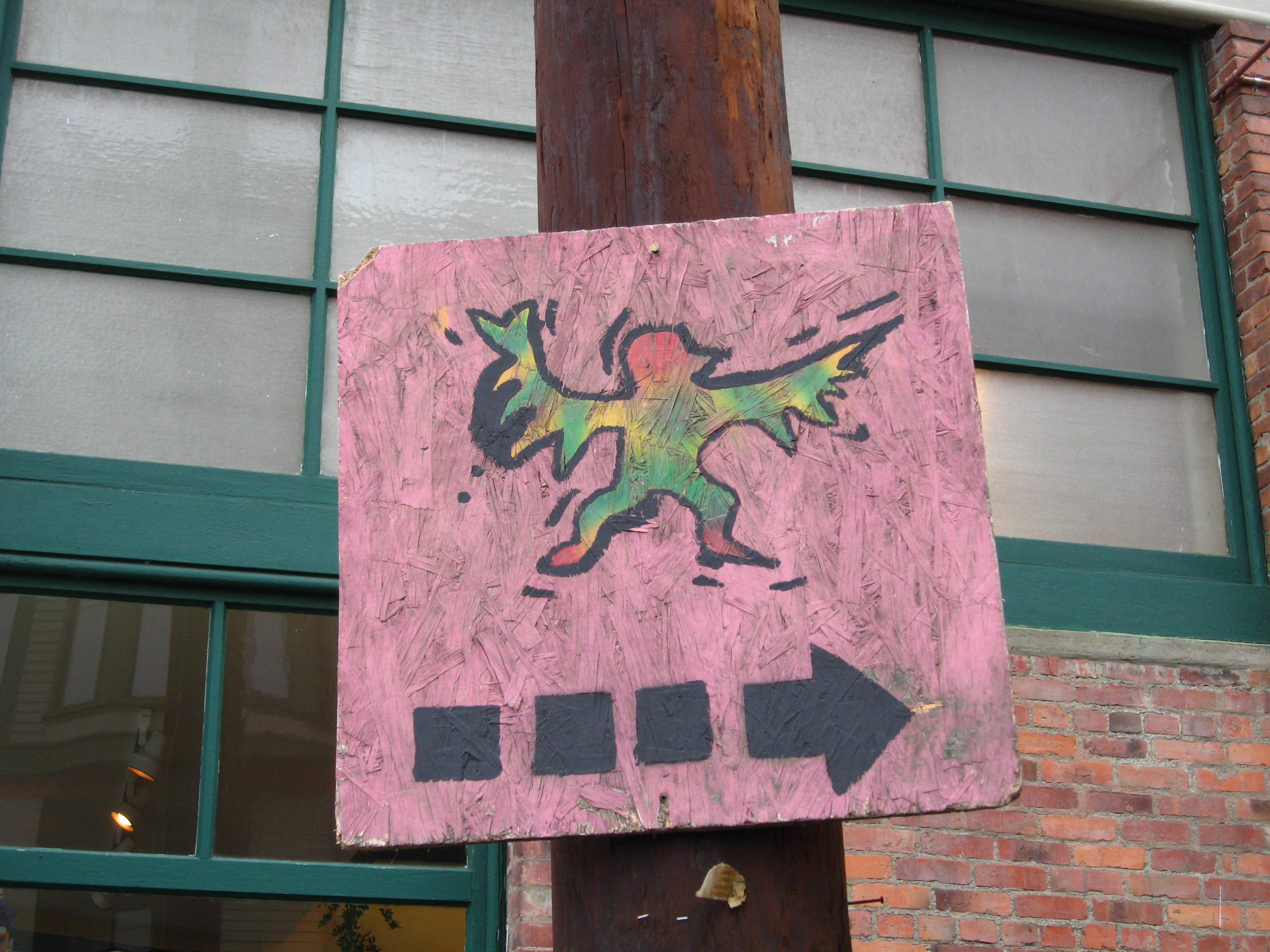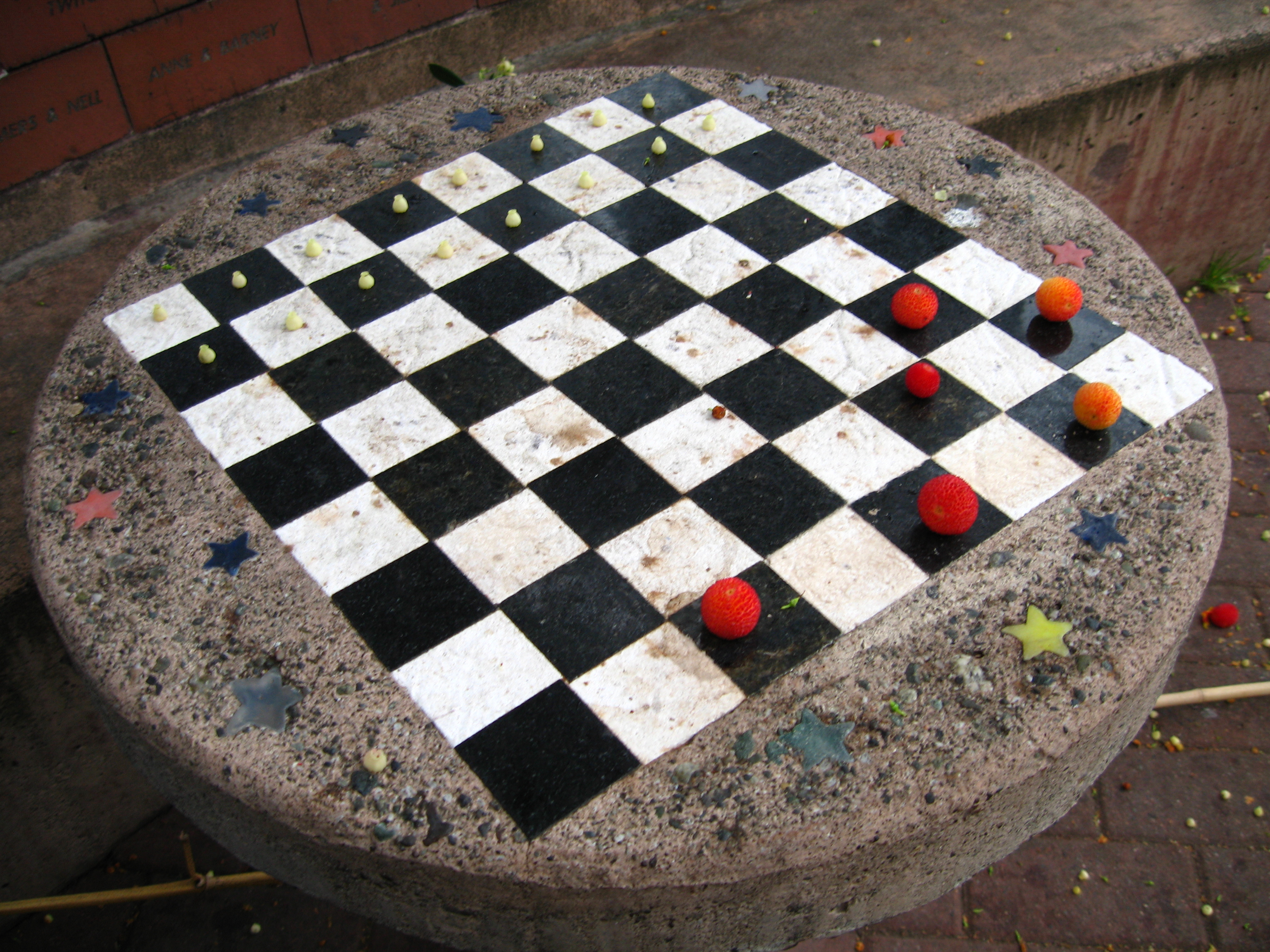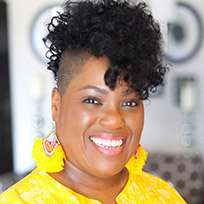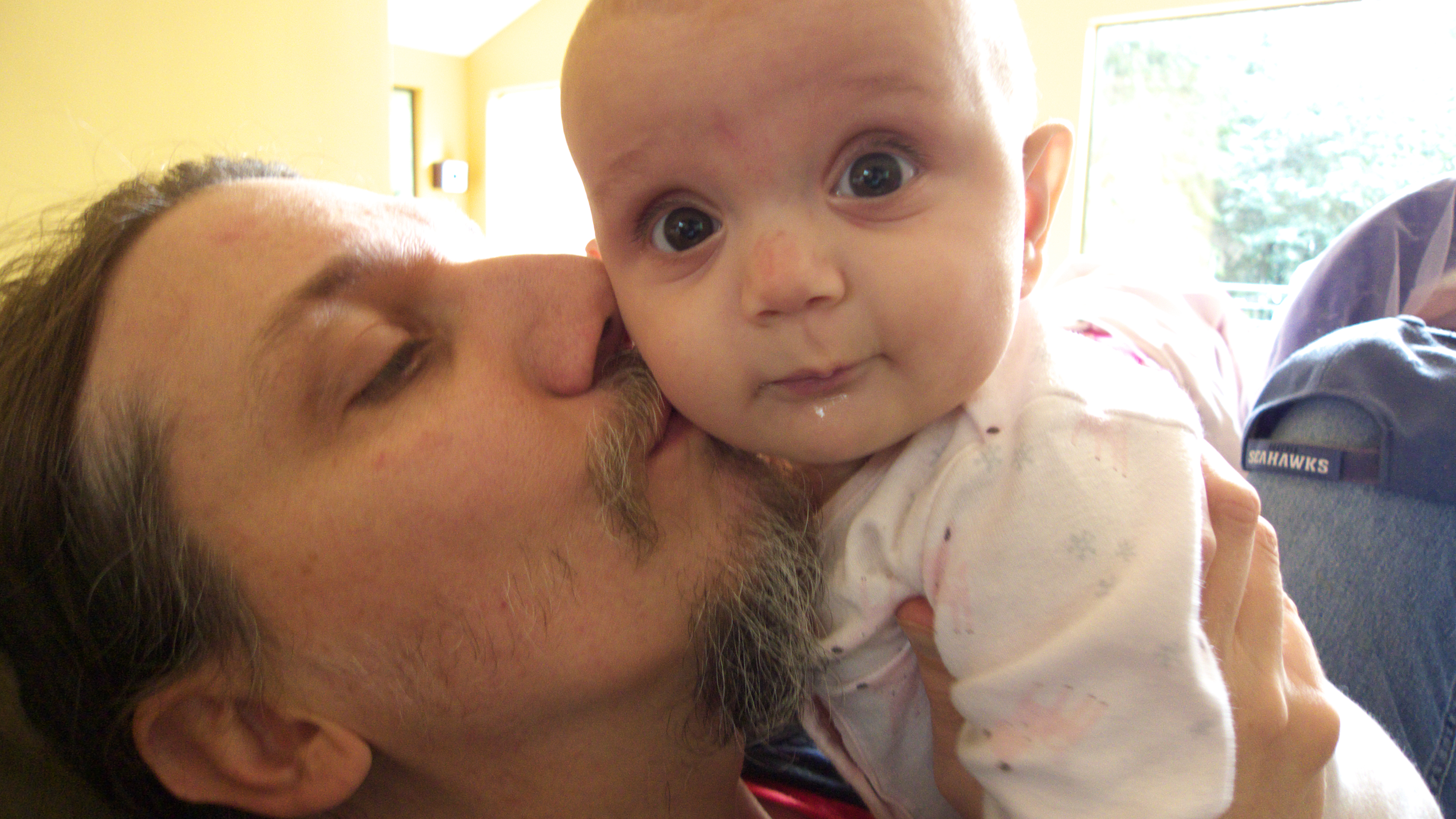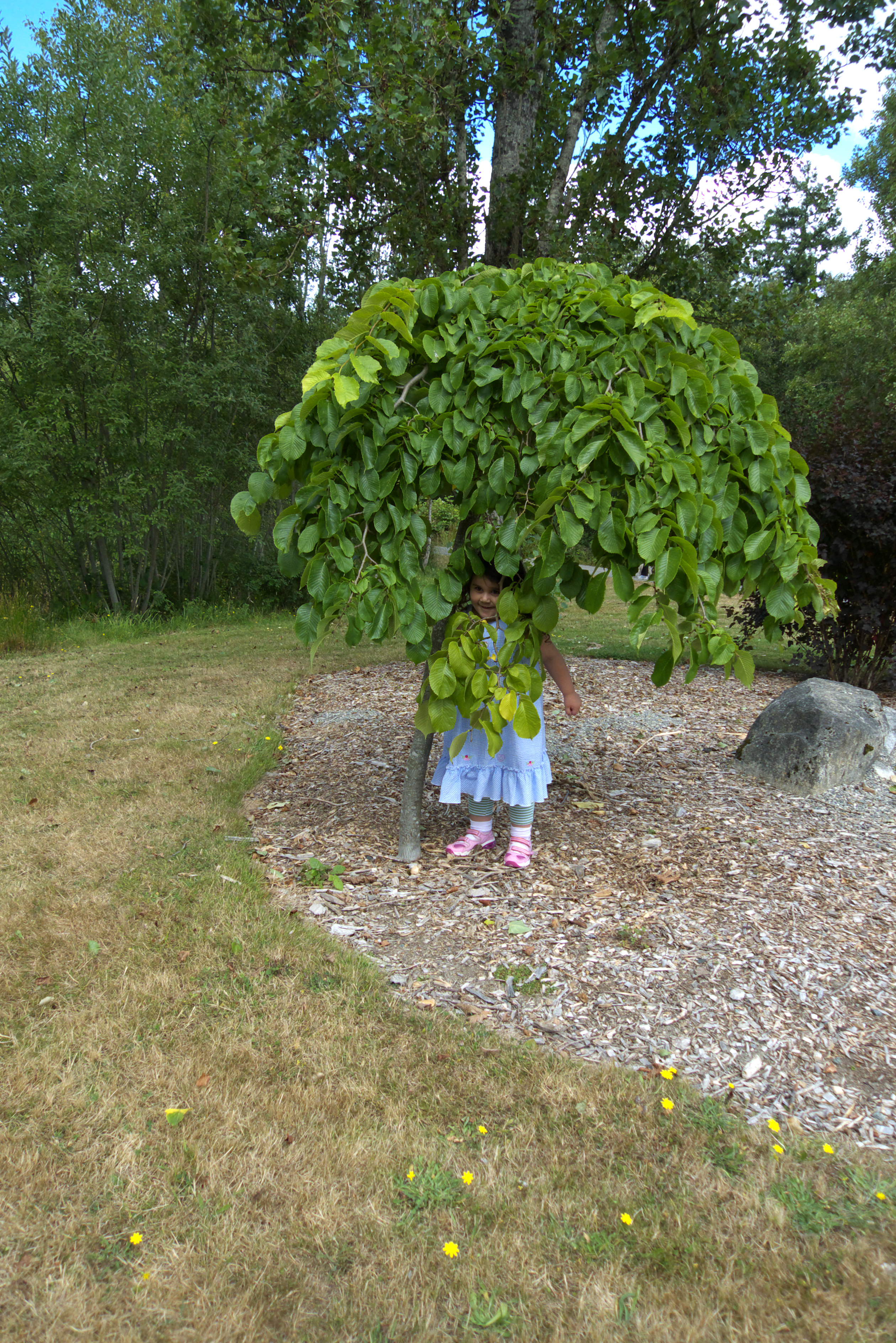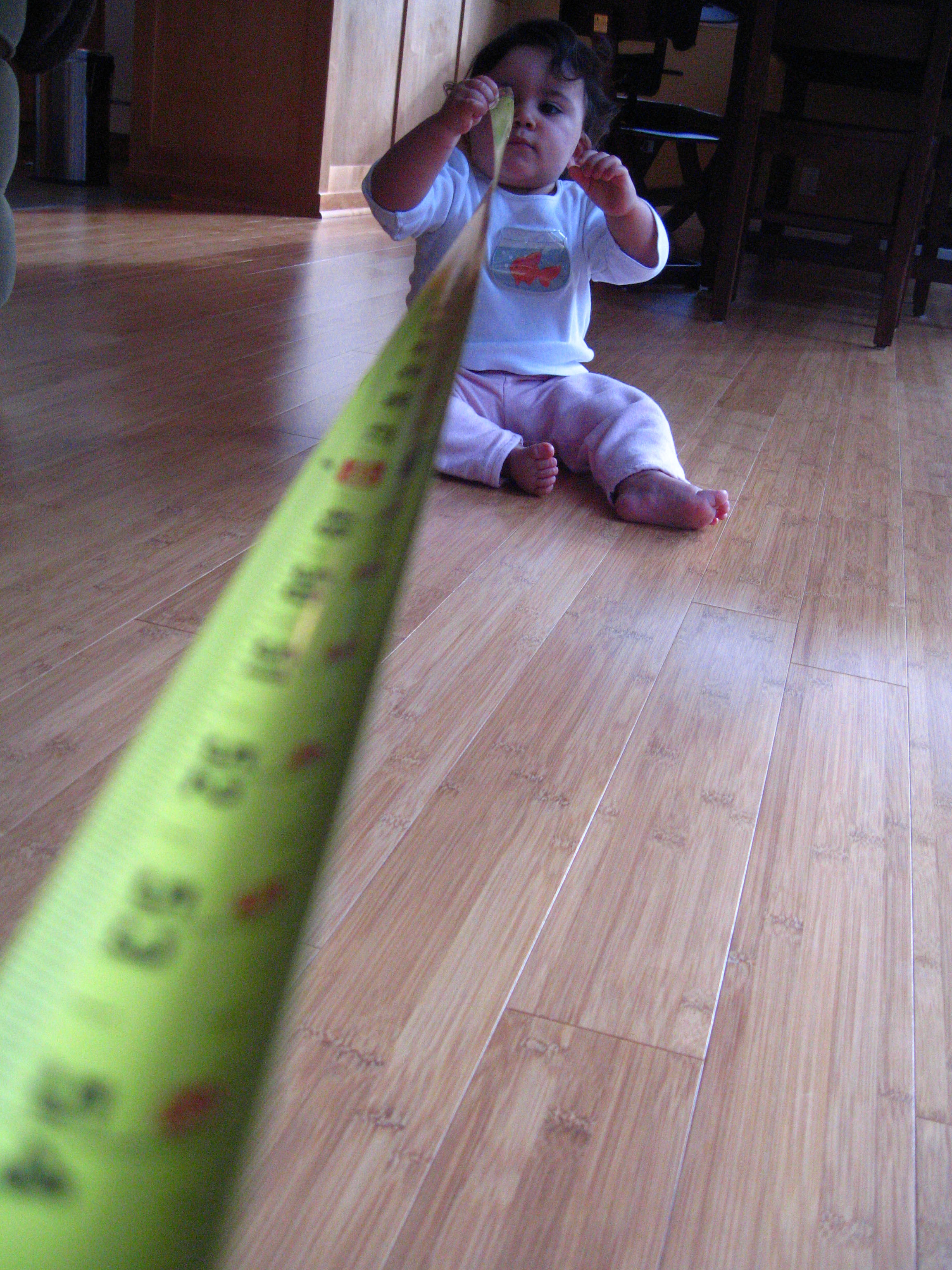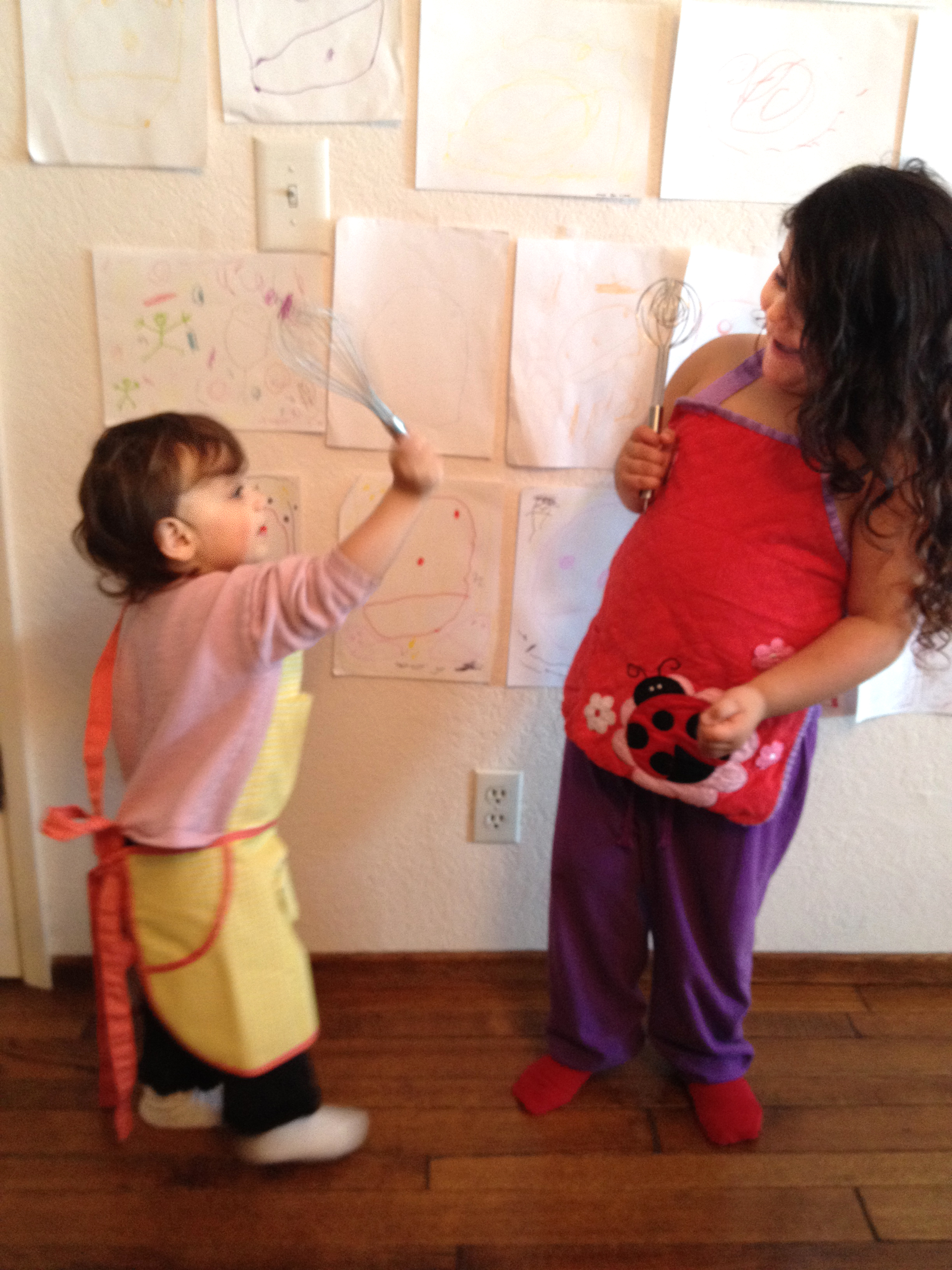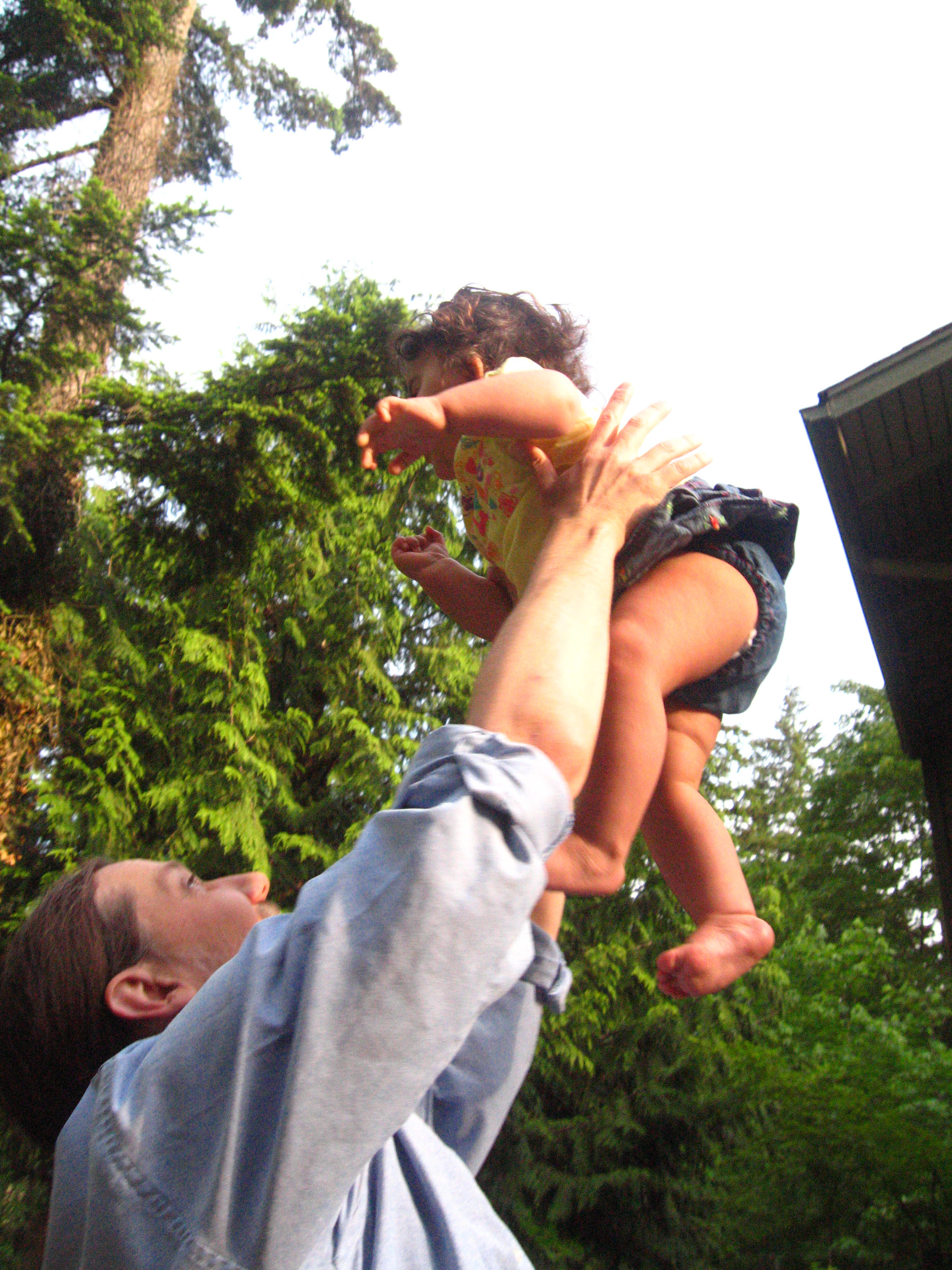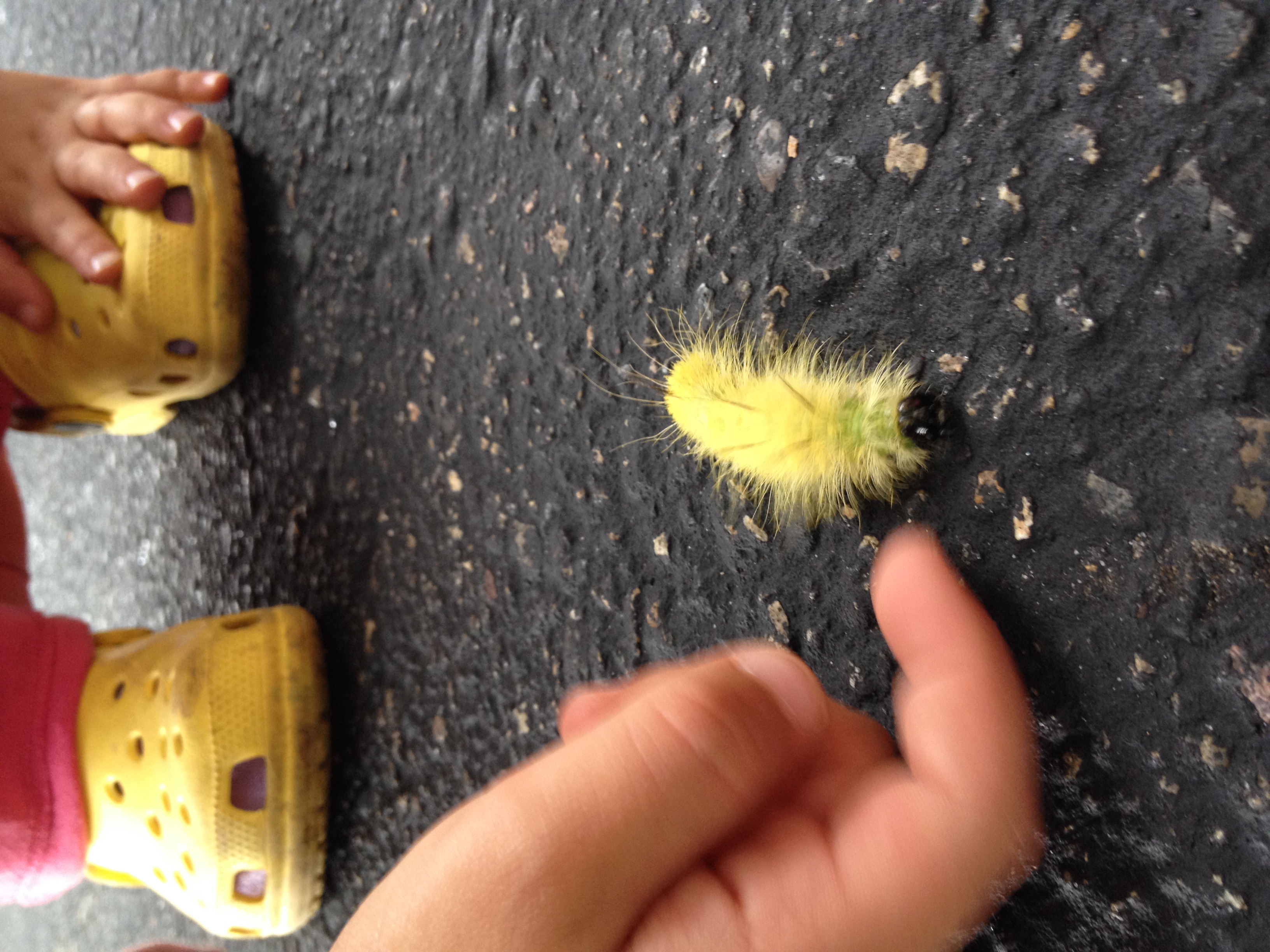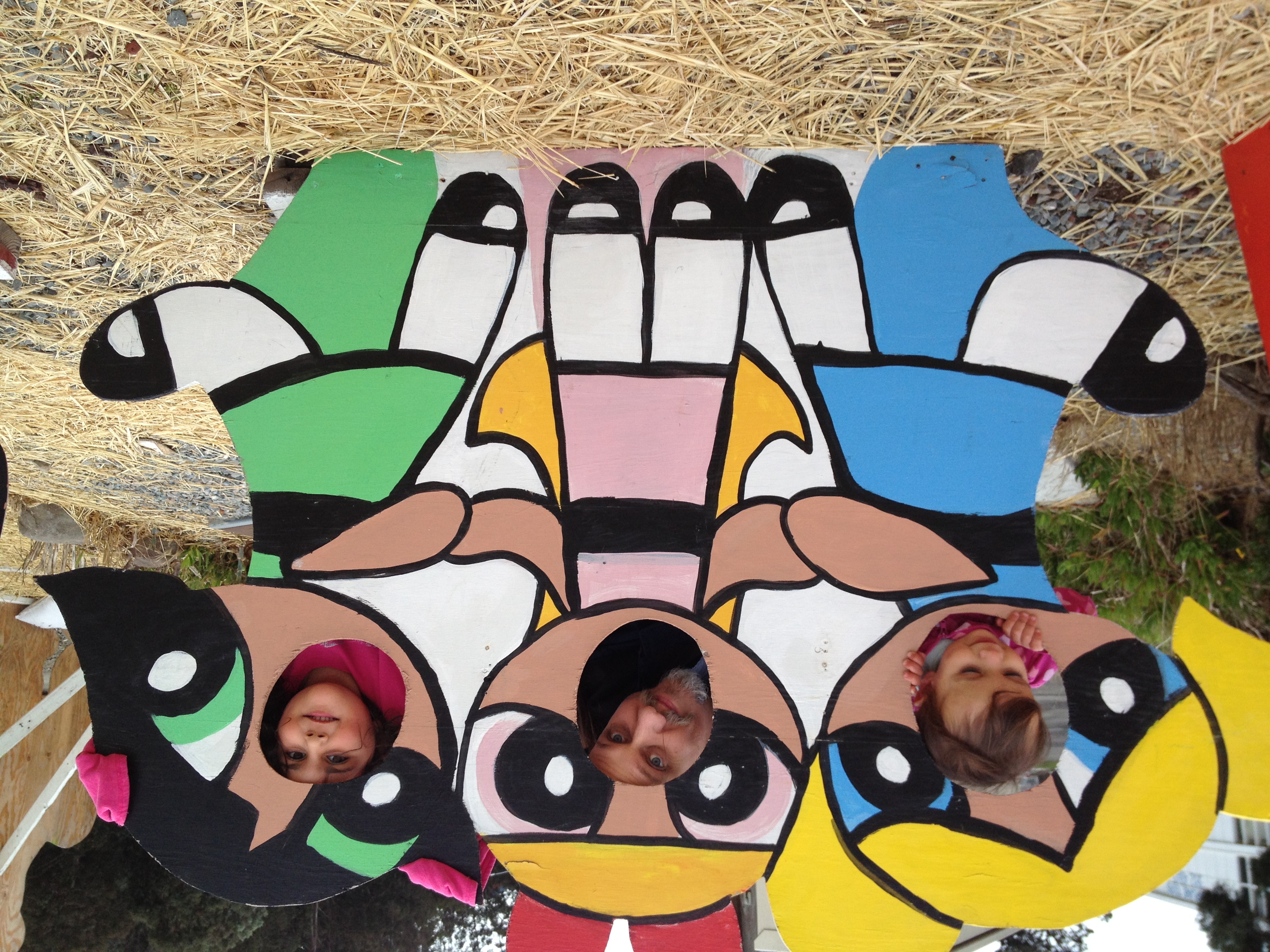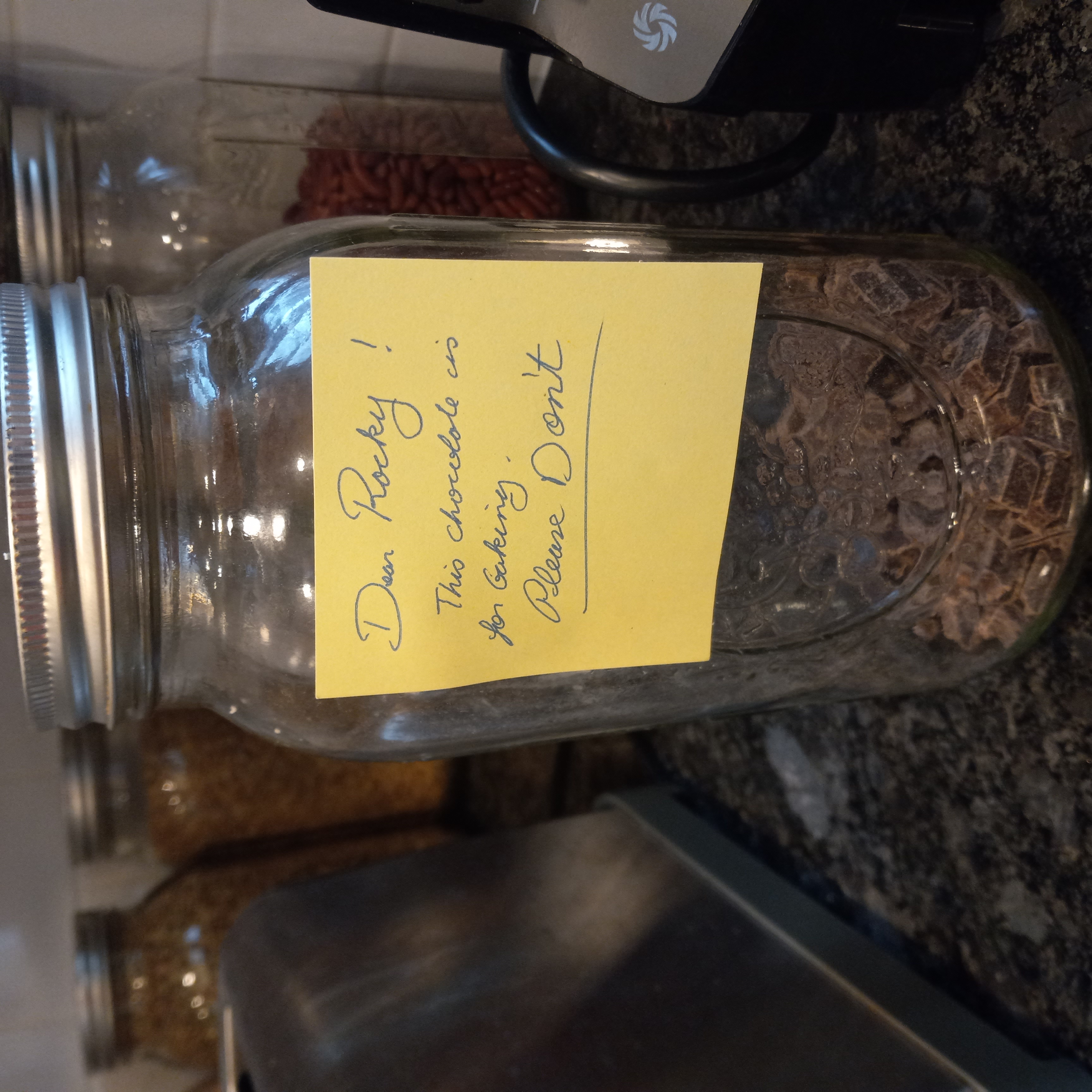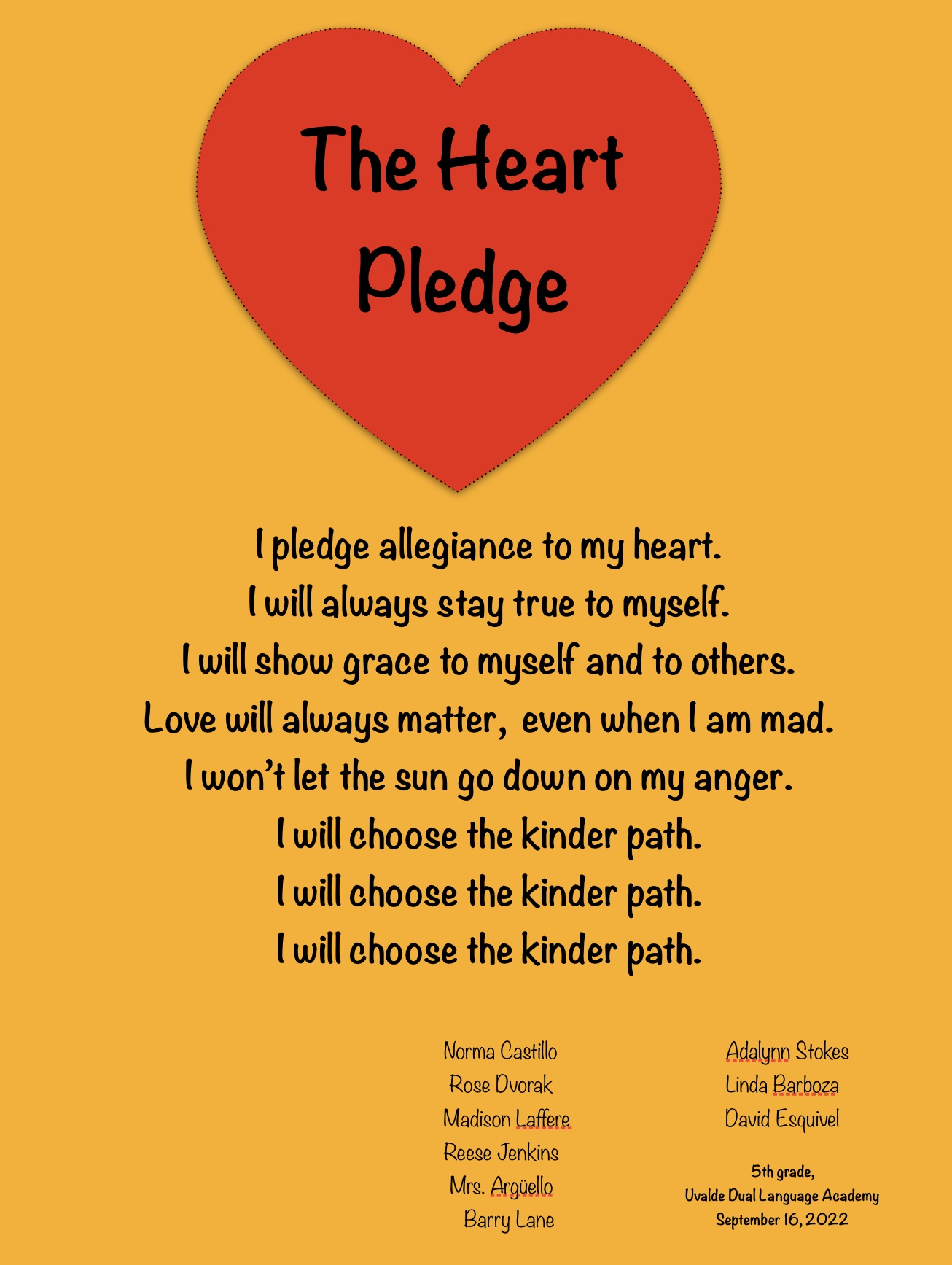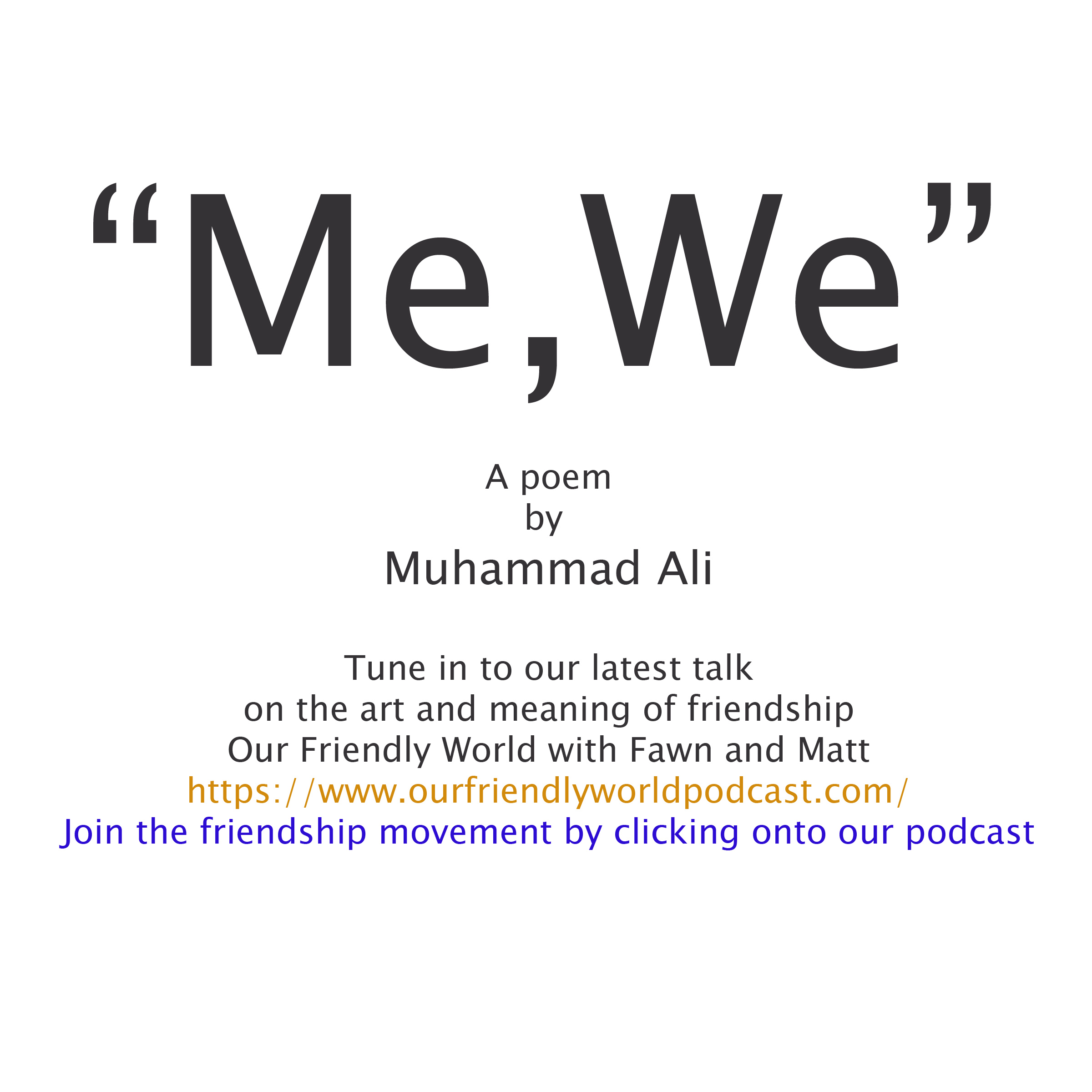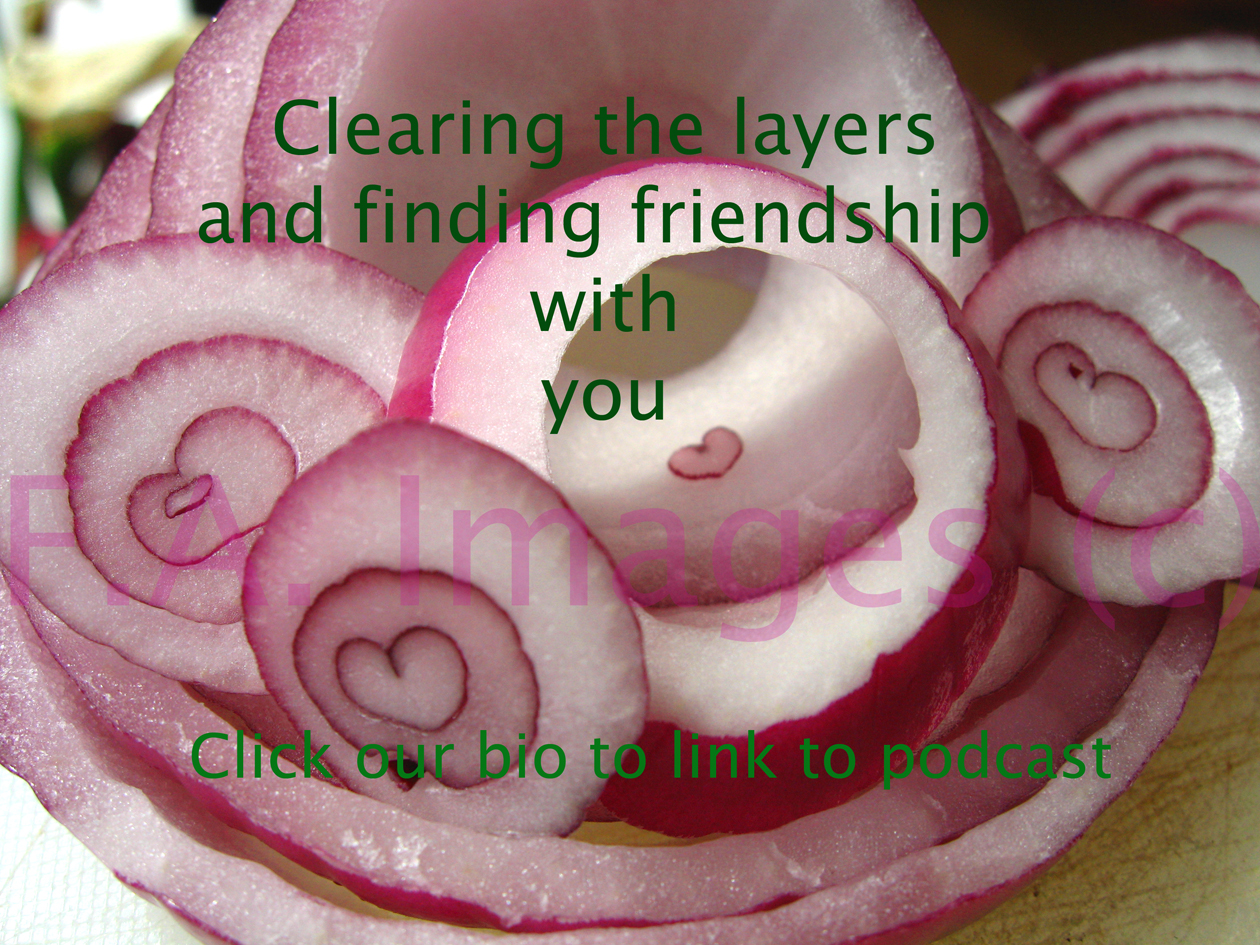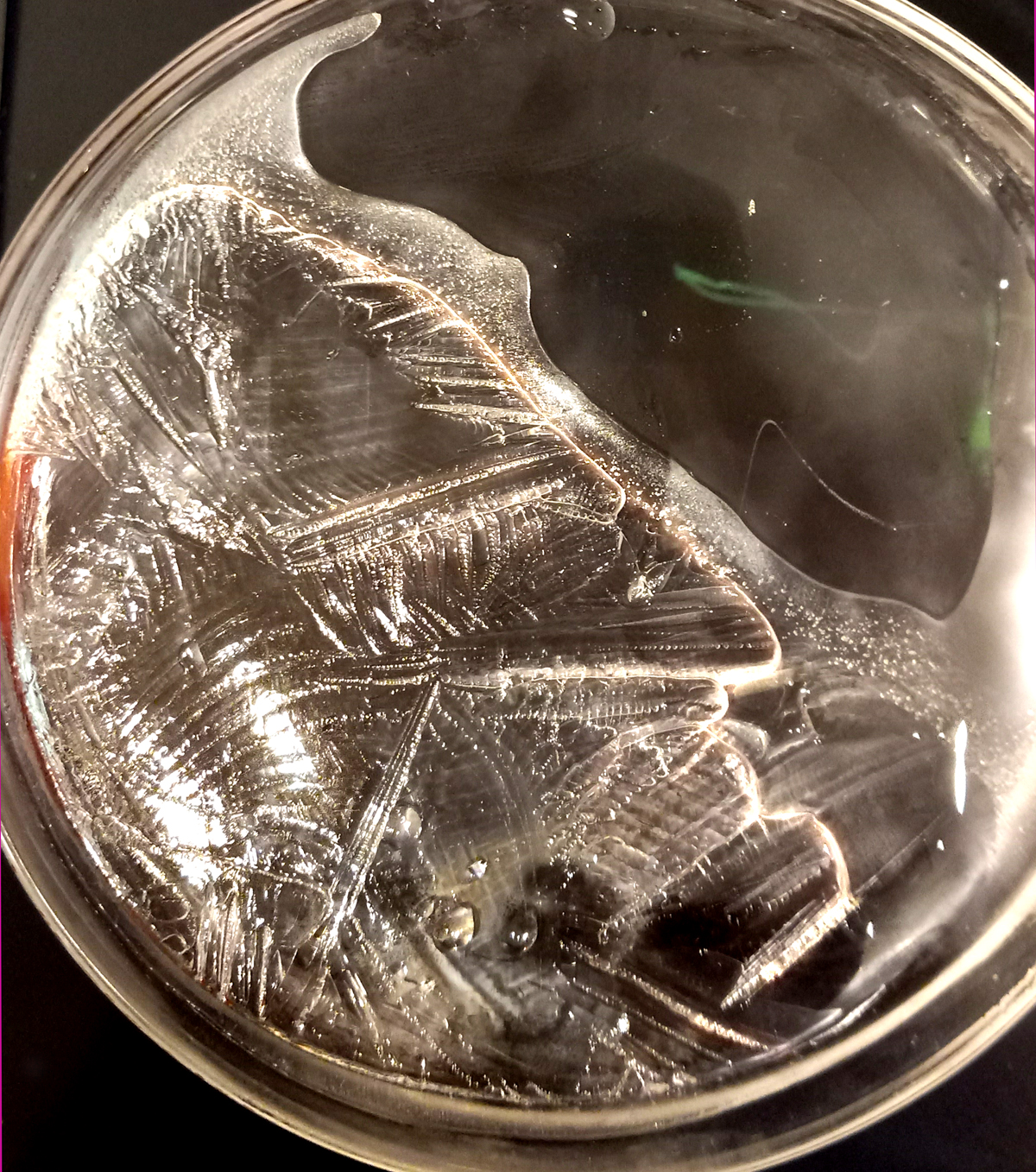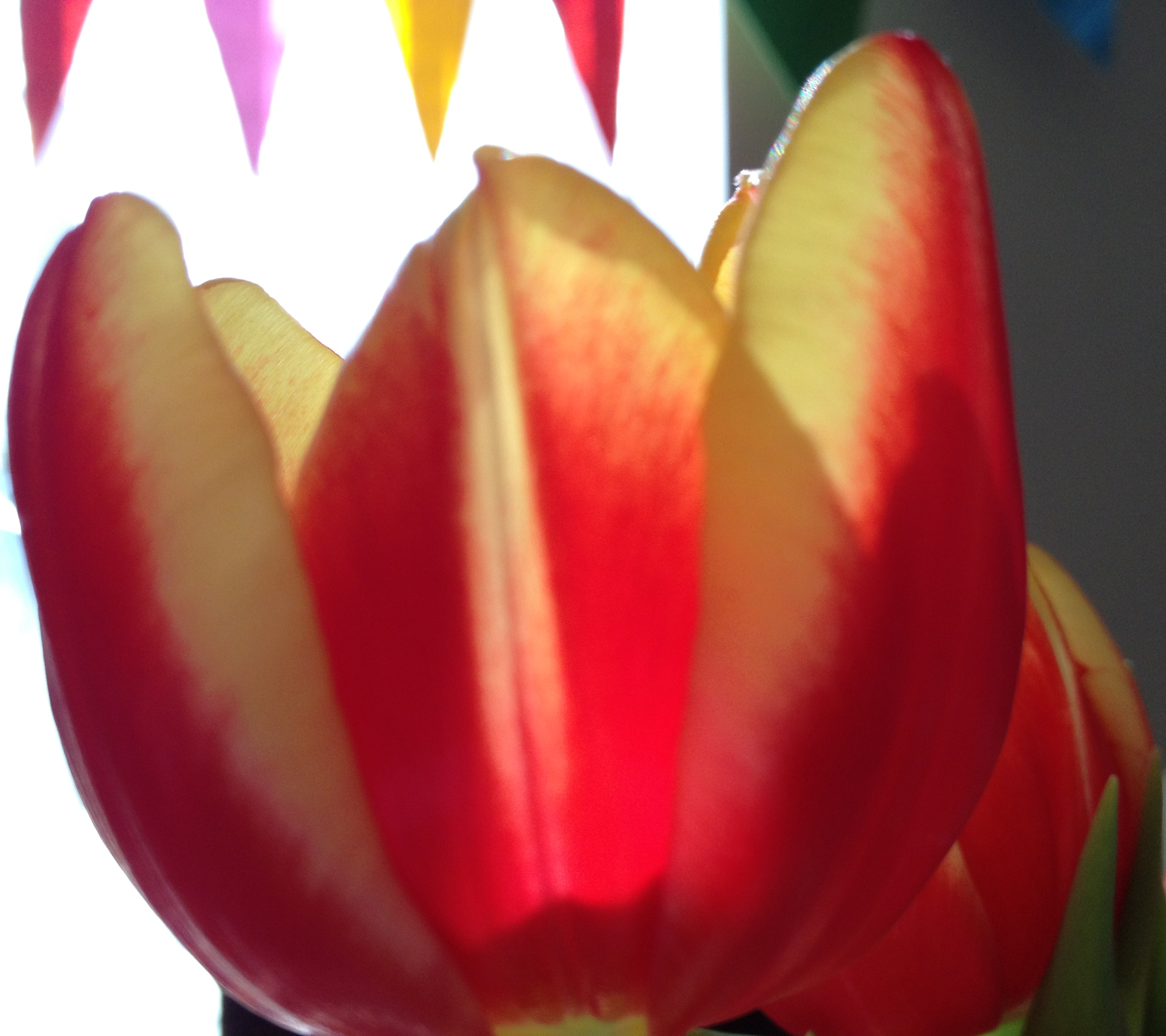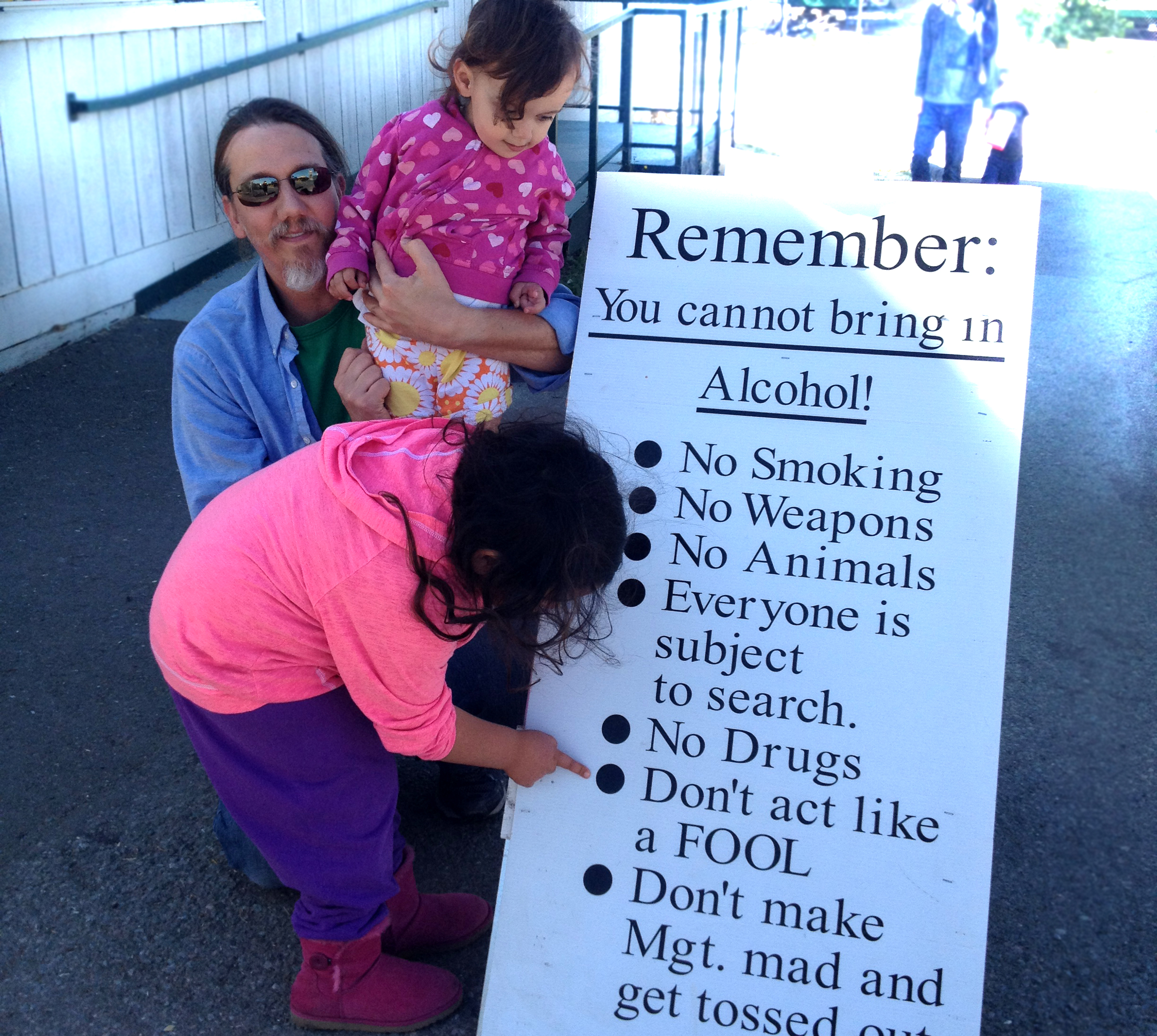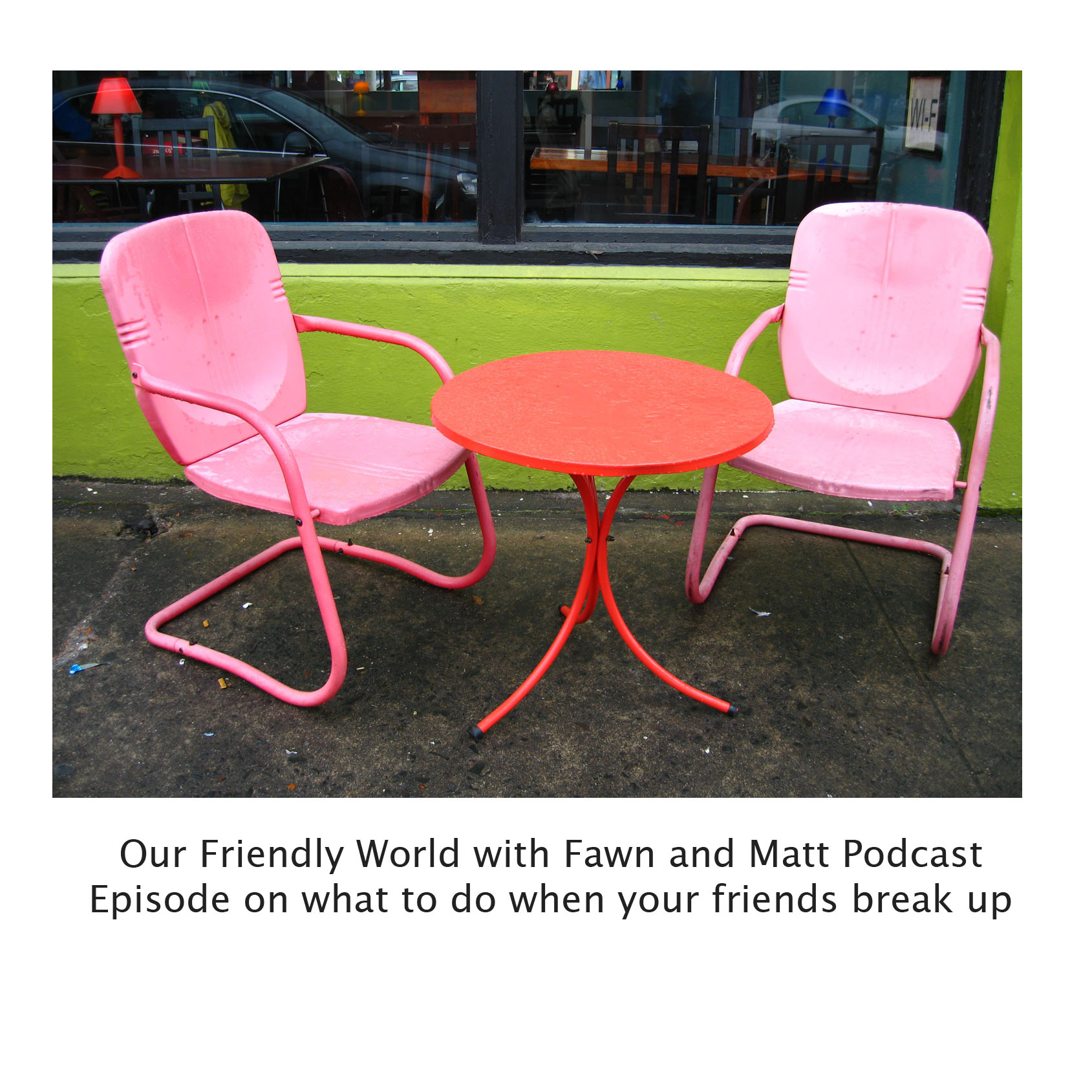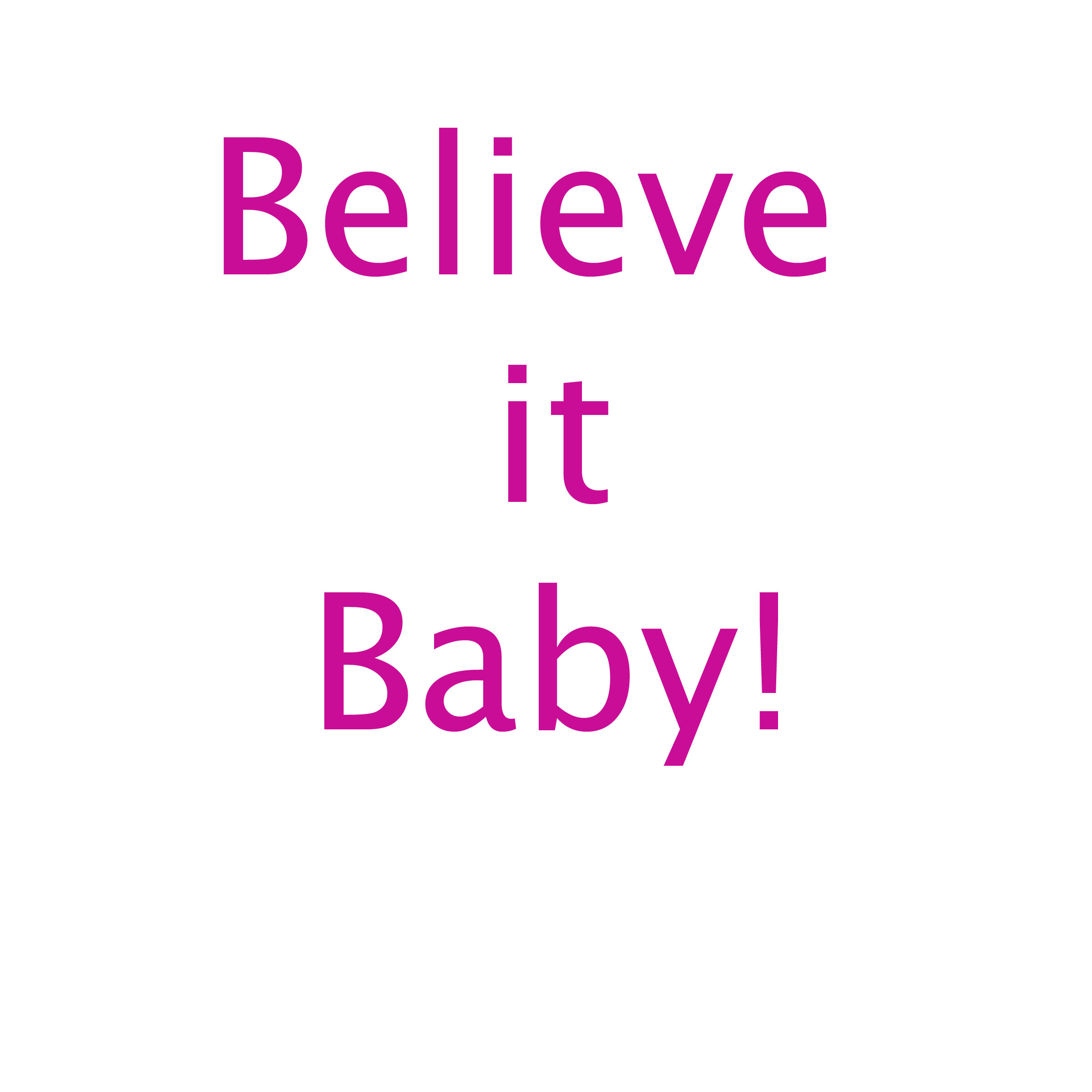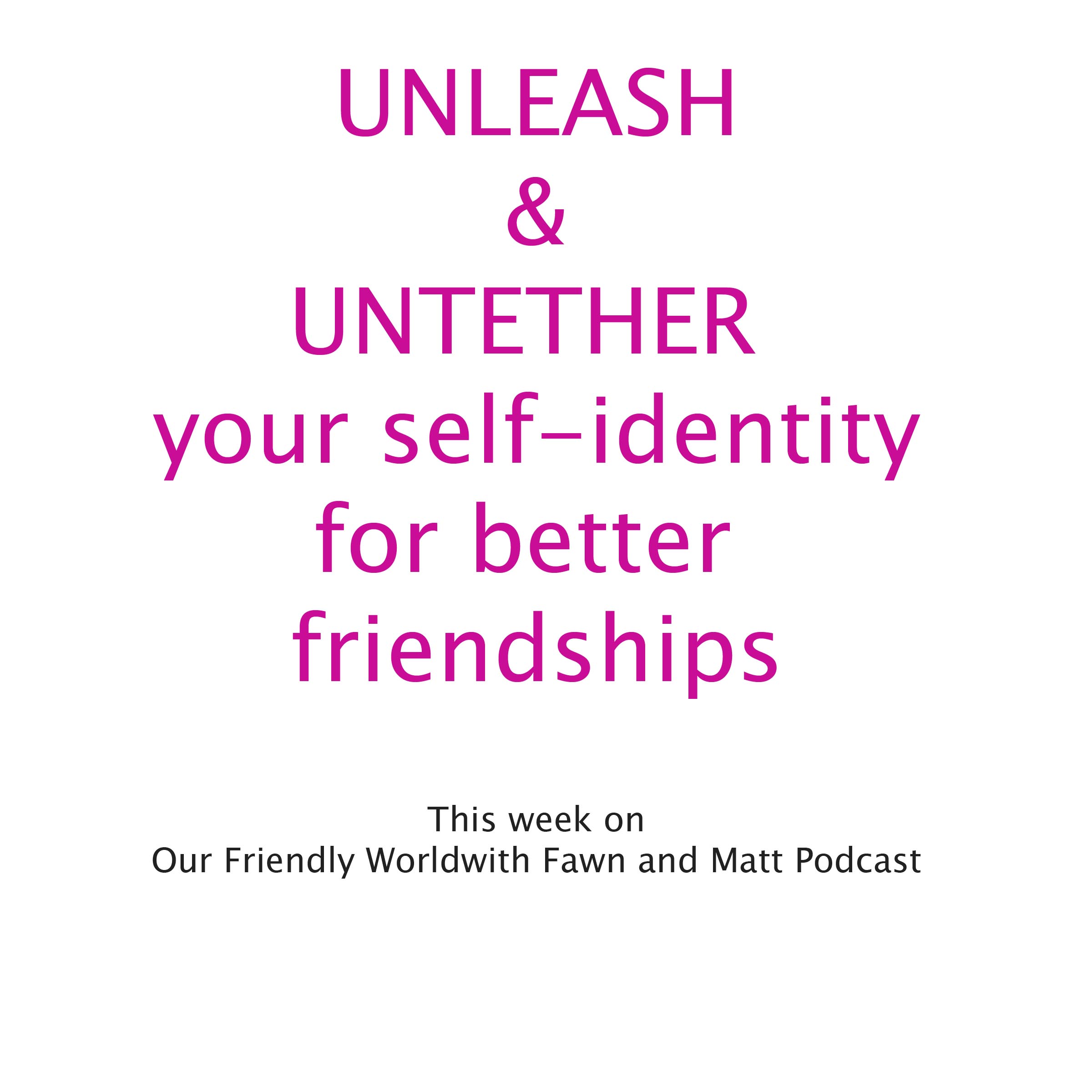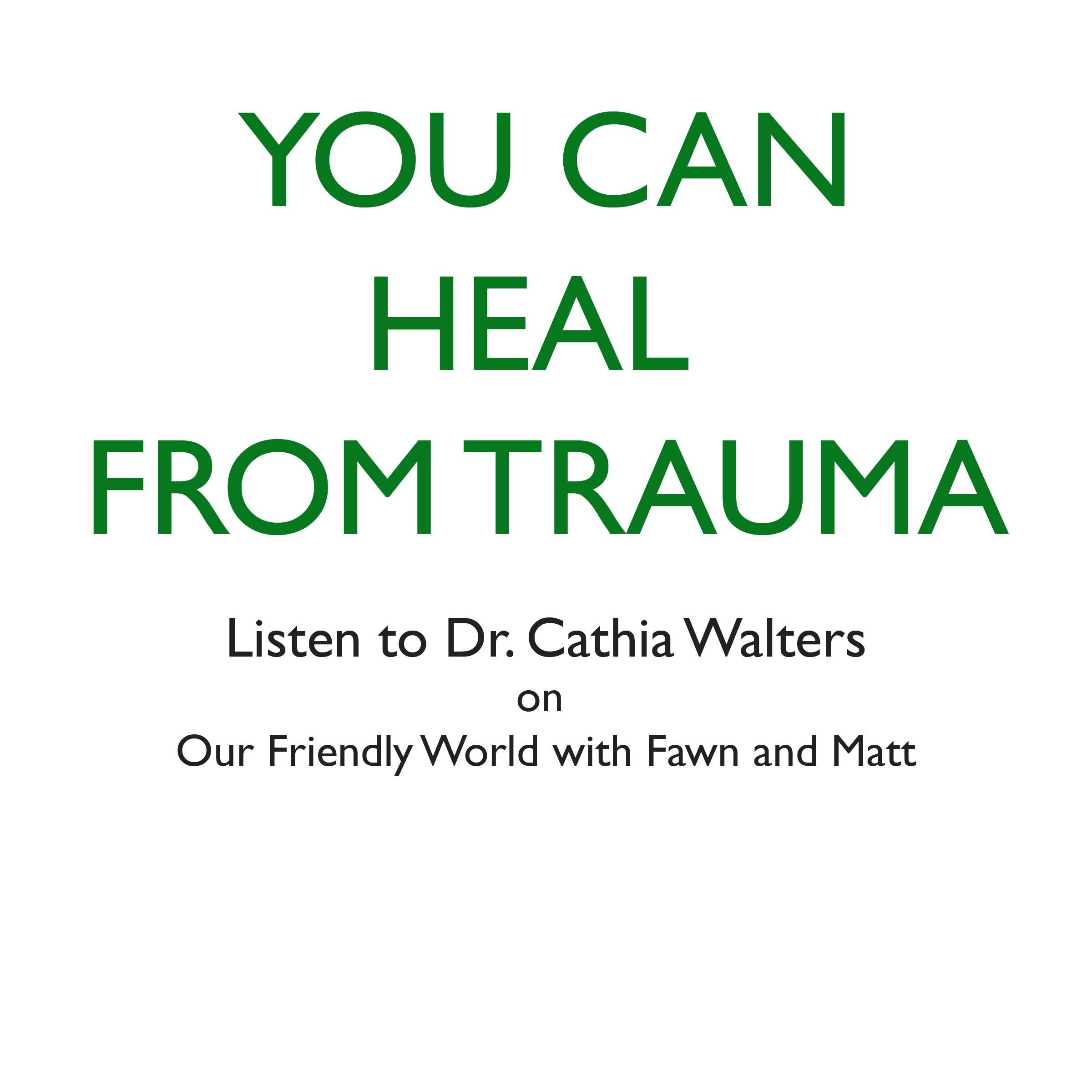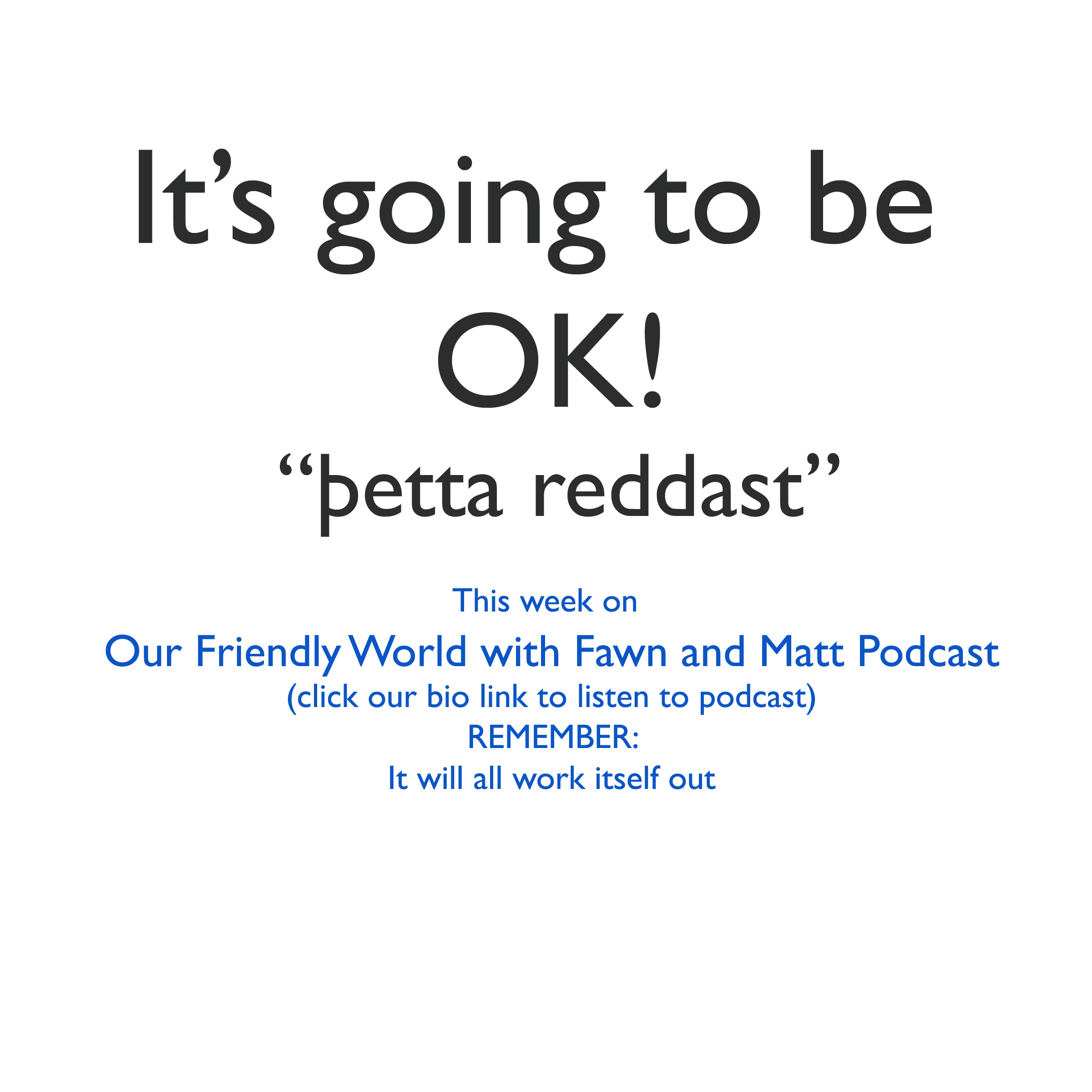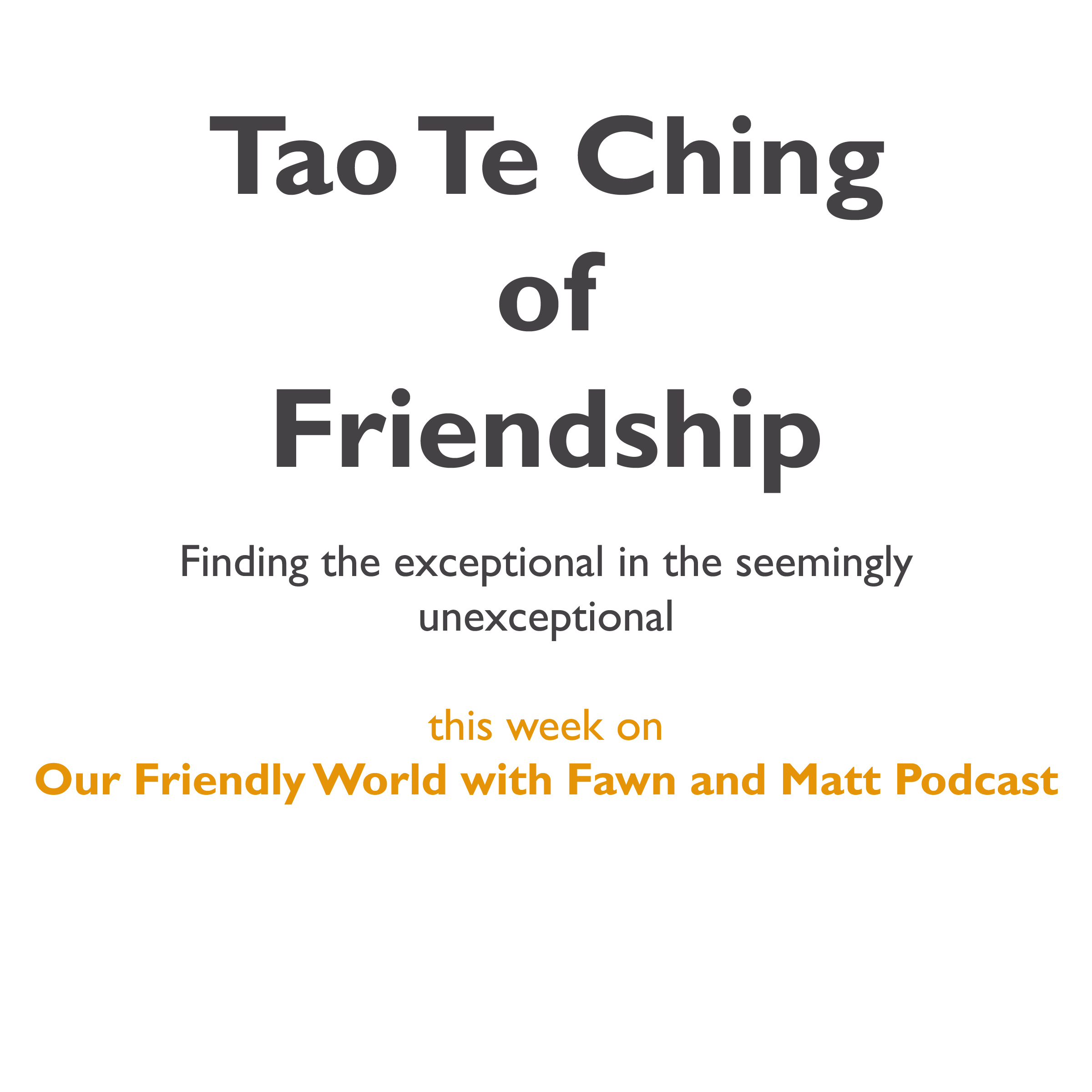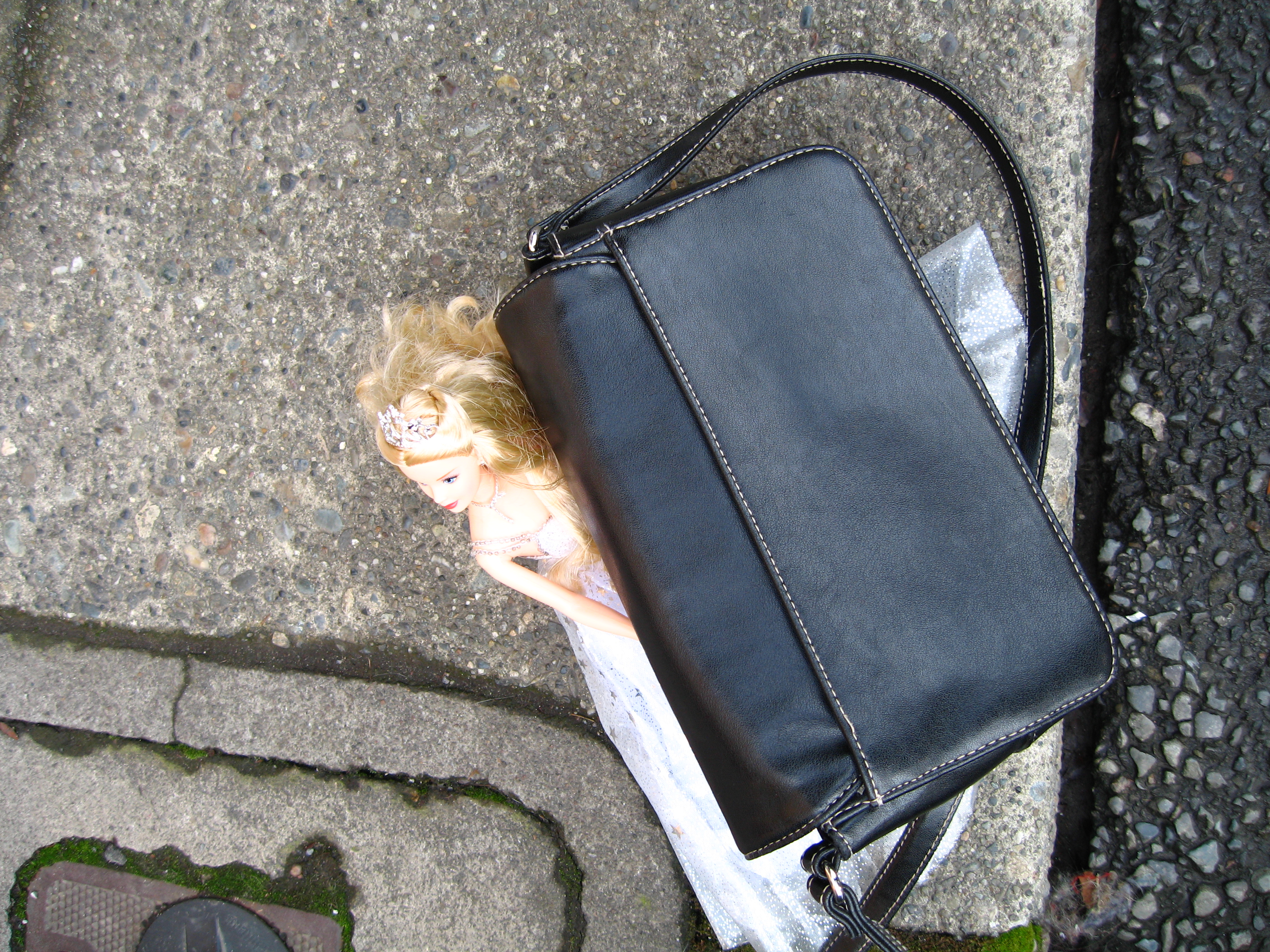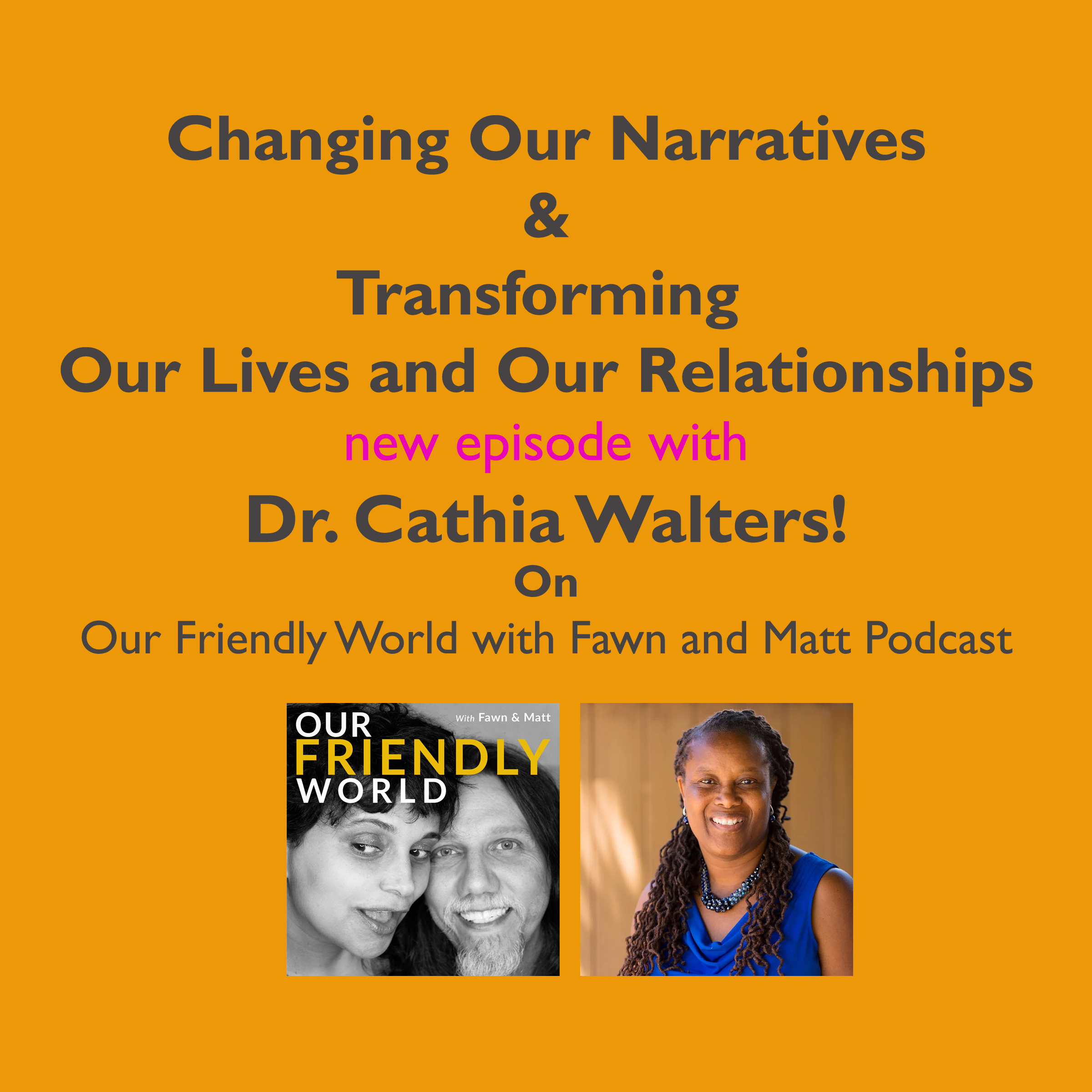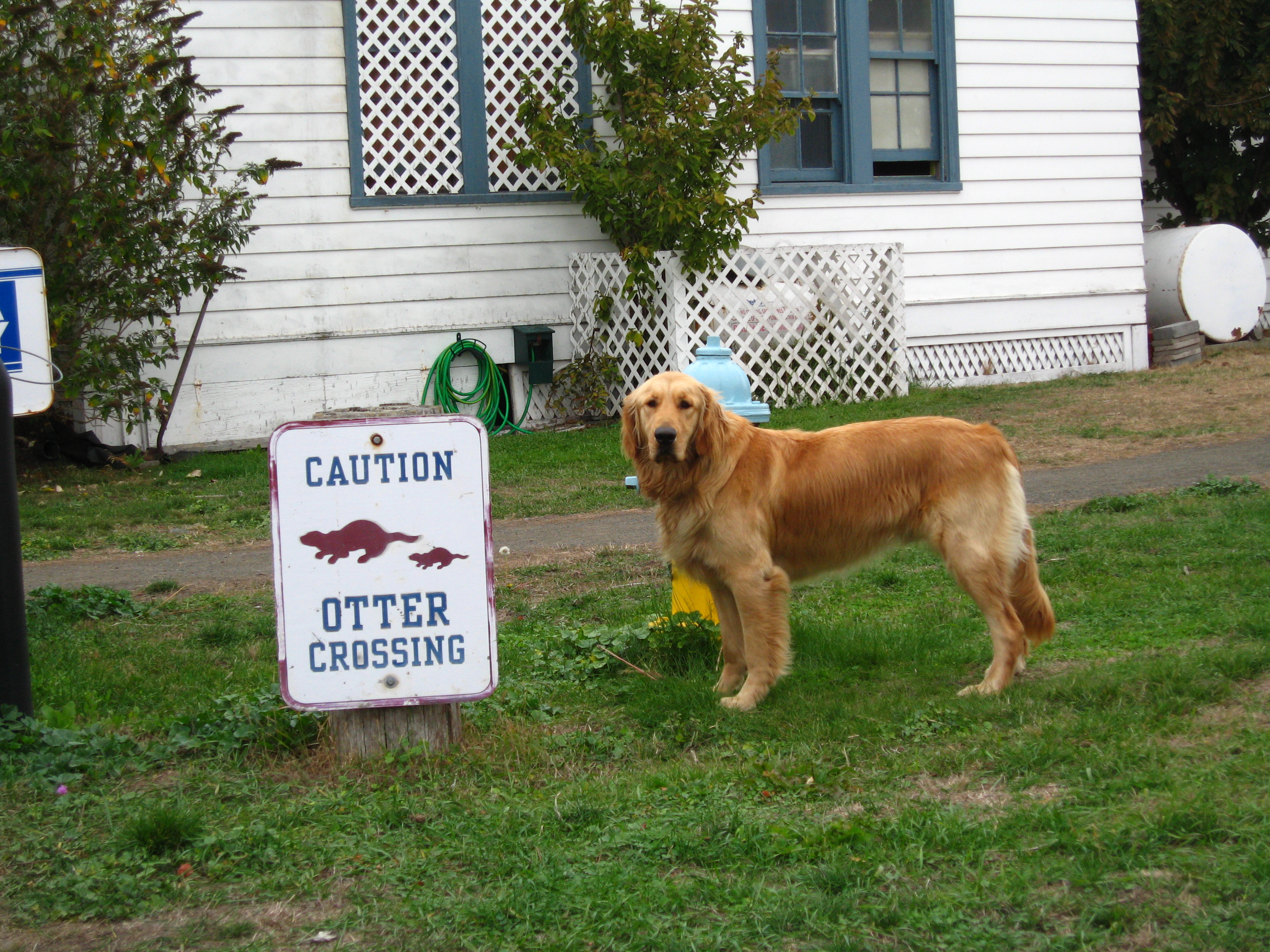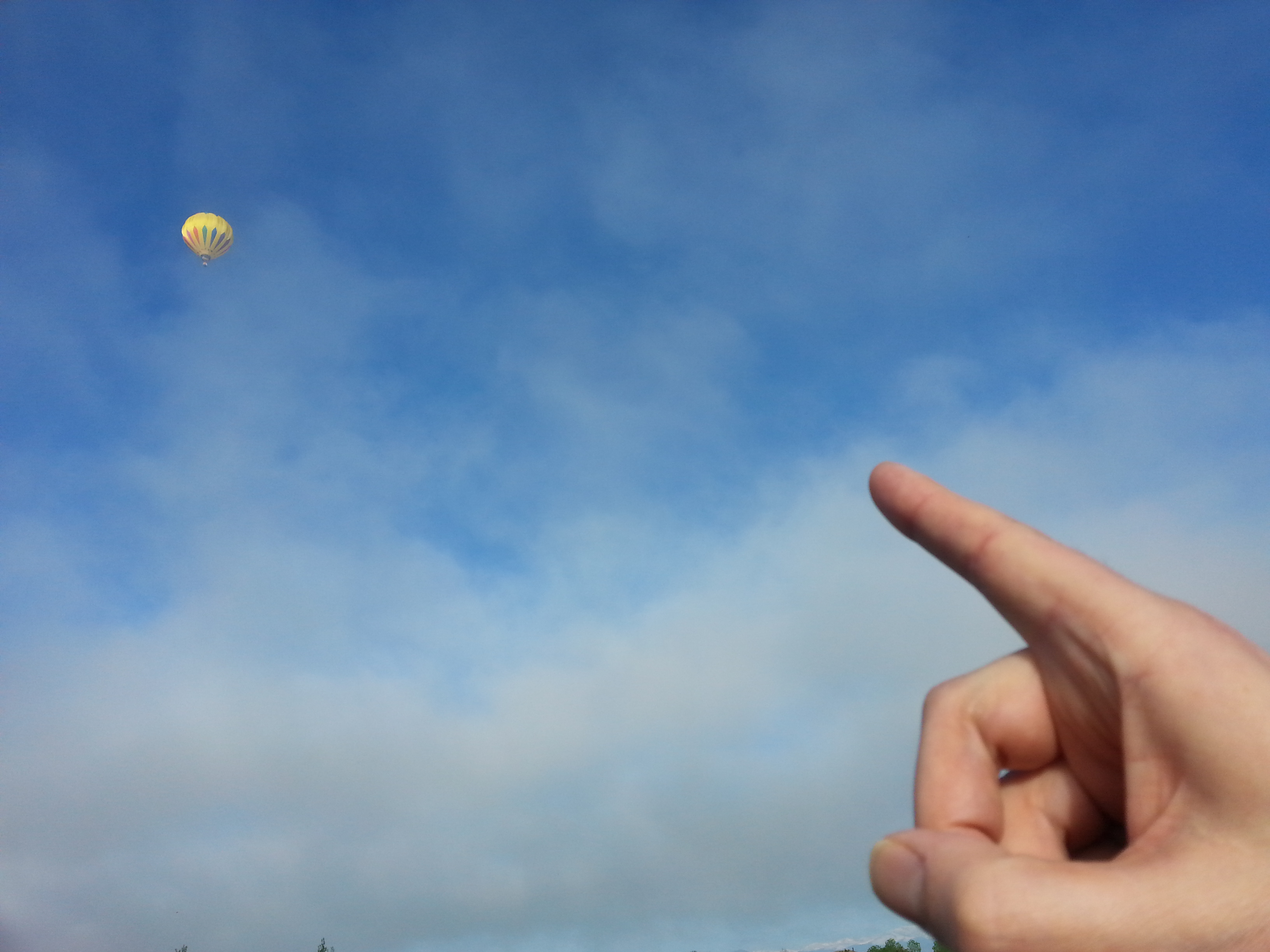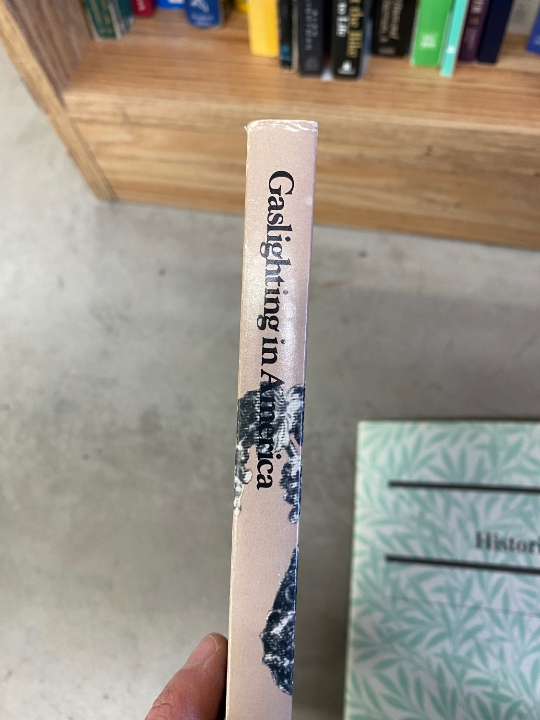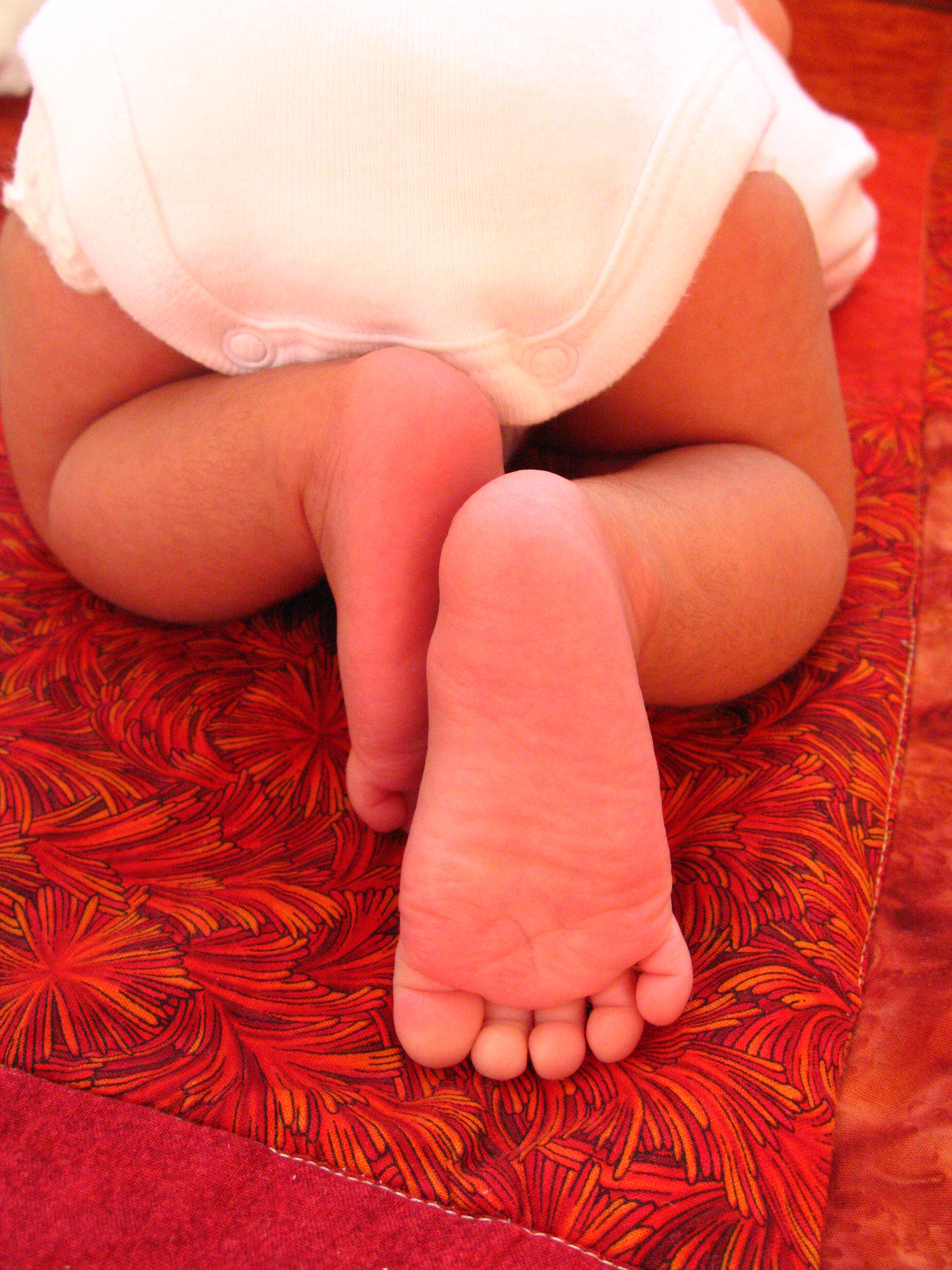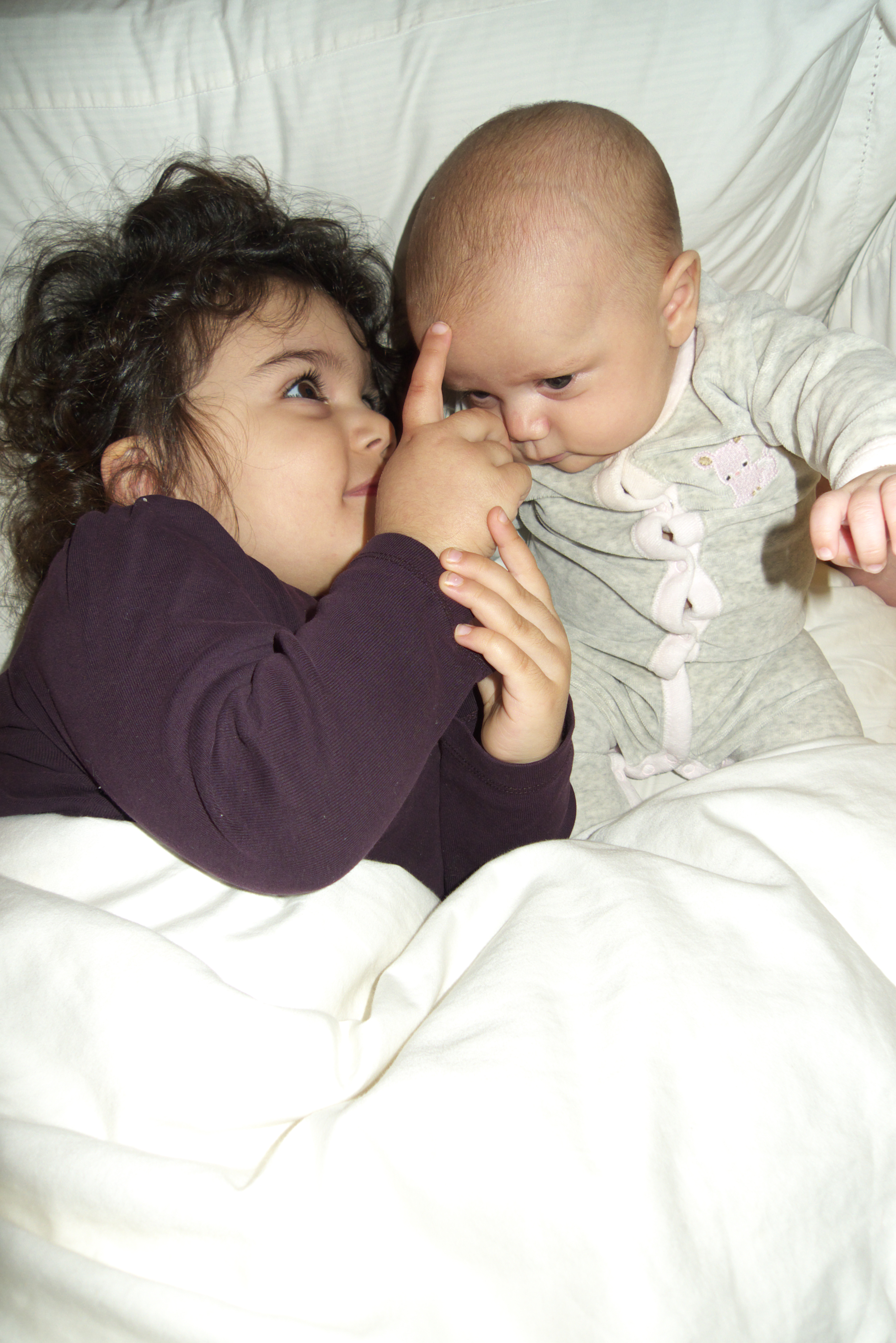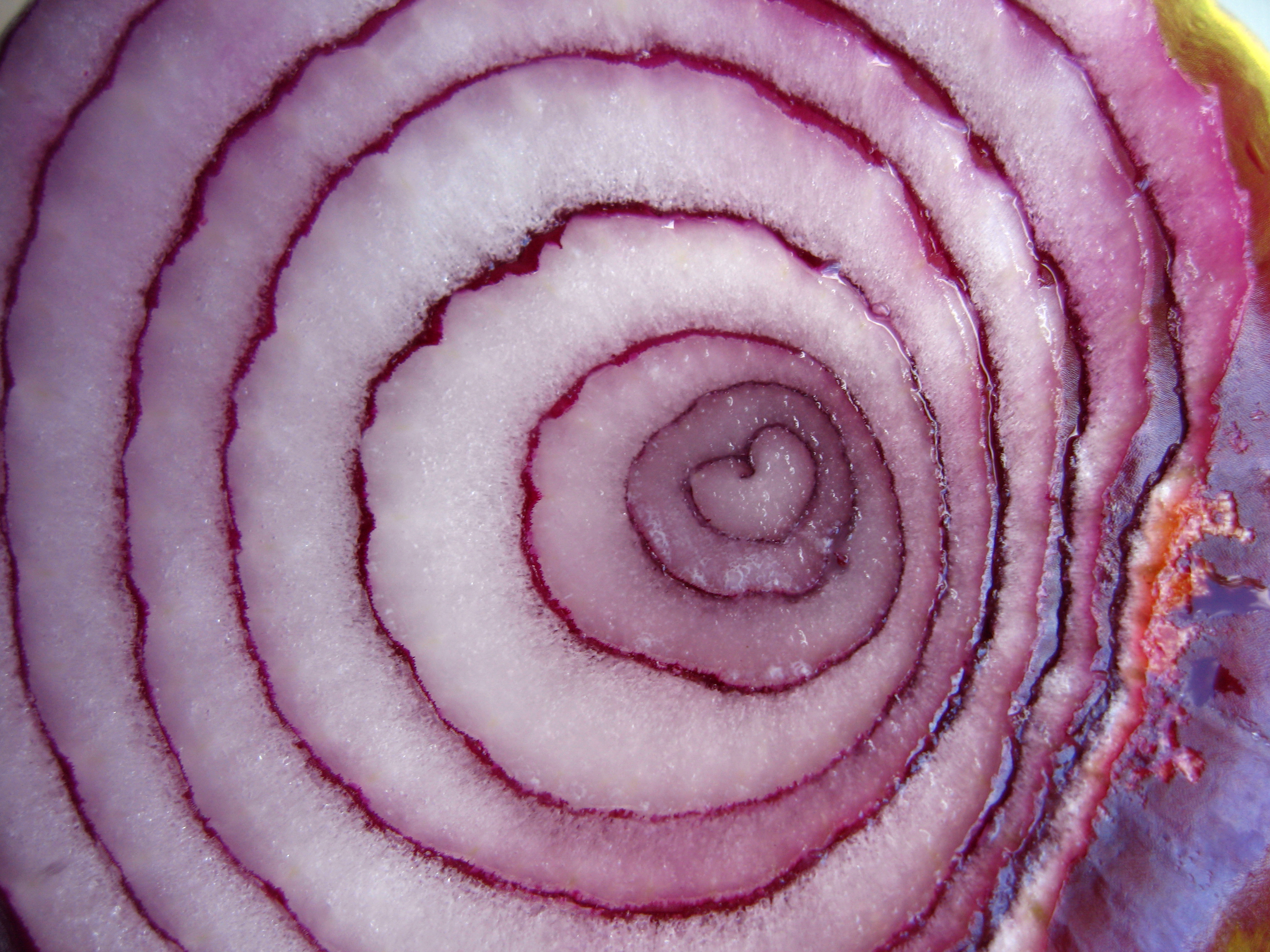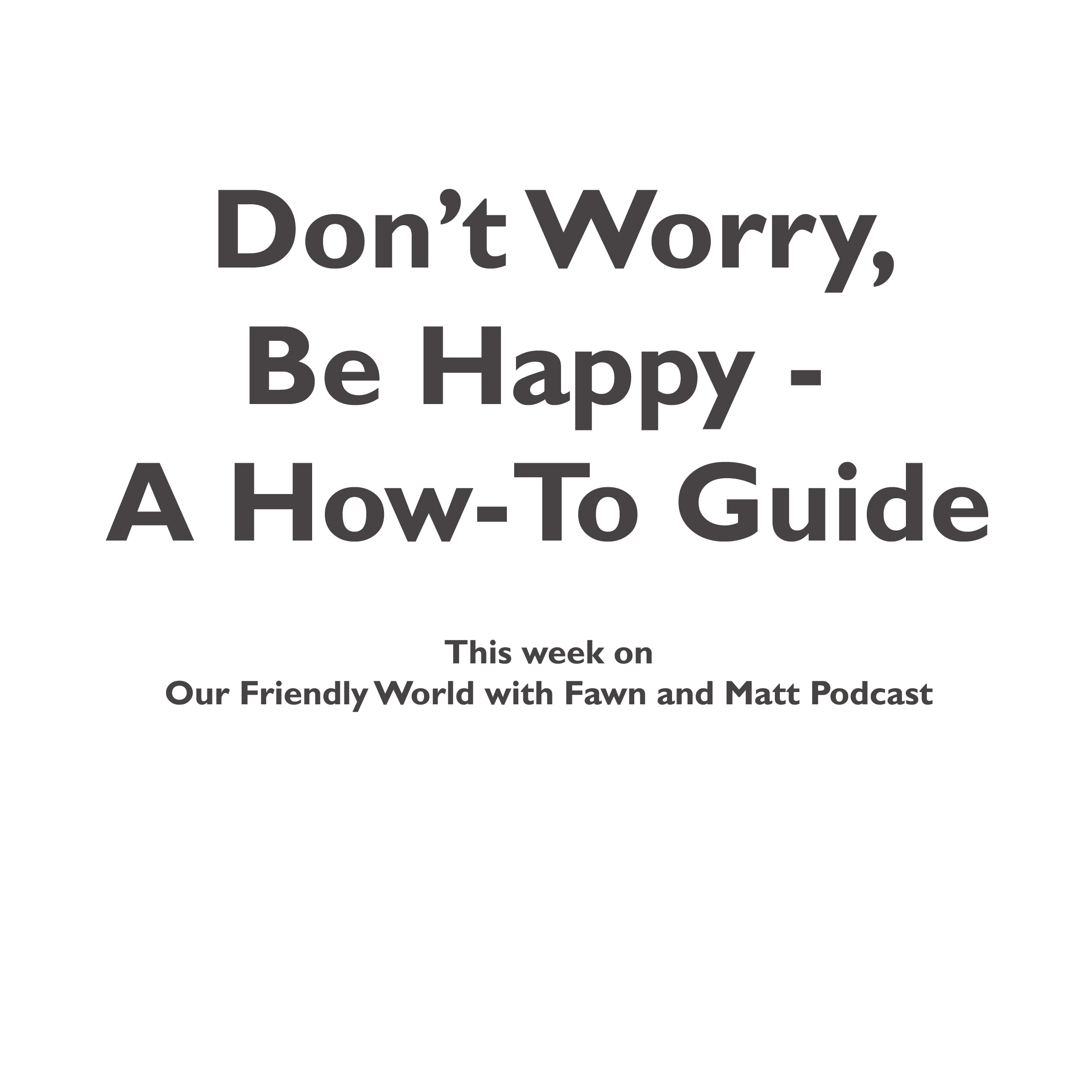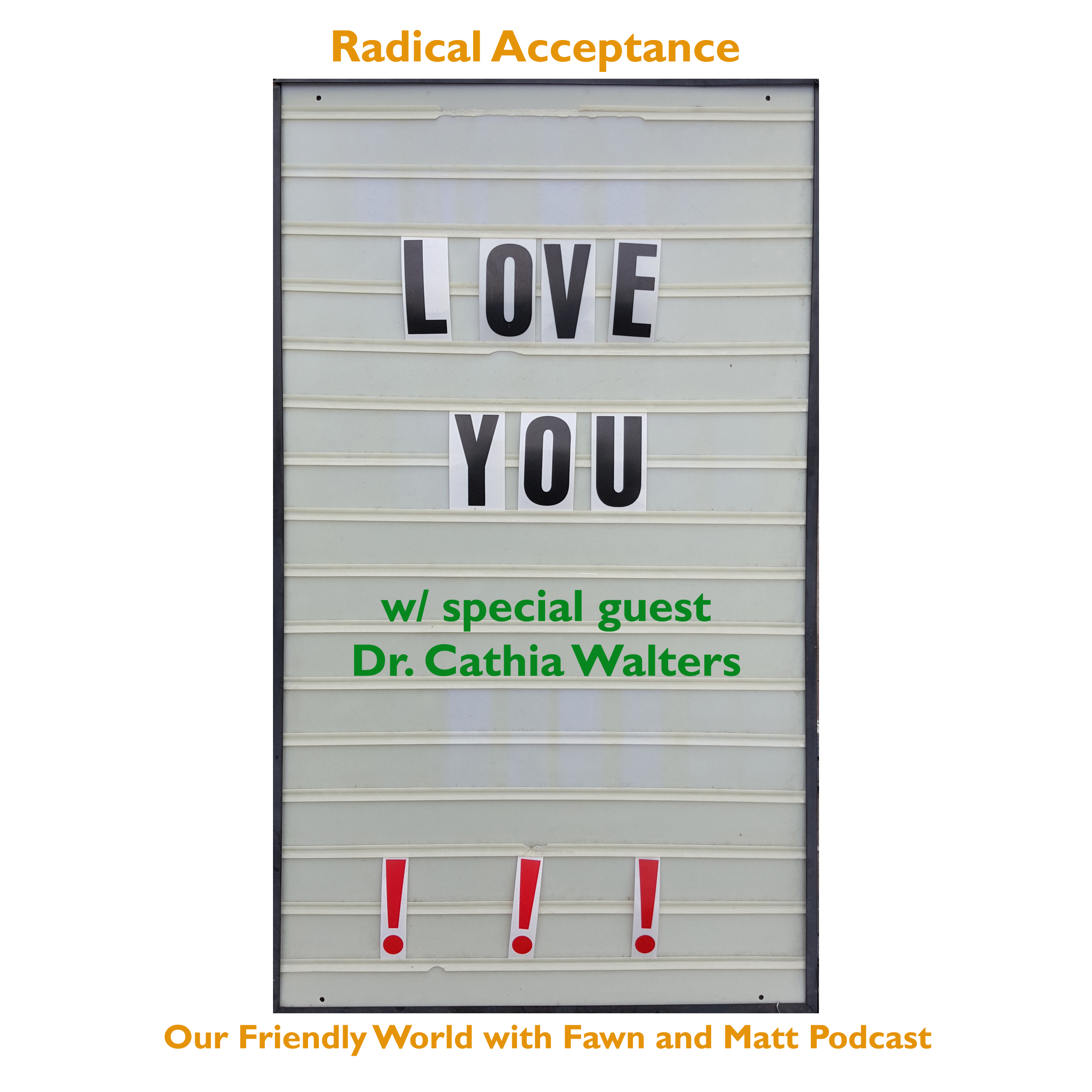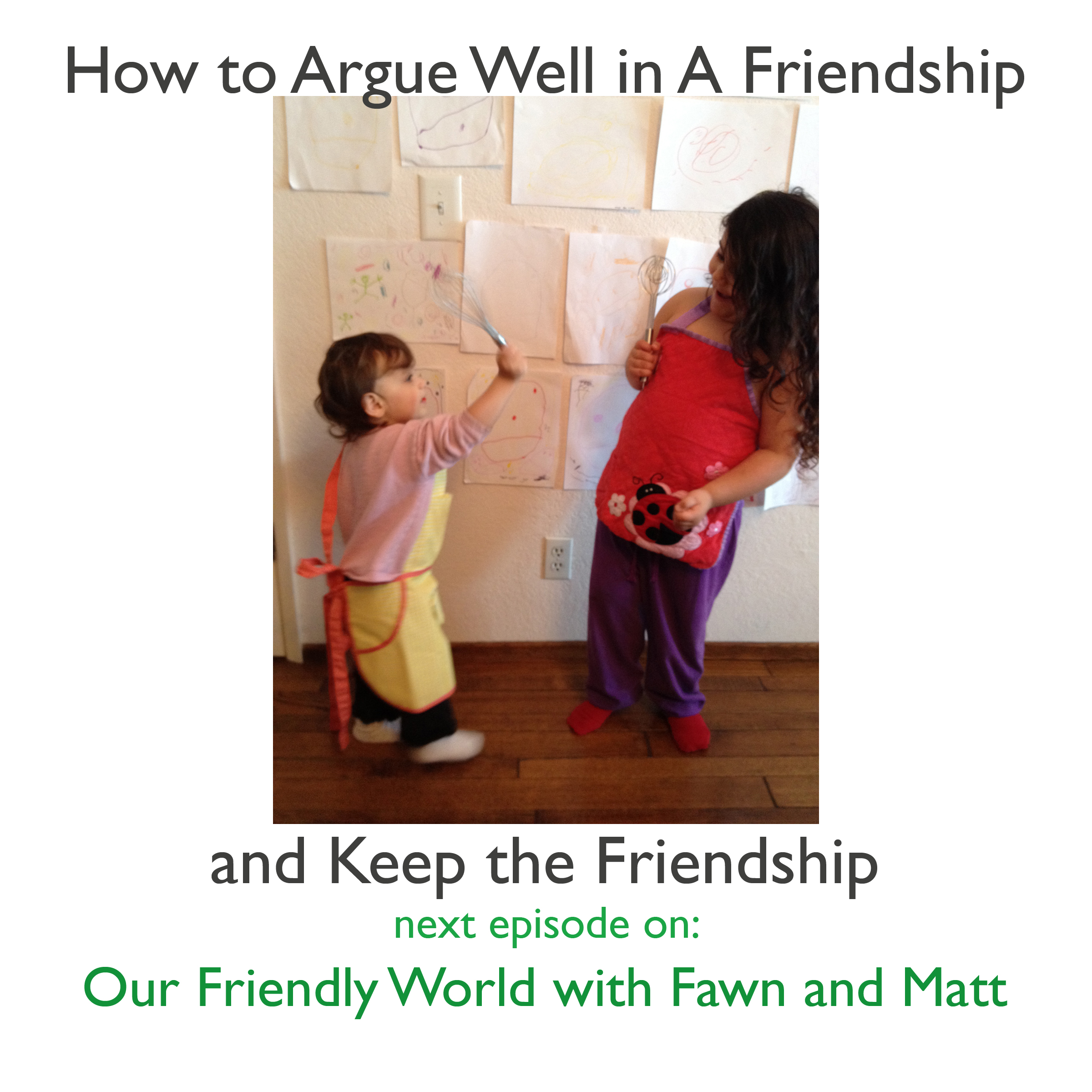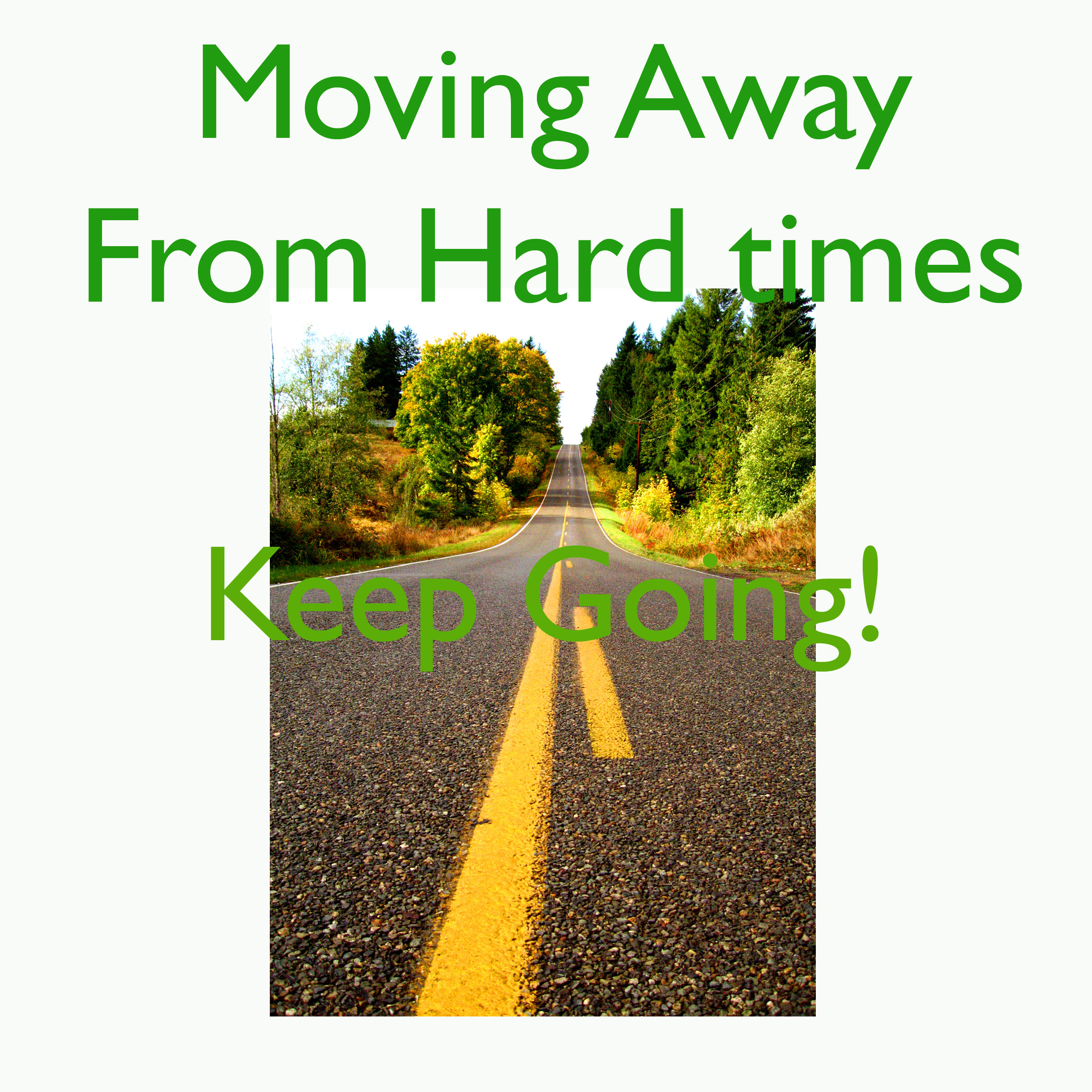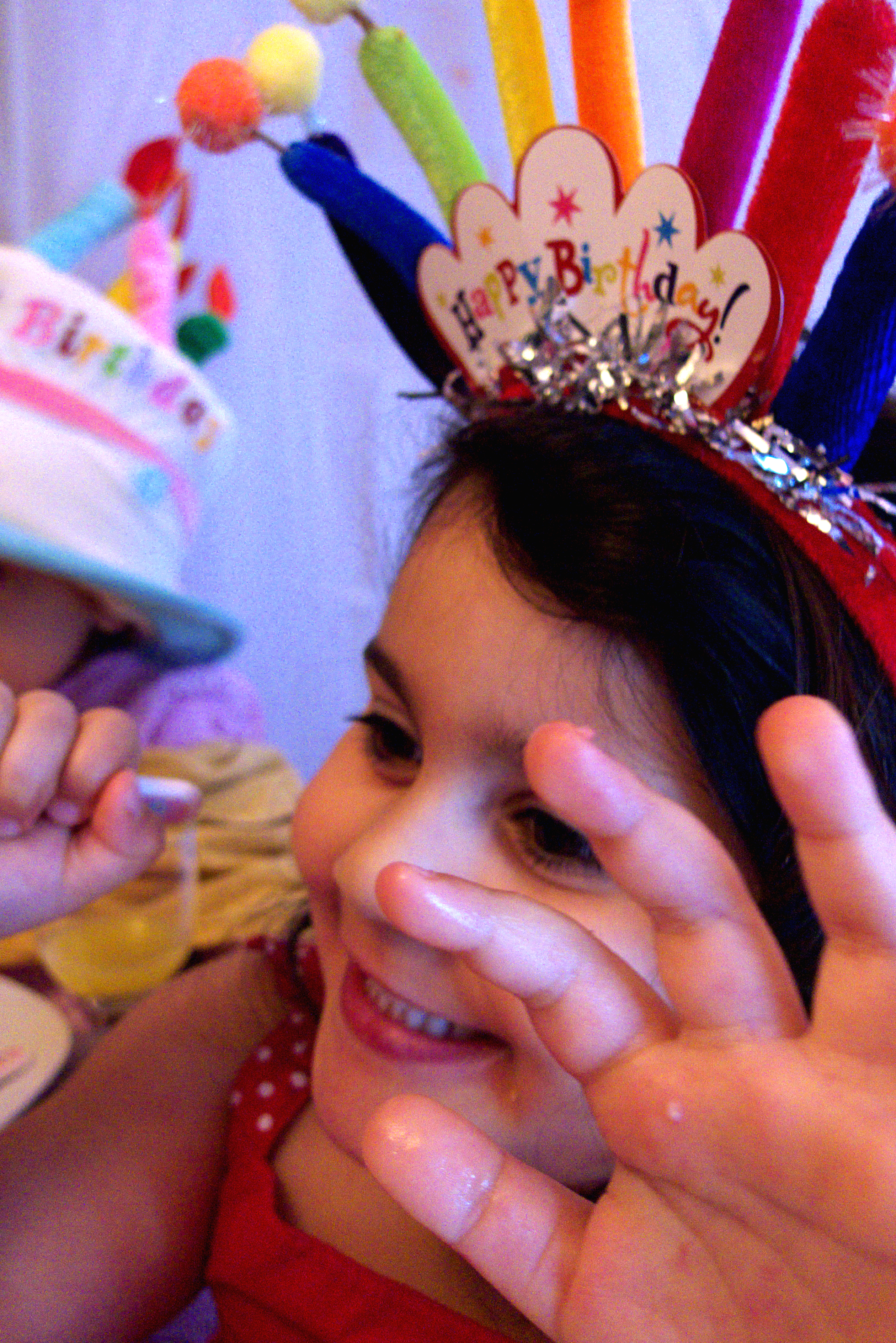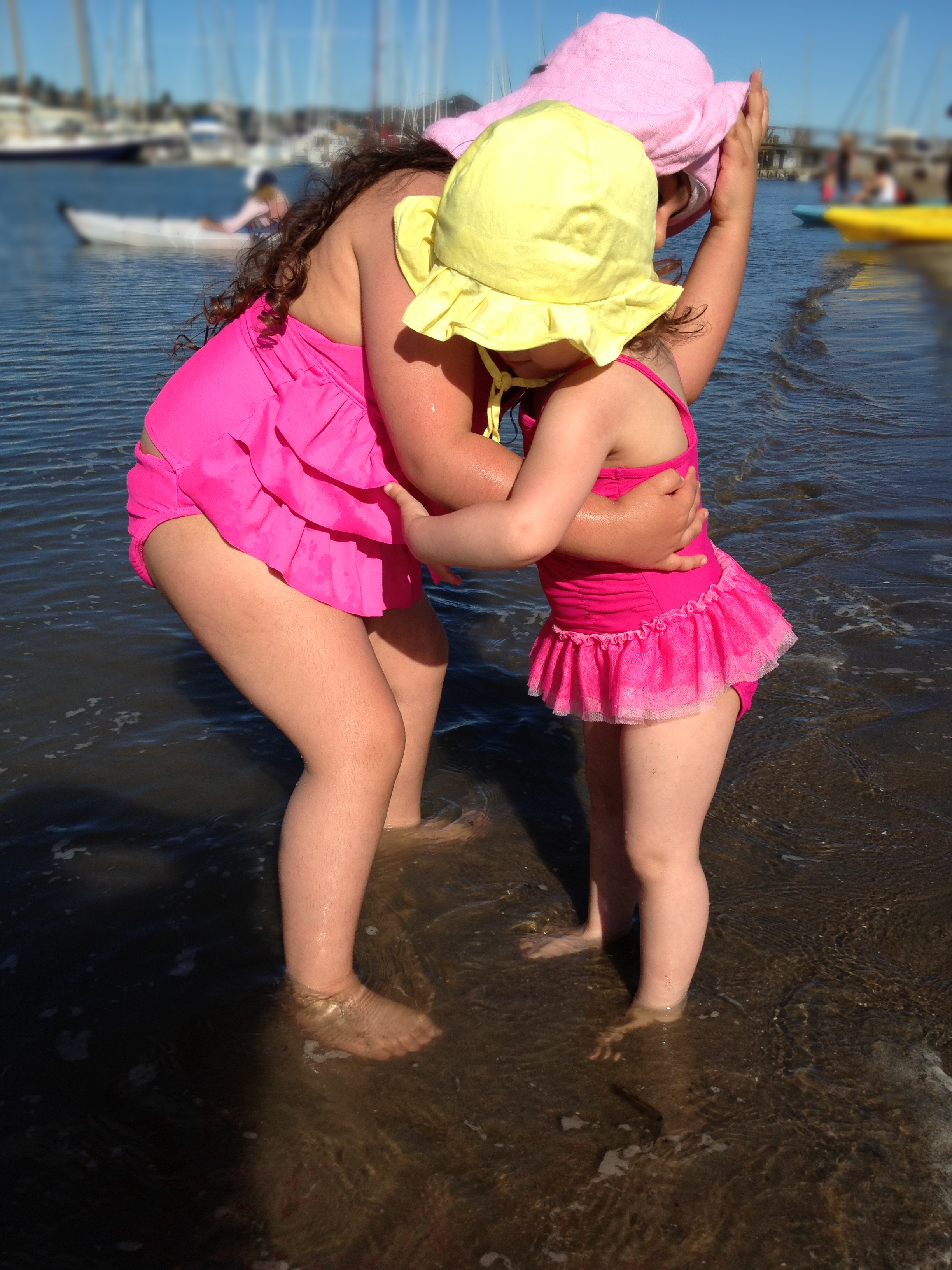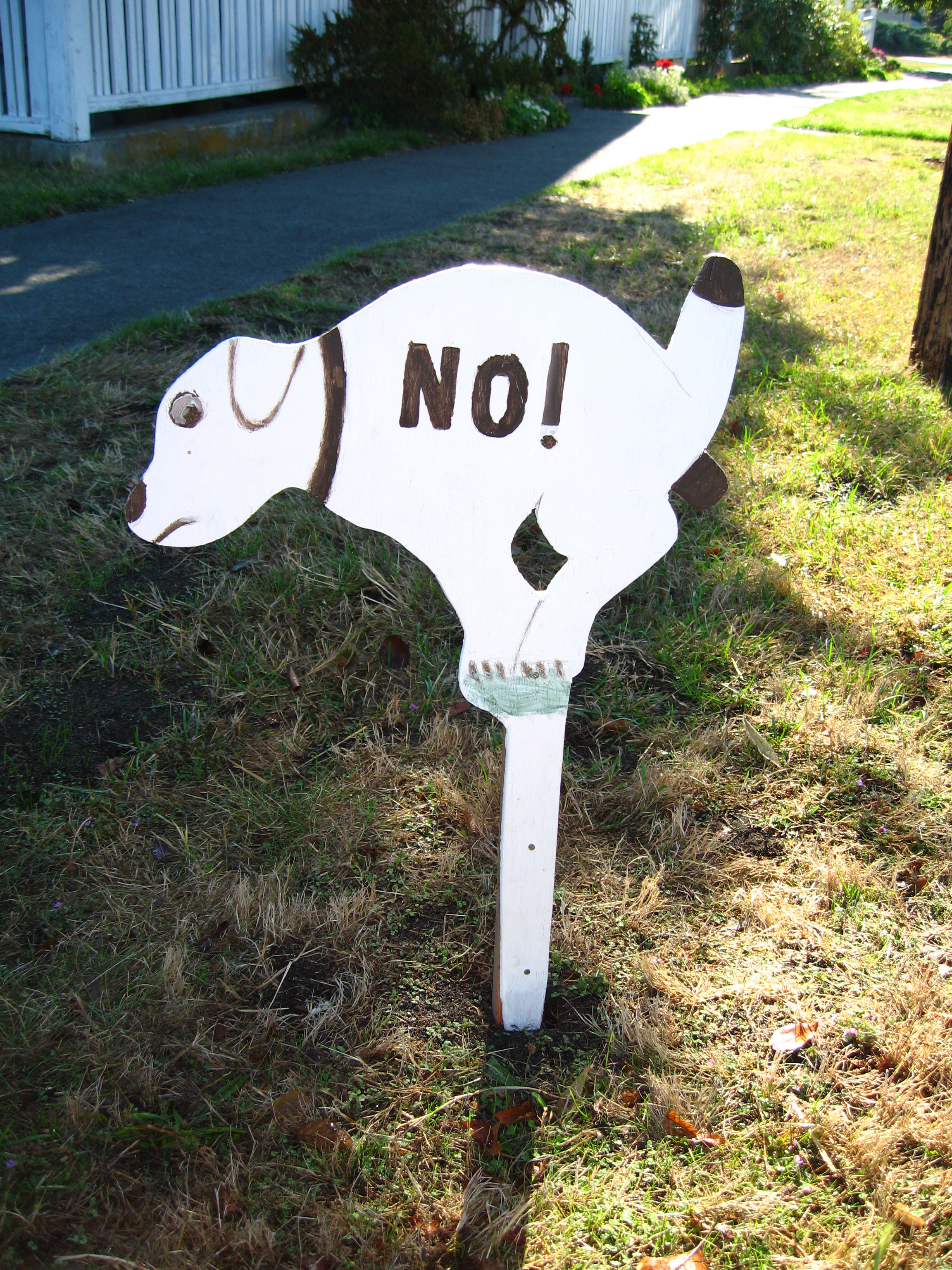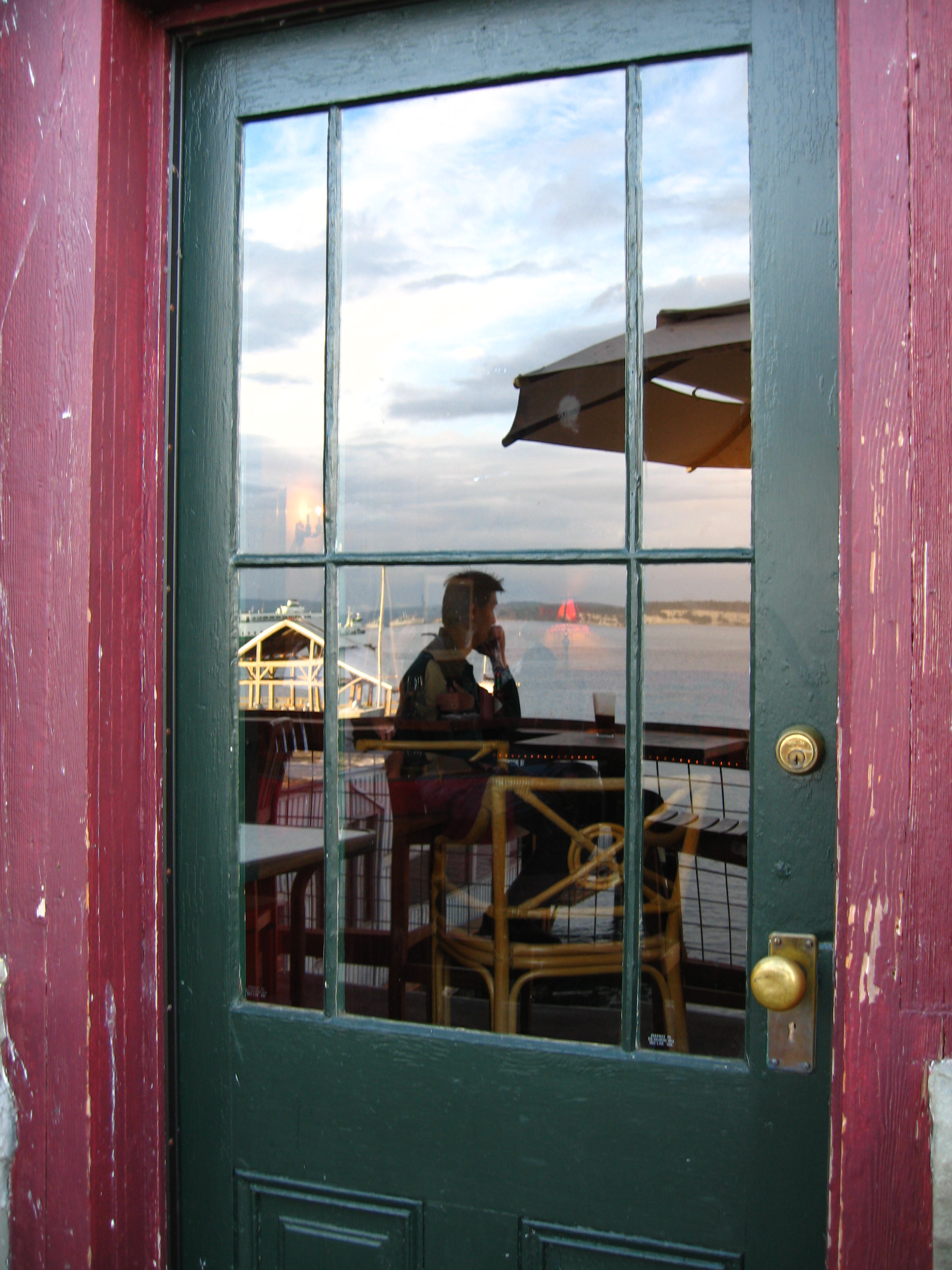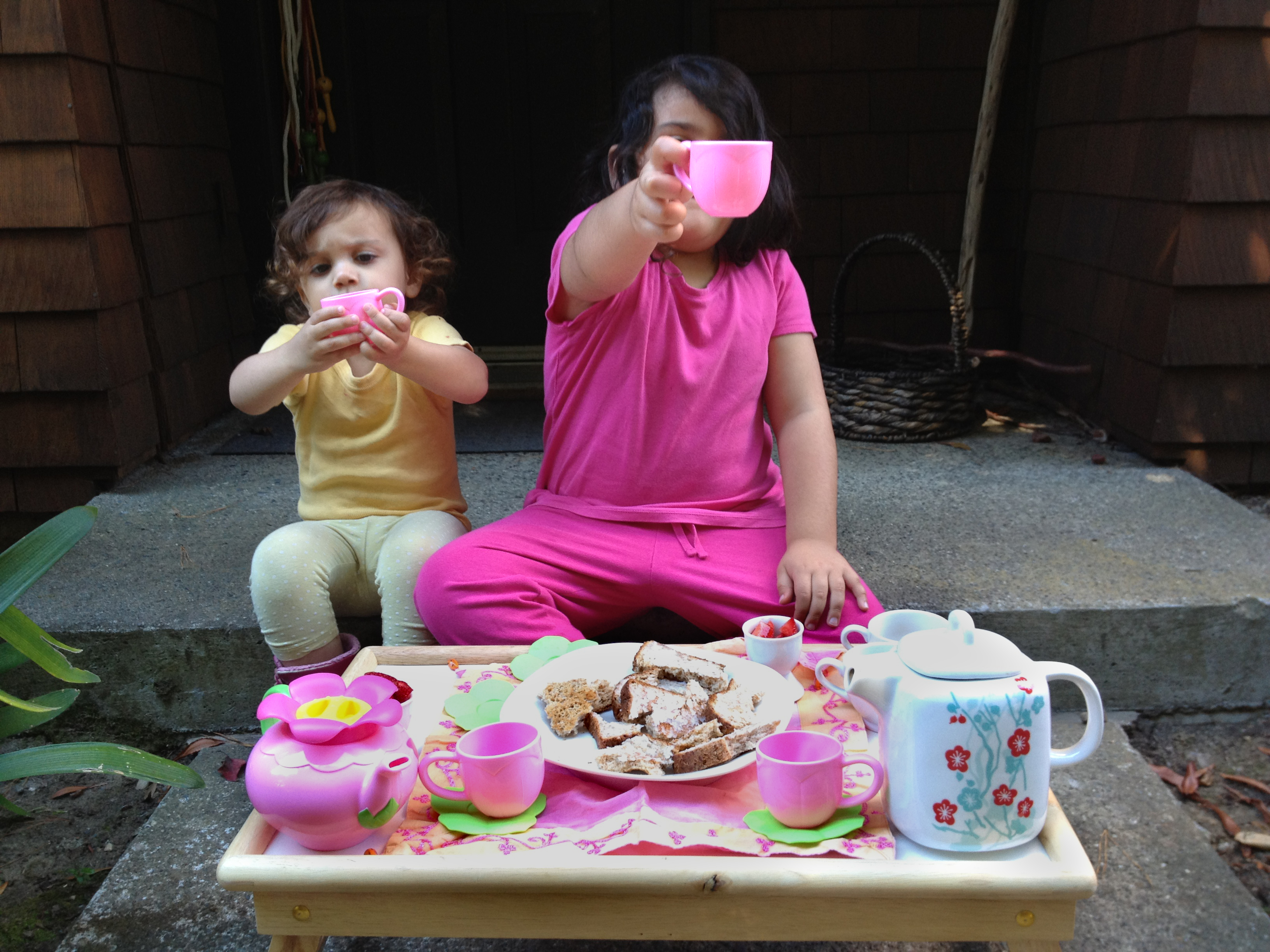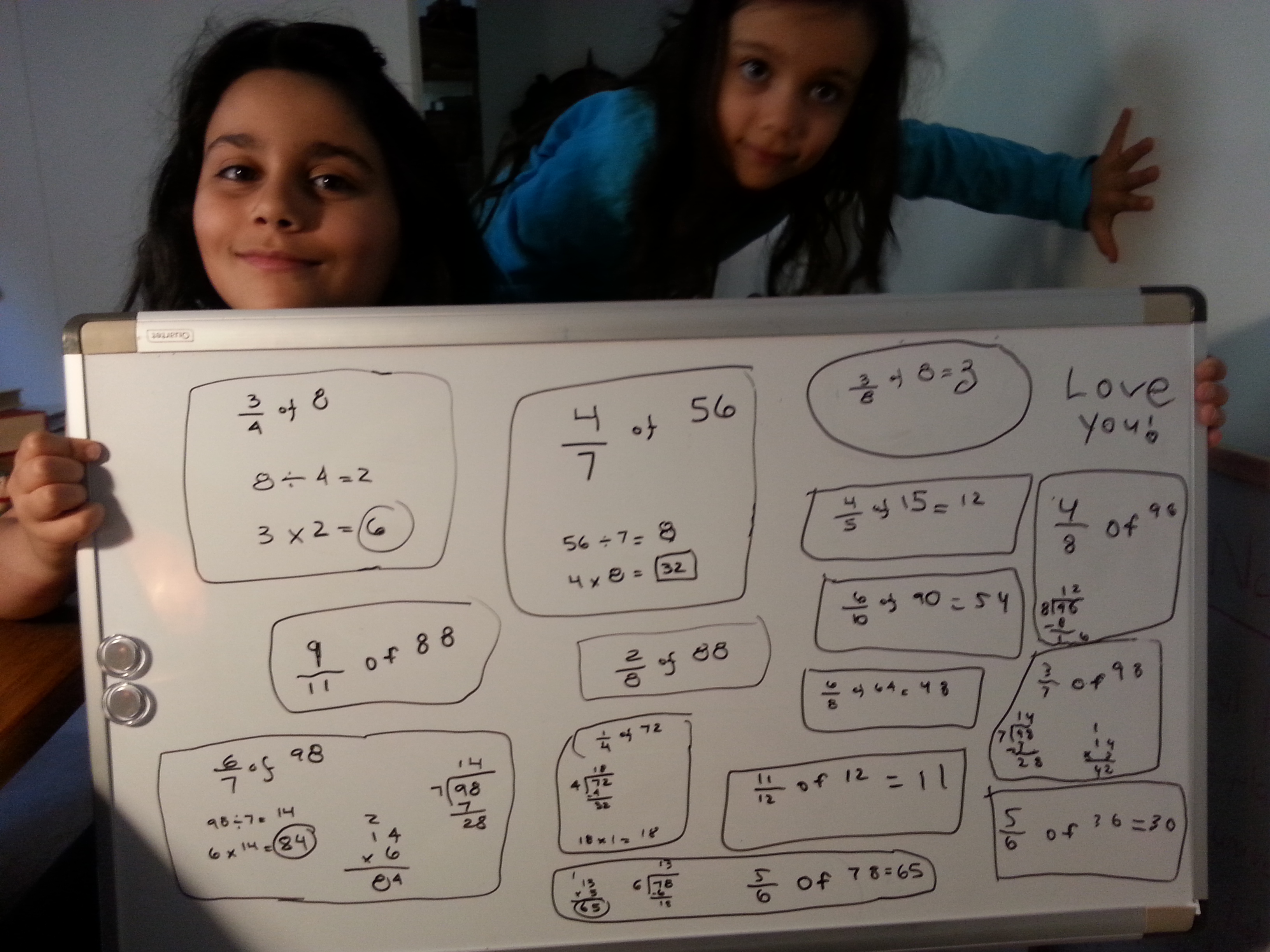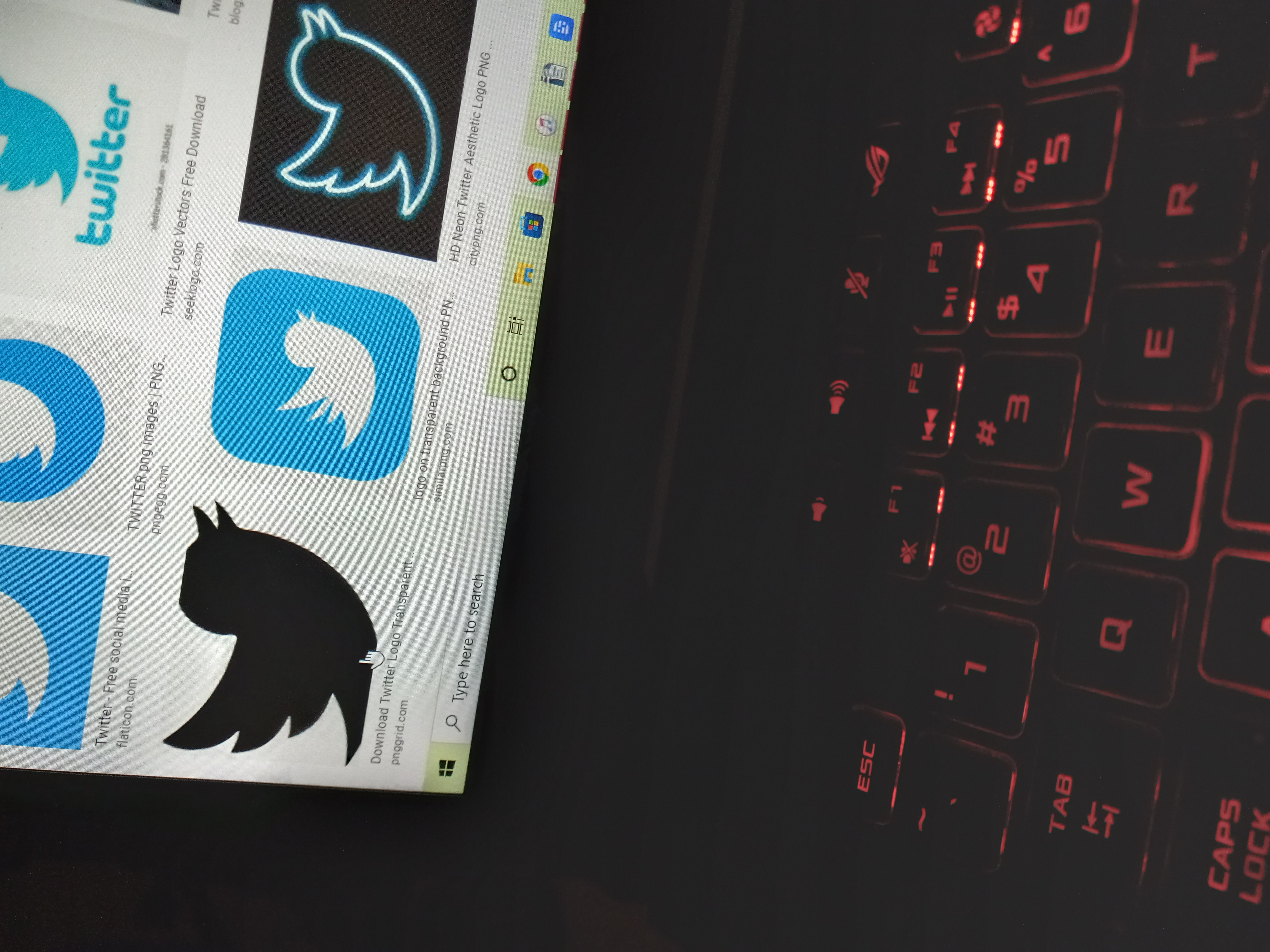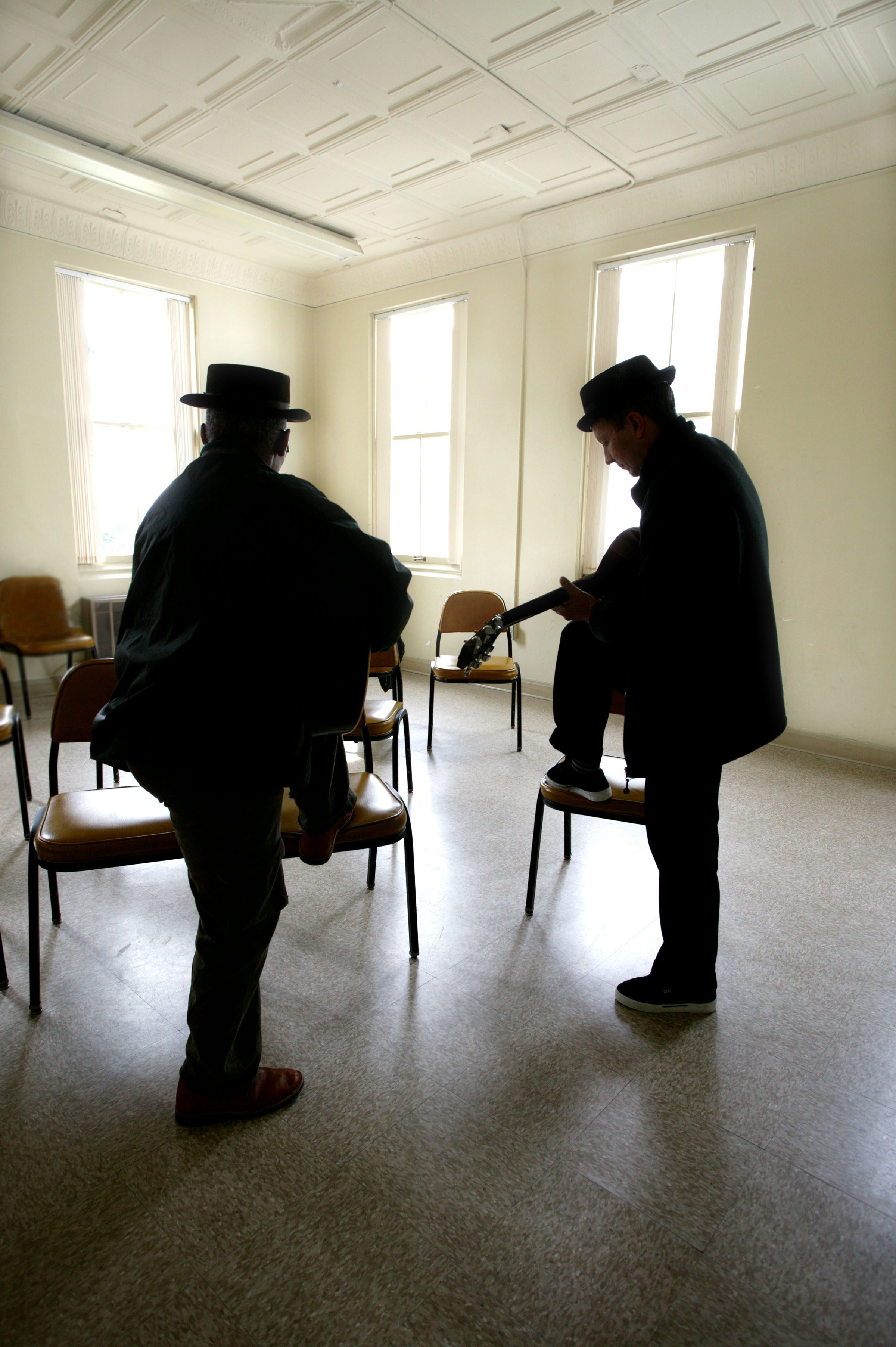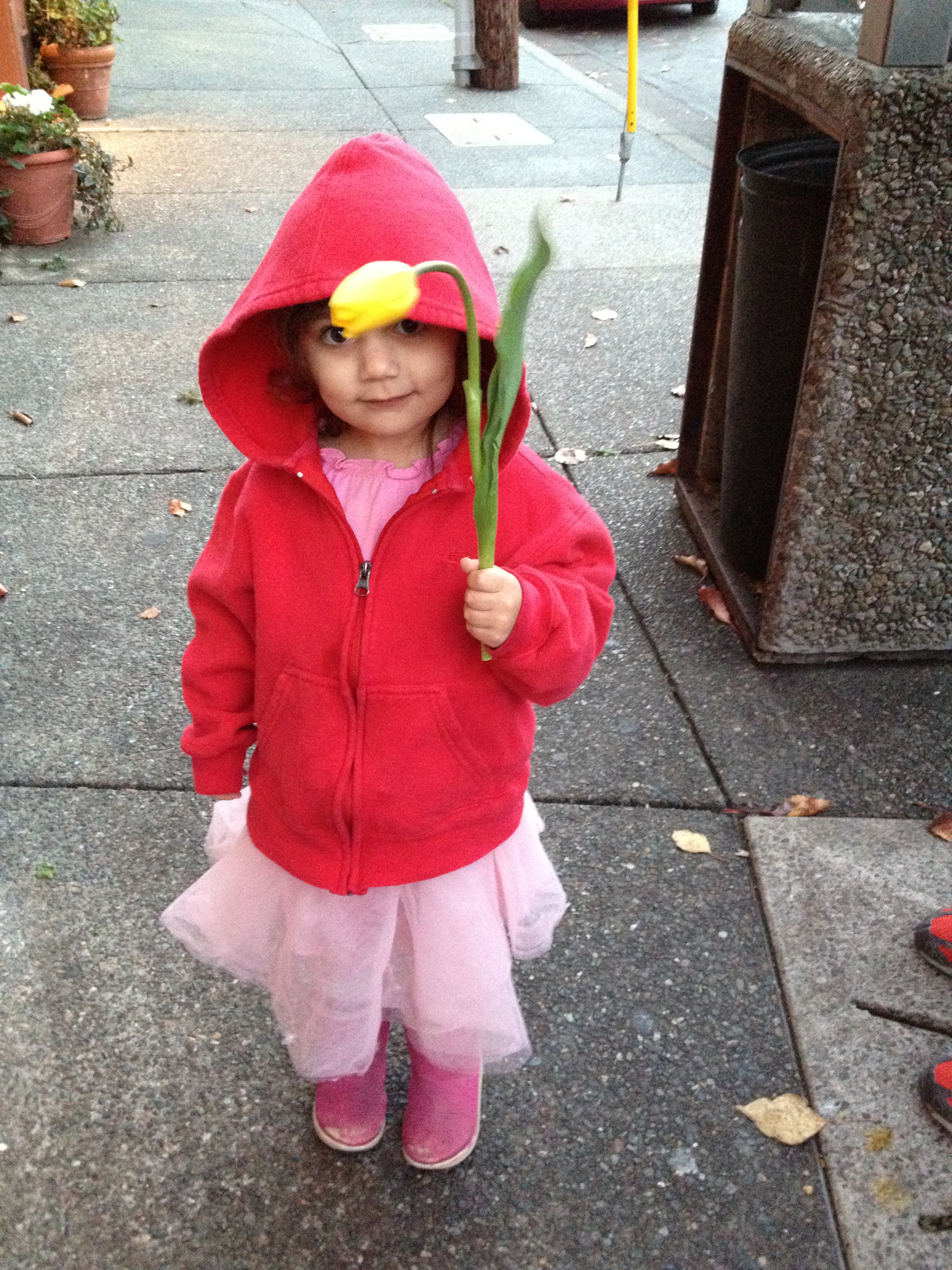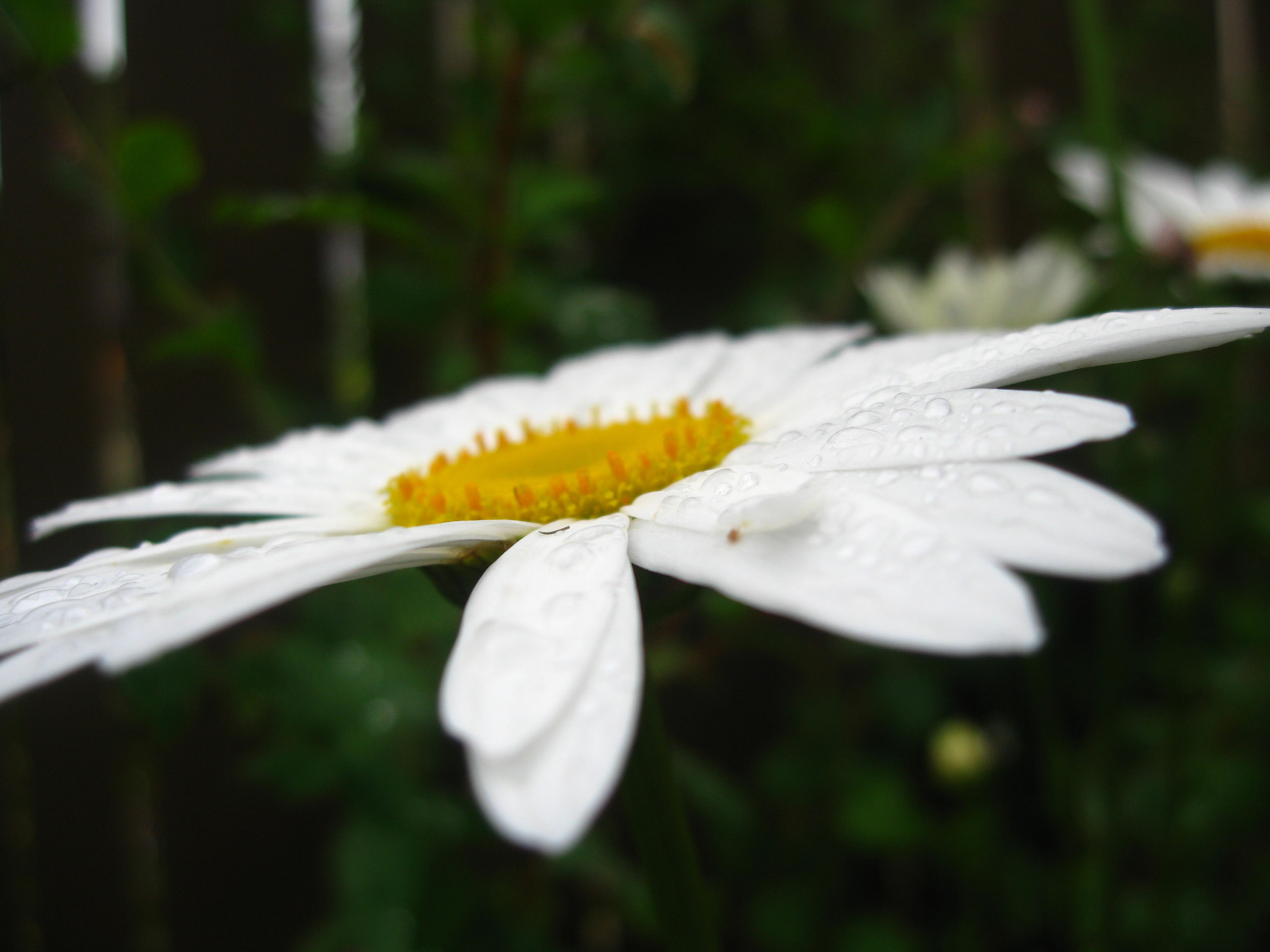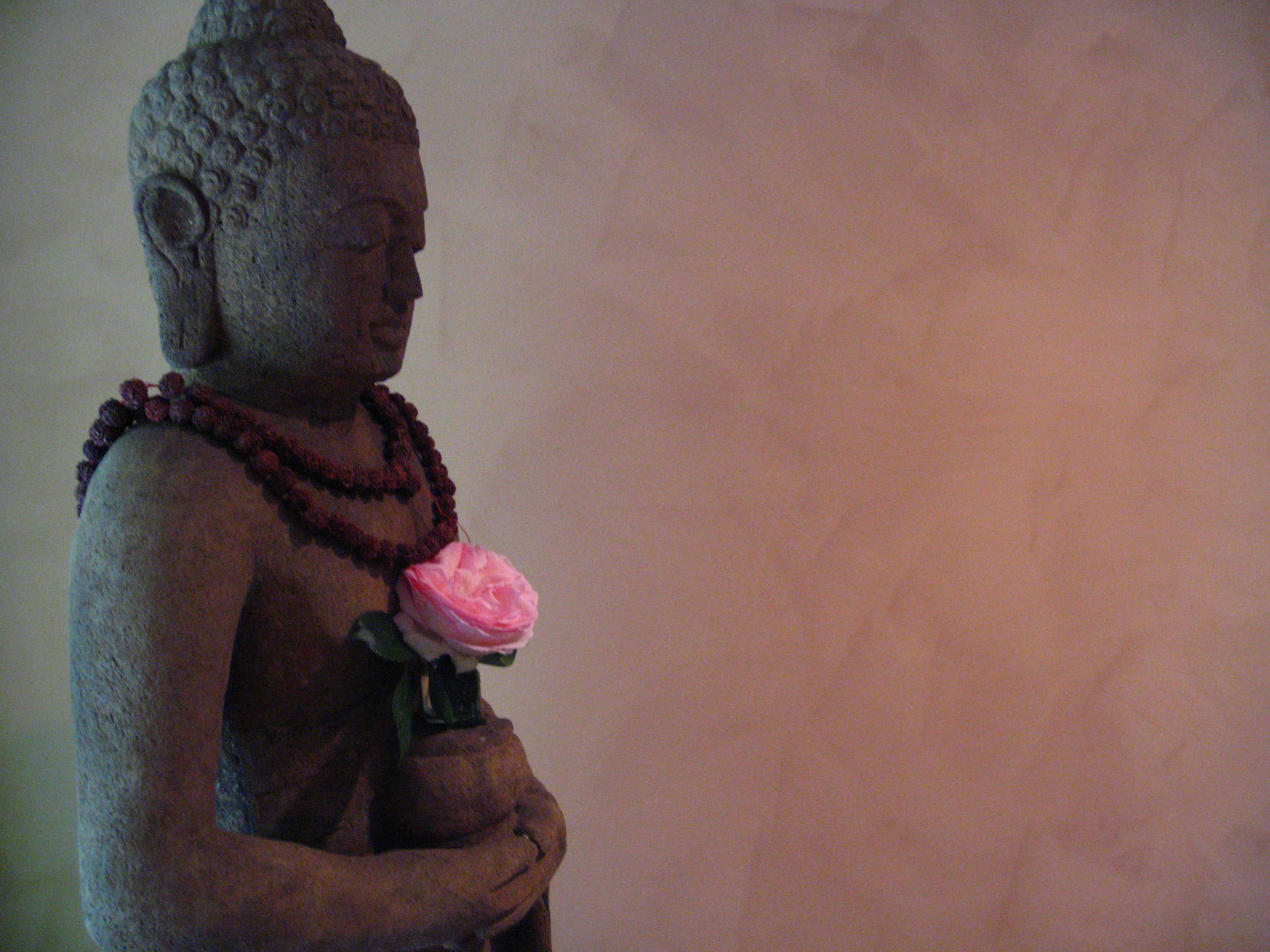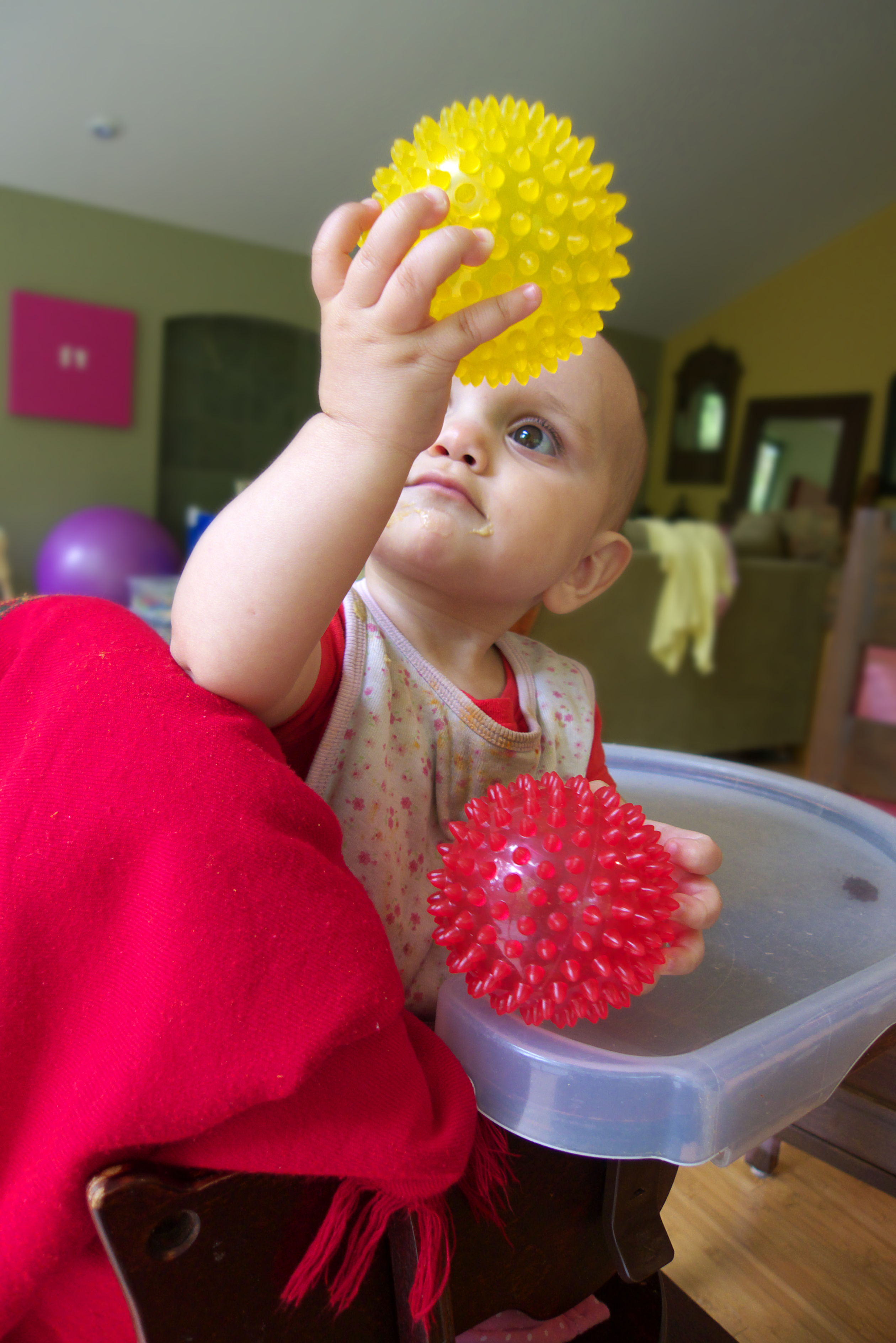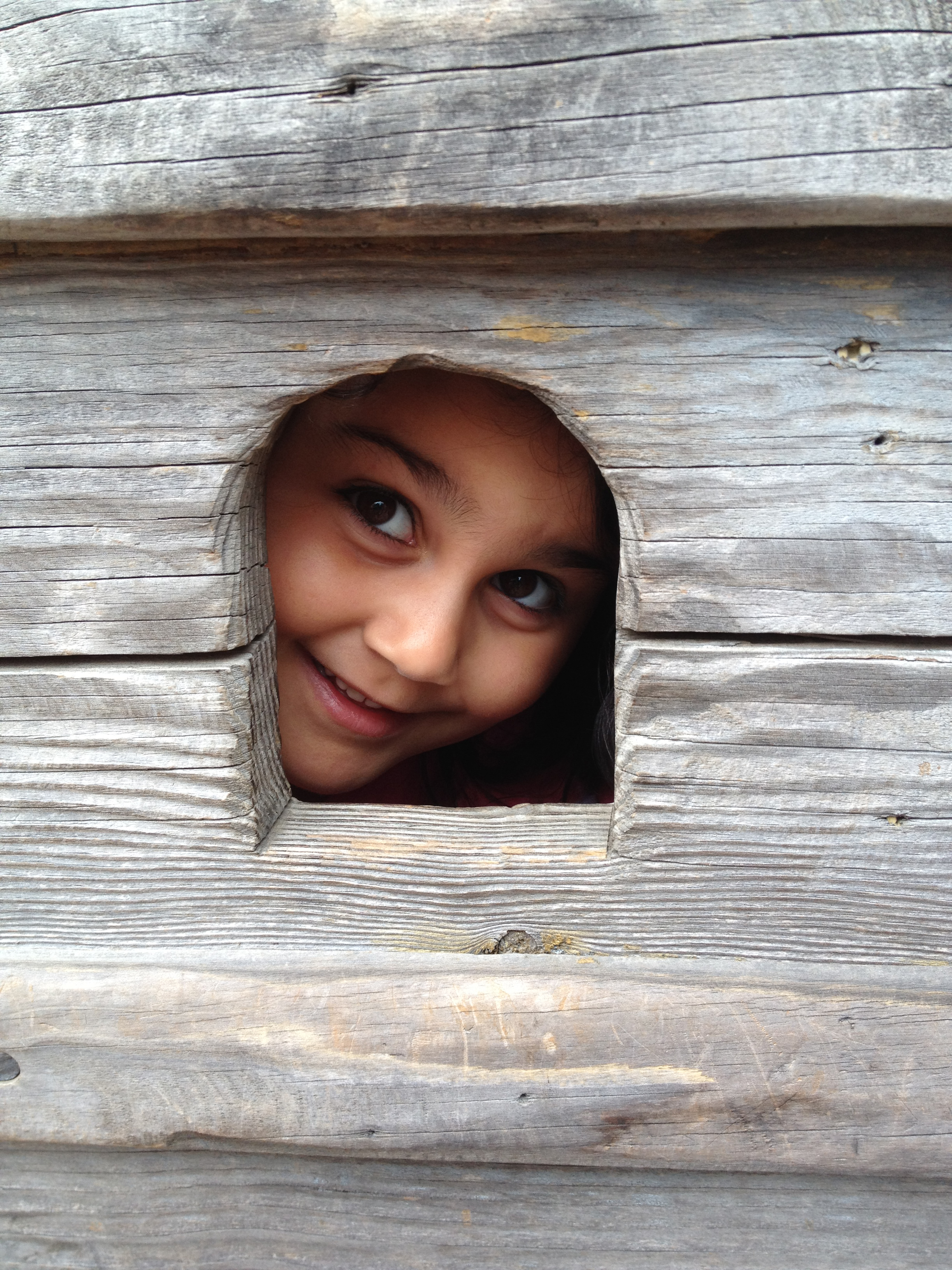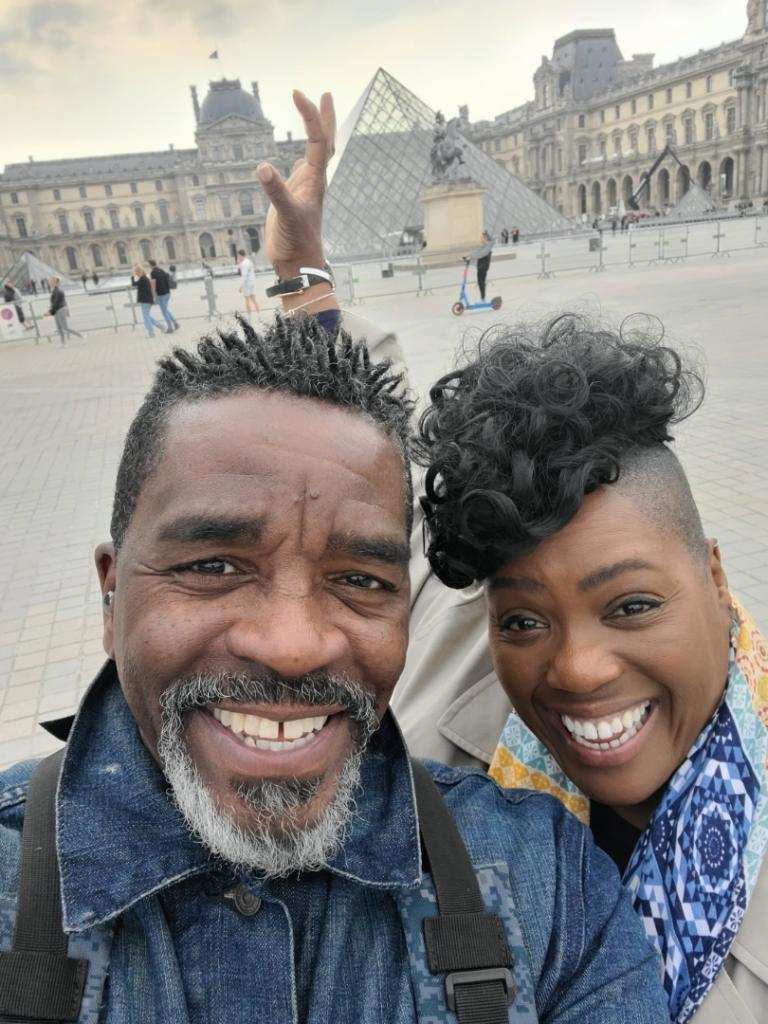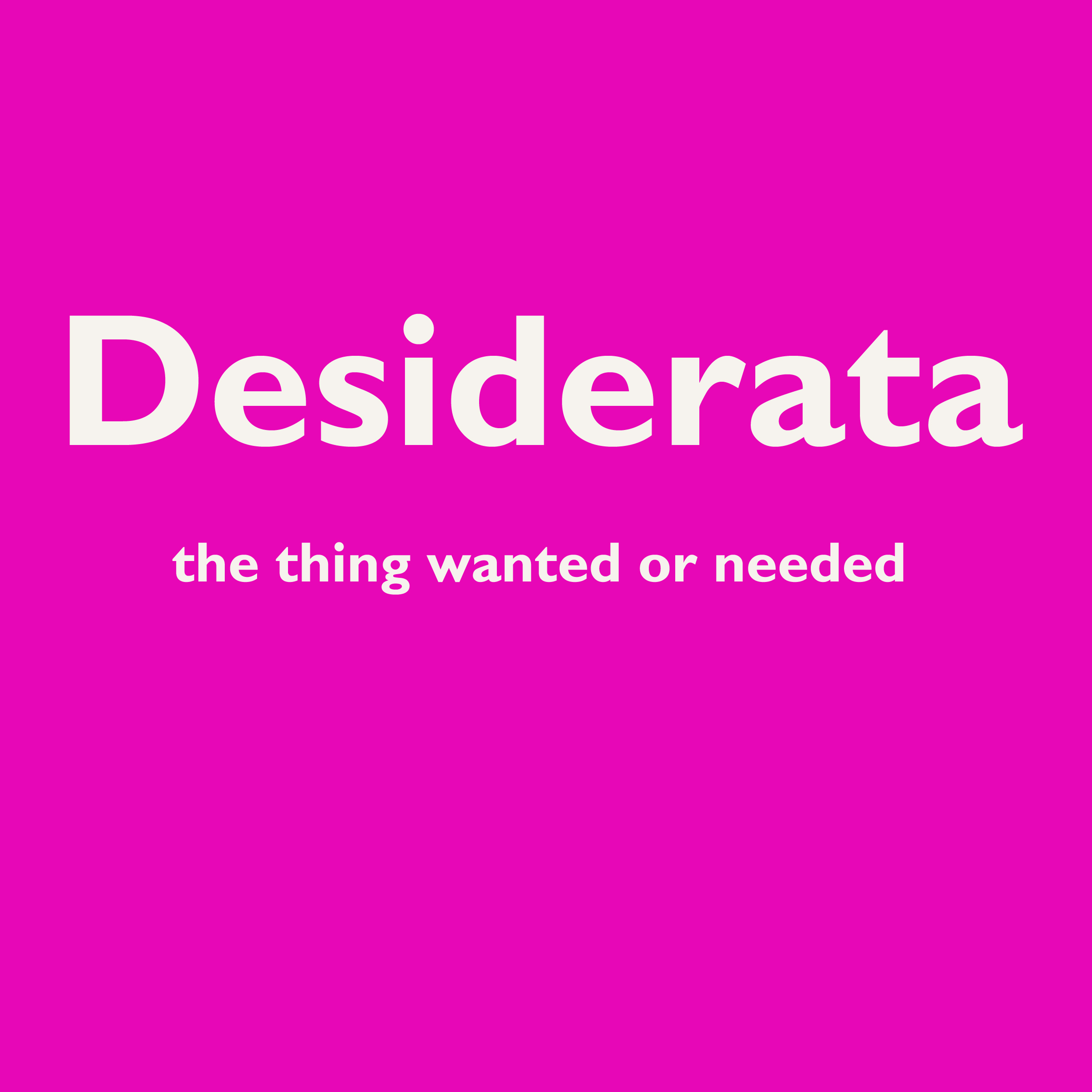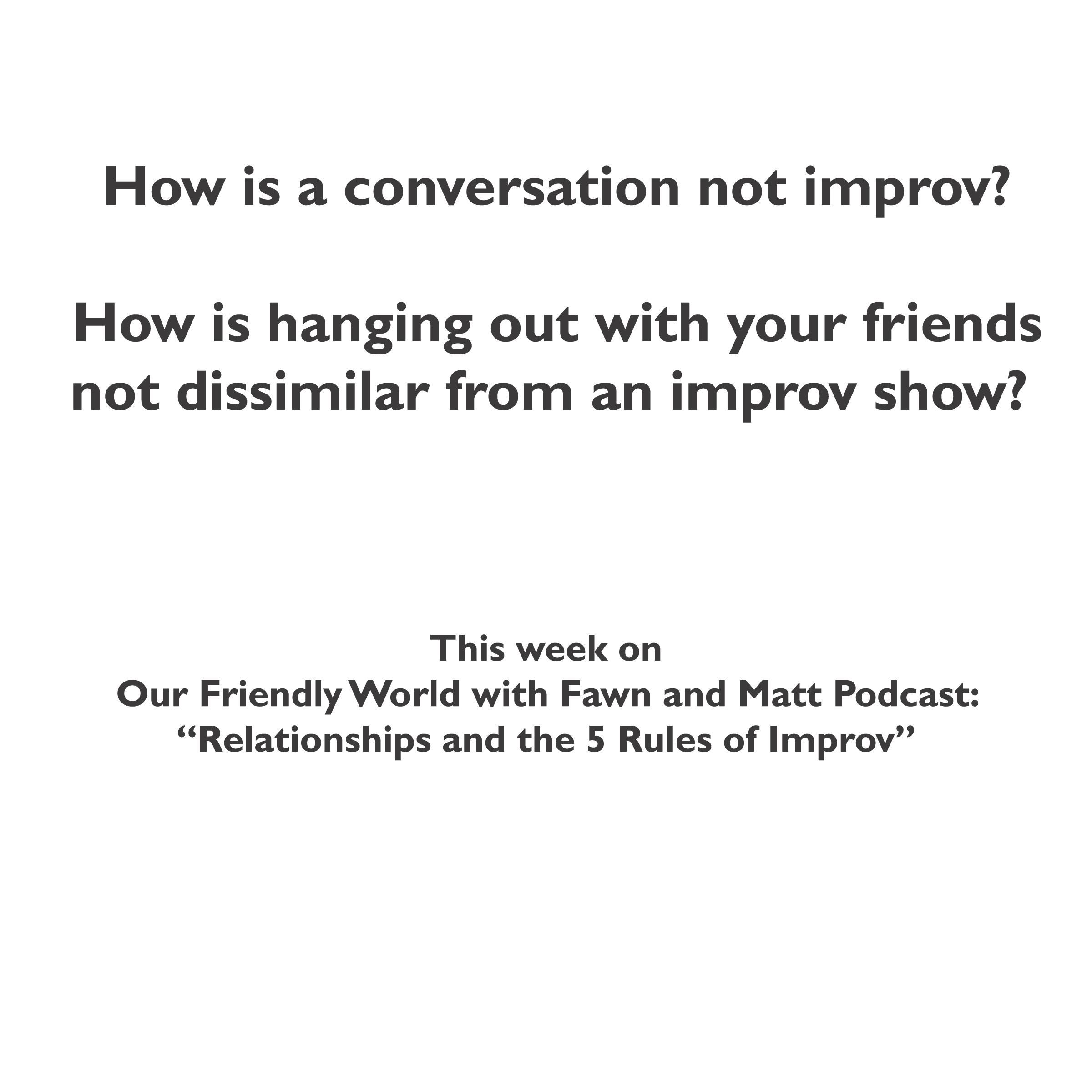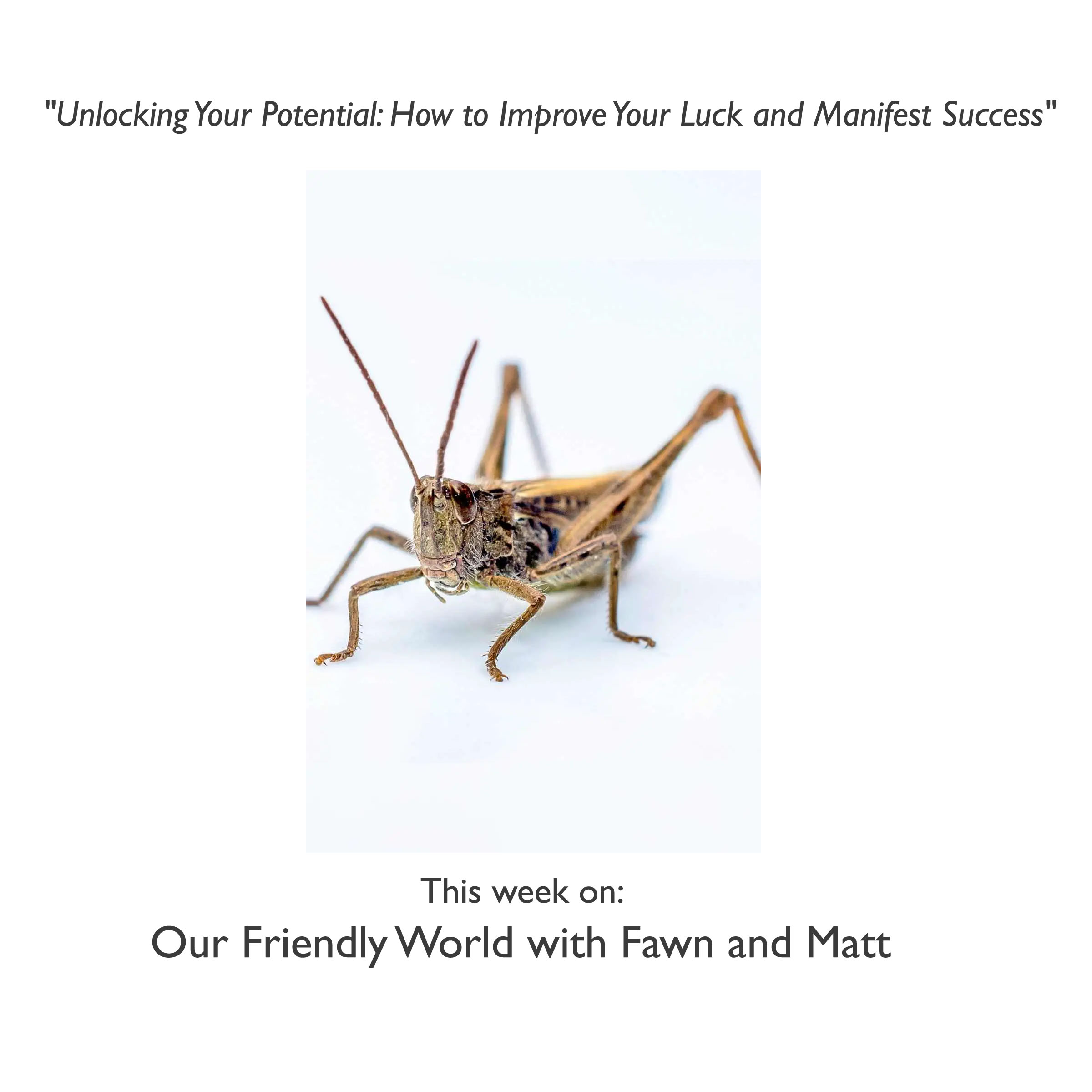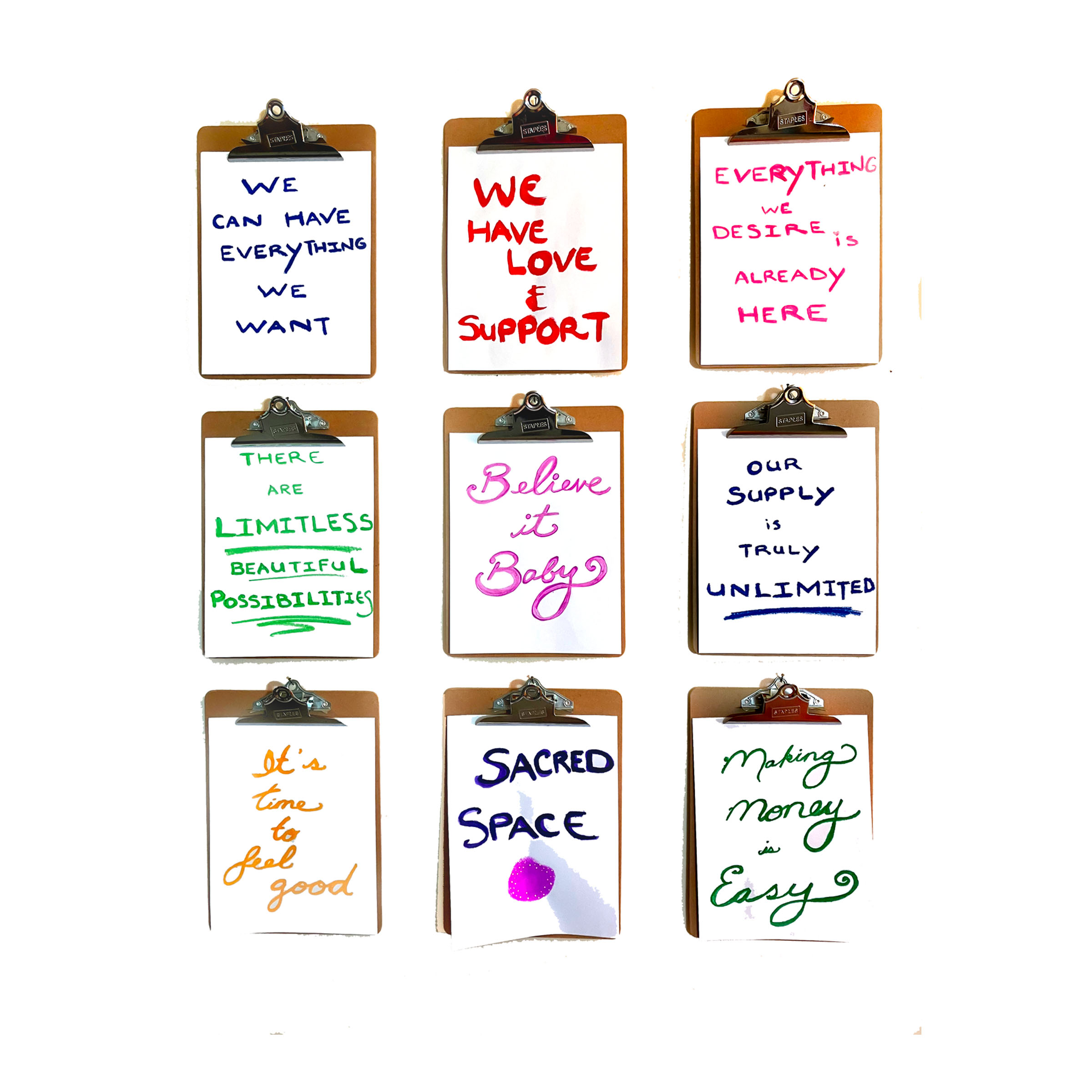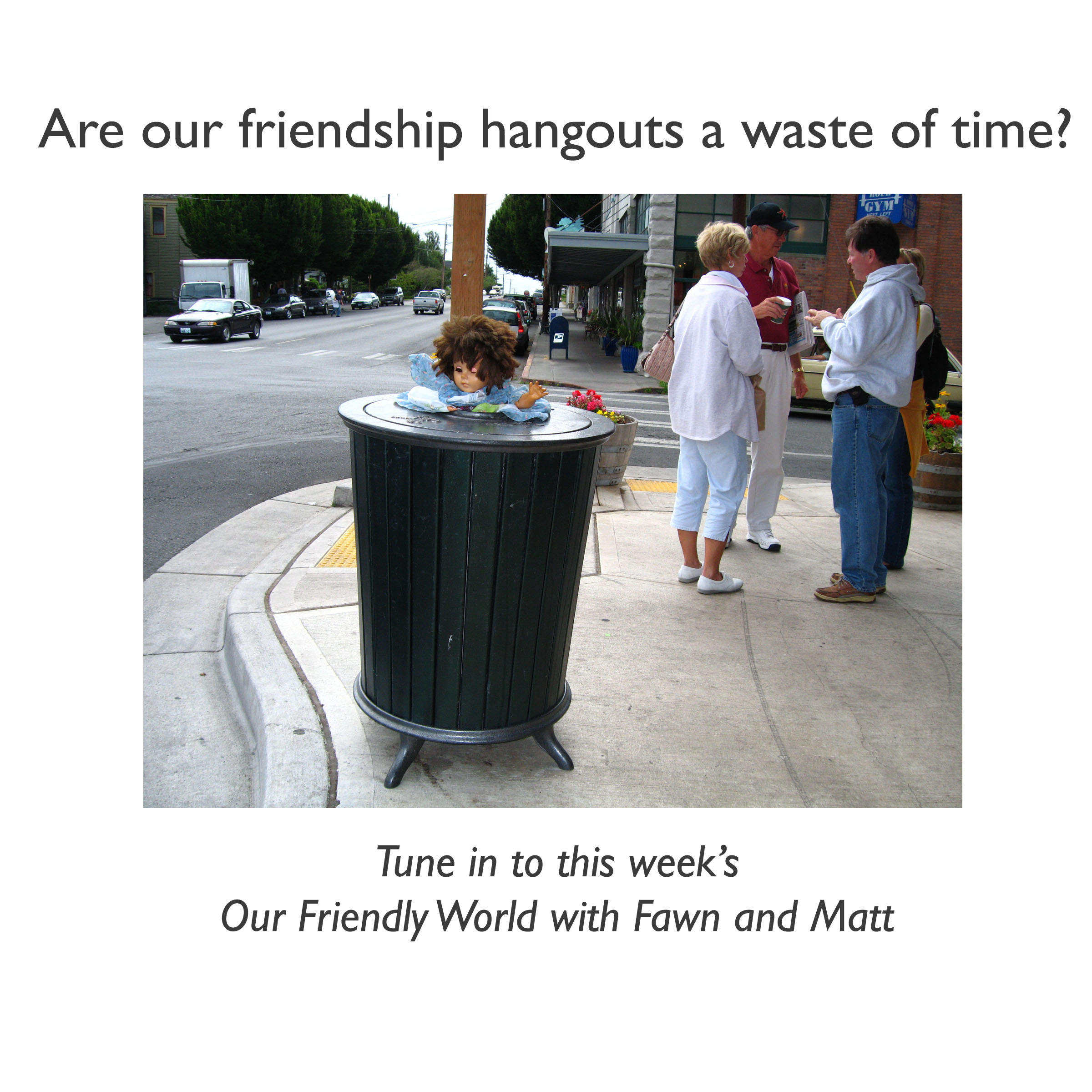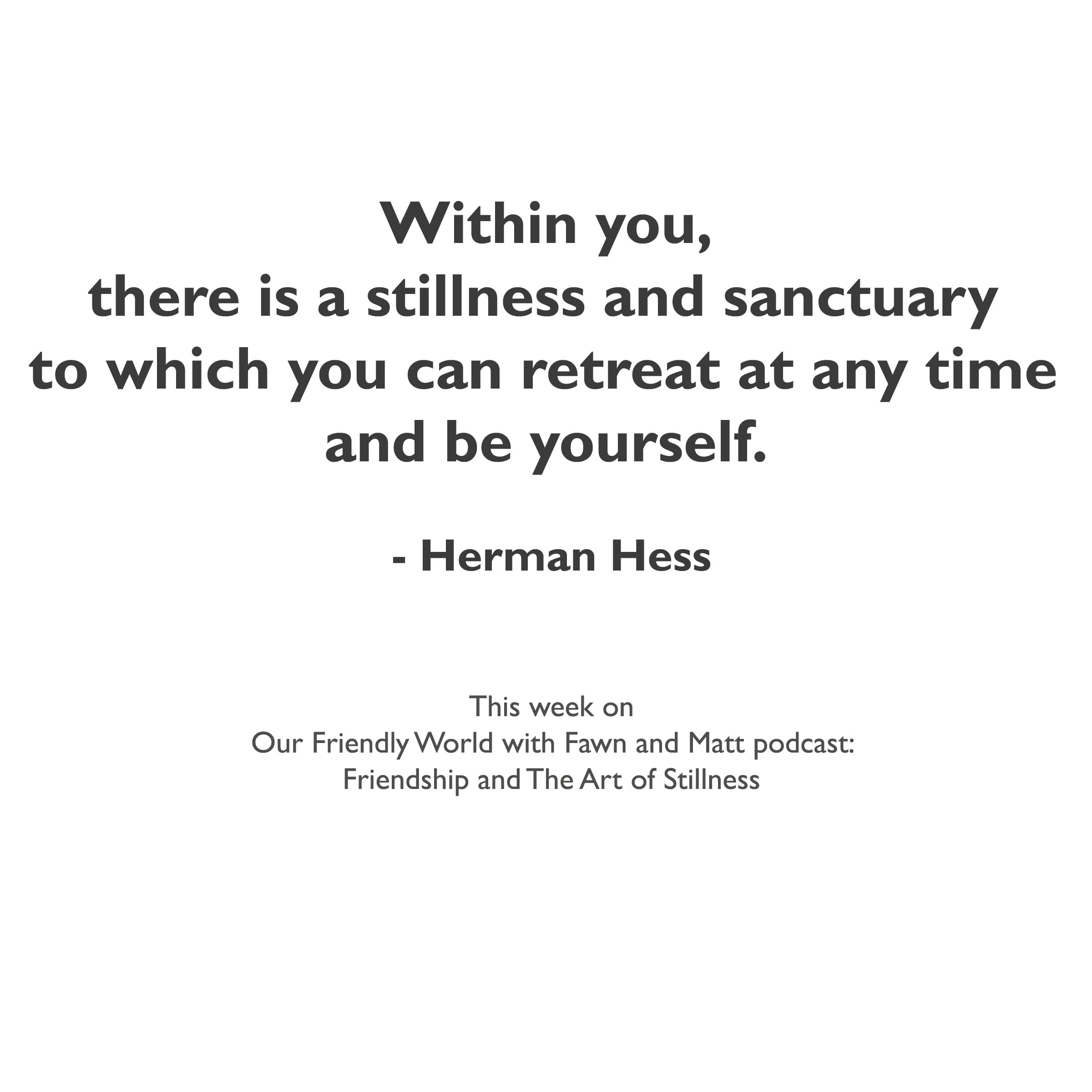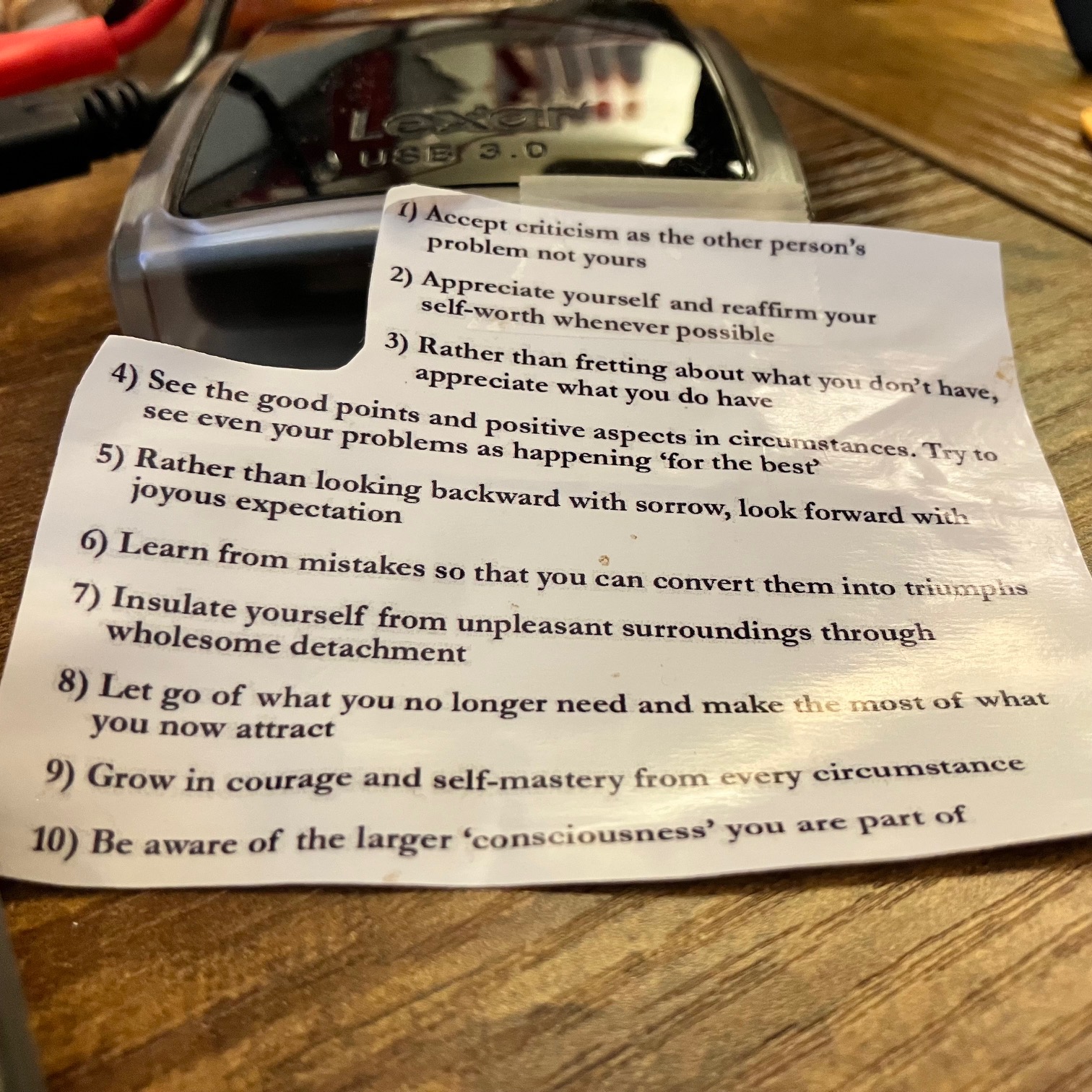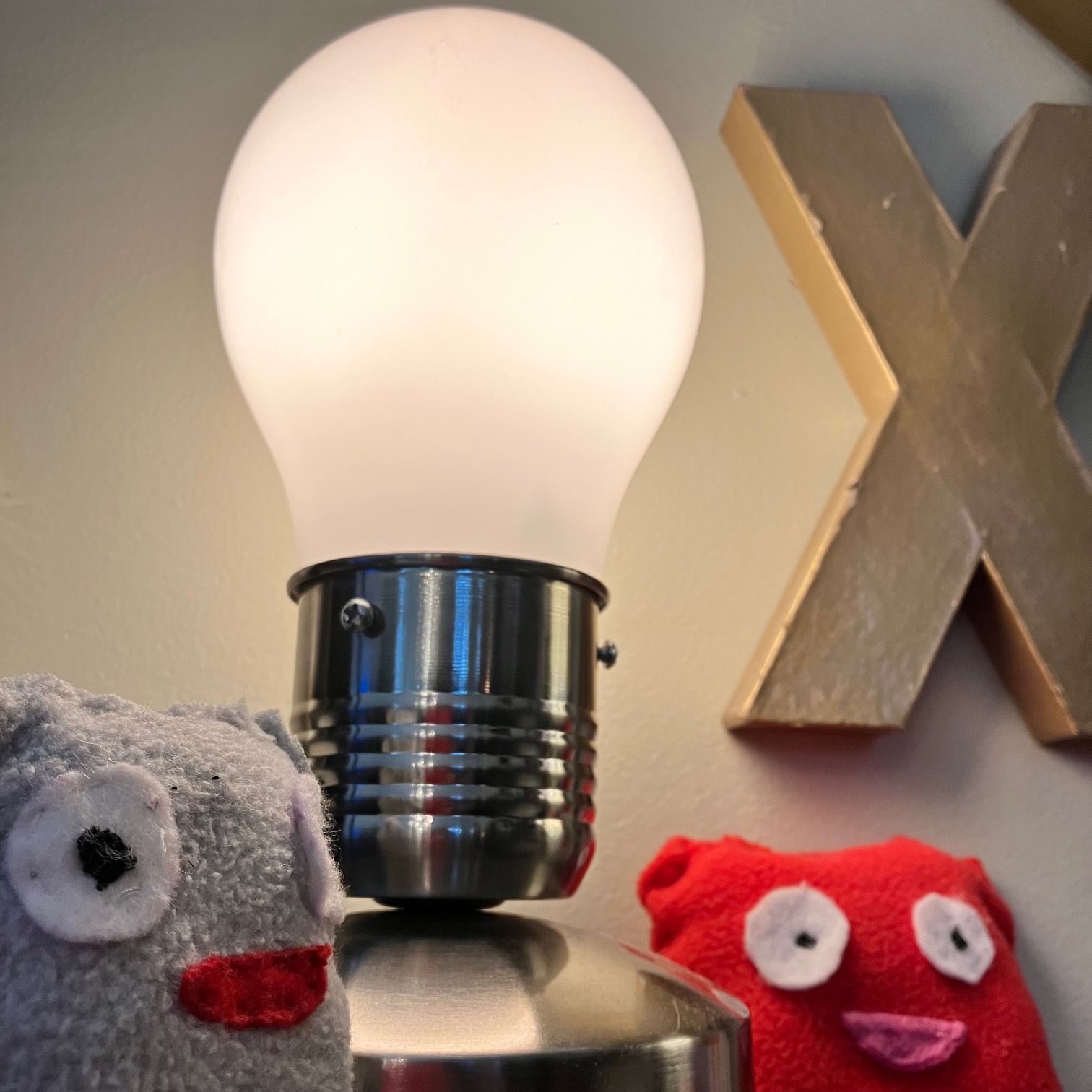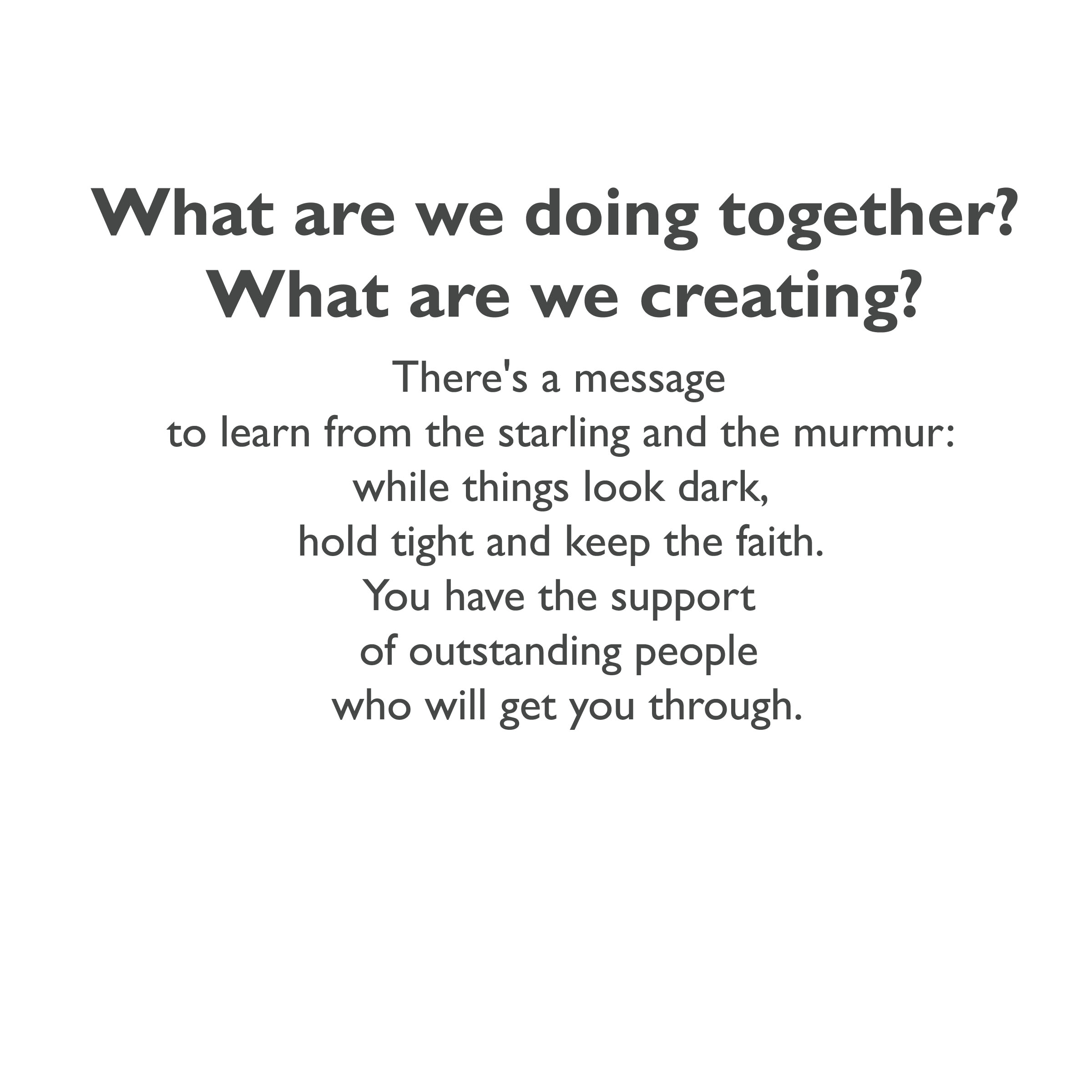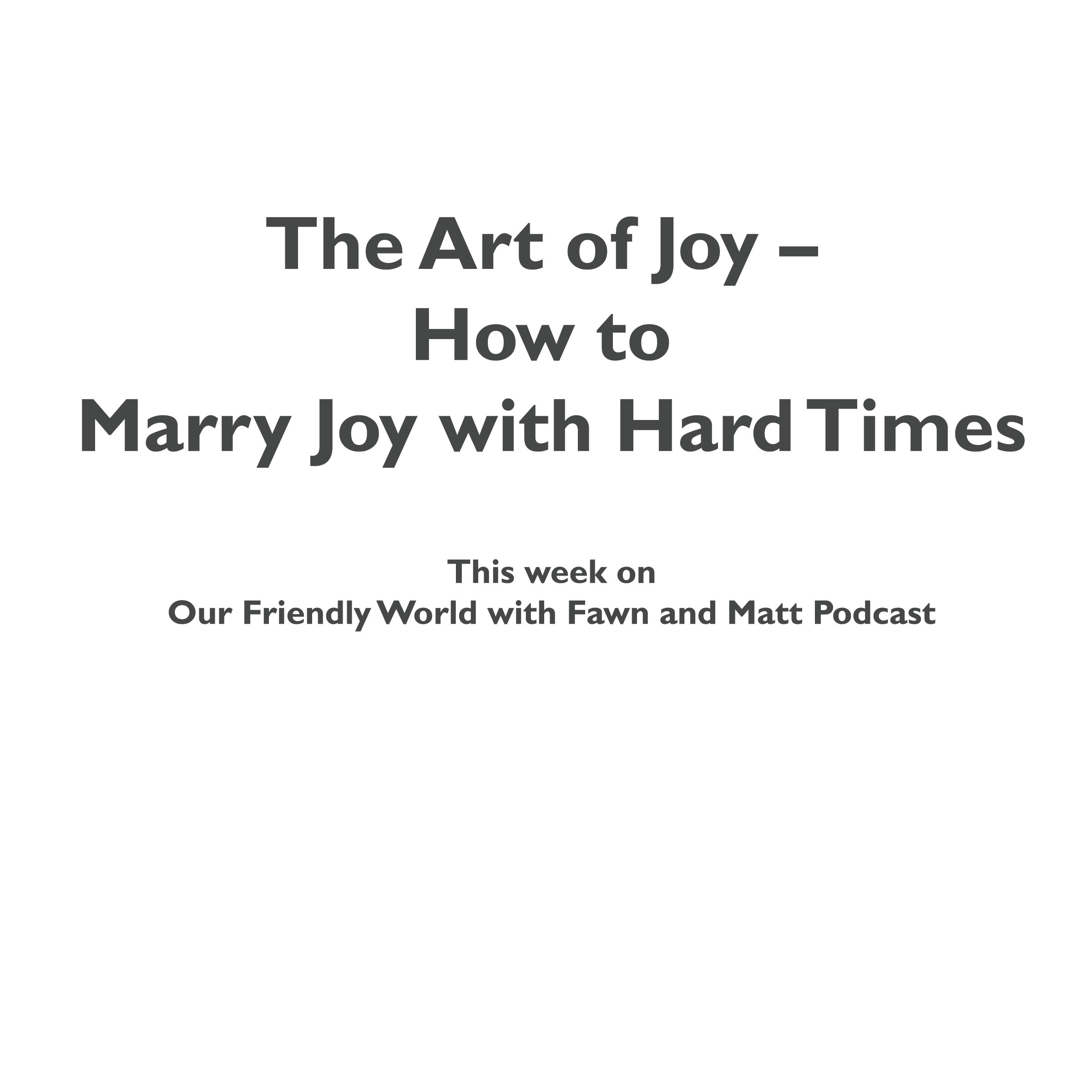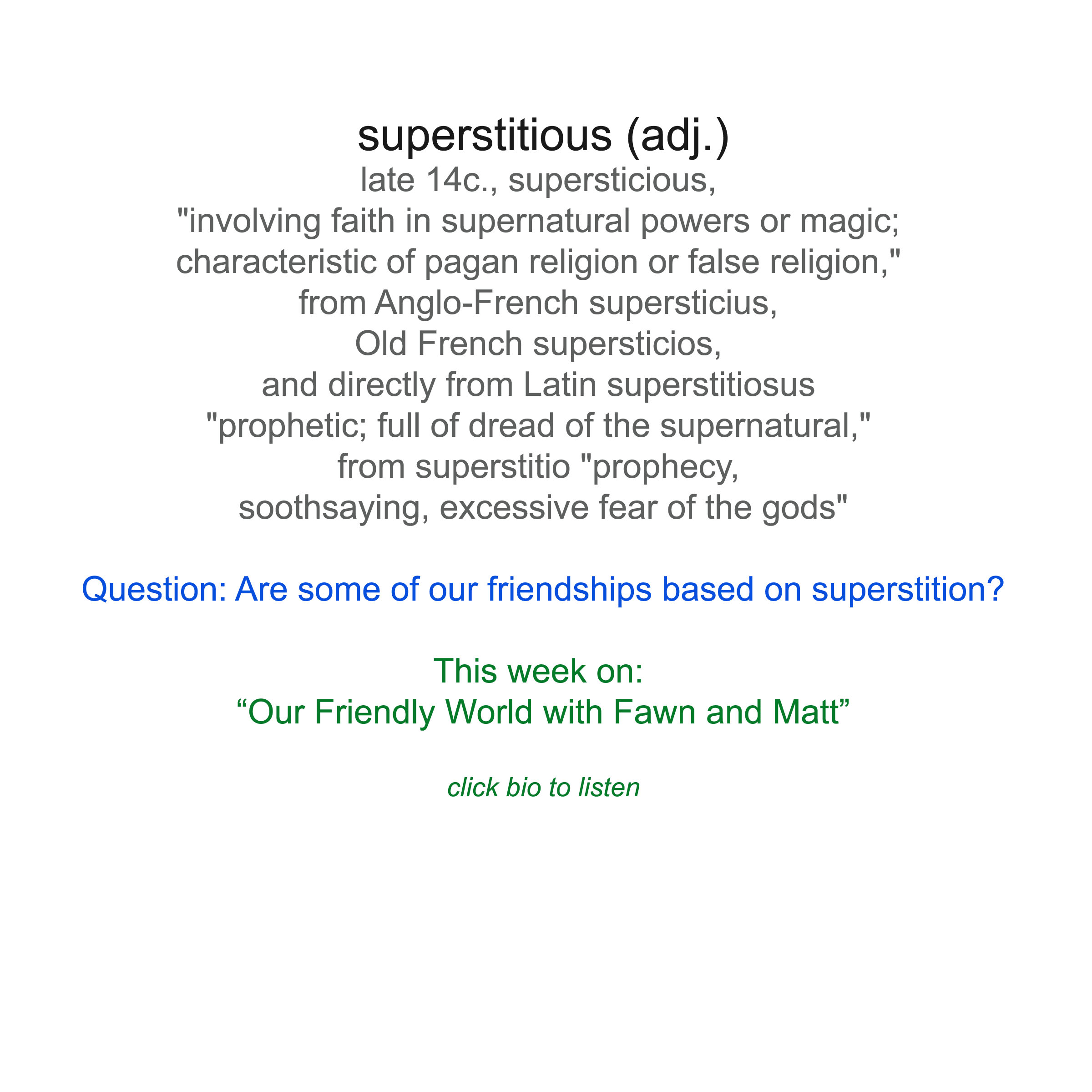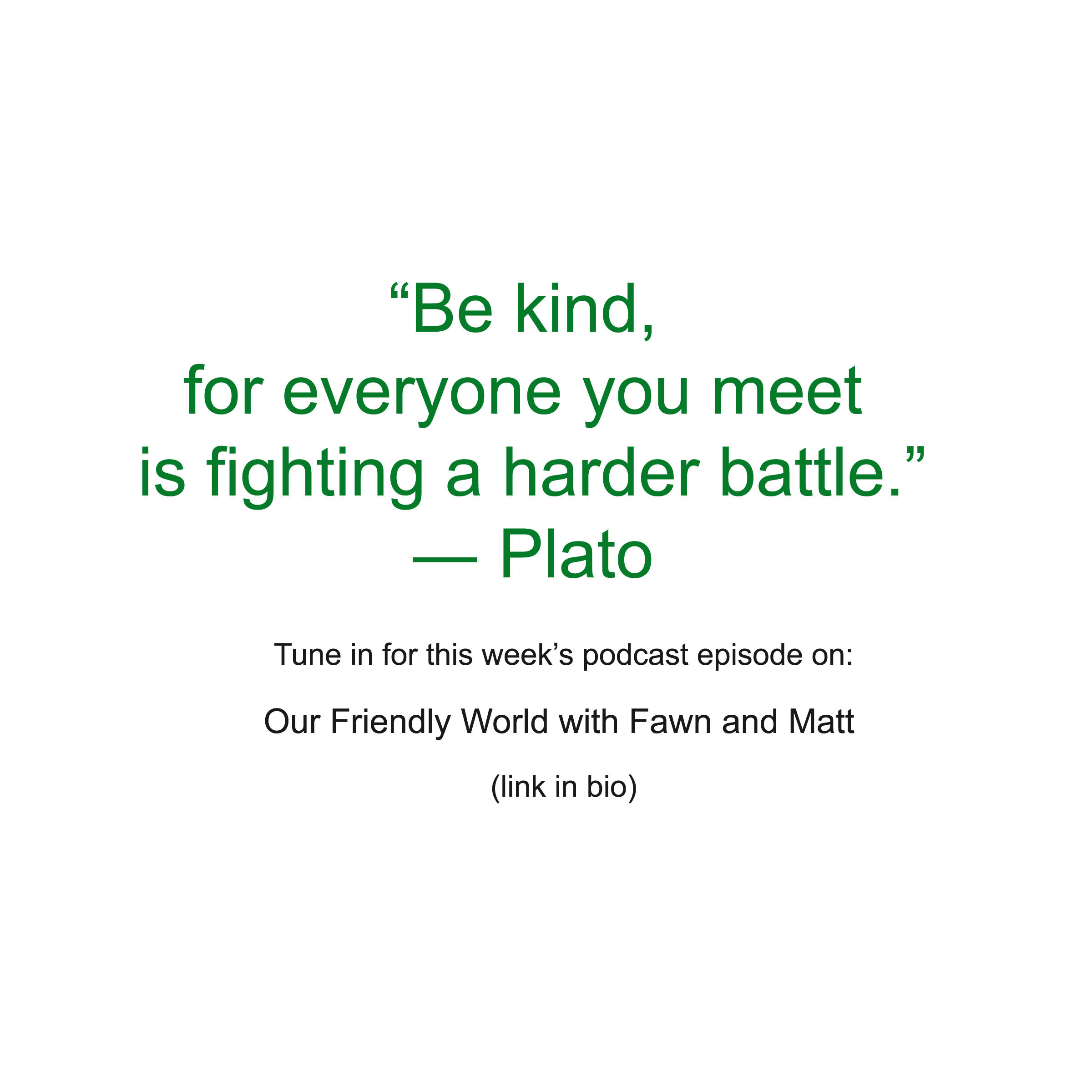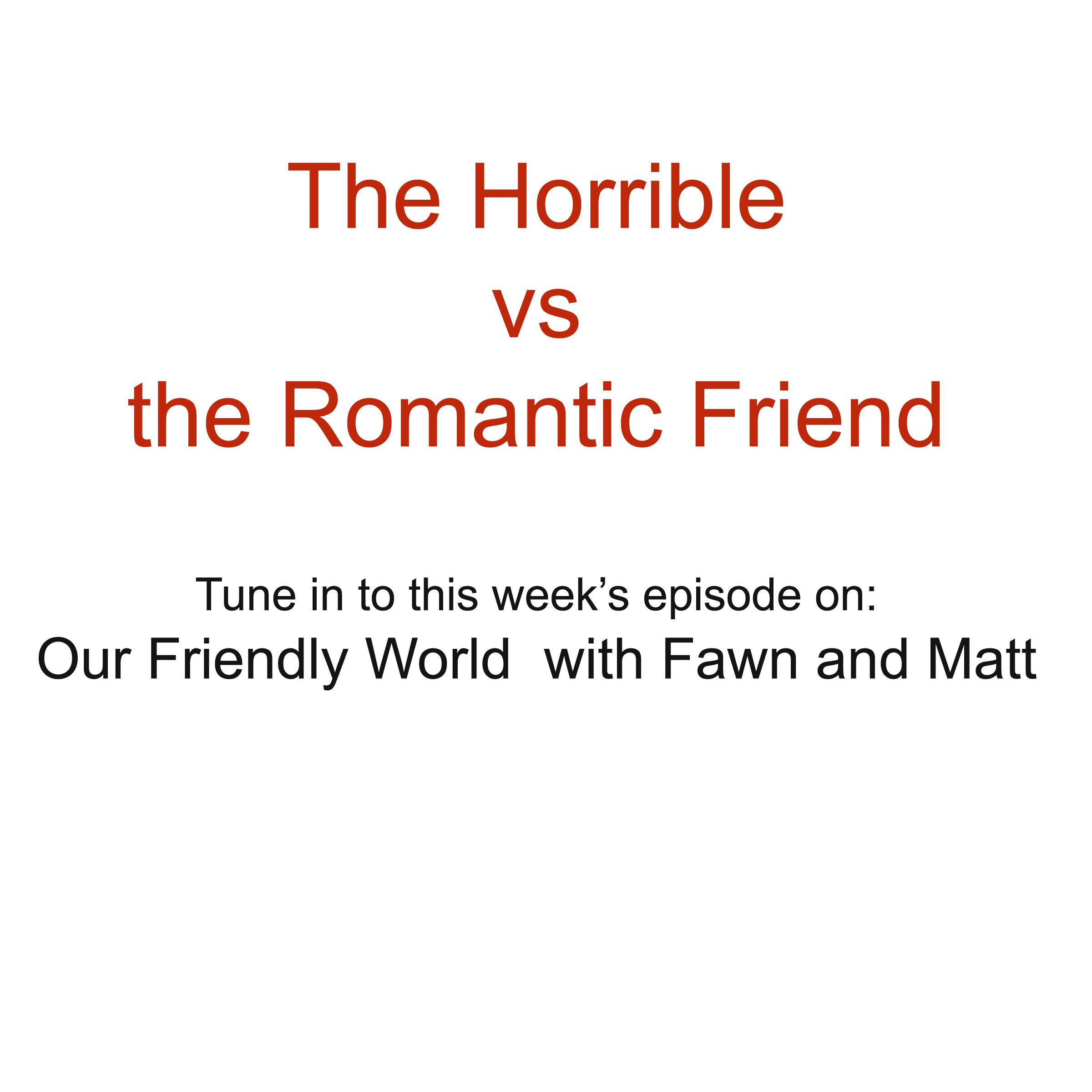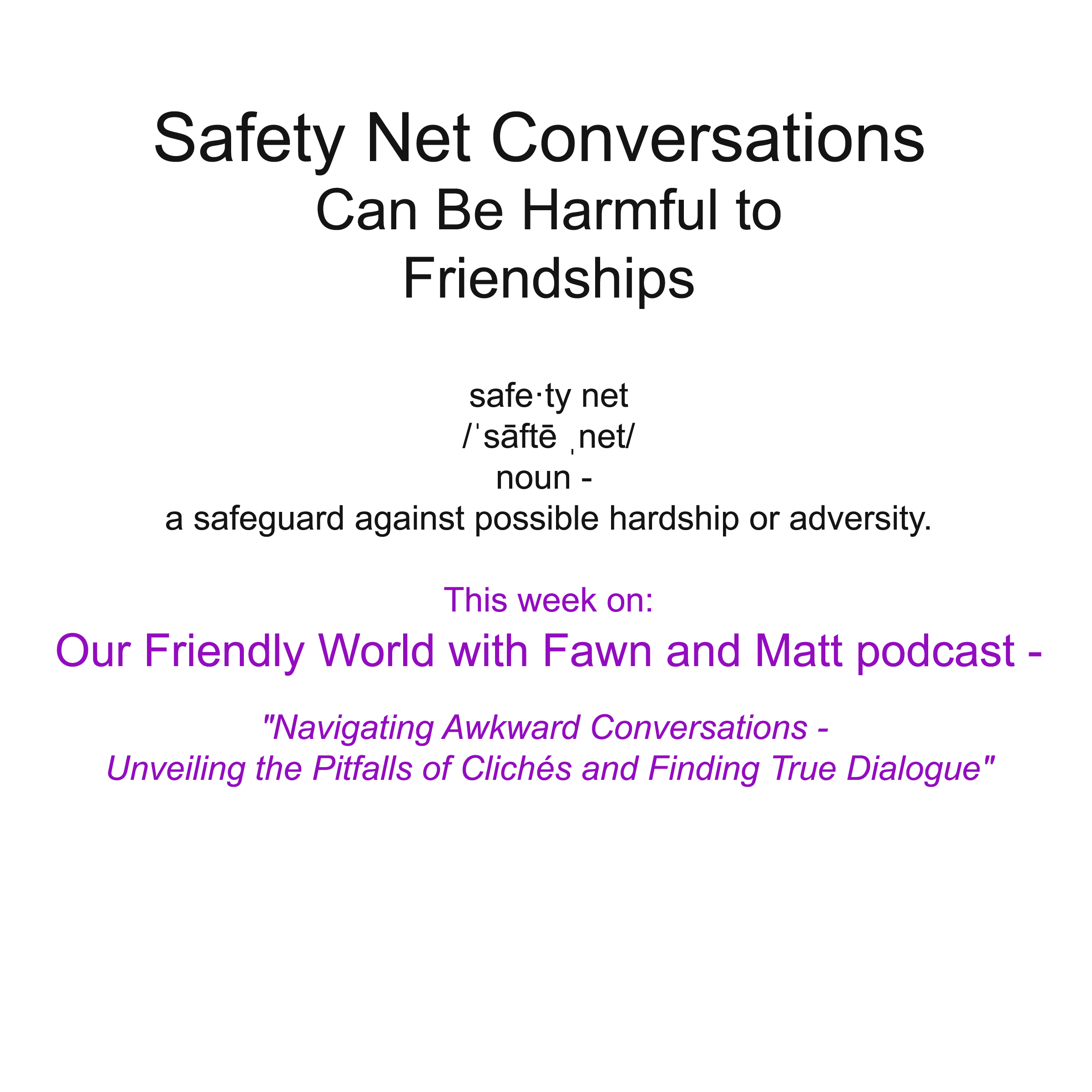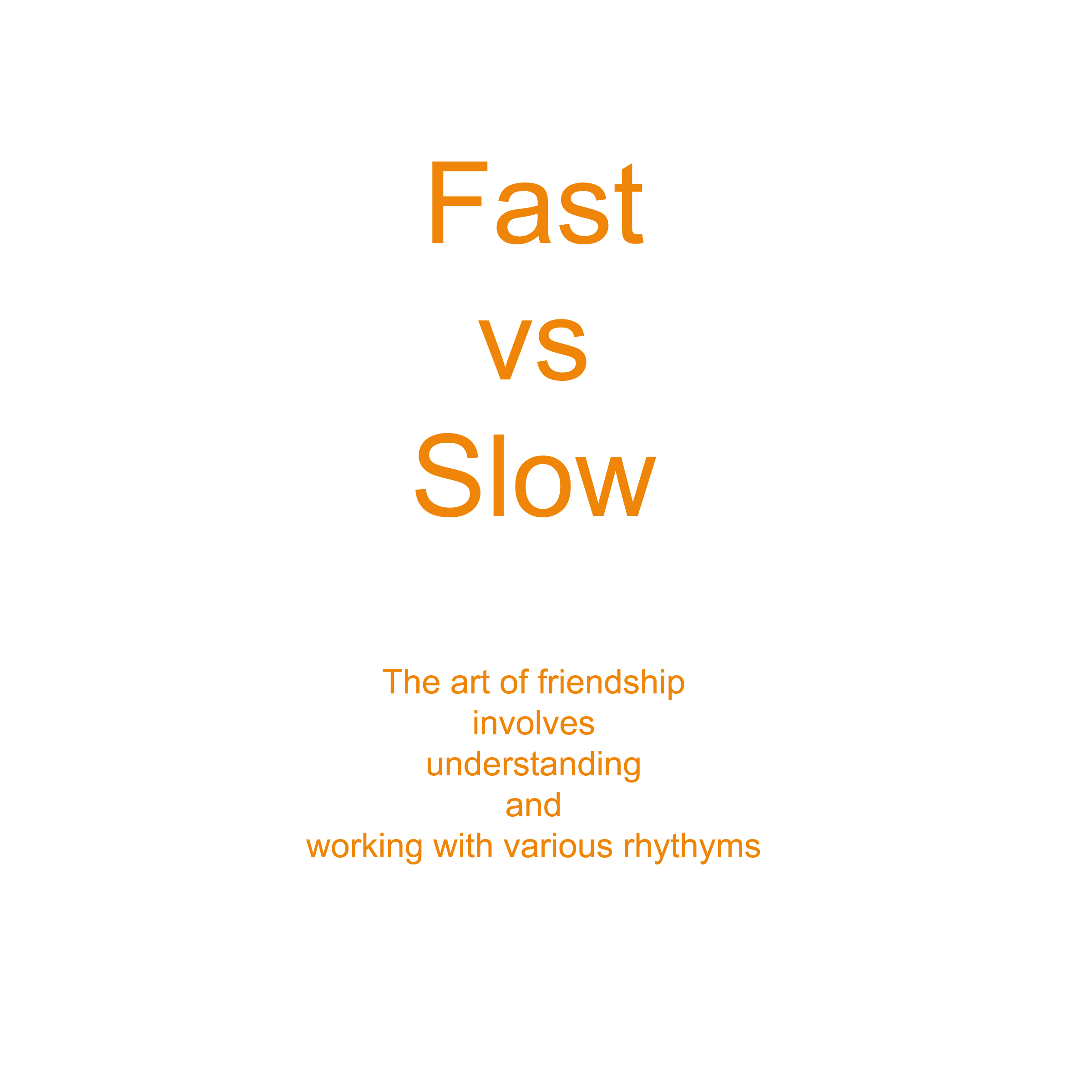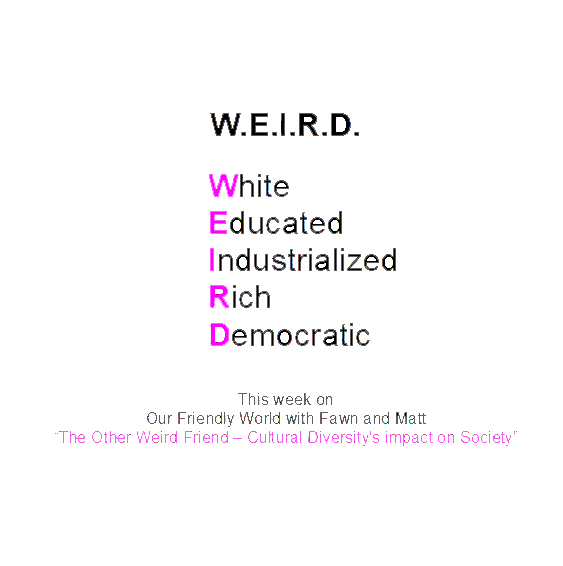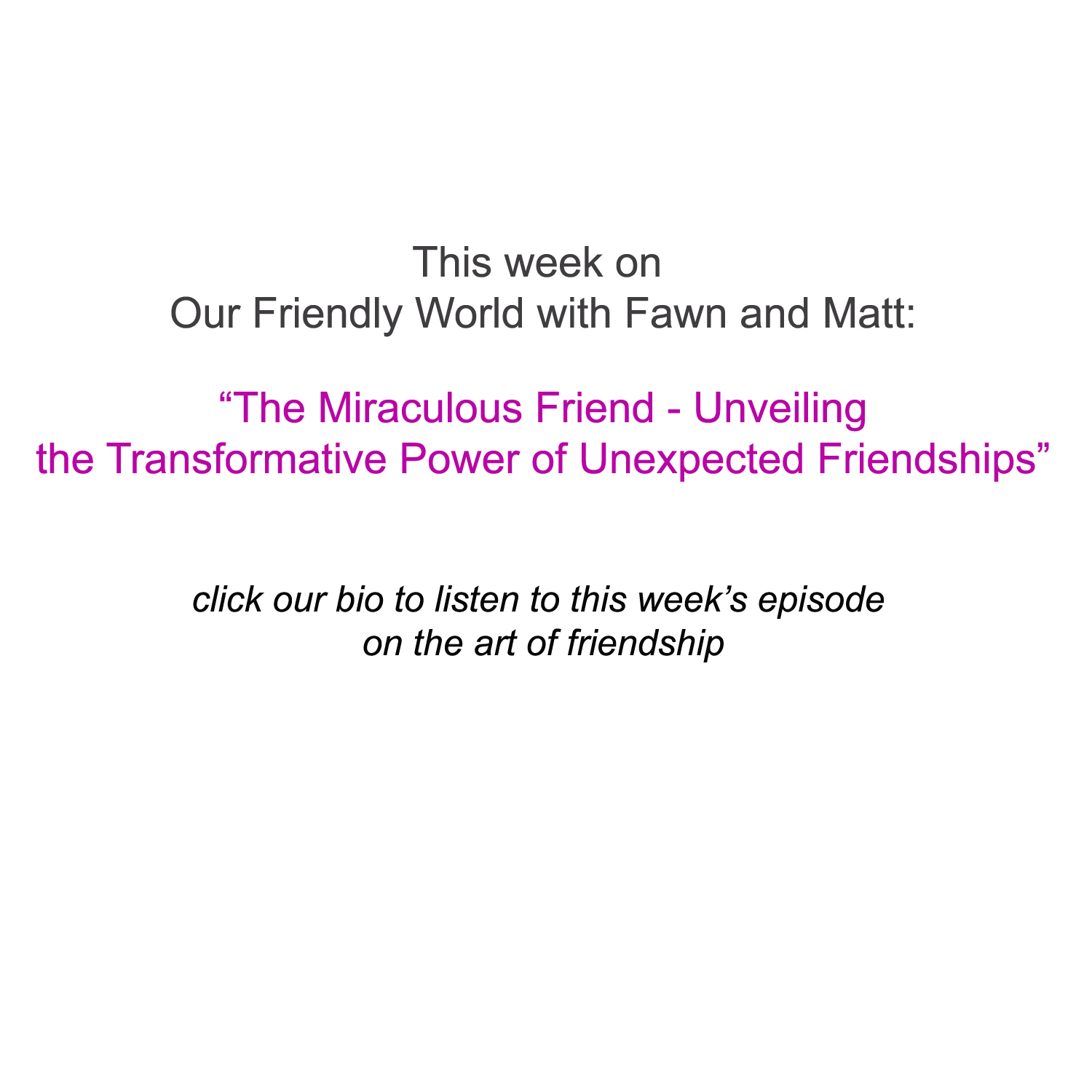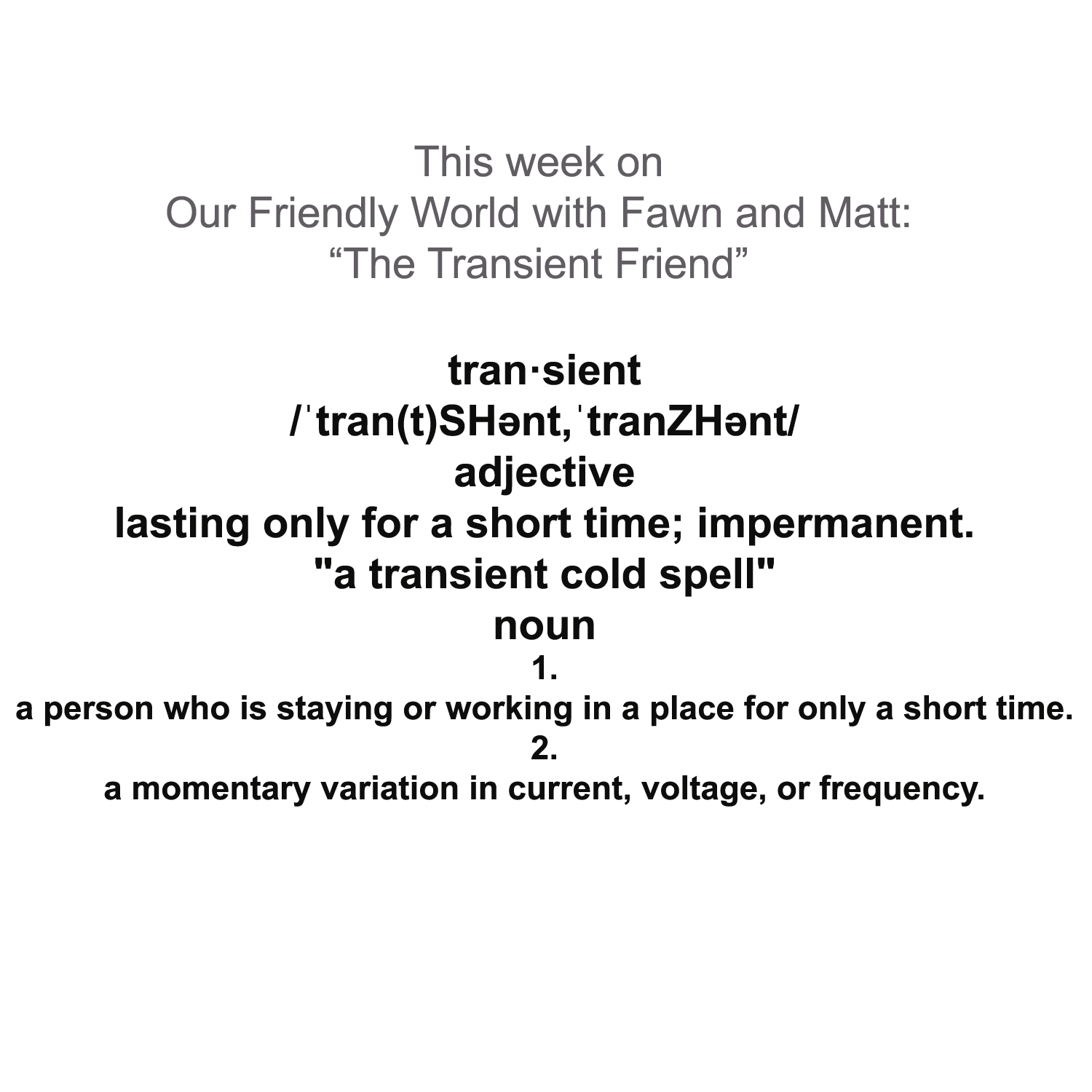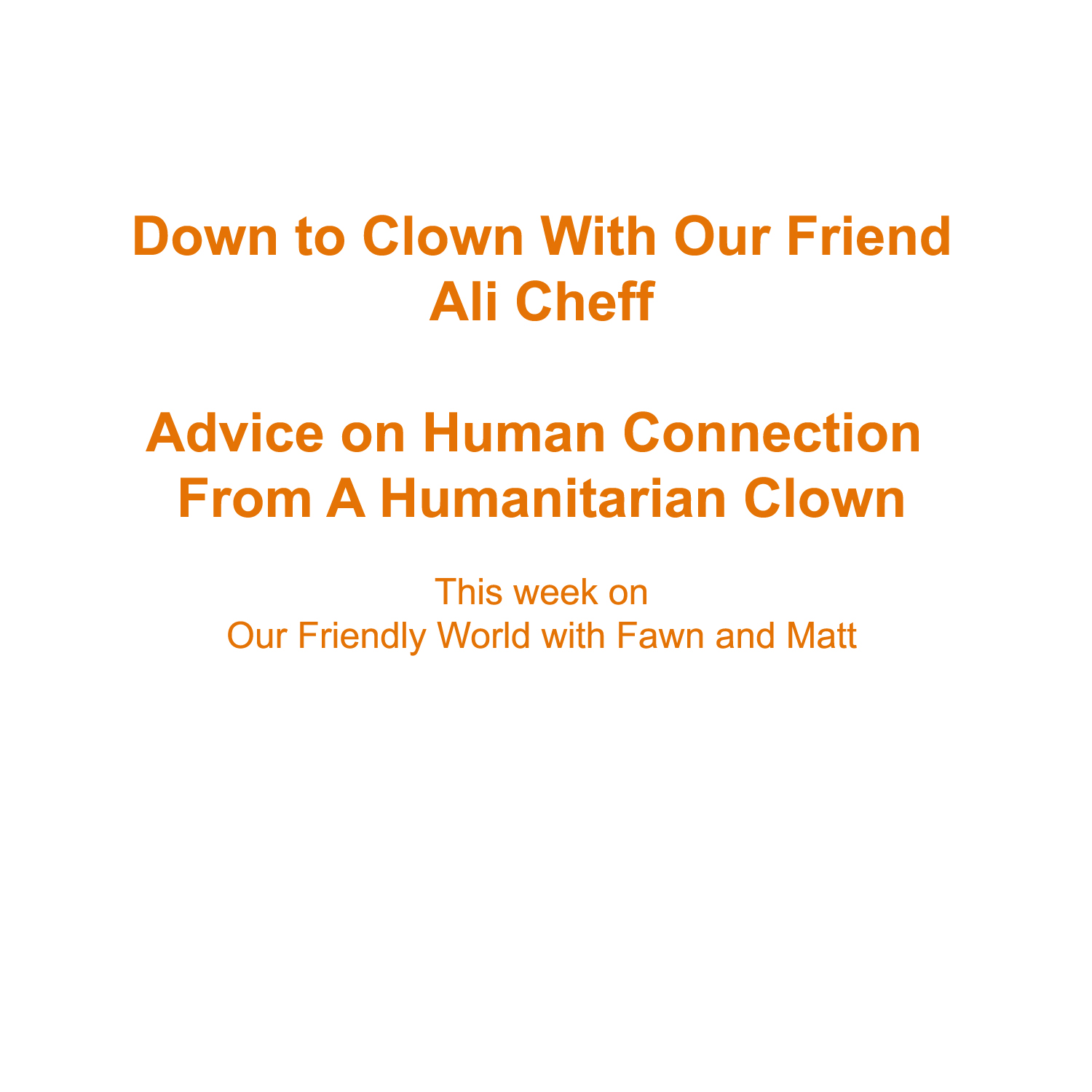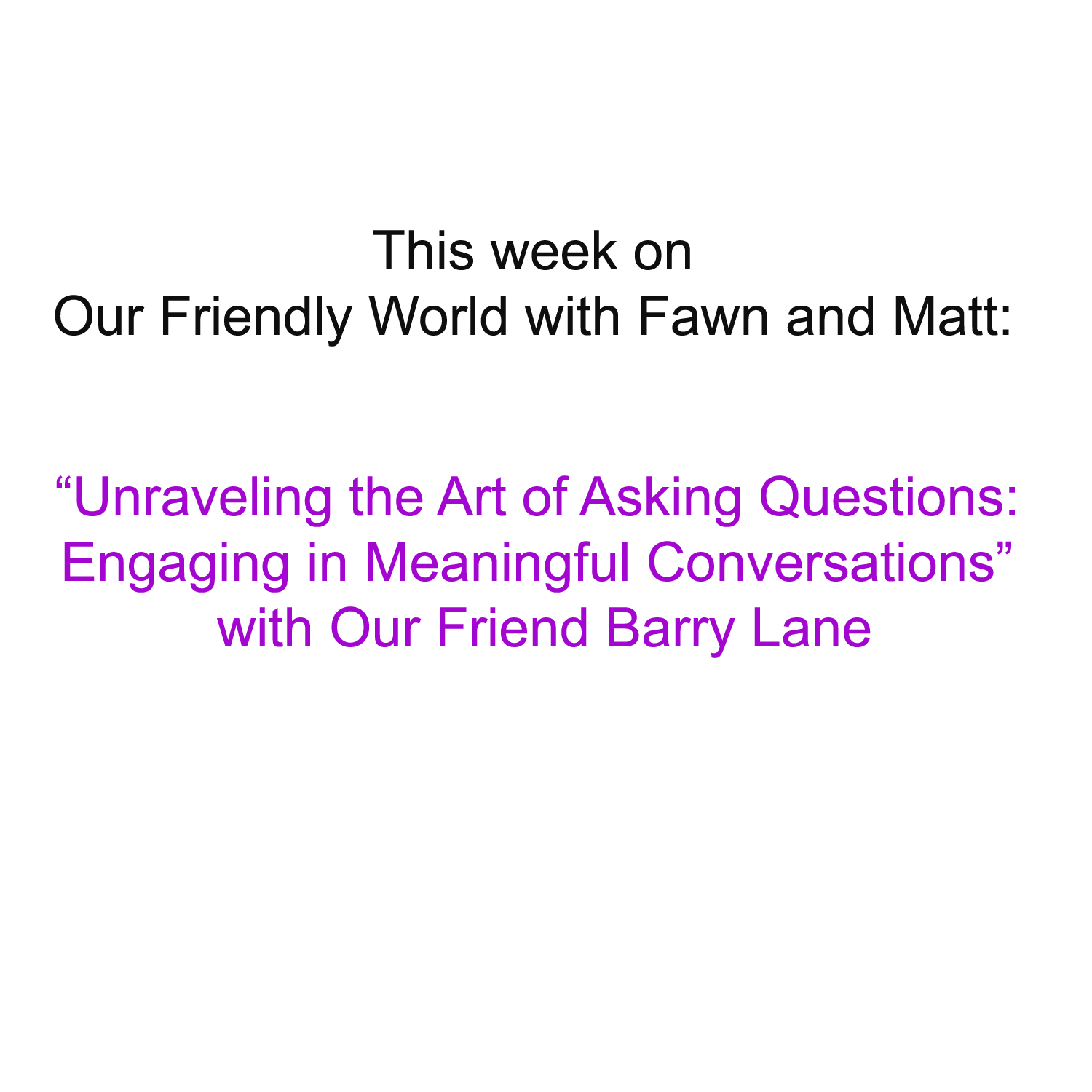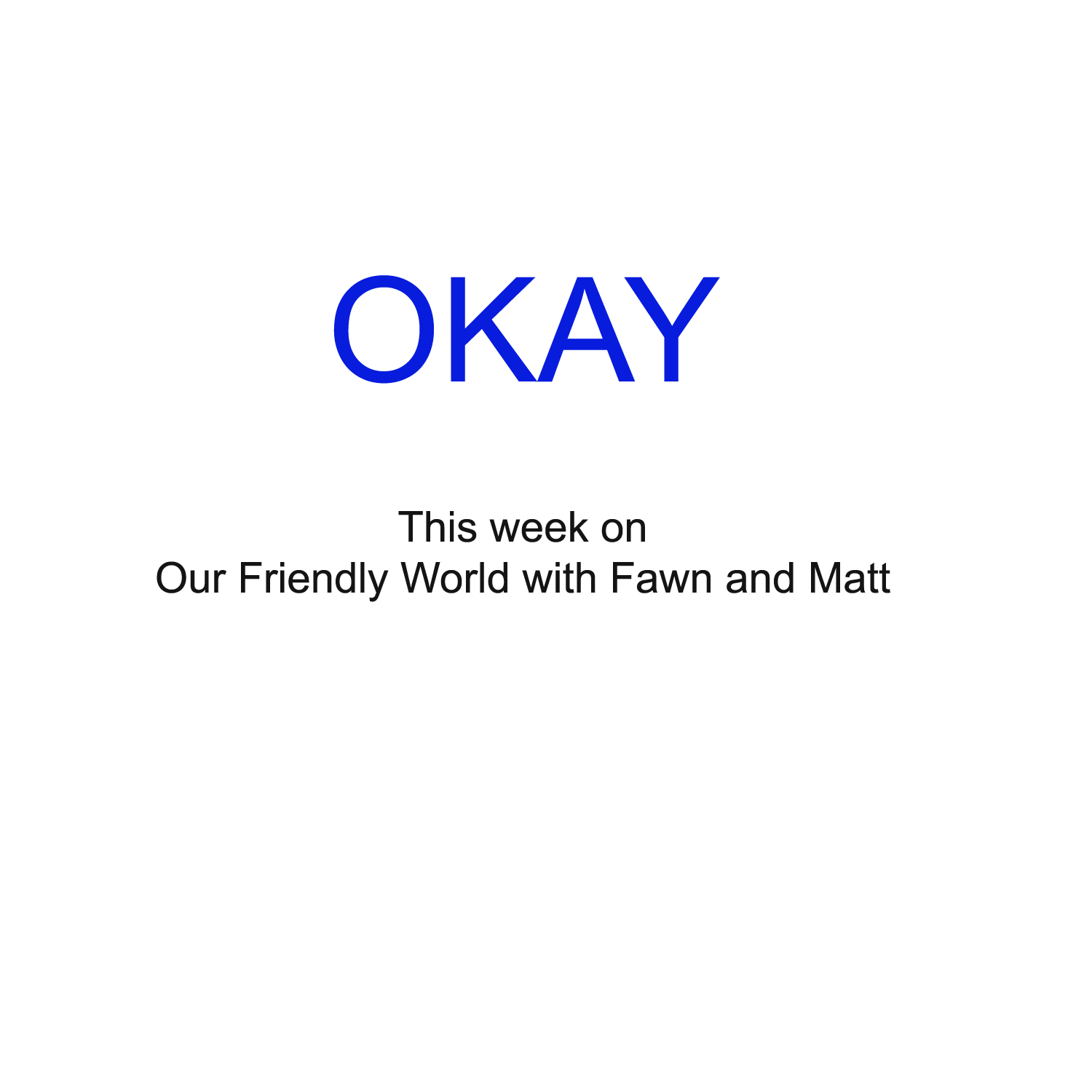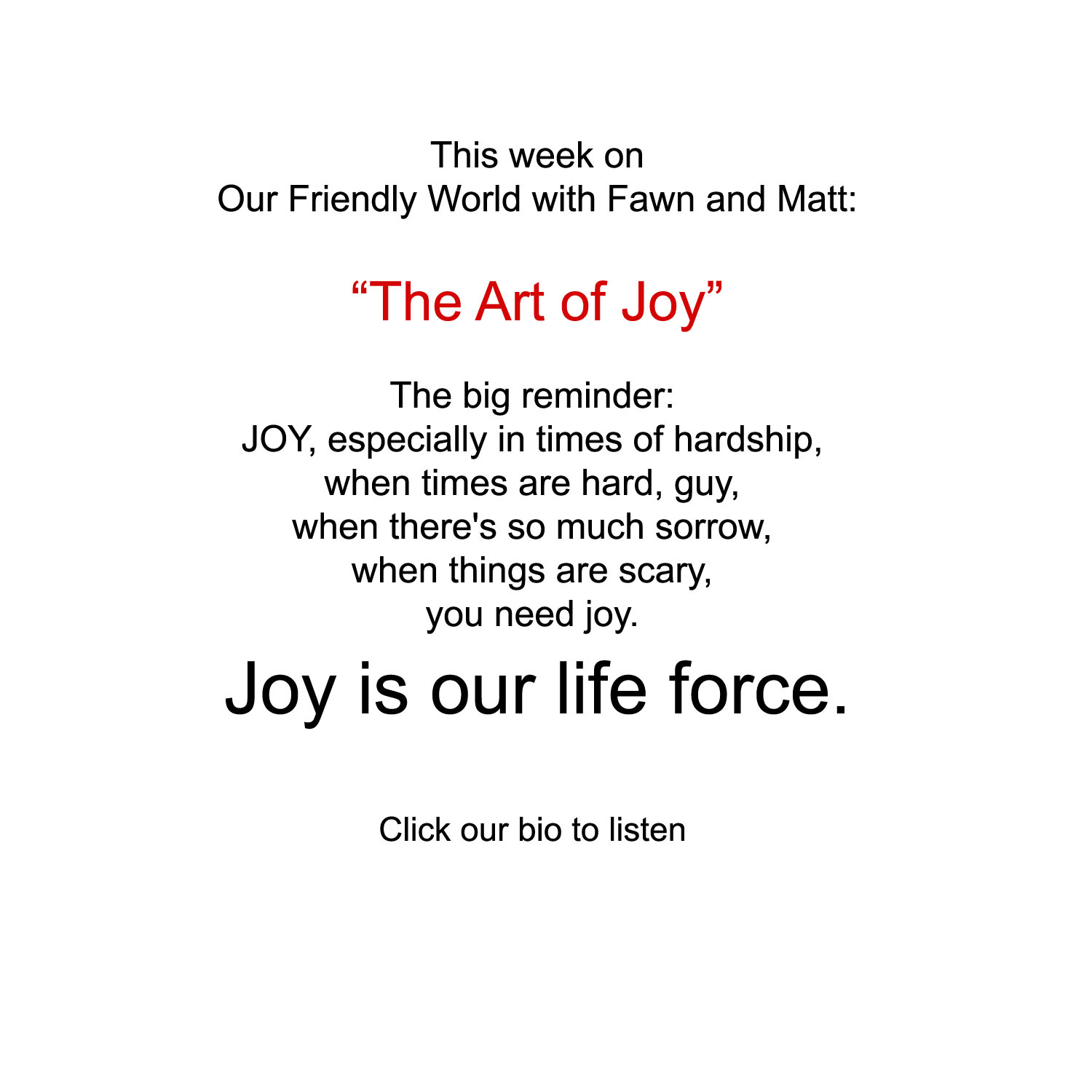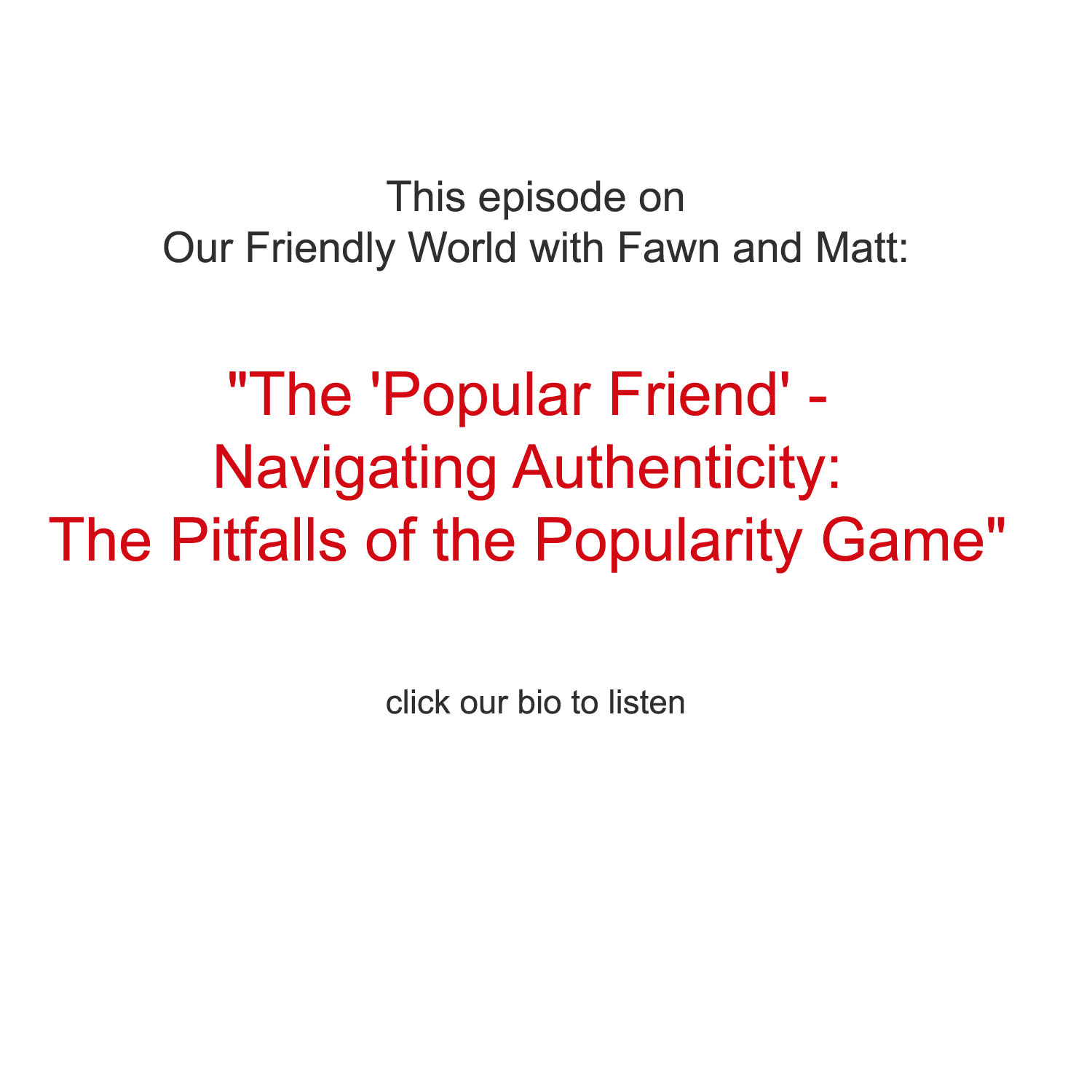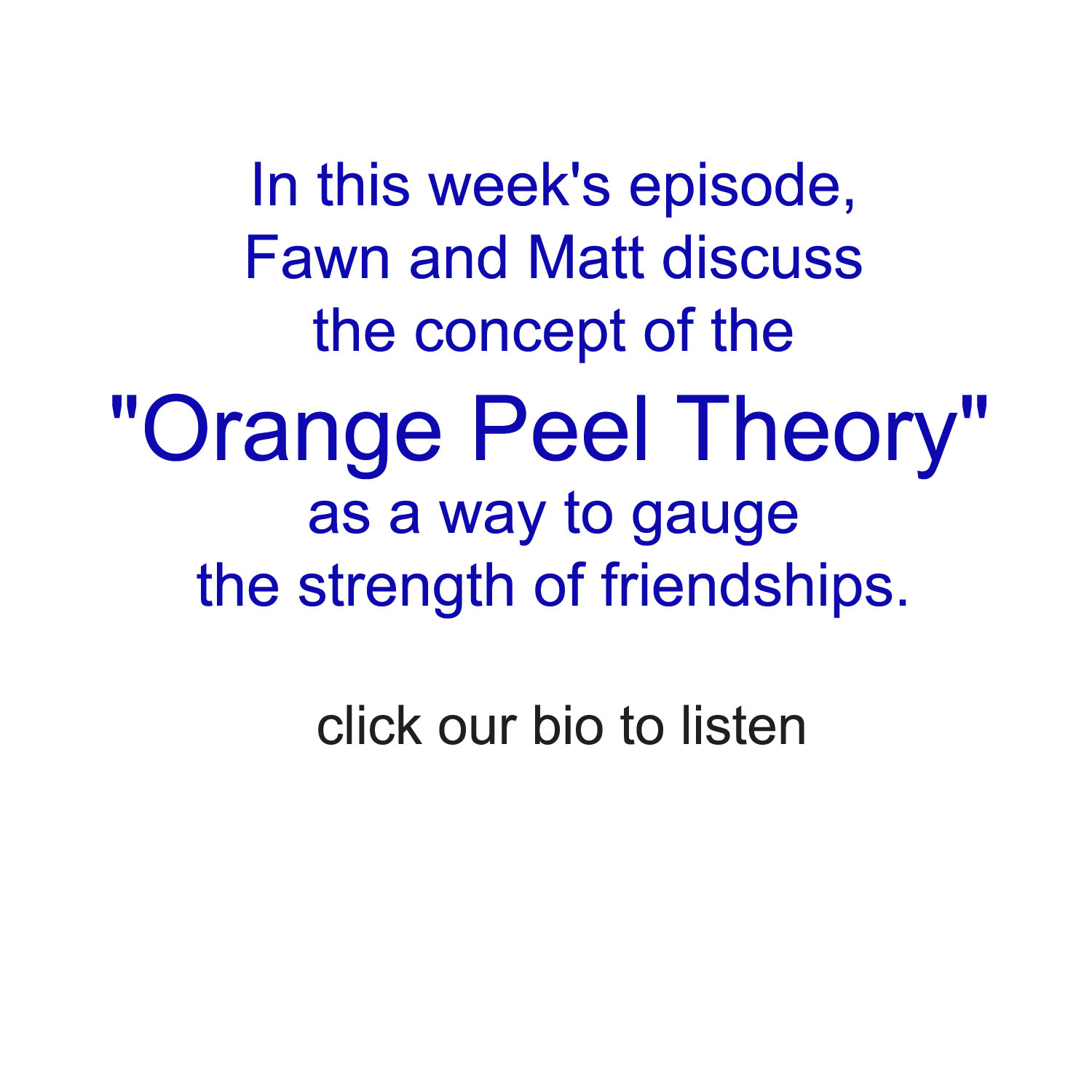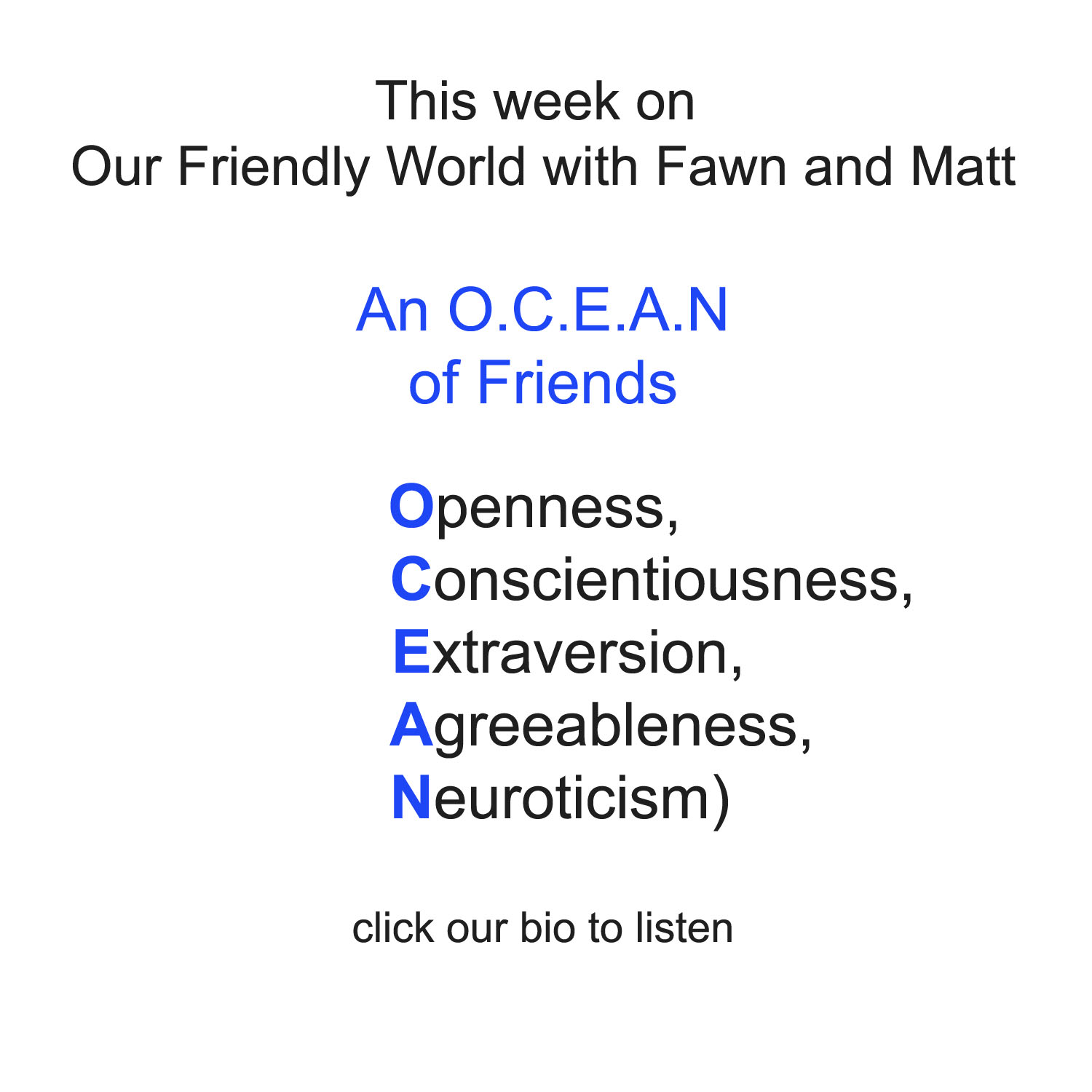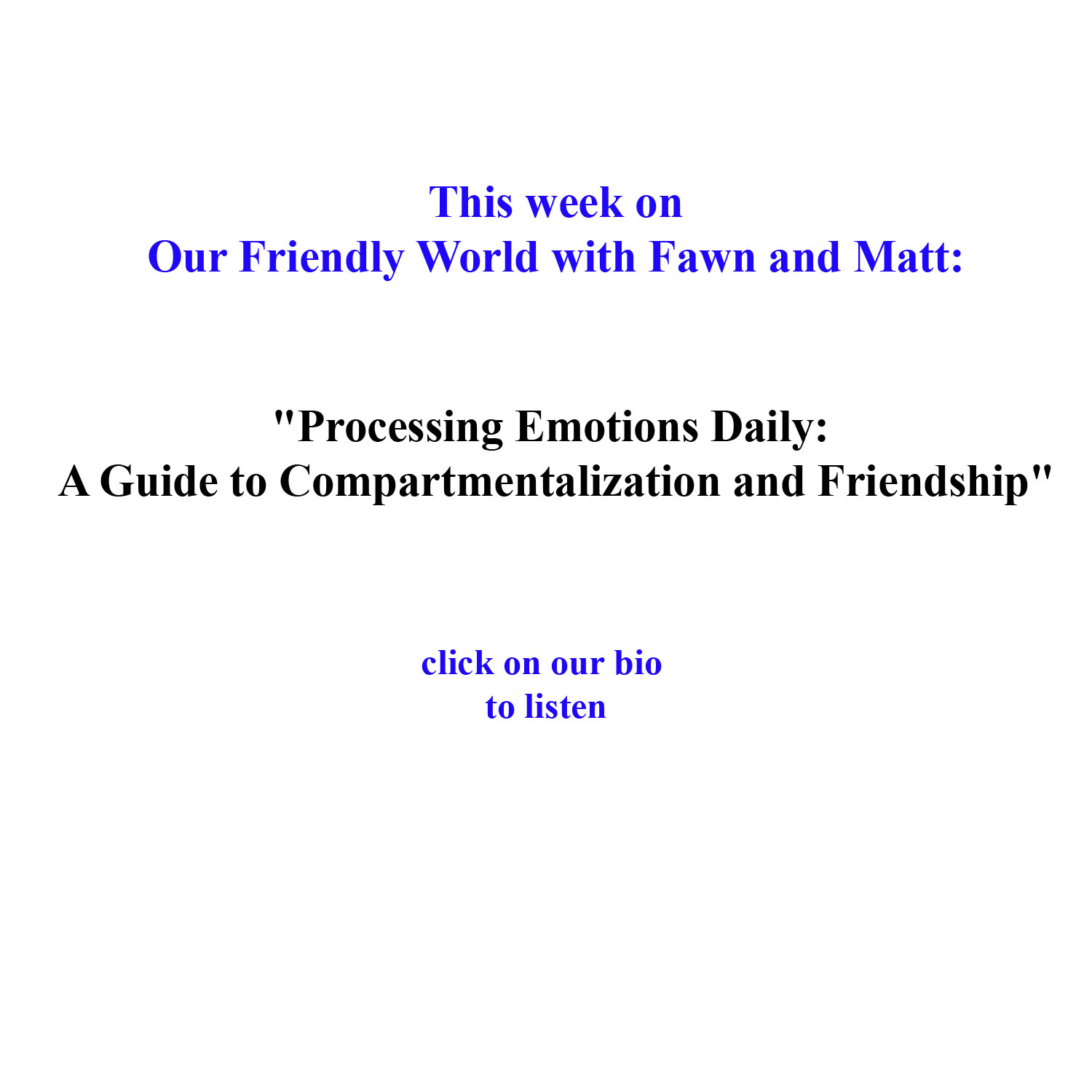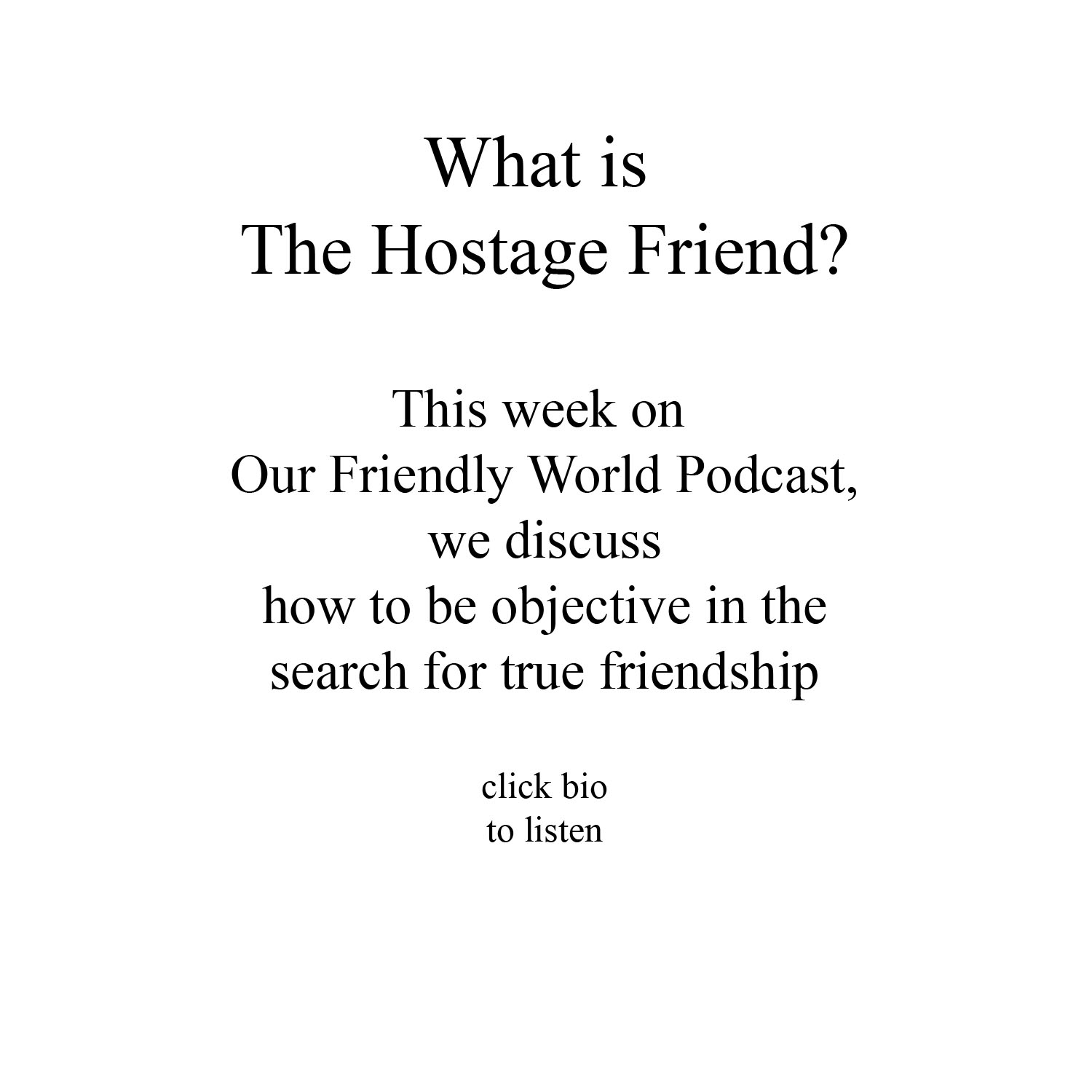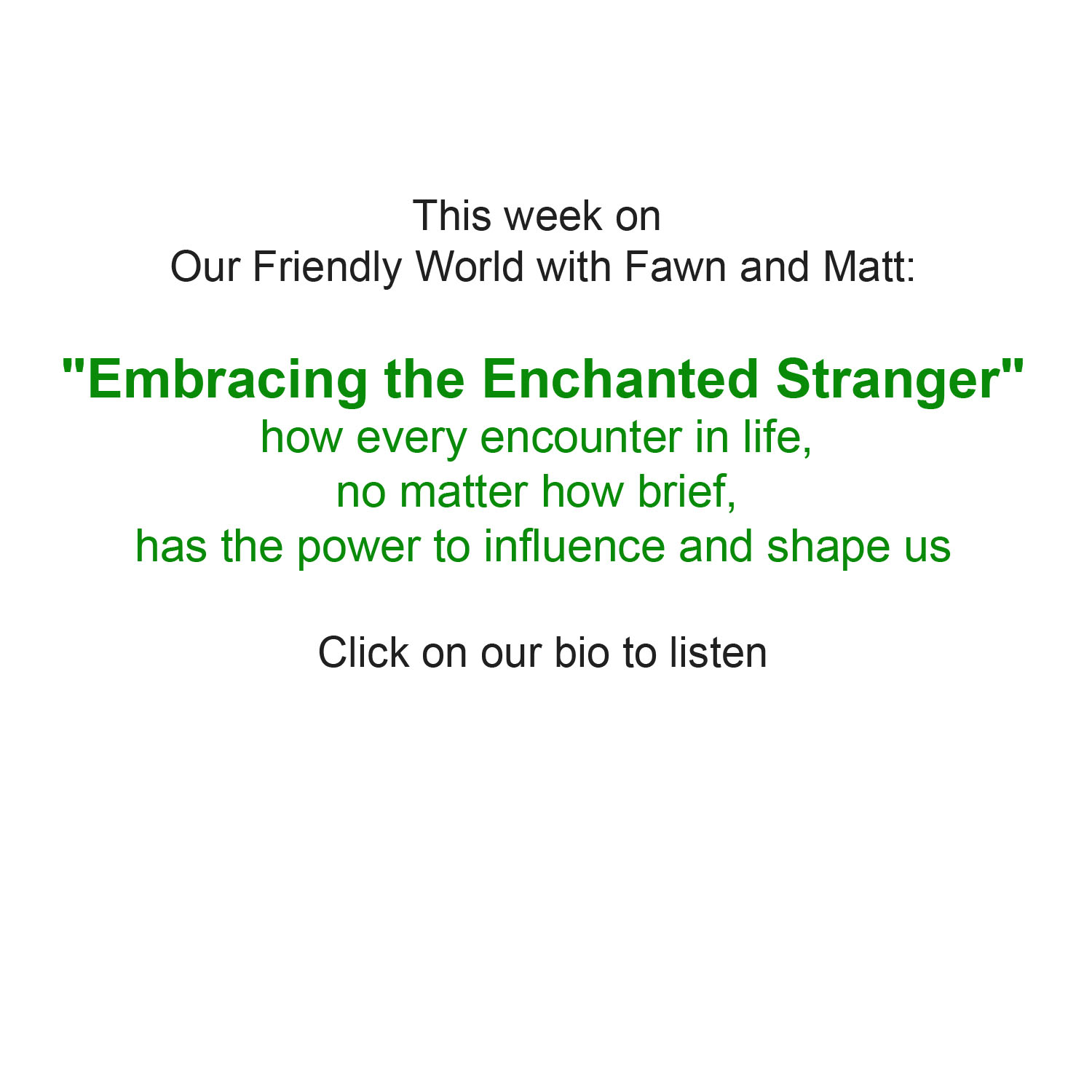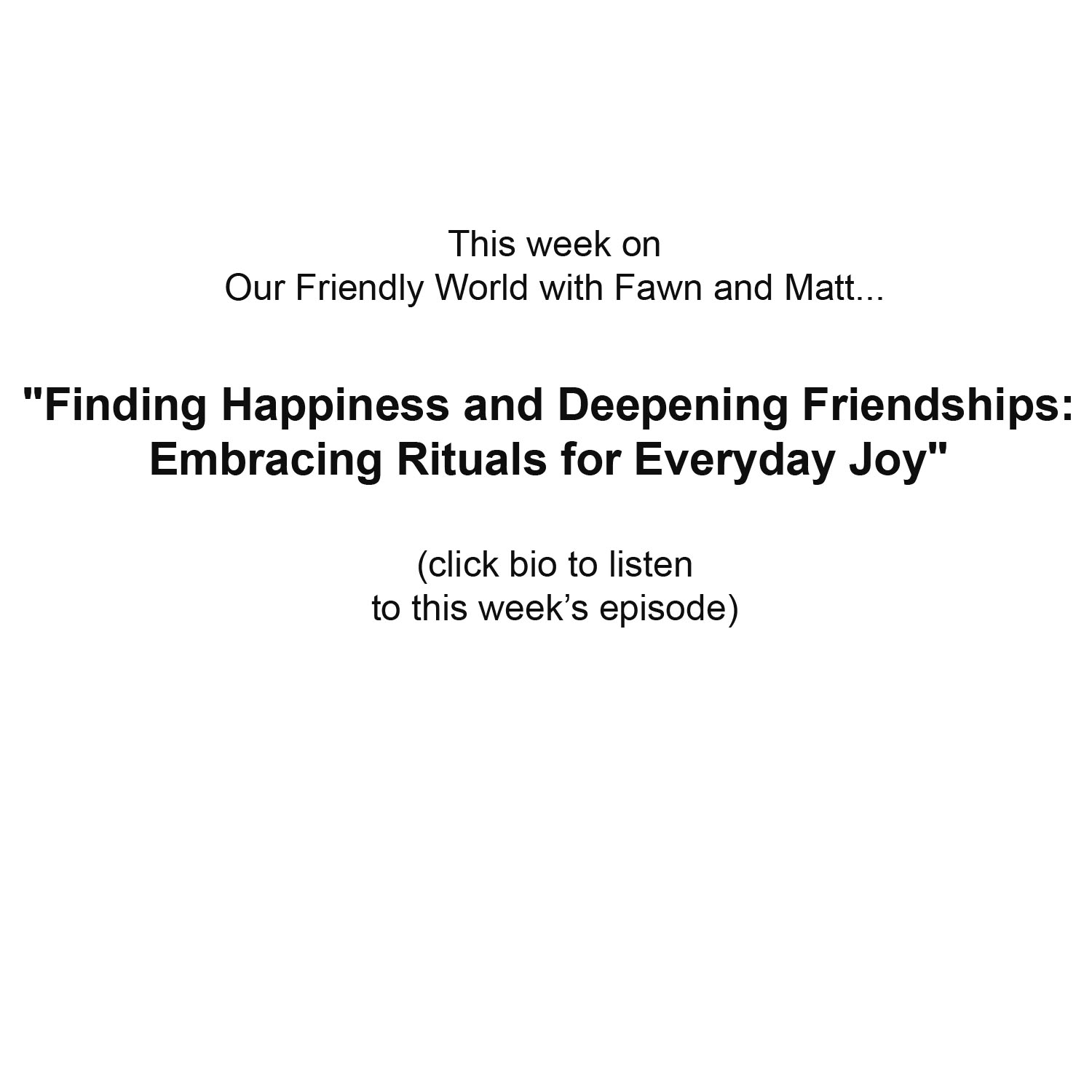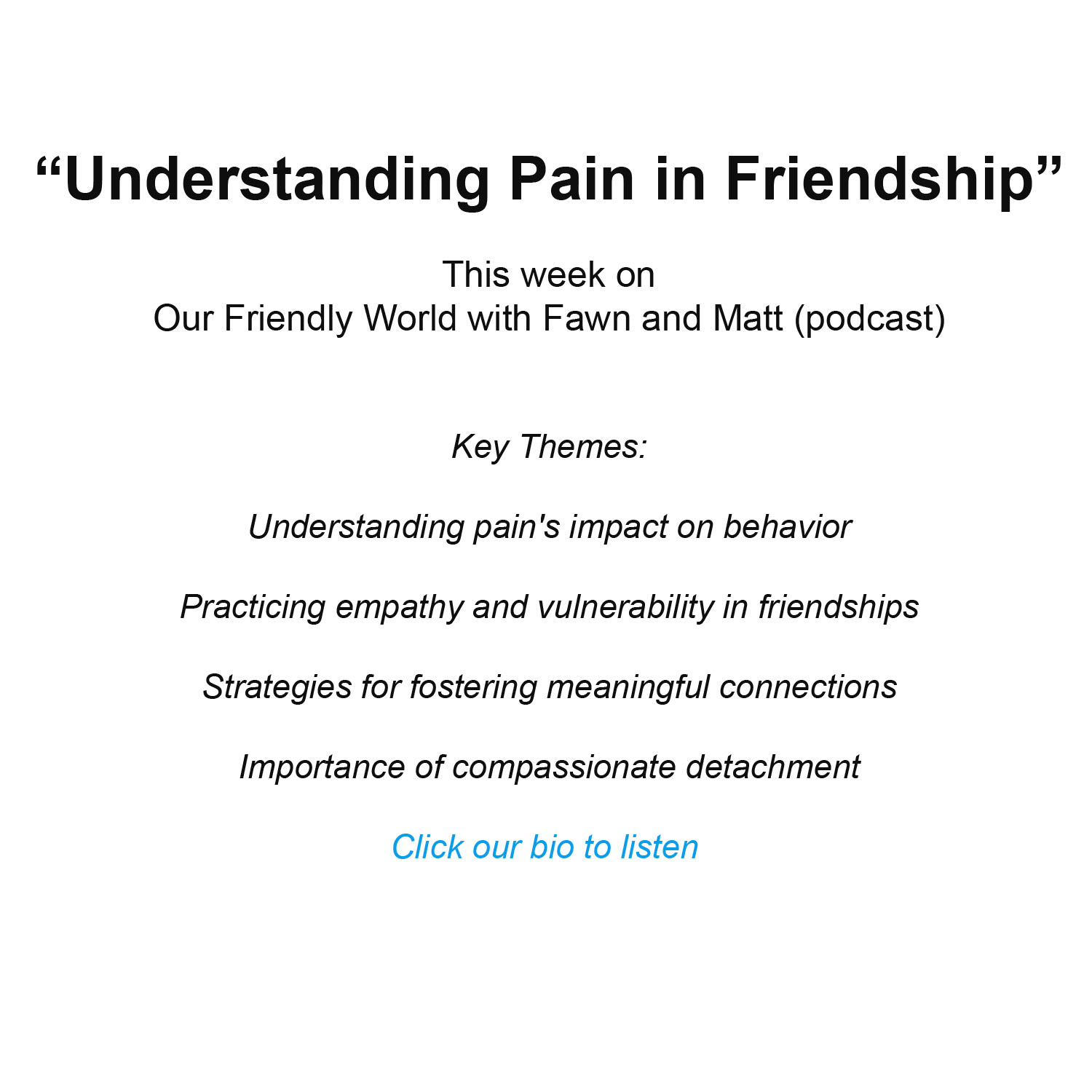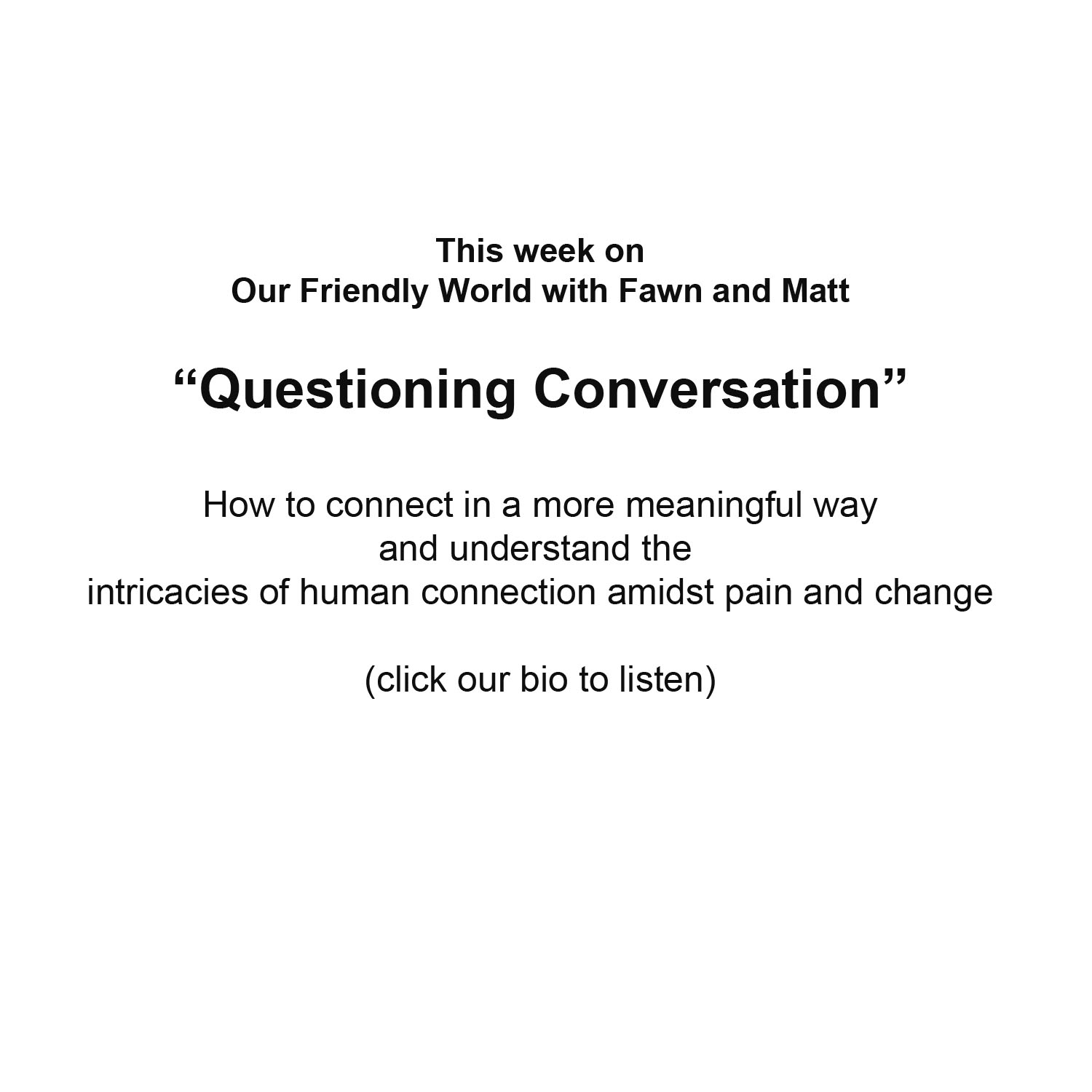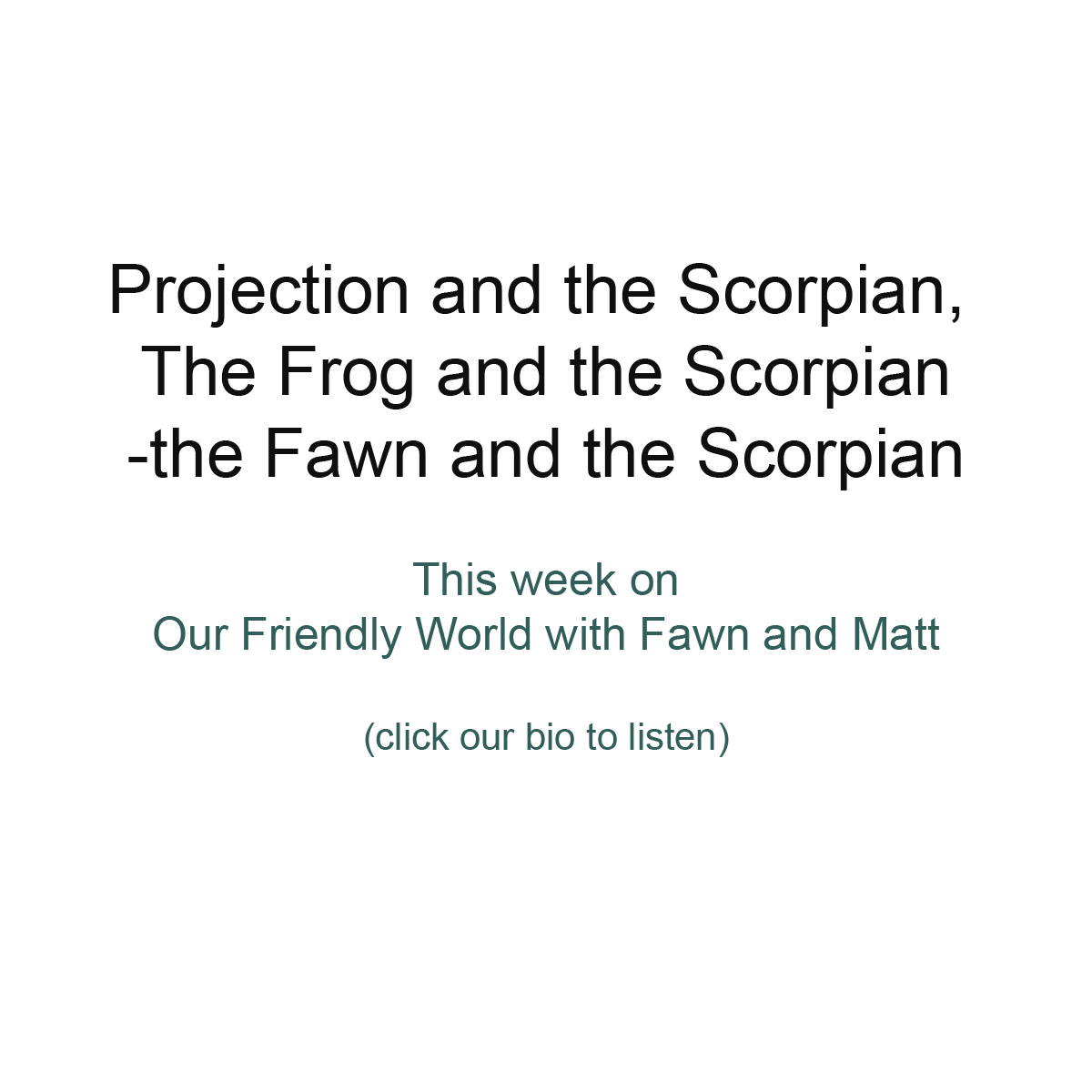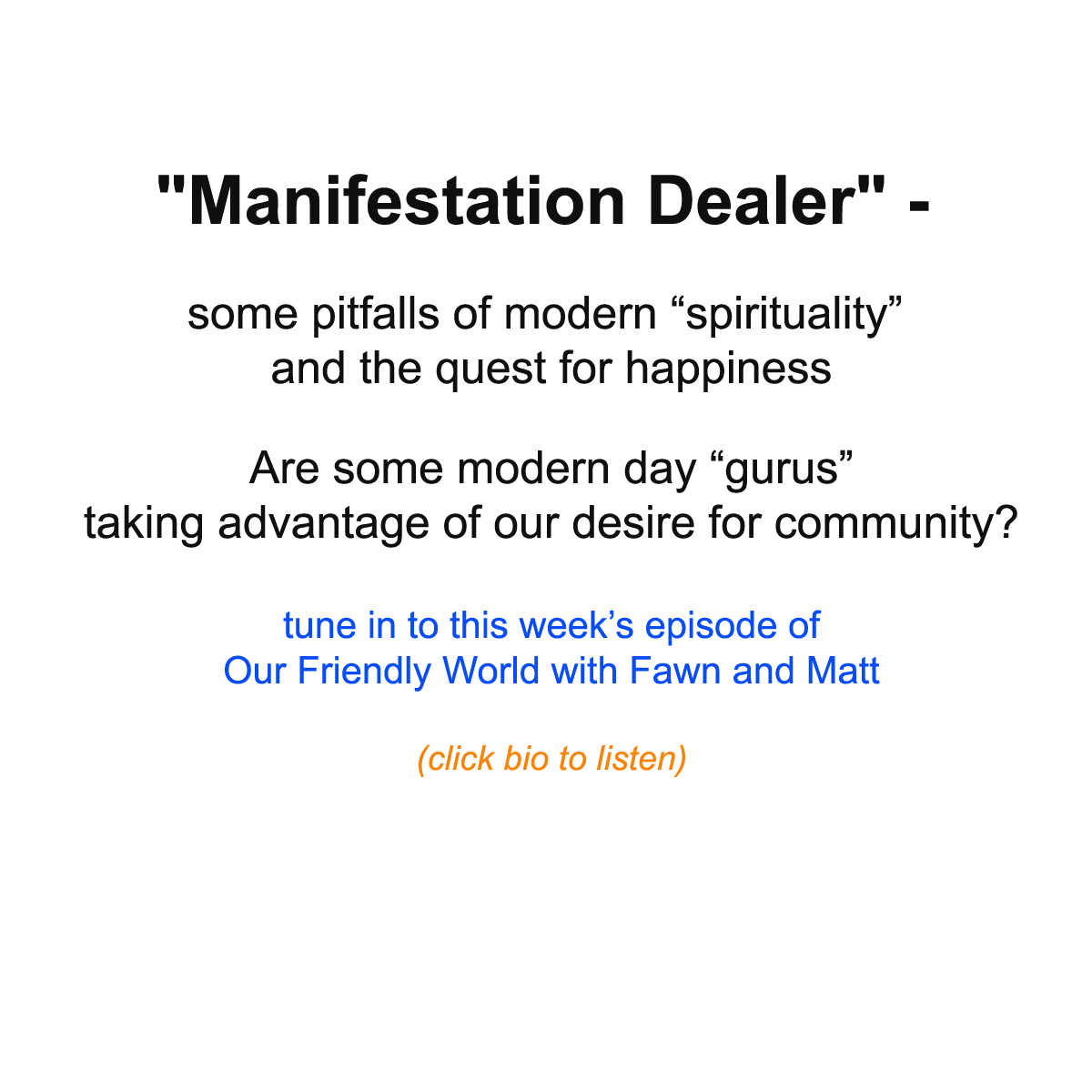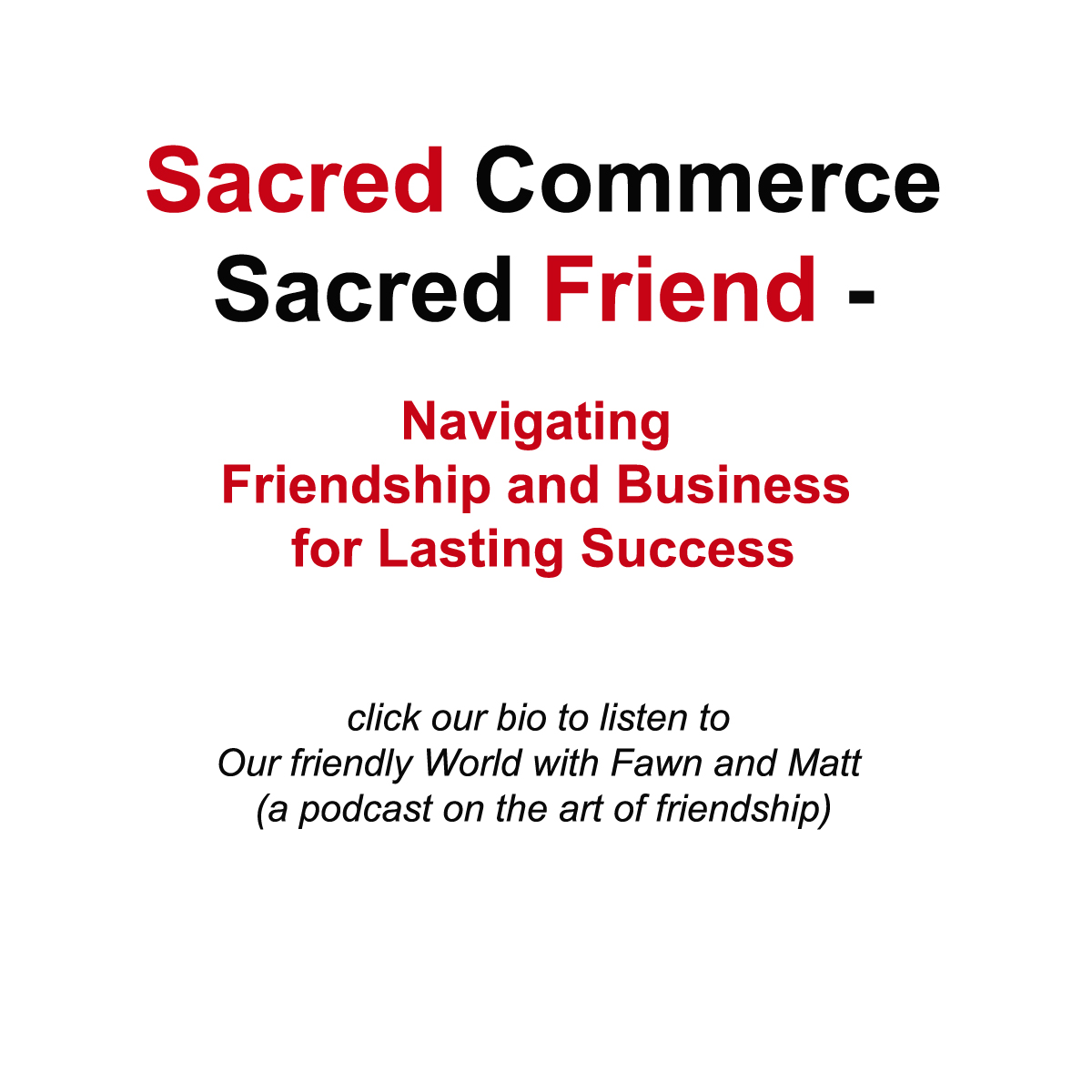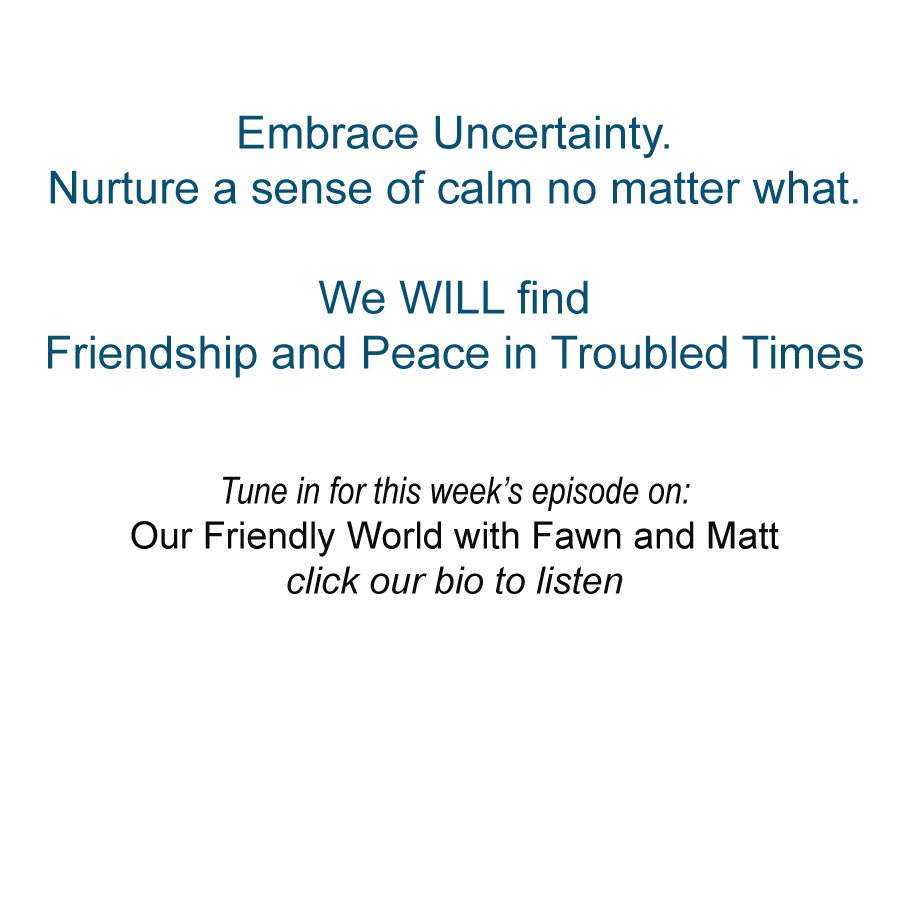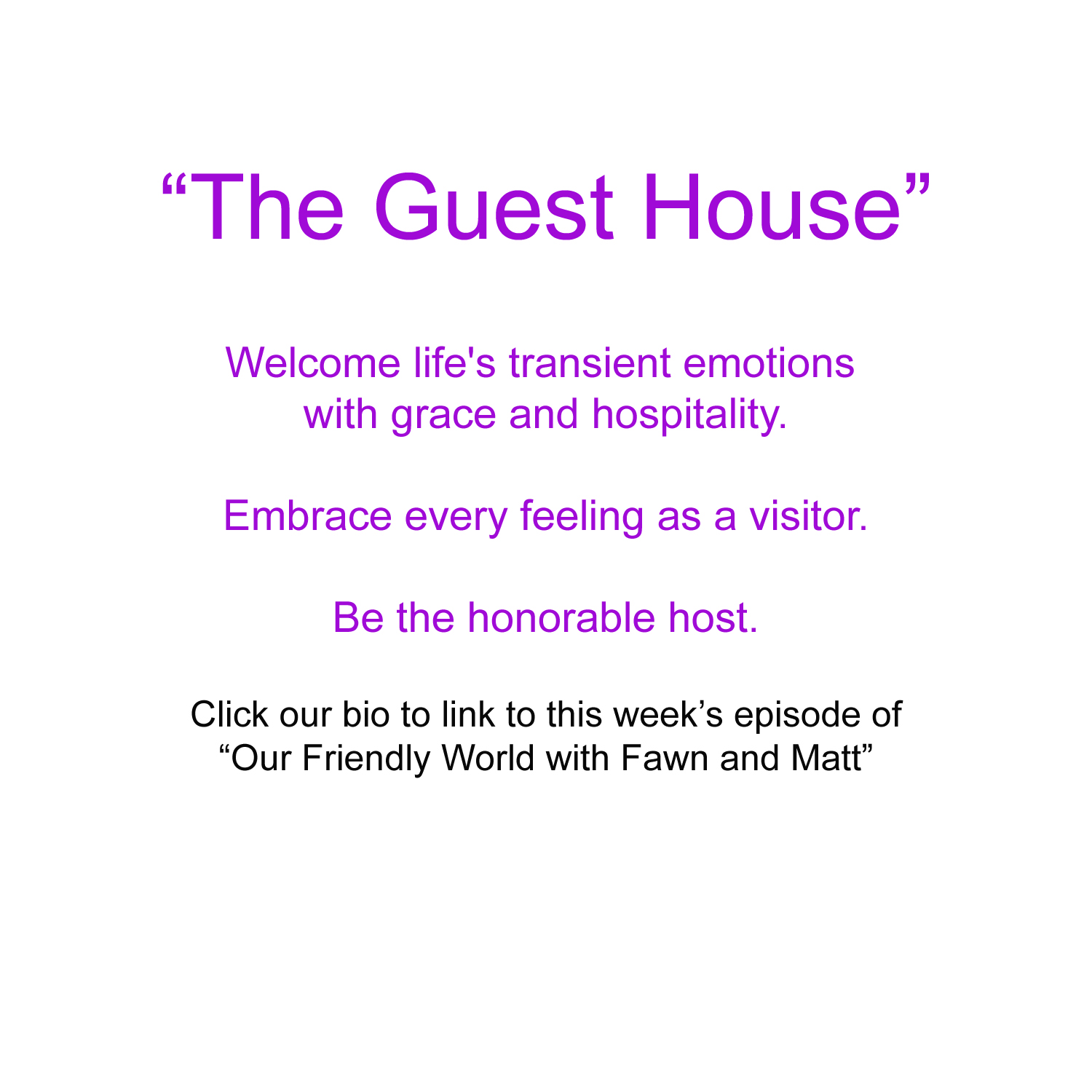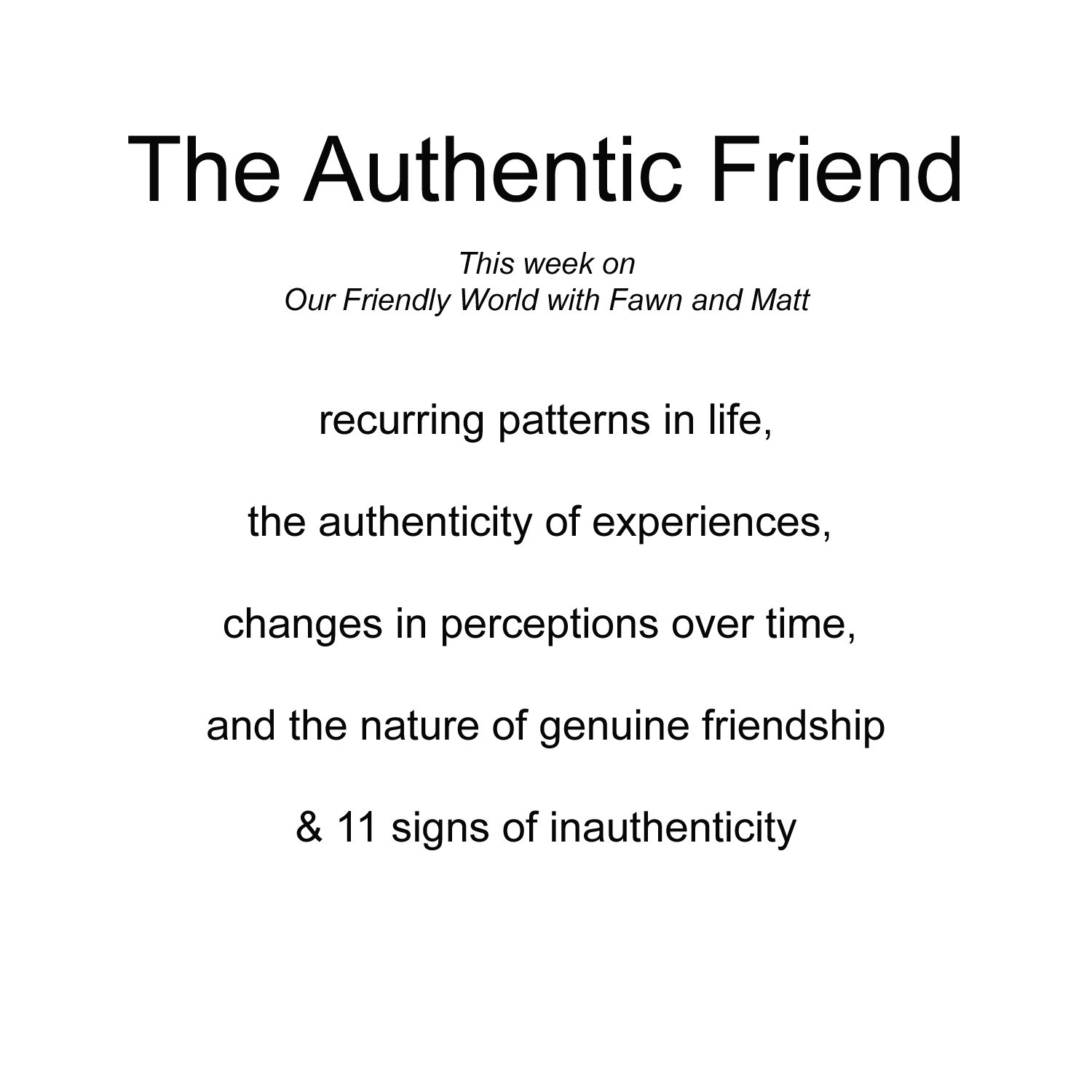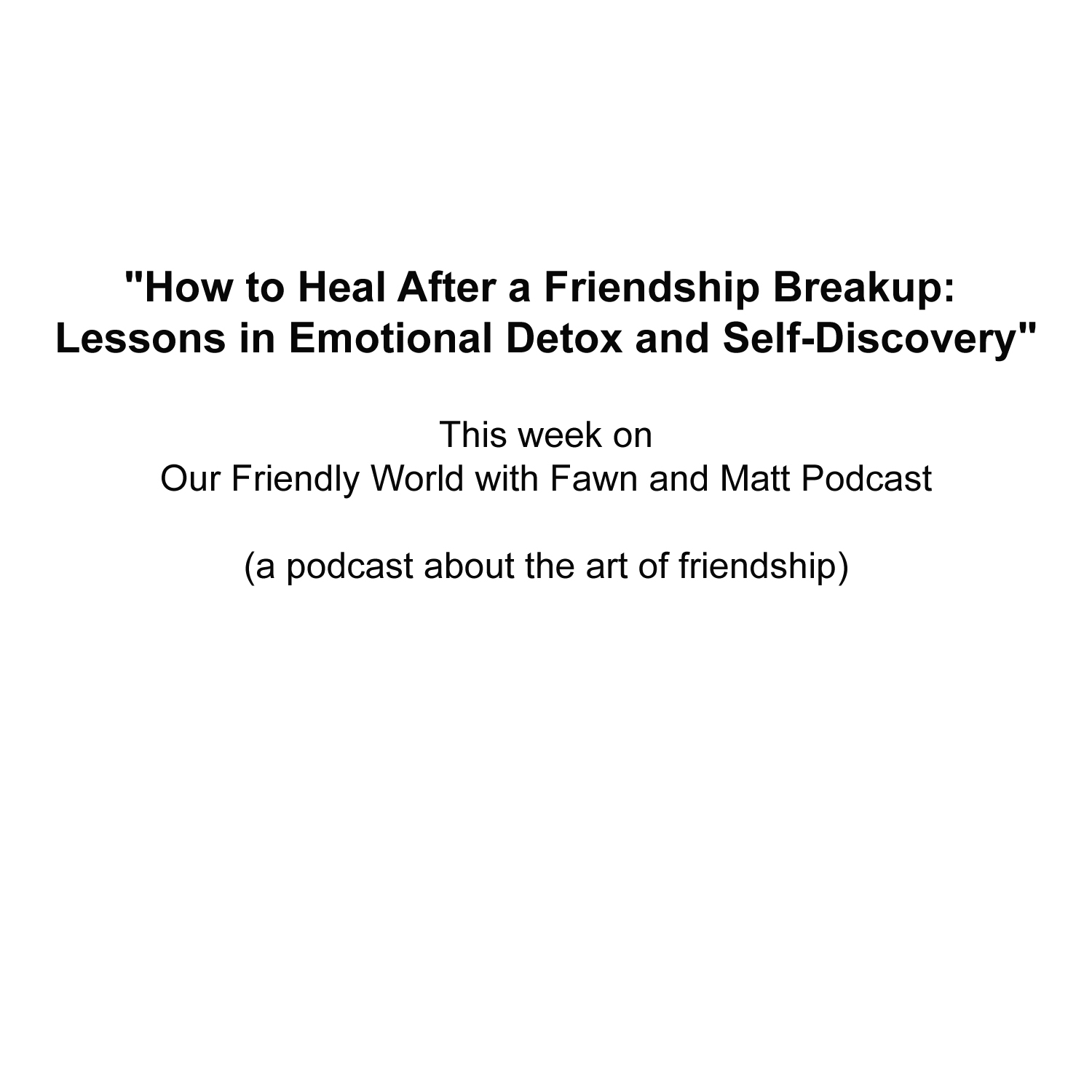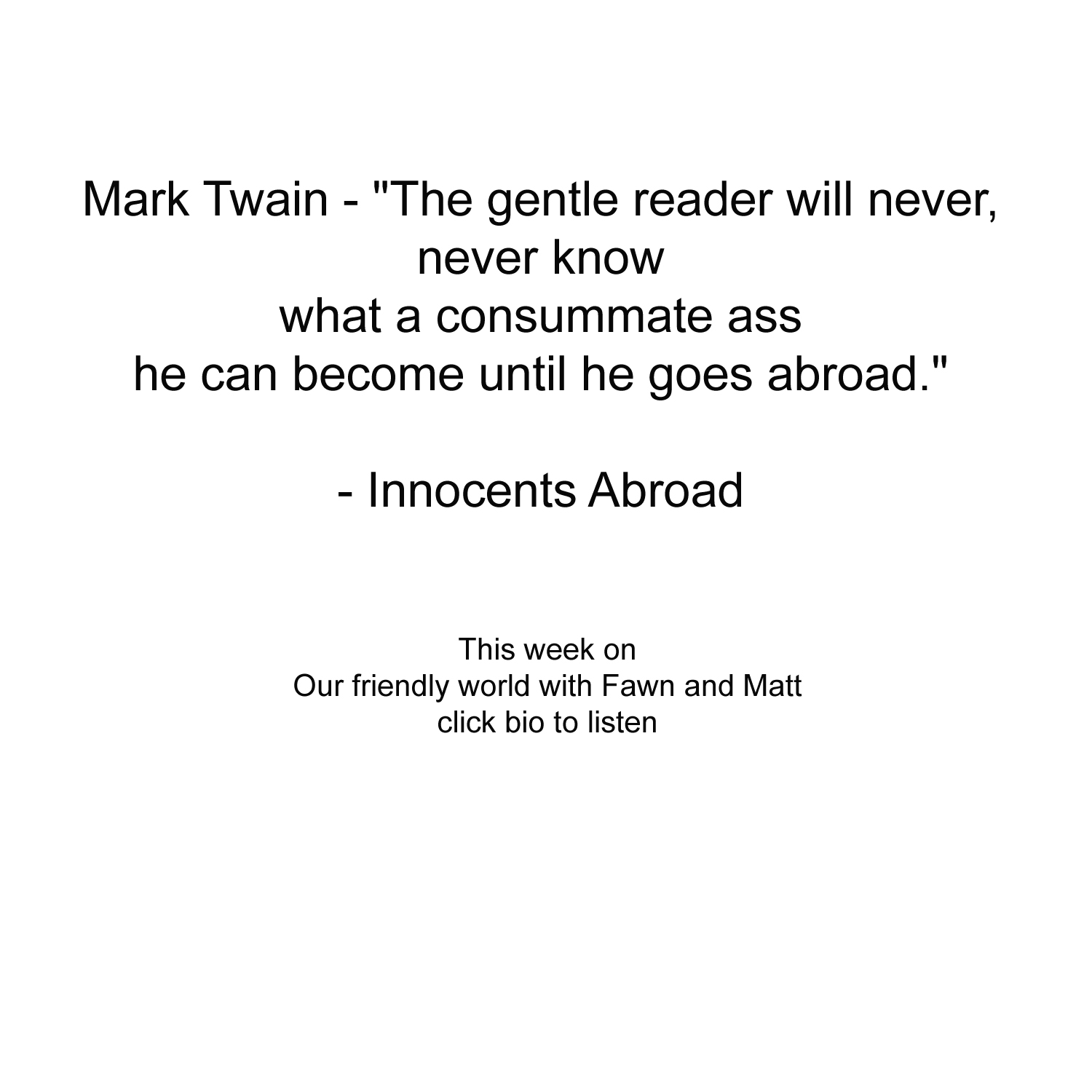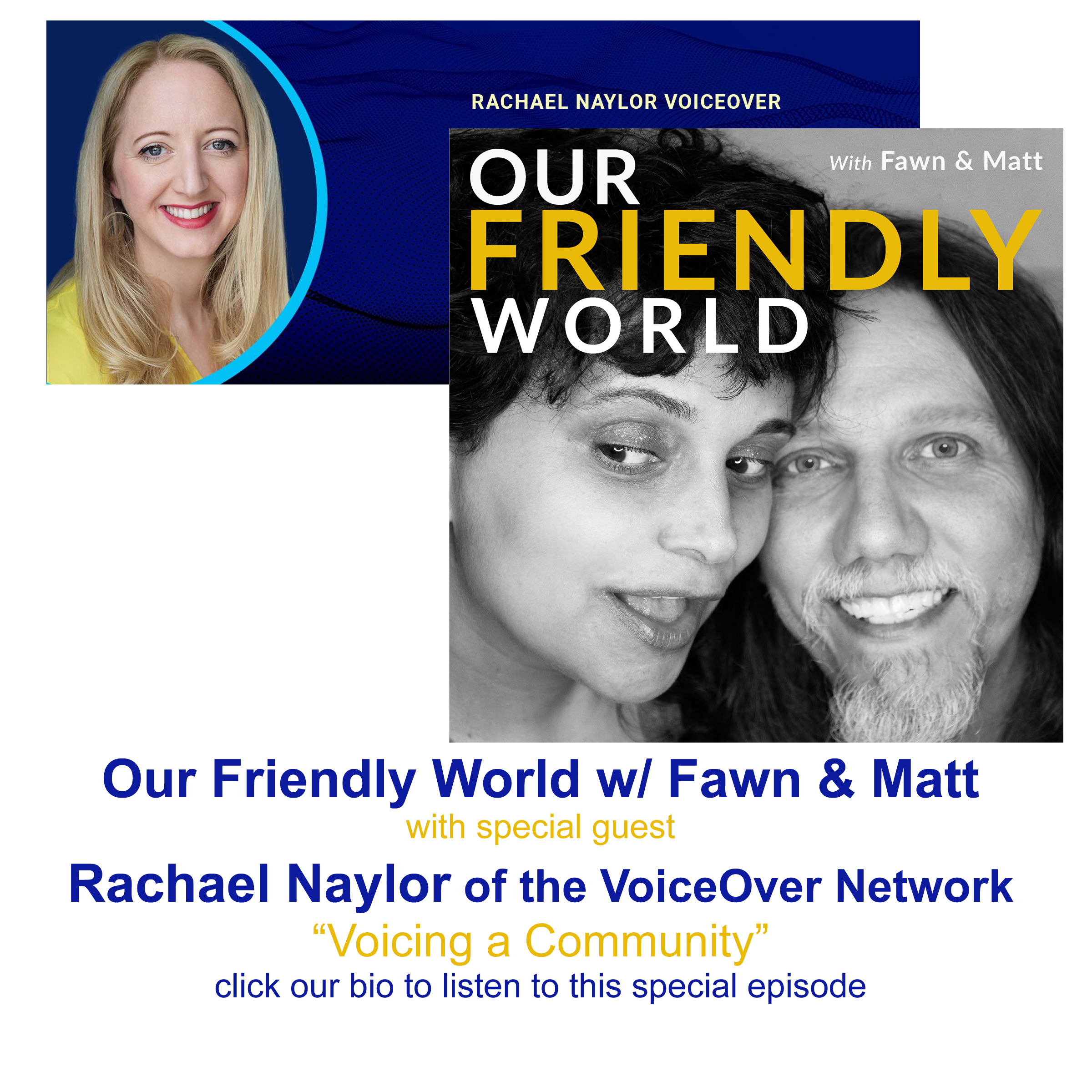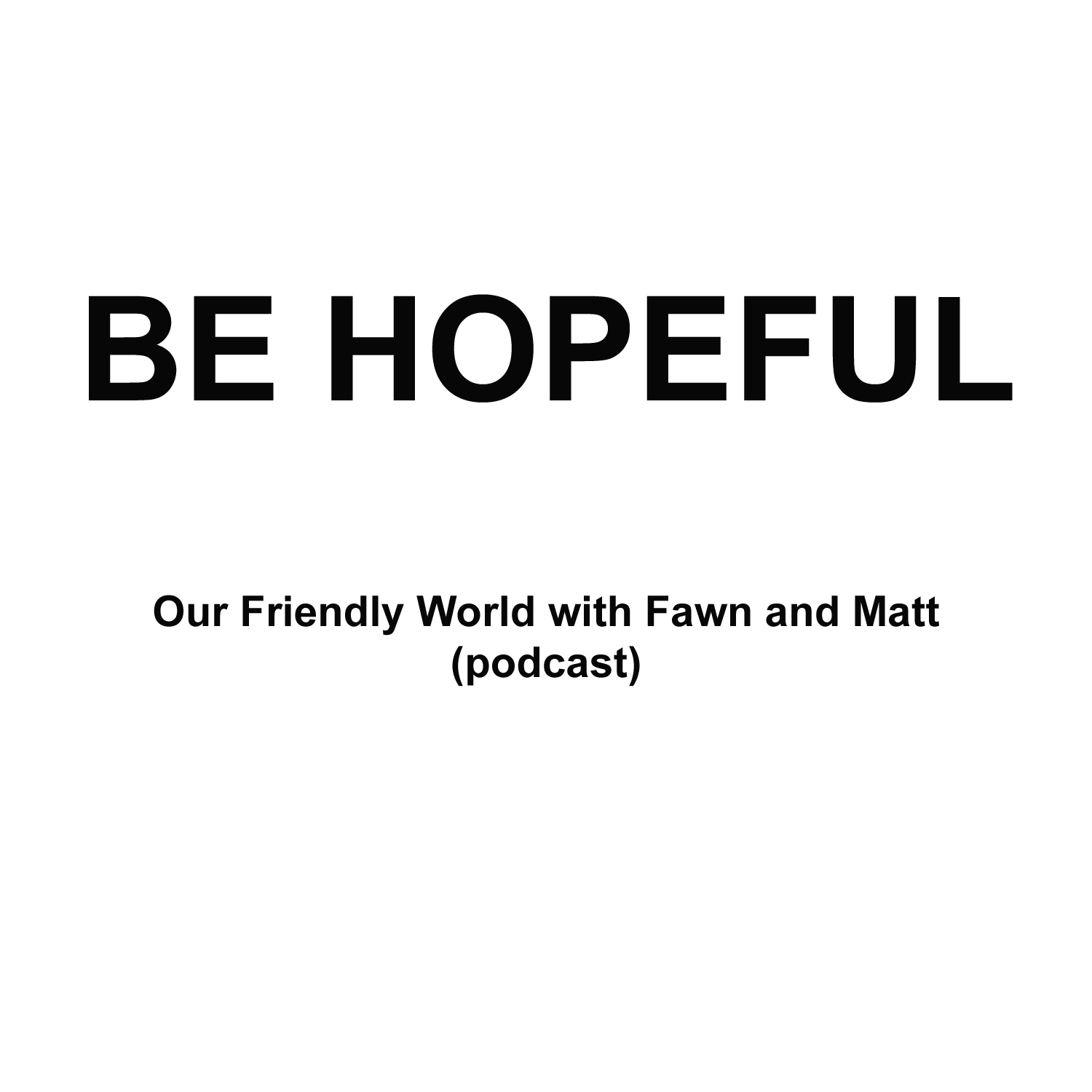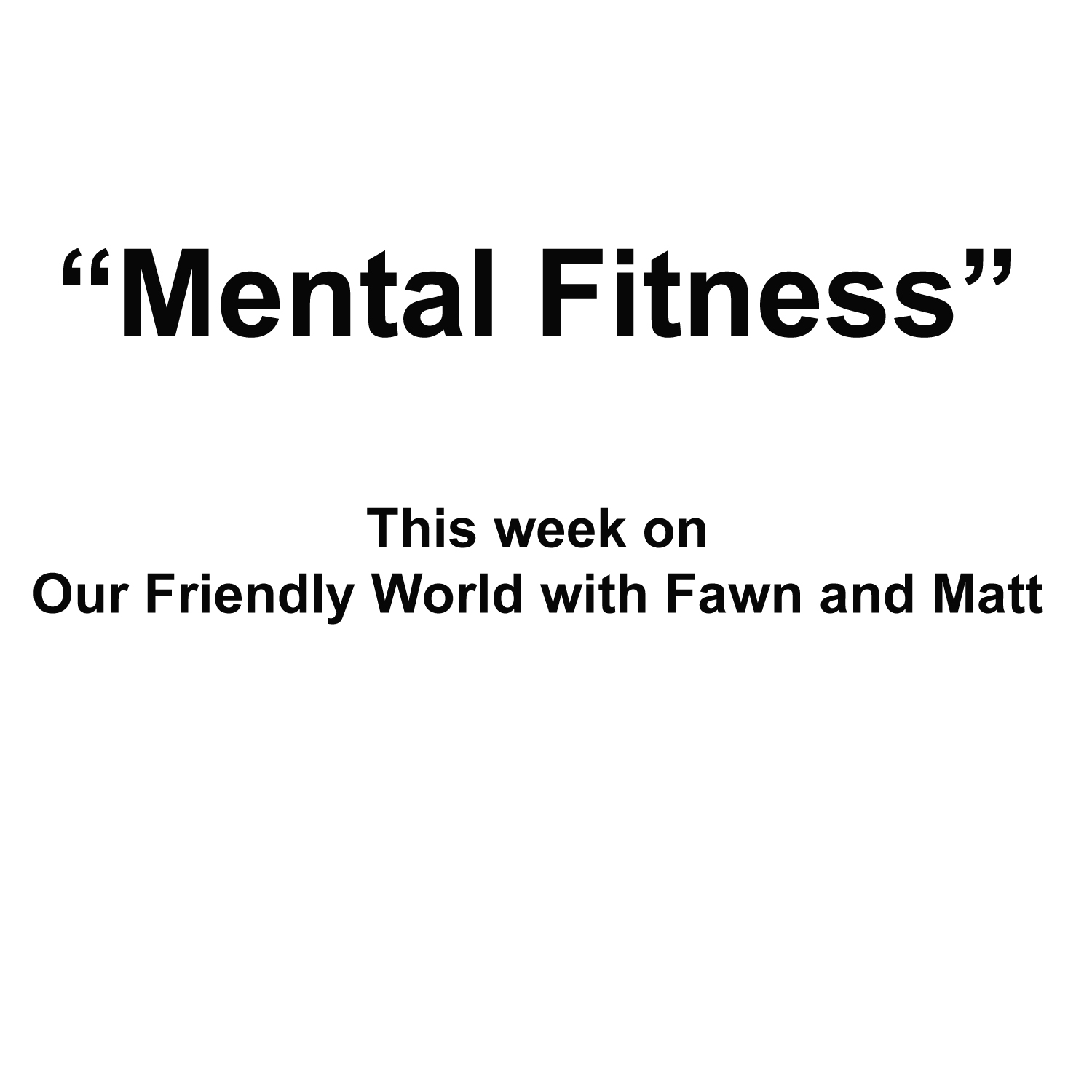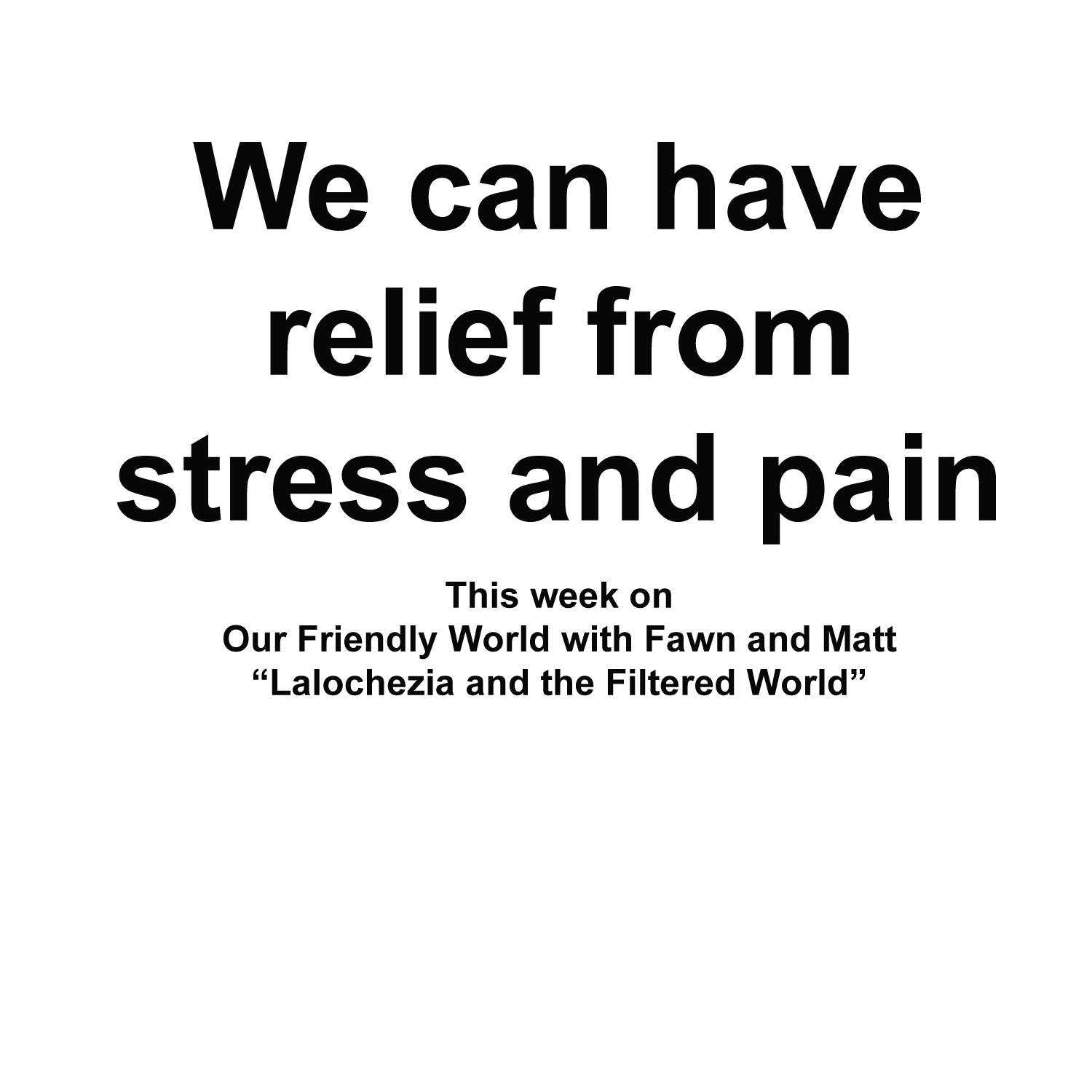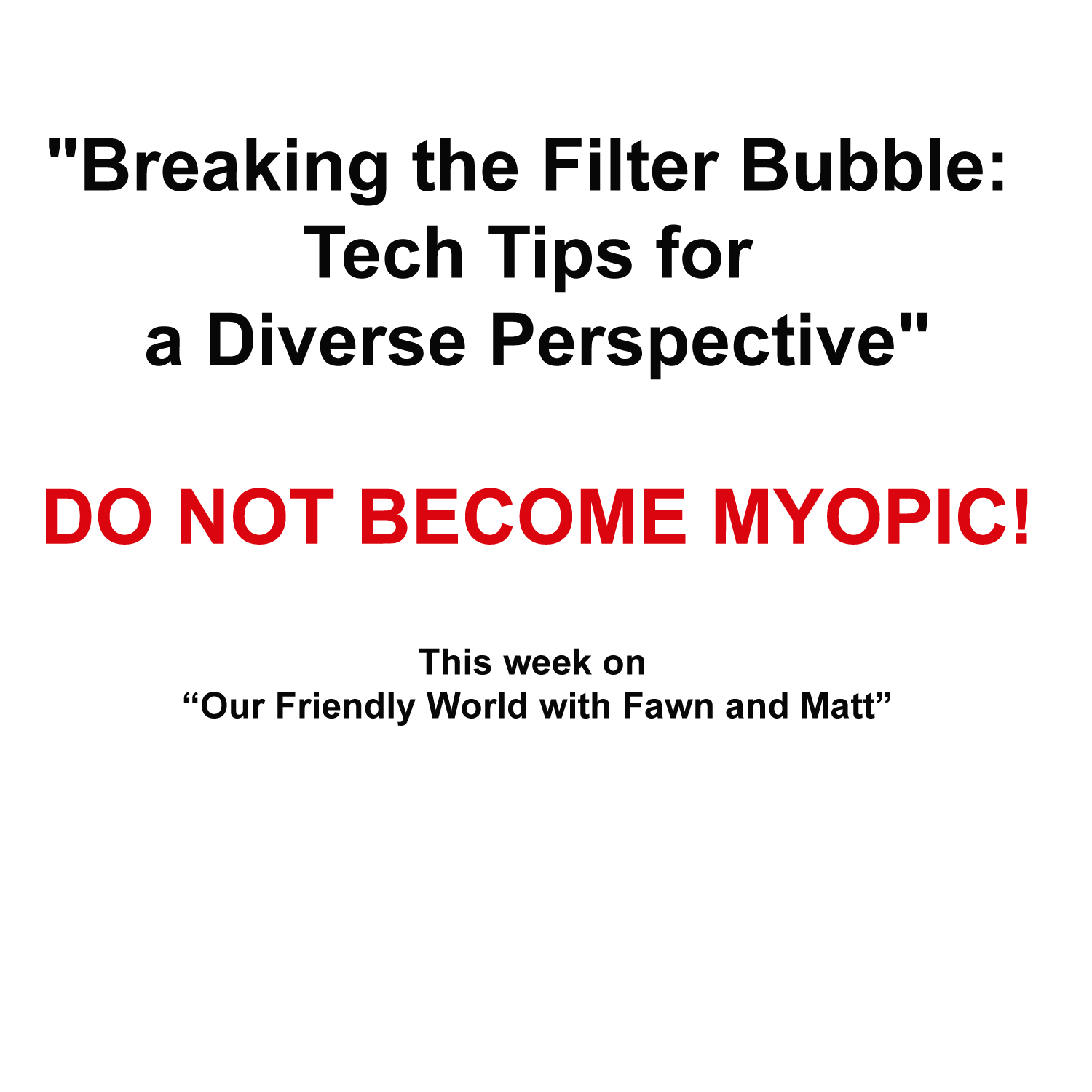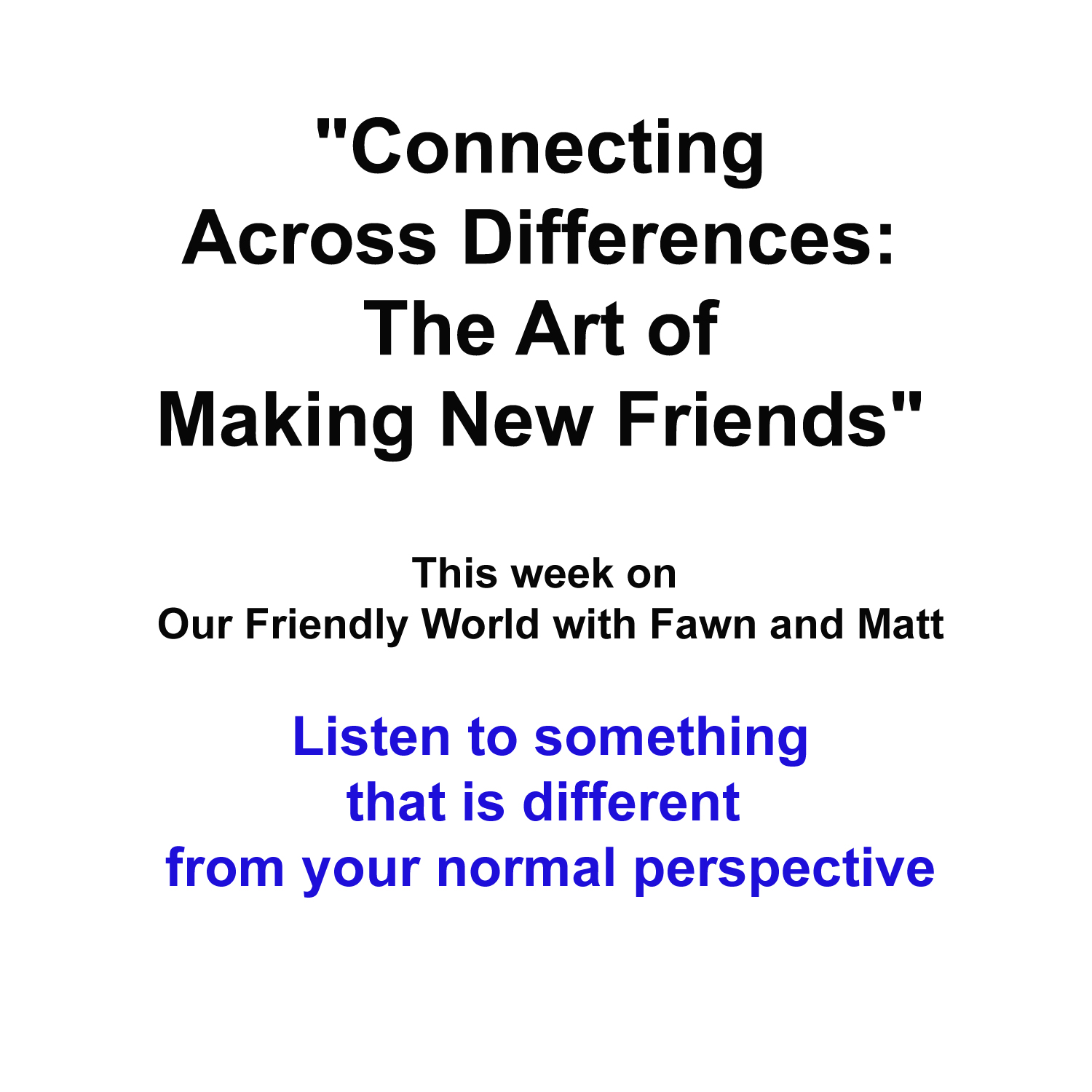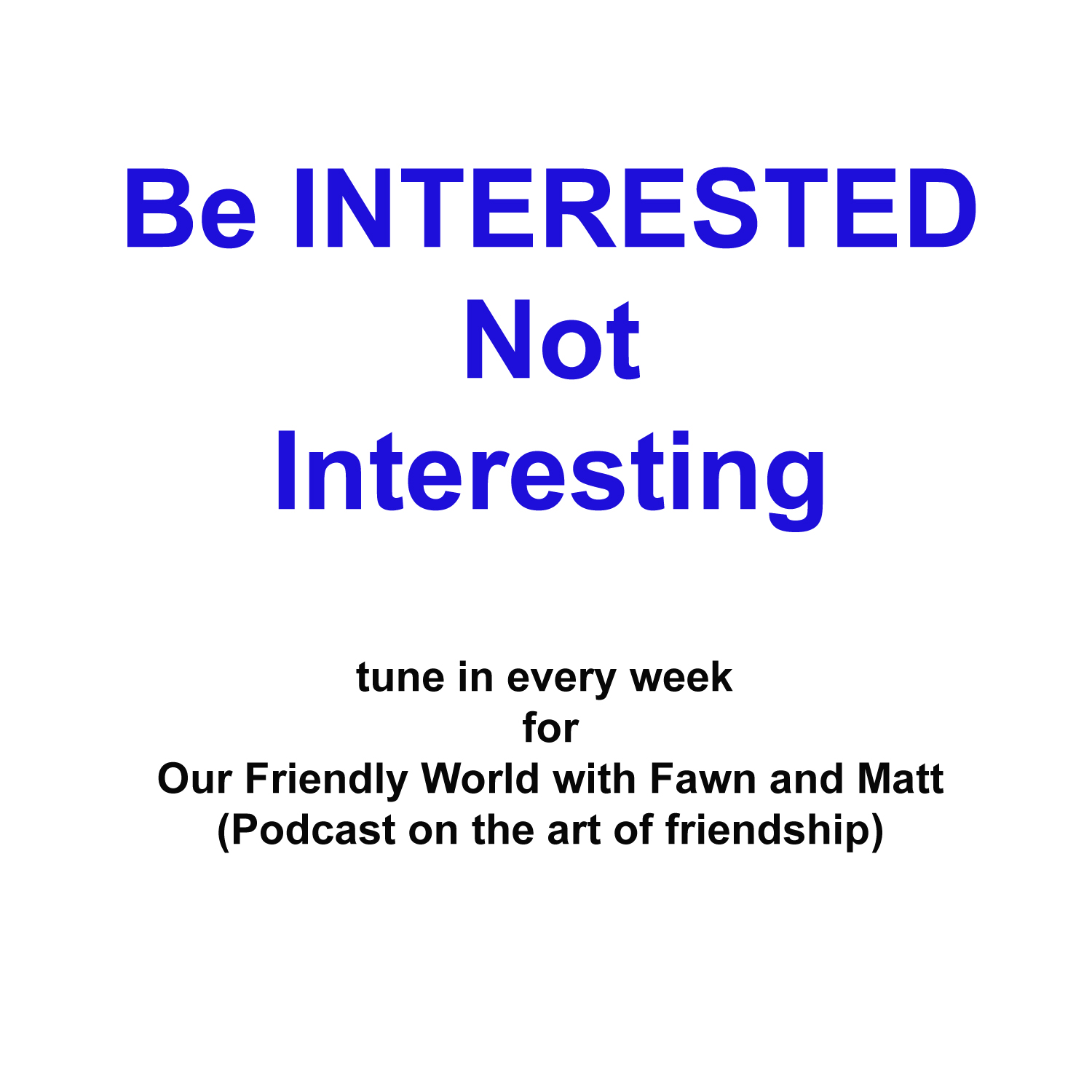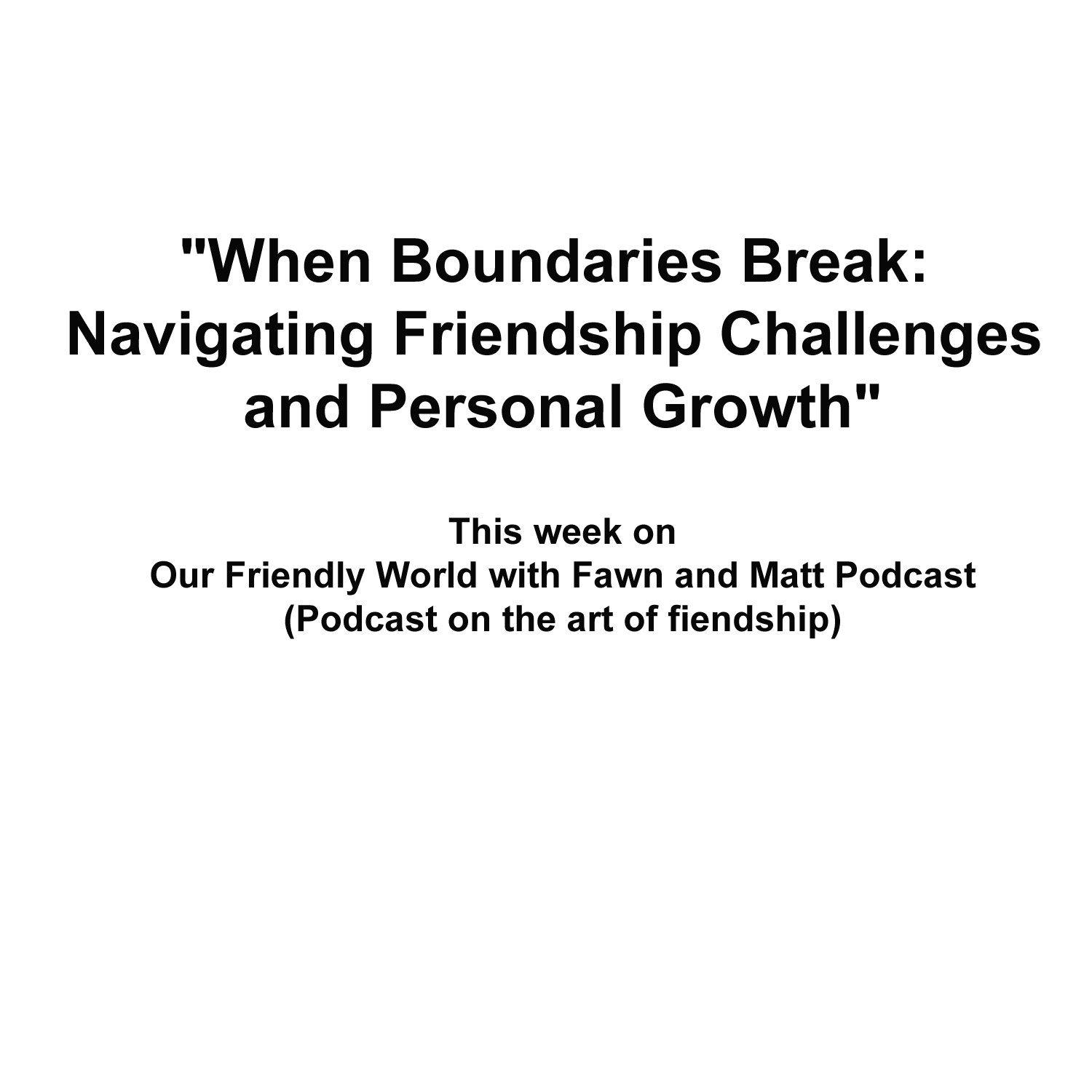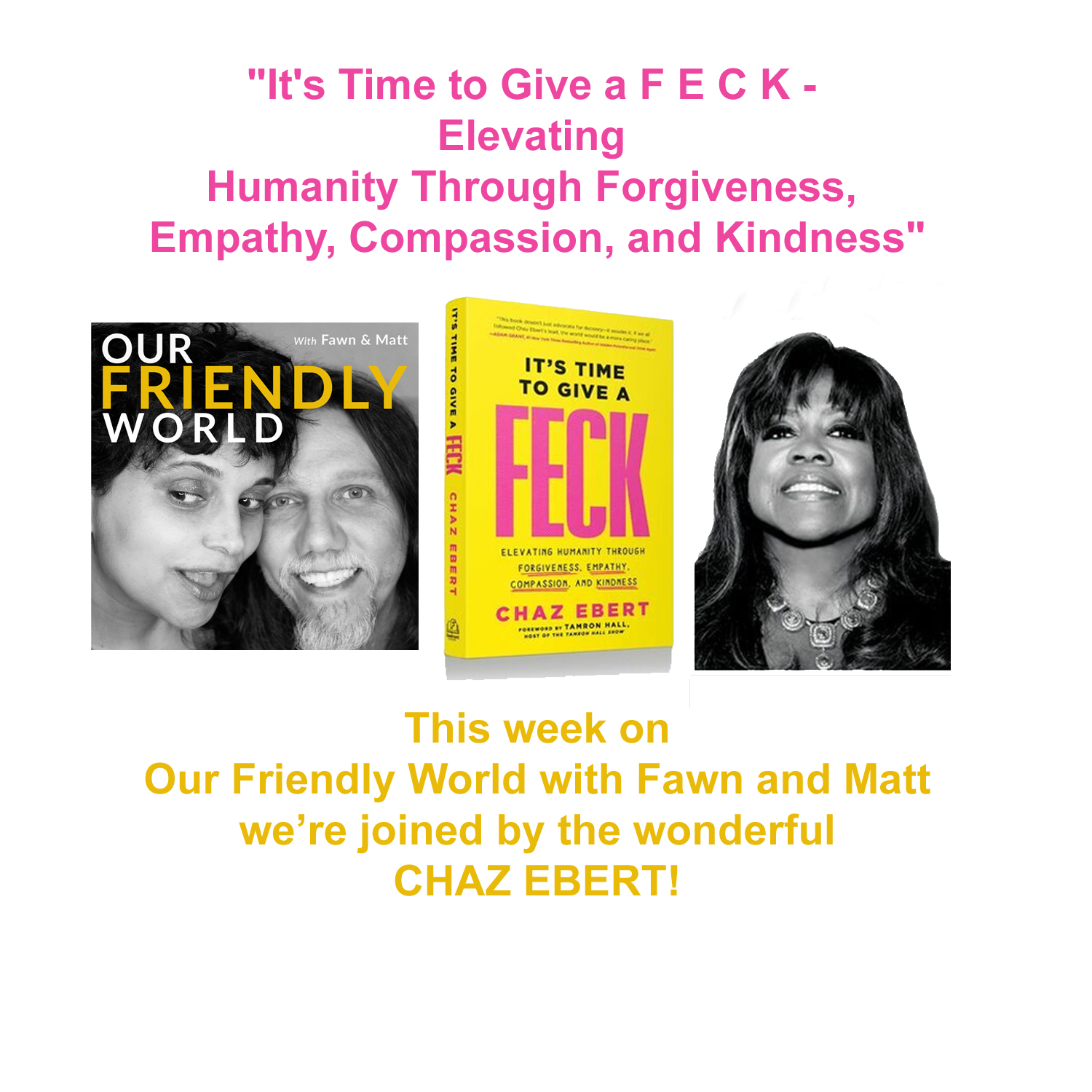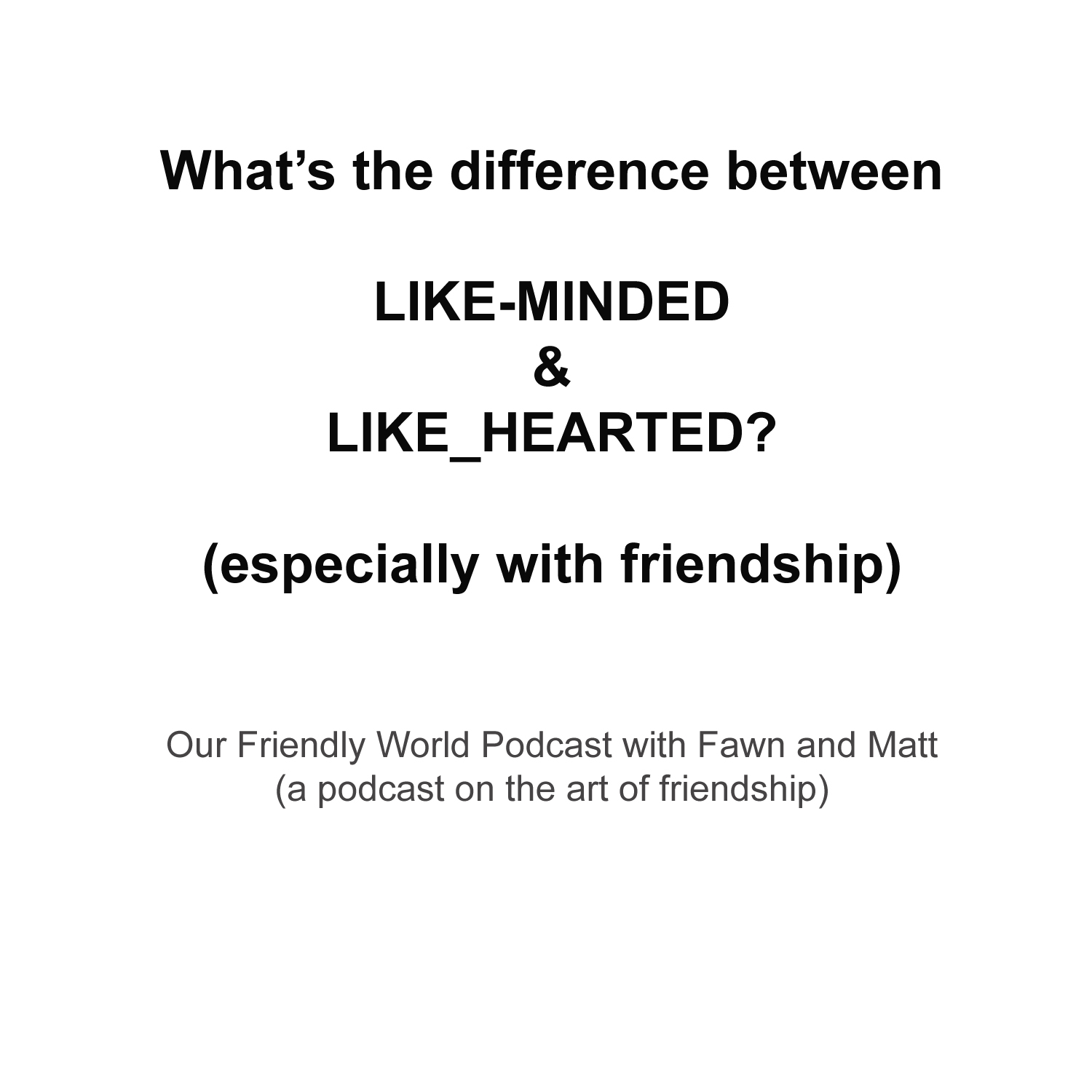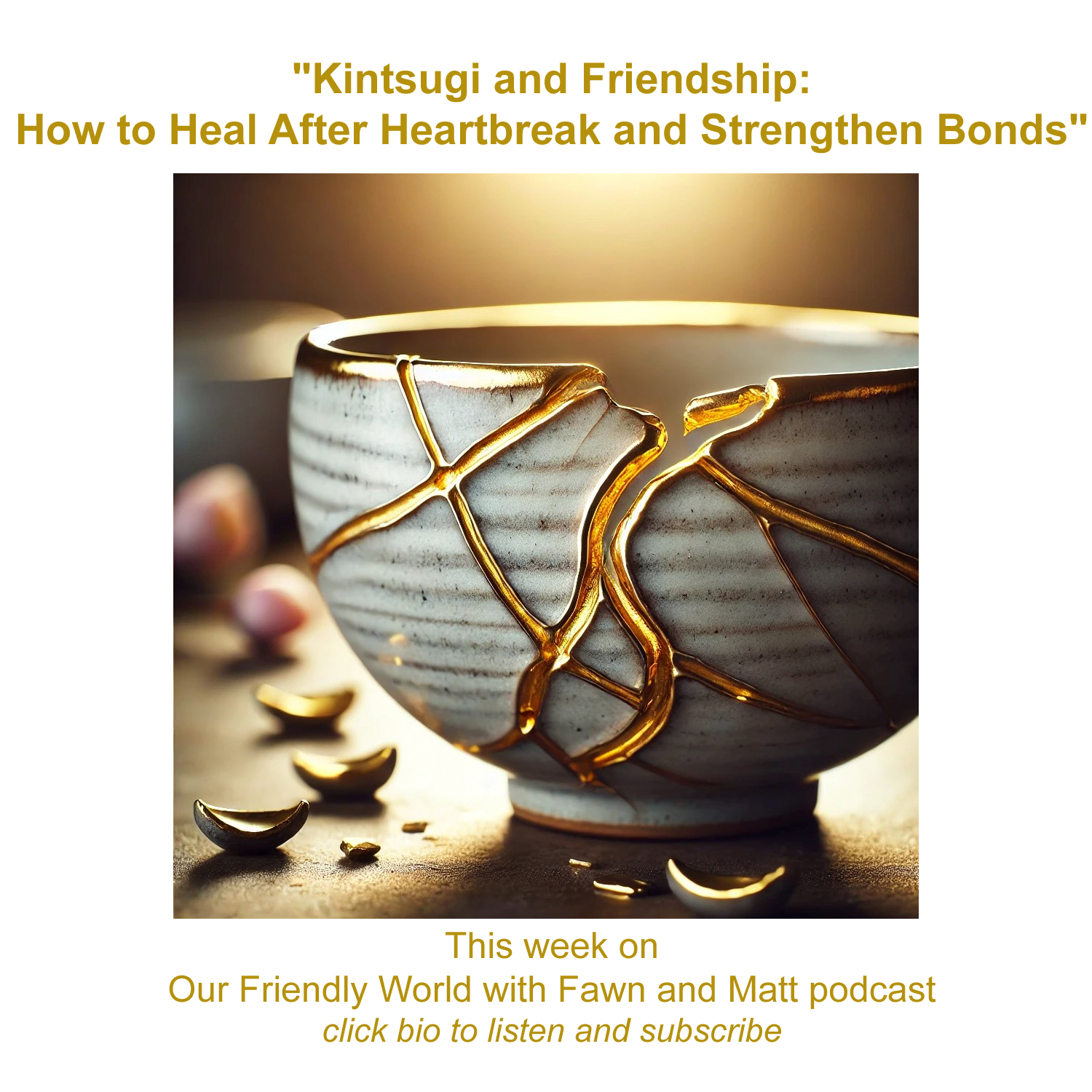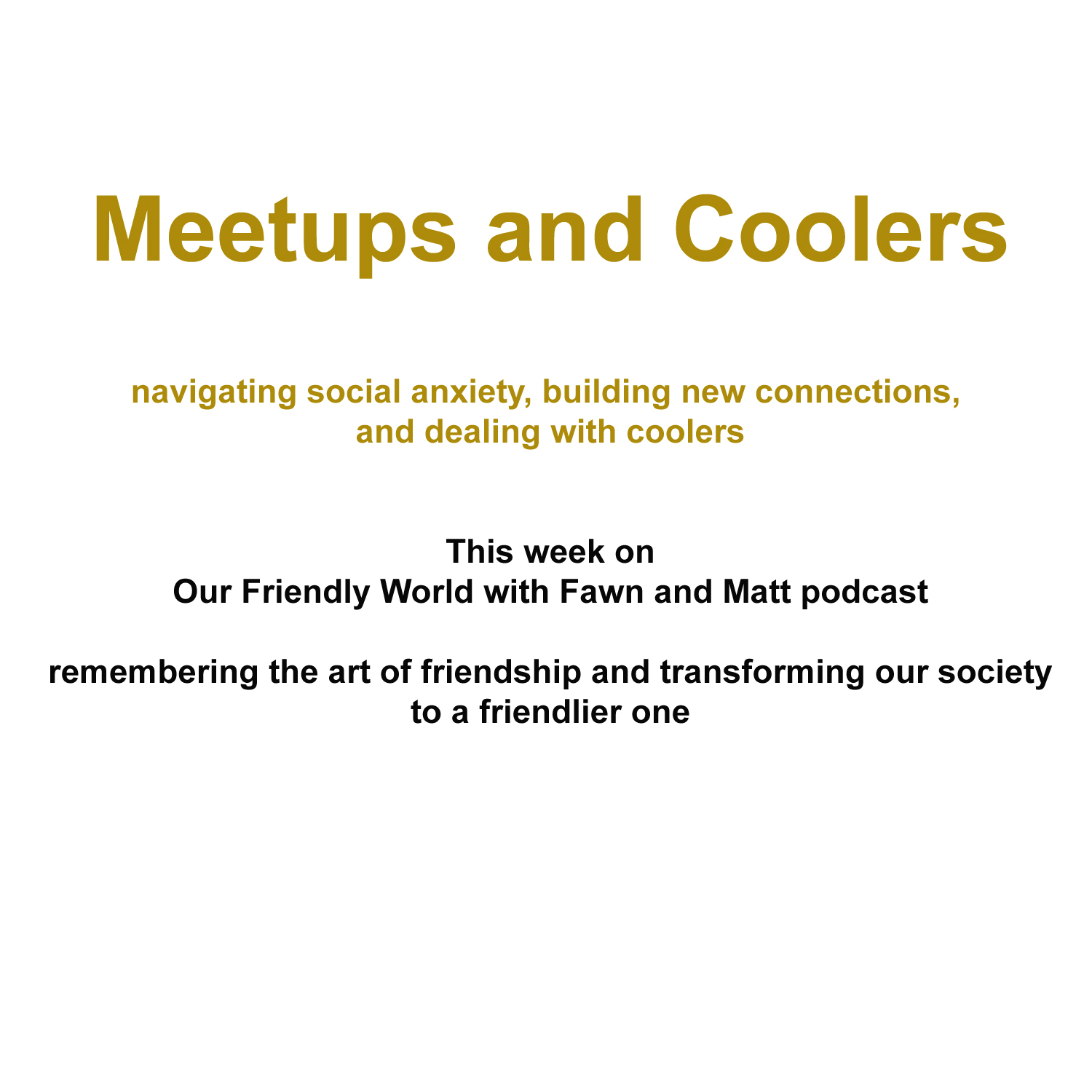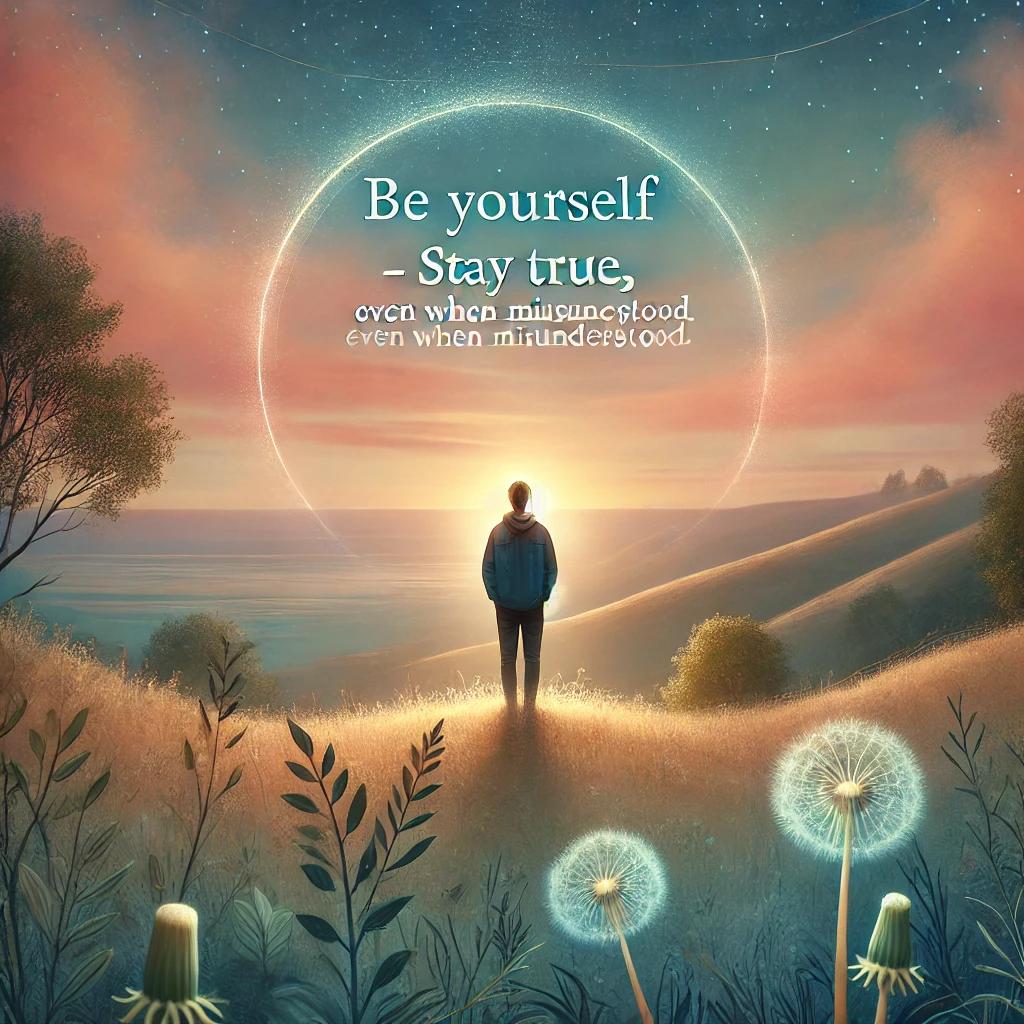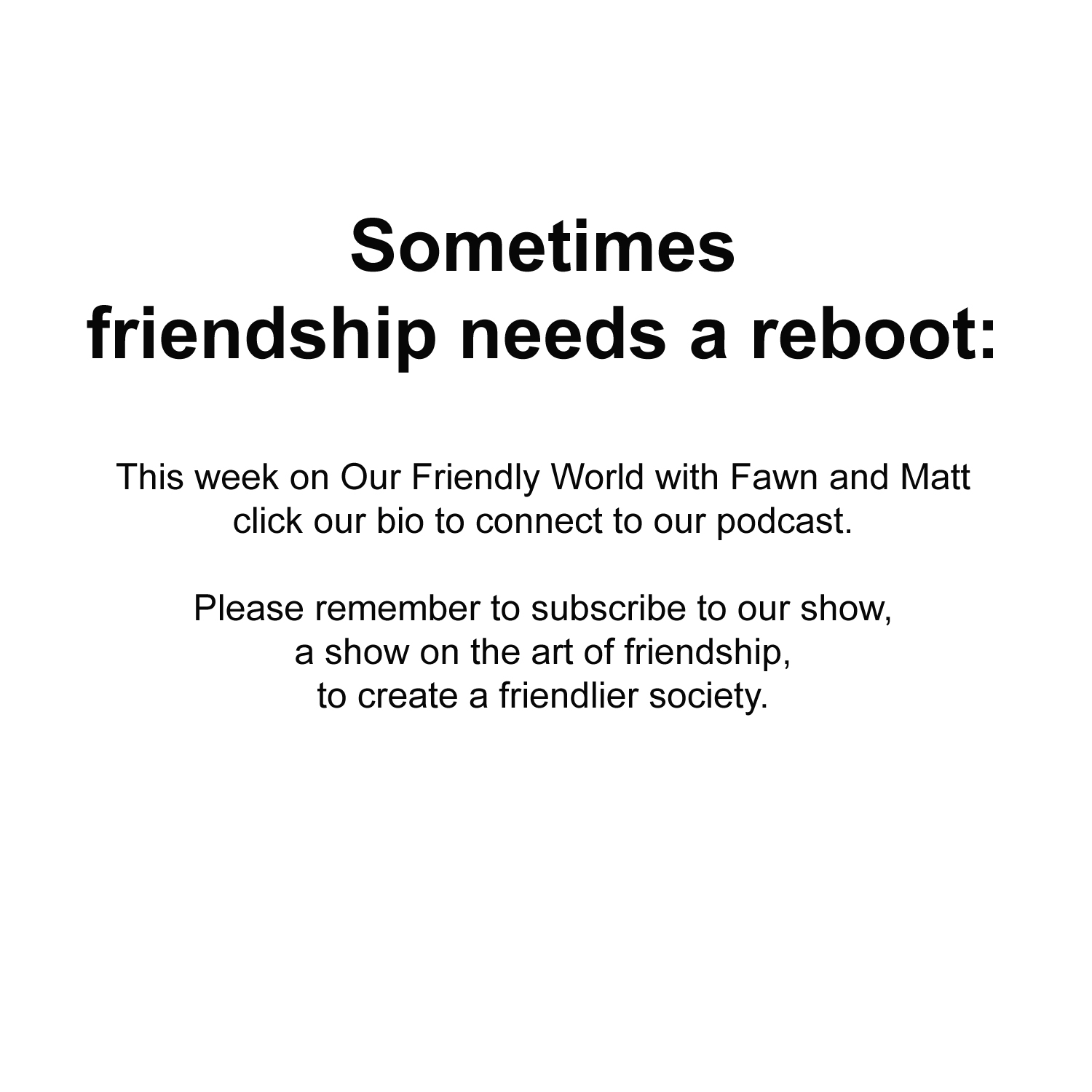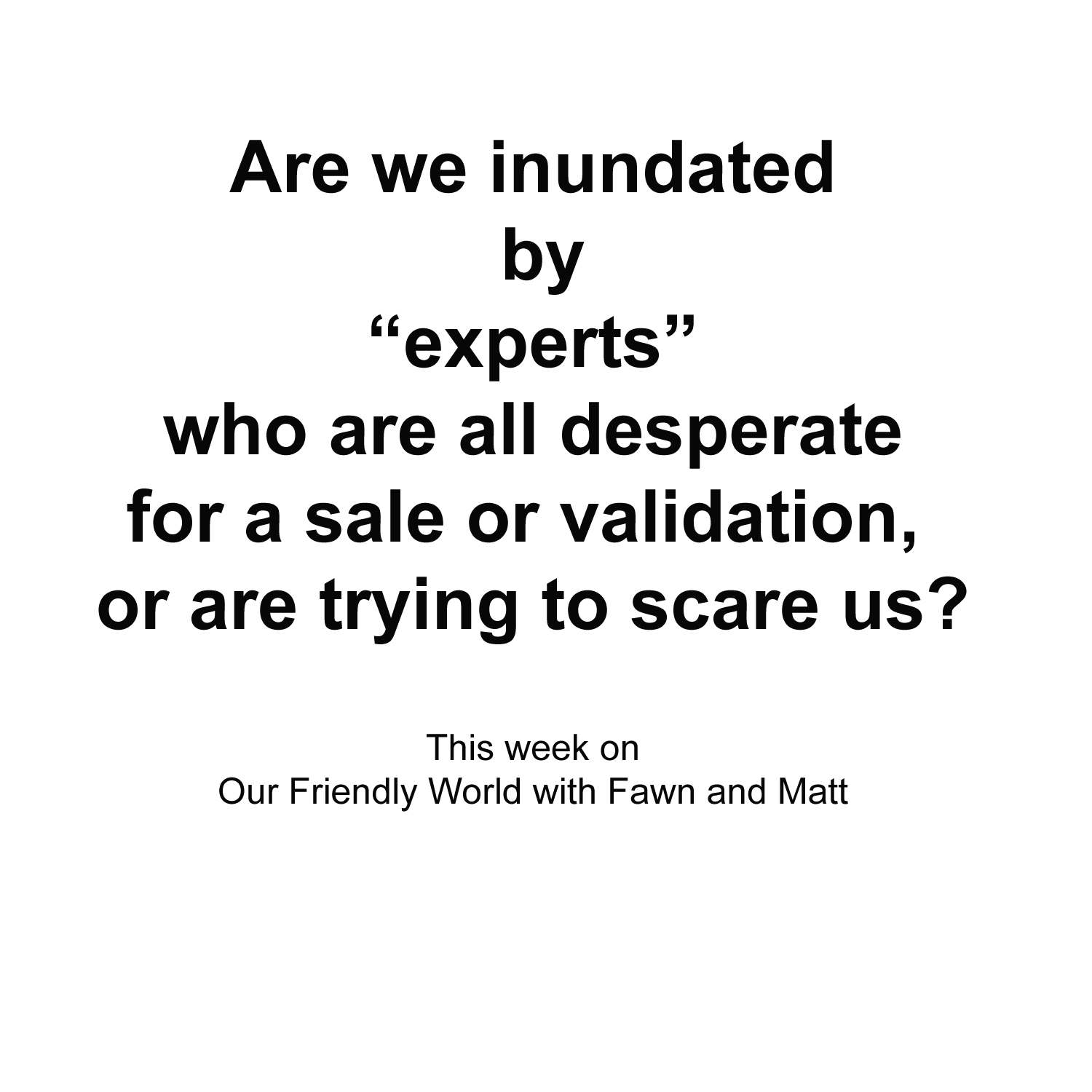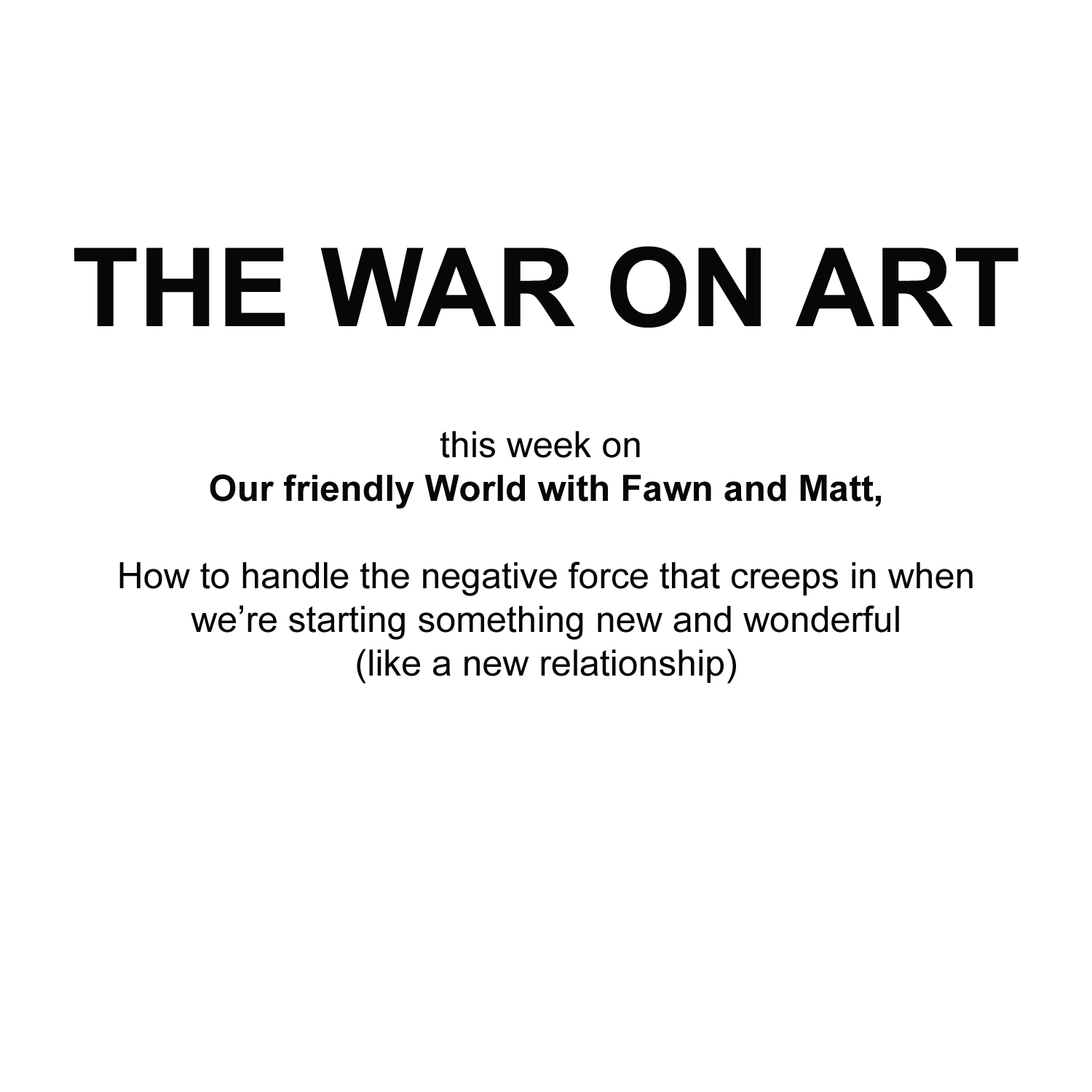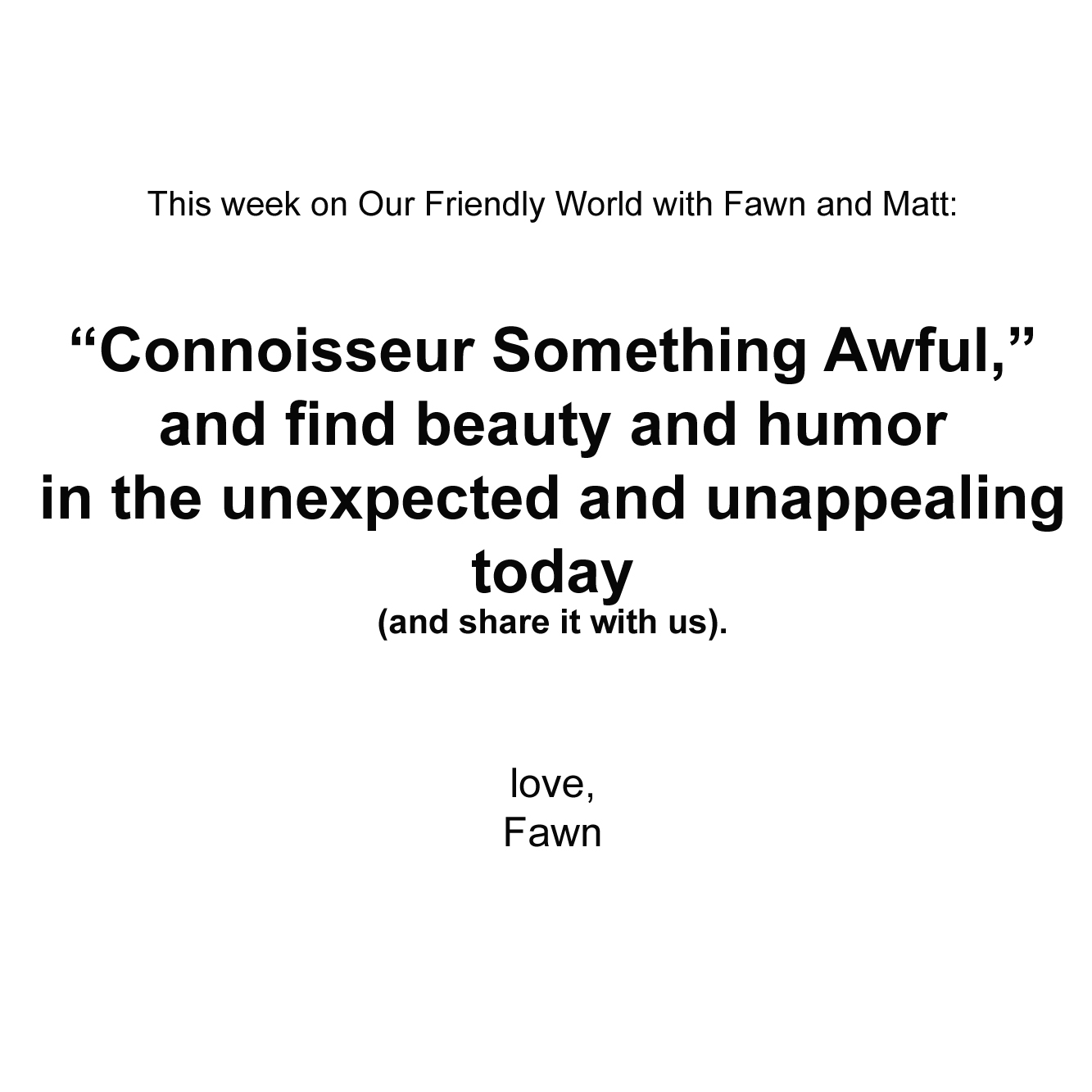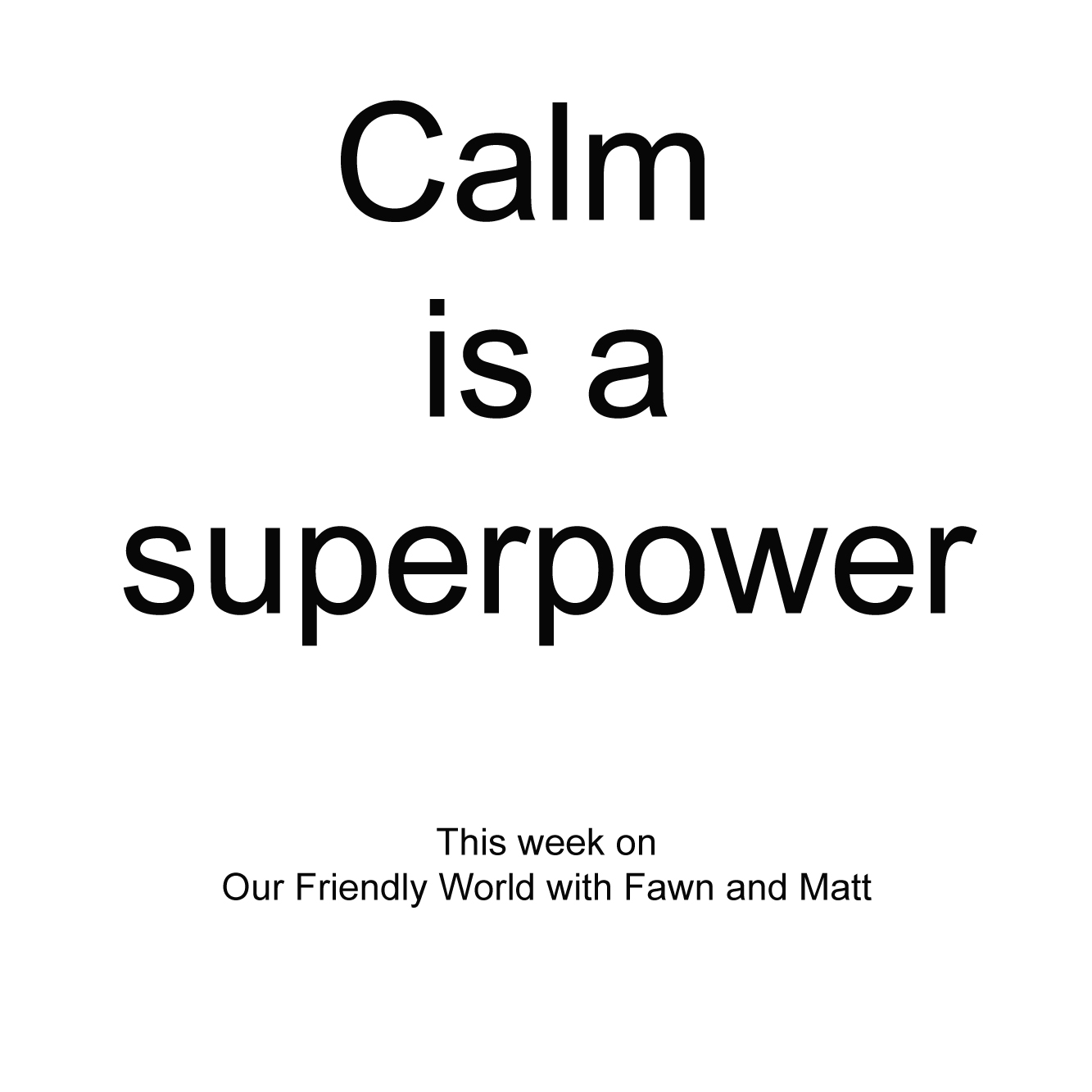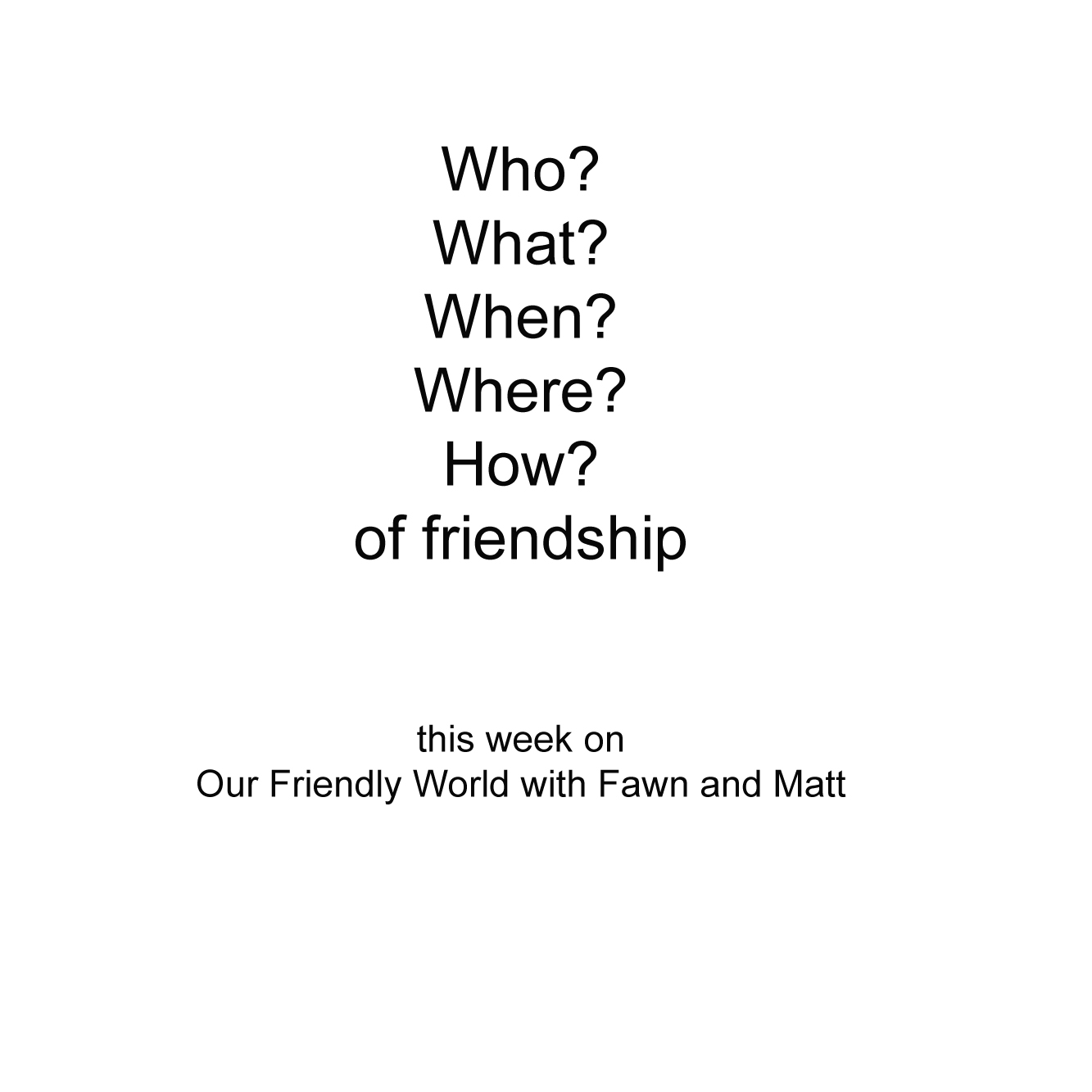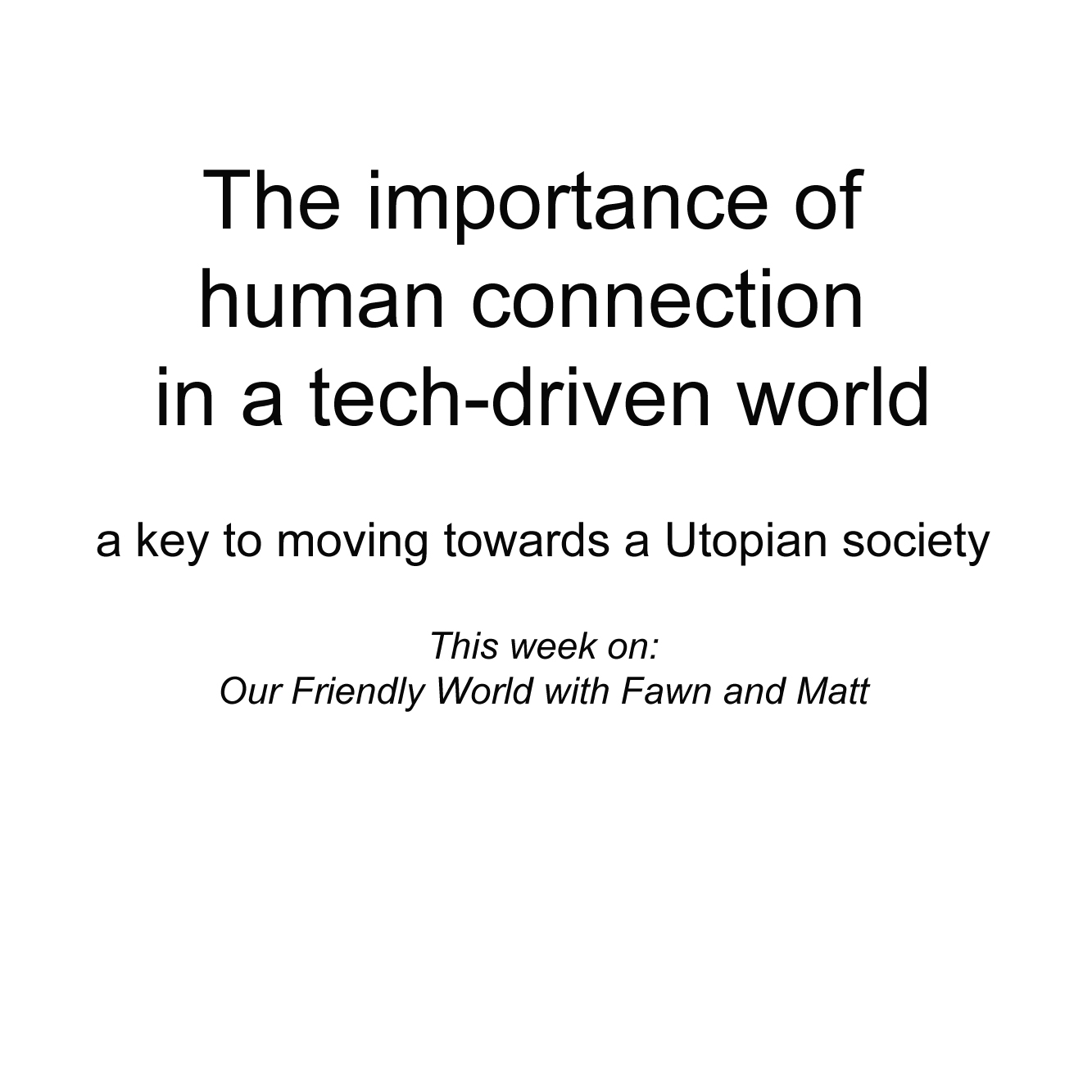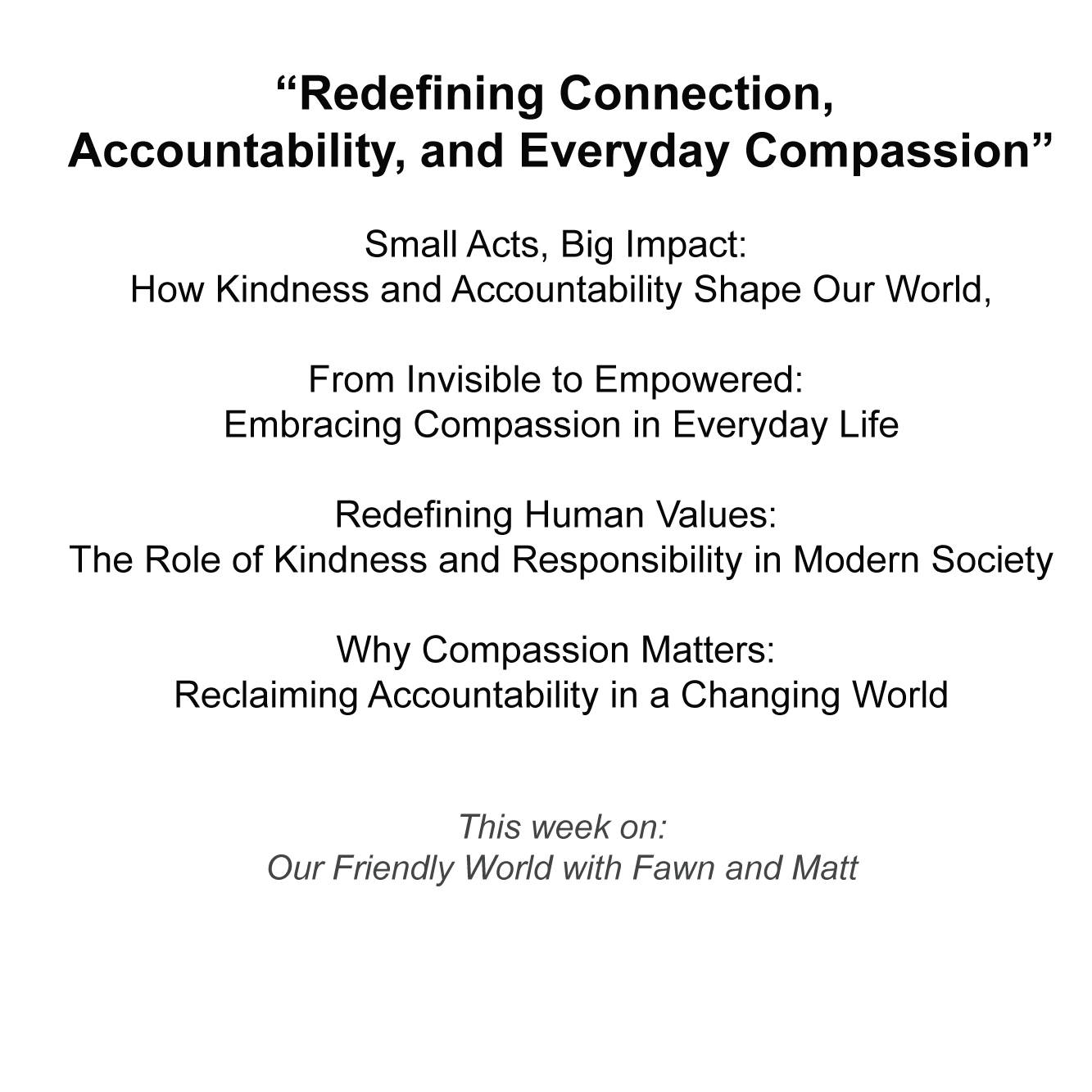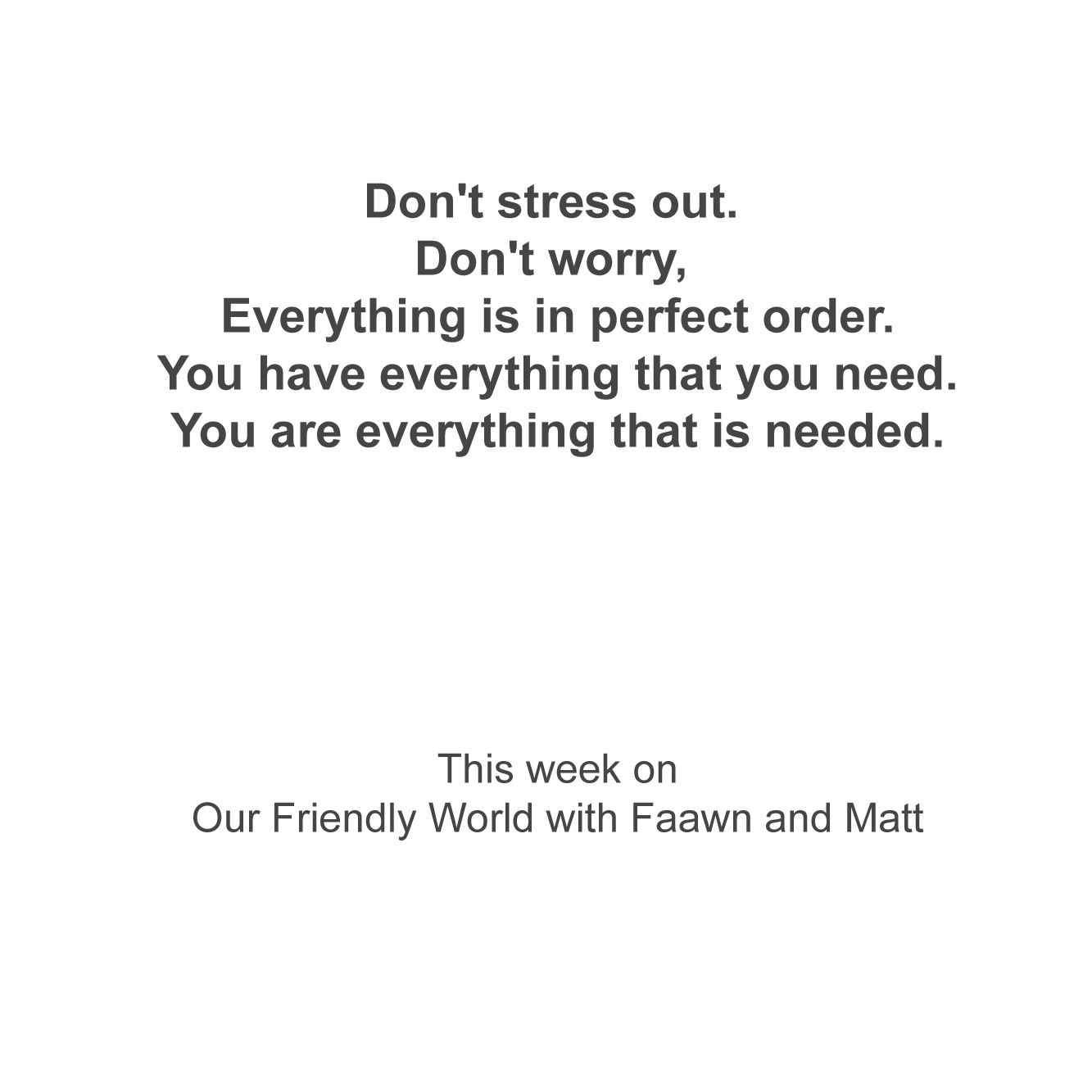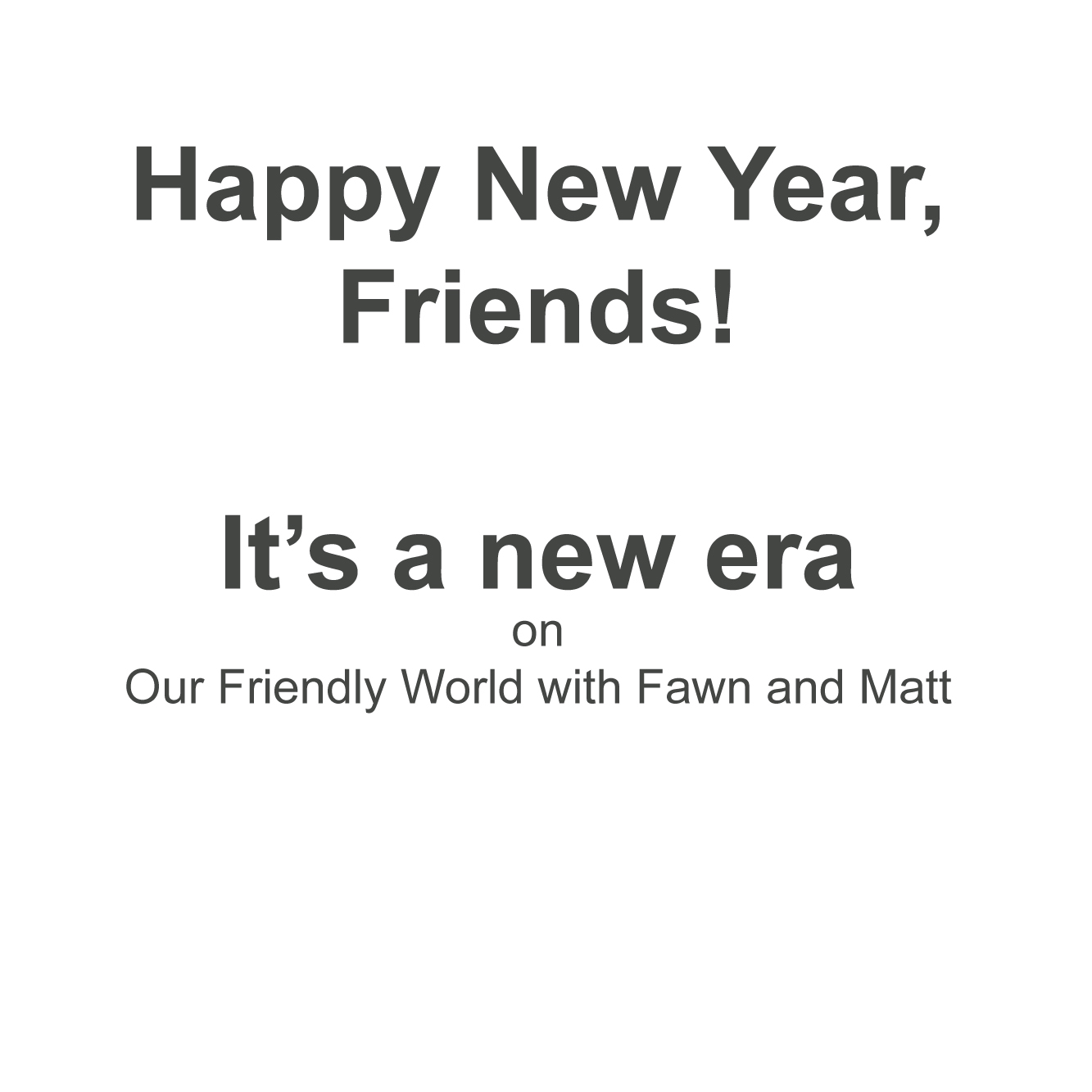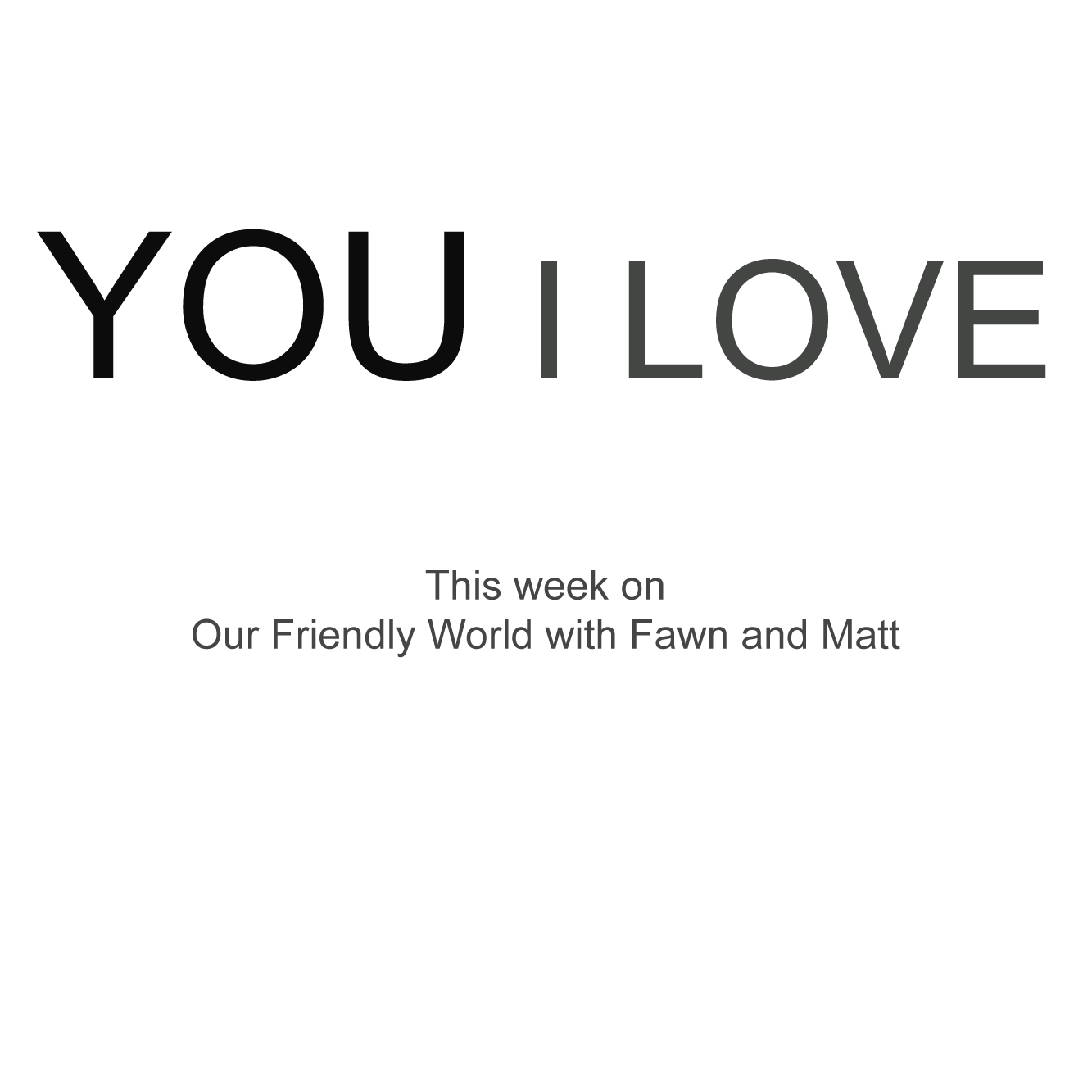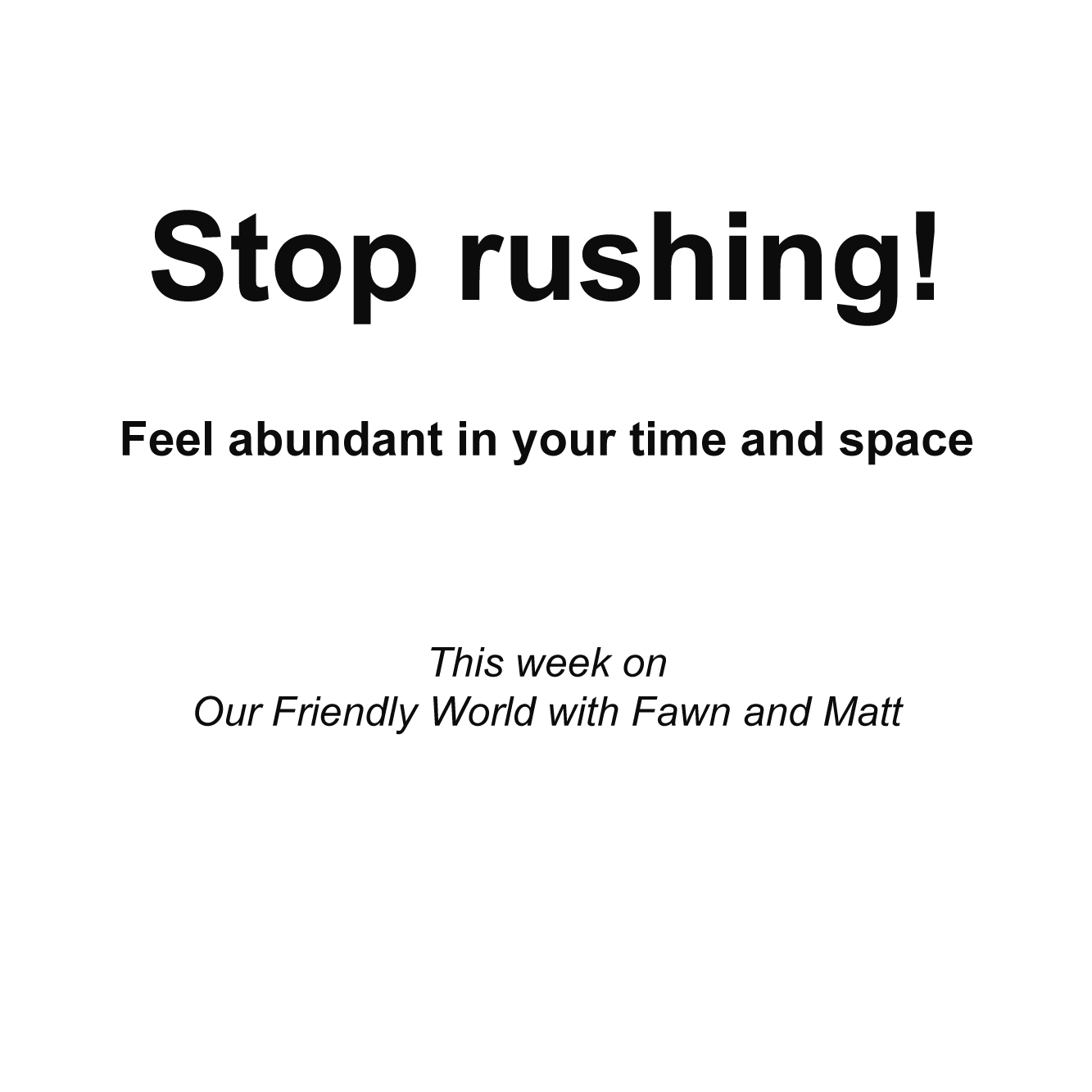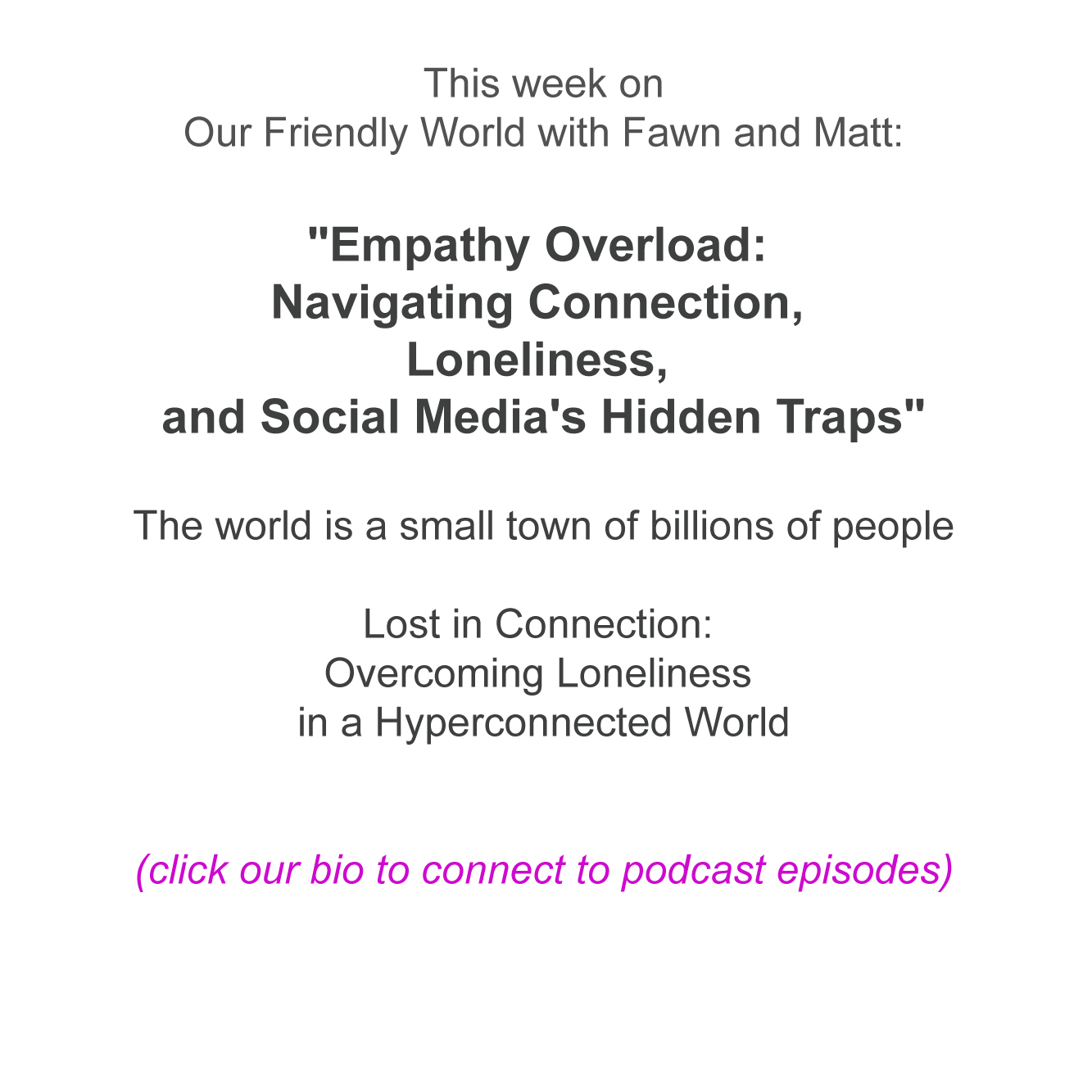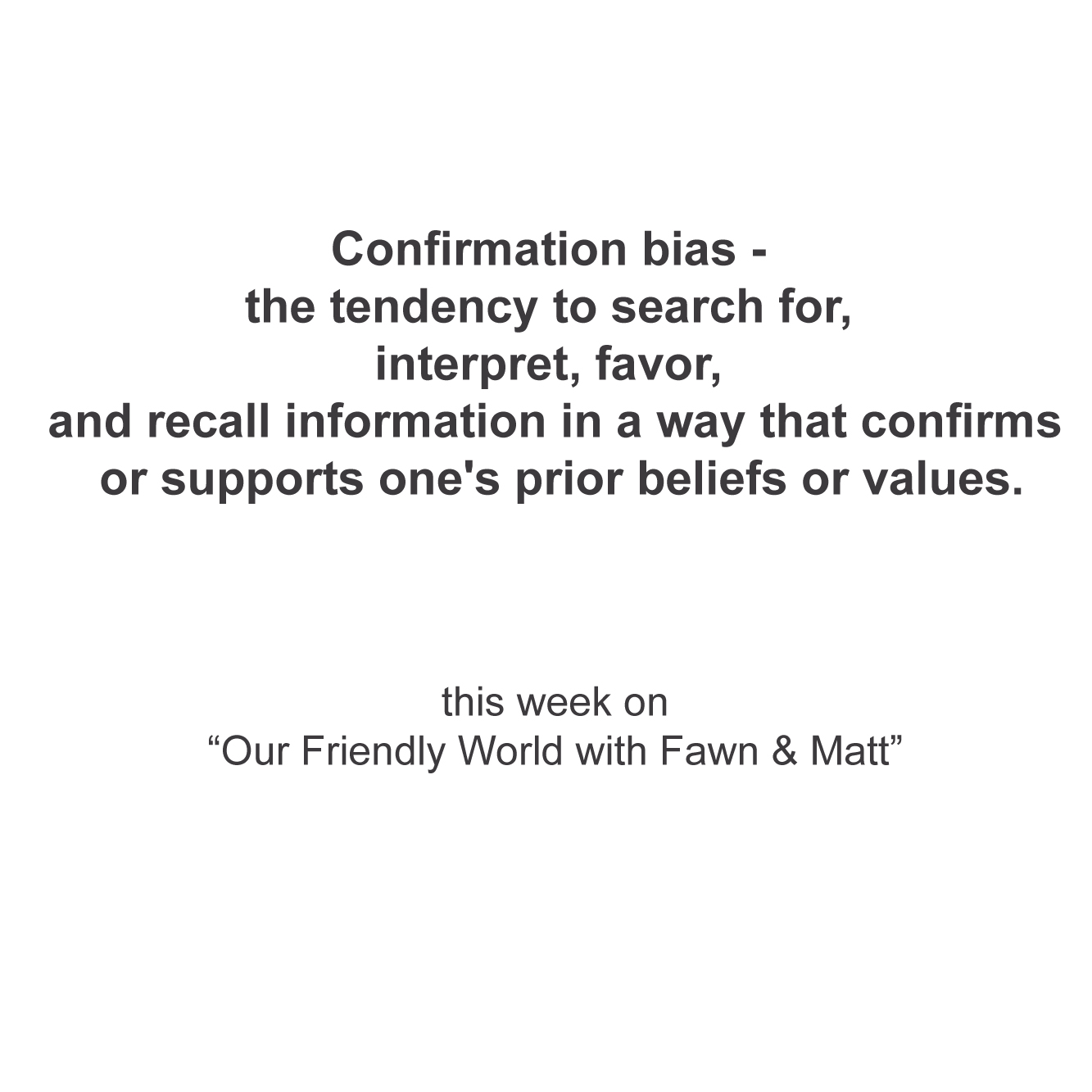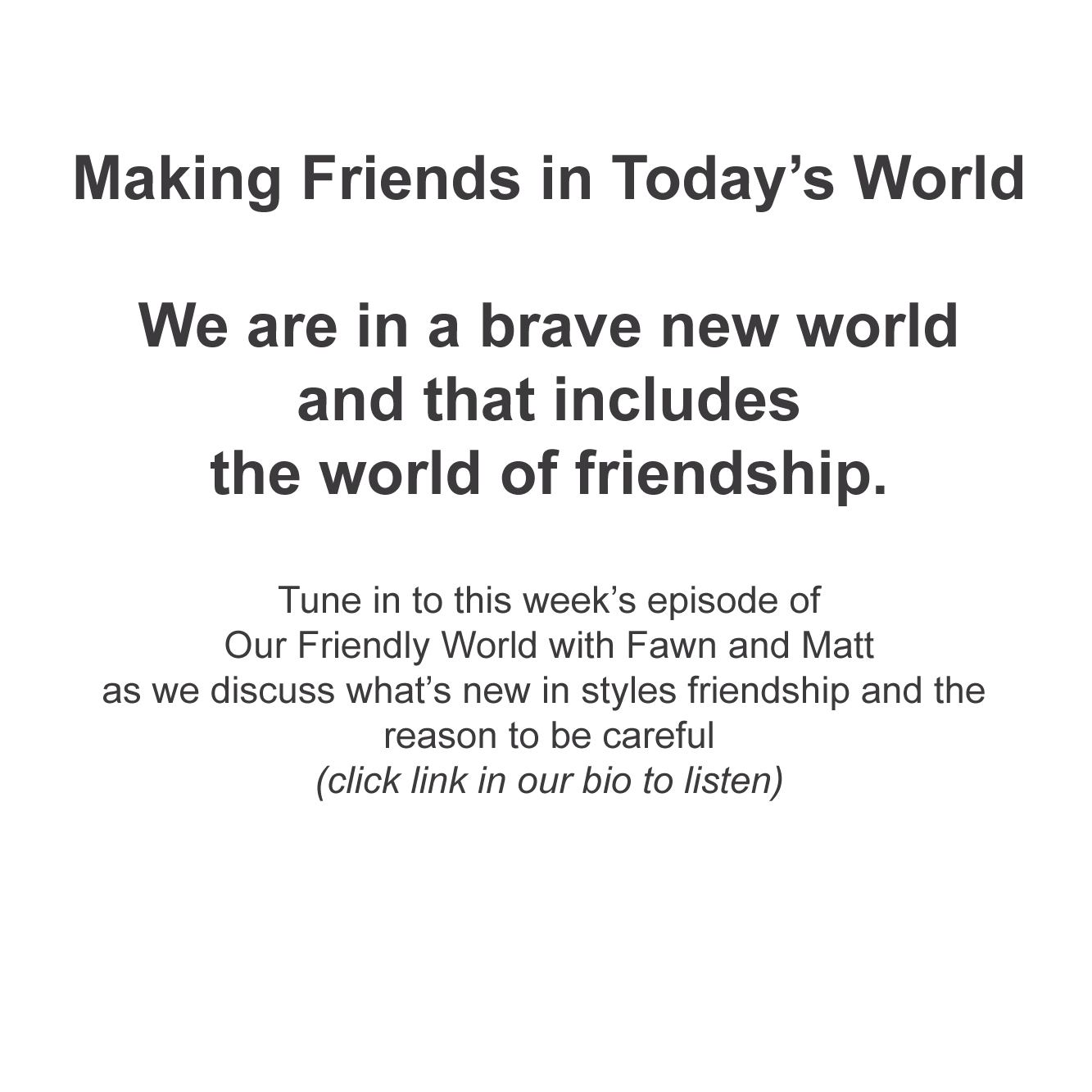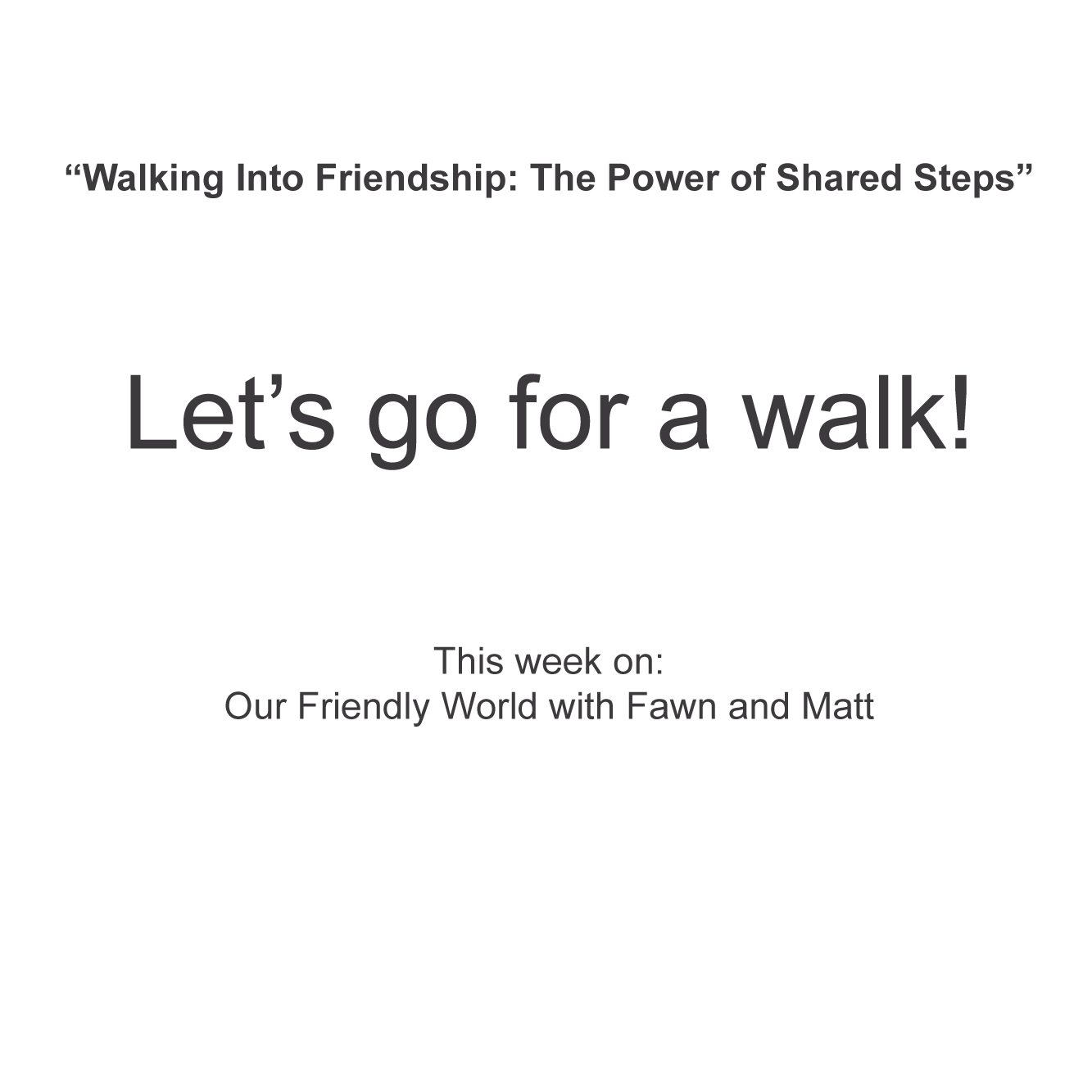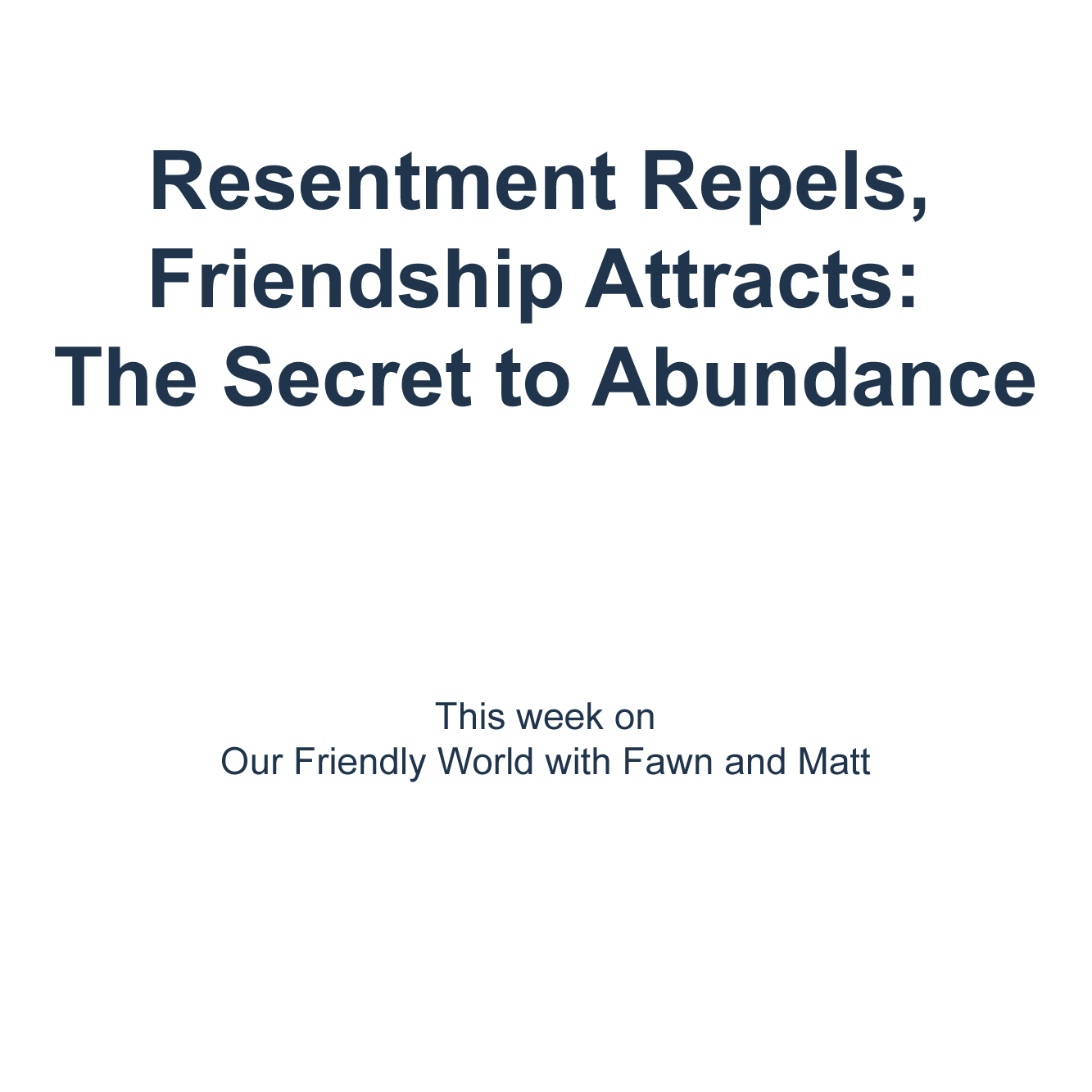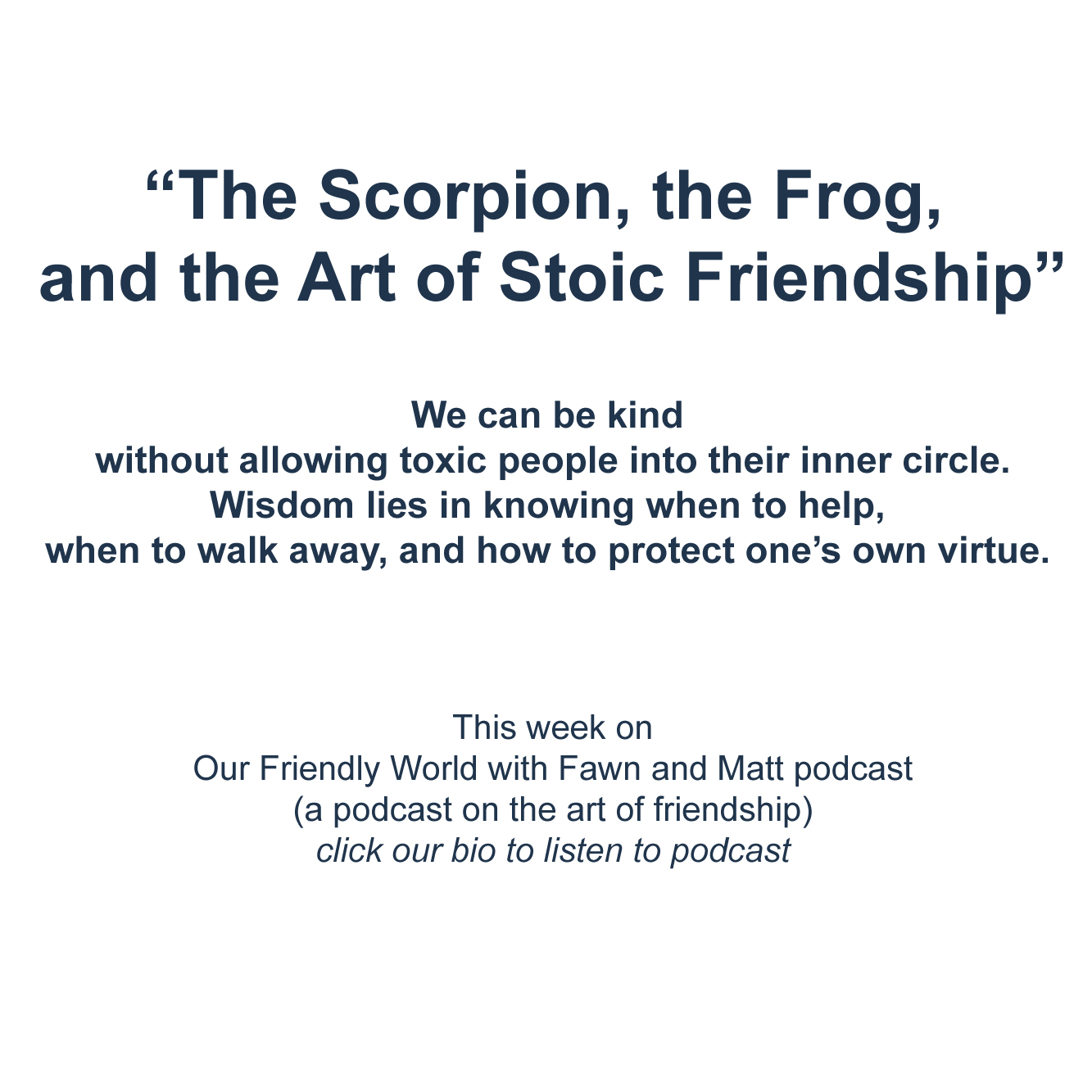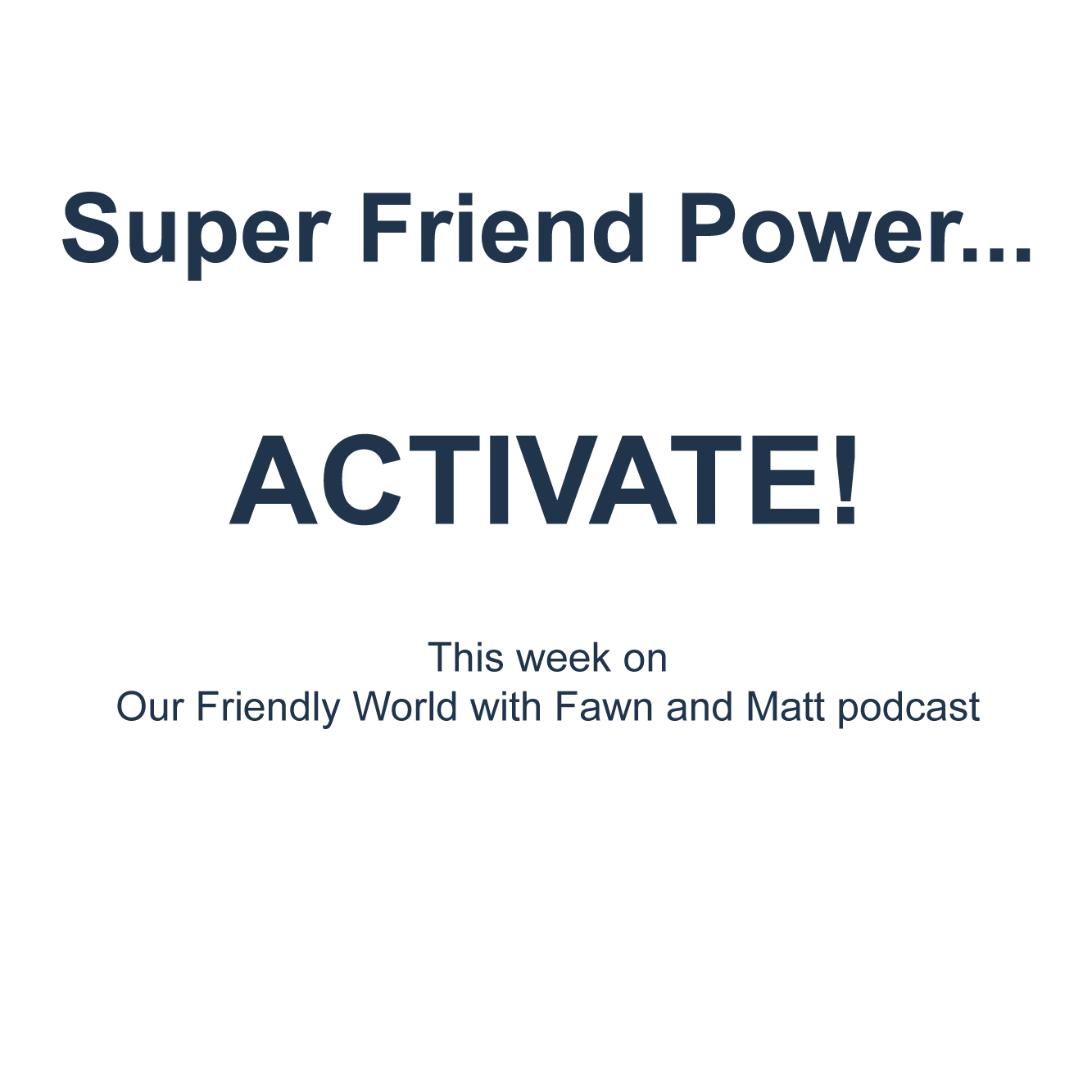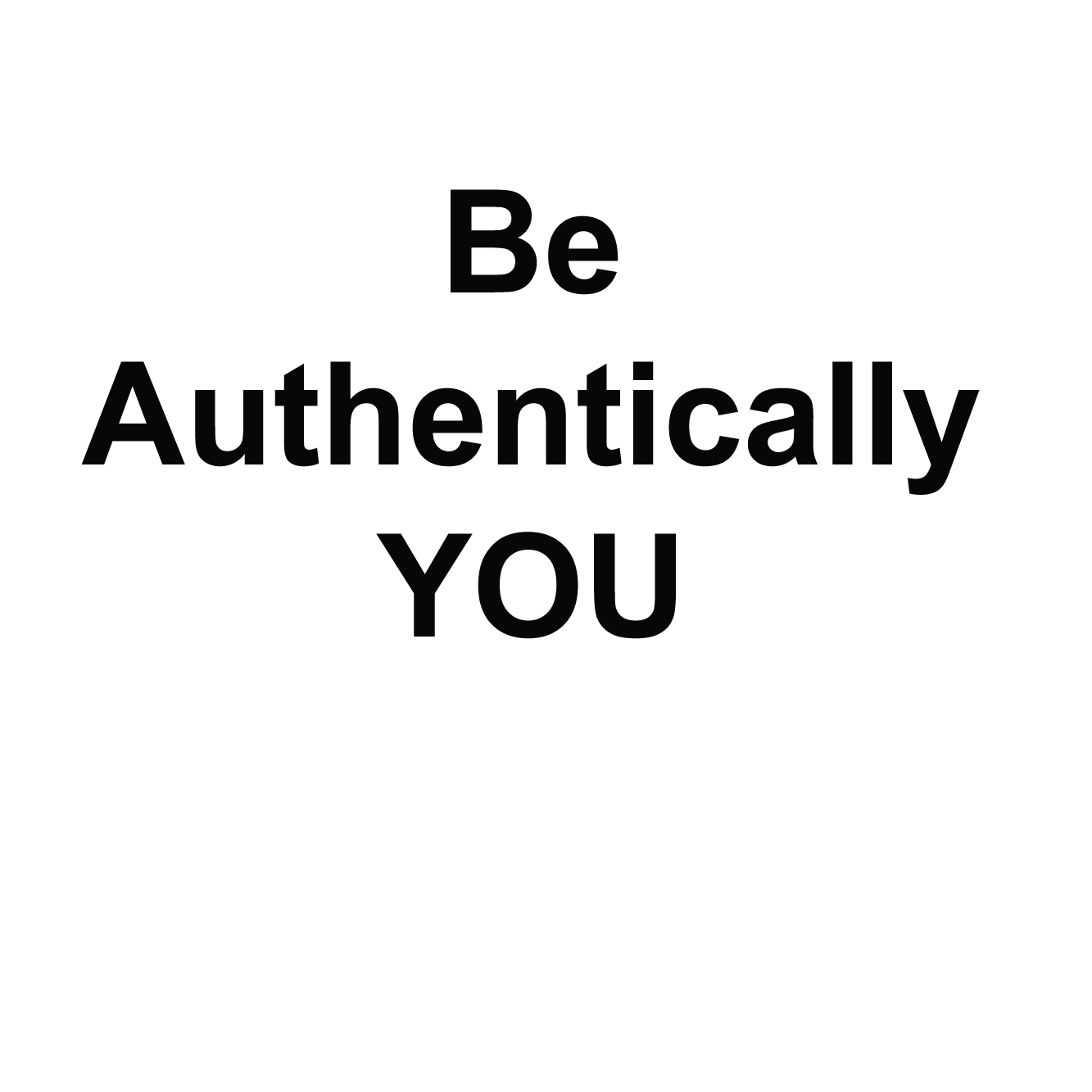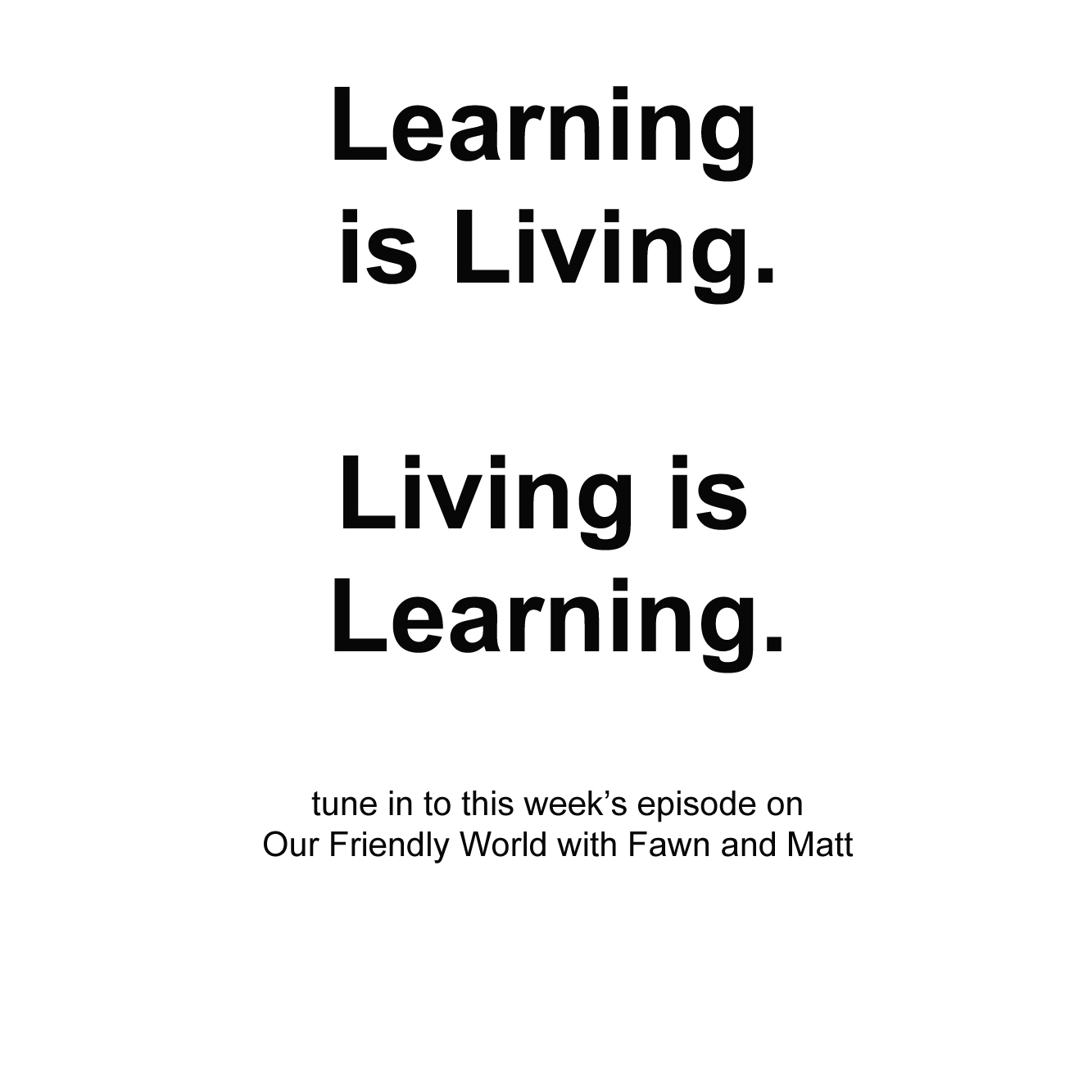Acceptance of Where You Are; Compassion, Community, Consciousness, Yoga Pants, and Being Popeye with Maya Breuer
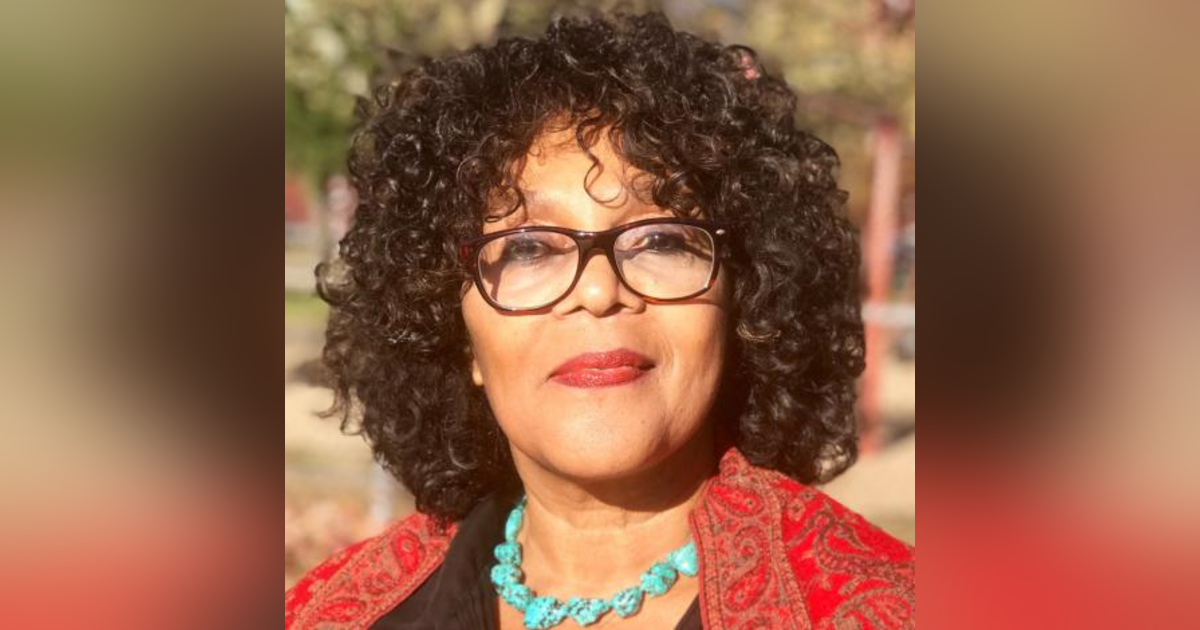
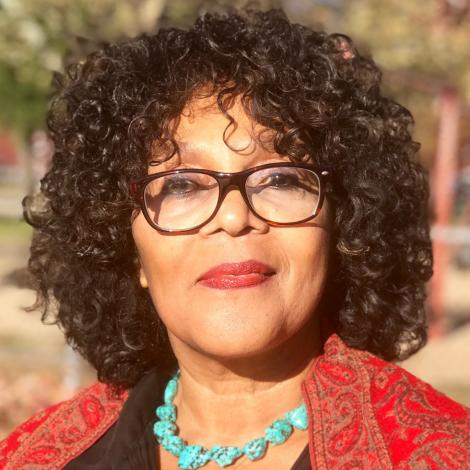
"There is geometry in the humming of the strings. There is music in the spacing of the spheres." - Pythagoras
We are graced by the lovely Maya Breuer, host of The Unity in Yoga podcast. She is, also the co-founder of the black yoga teachers Alliance, an Emeritus trustee of Kripalu and the creator of the yoga retreat for women of color.
Maya is a recipient of the YWCA's Women of Achievement Award. This our beautiful friend, is Maya Breuer. Maya Breuer continues to demonstrate commitment to educating the black and indigenous and people of color community B I P O C about health and wellbeing through yoga. She enthusiastically promotes equity and continues to influence the changing landscape of yoga.
We speak of acceptance of you who we are and where we are. And when you get grounded in that acceptance of self, it doesn't matter what anyone says. We get into how we’re reared in the United States to always compare ourselves and each other.
"There is geometry in the humming of the strings. There is music in the spacing of the spheres." - Pythagoras
We are graced by the lovely Maya Breuer, host of The Unity in Yoga podcast. She is, also the co-founder of the black yoga teachers Alliance, an Emeritus trustee of Kripalu and the creator of the yoga retreat for women of color.
Maya is a recipient of the YWCA's Women of Achievement Award. This our beautiful friend, is Maya Breuer. Maya Breuer continues to demonstrate commitment to educating the black and indigenous and people of color community B I P O C about health and wellbeing through yoga. She enthusiastically promotes equity and continues to influence the changing landscape of yoga.
We speak of acceptance of you who we are and where we are. And when you get grounded in that acceptance of self, it doesn't matter what anyone says. We get into how we’re reared in the United States to always compare ourselves and each other.
“ I love that I have self-acceptance. I mean, I can be neat. I can be sloppy. I can, I can be soft and gentle. I can cuss you out. You know, I live my life out loud and I think yoga gives, you know, contrary to what many people think, you know; yoga is gonna make you this, this quiet, sweet person. Yoga enables you to be who you really are. And then the more you practice, the more you delve into yoga, you let go of that thing, which I call comparison; comparing yourself with others. It's like, Oh, that's the model. I should look that way. And I'll never look that way. You know, looking at many of the models, although today there's models of every color and every shape and size, but I had to, you know, I had to accept myself and it was the yoga that really taught me how to accept myself. “
Hall of Fame Quote from the episode:
-“I've learned by learning to love myself, I can love others.”
-“Breath combined with the movement helps move good and bad, some samskara and those are impressions. Yoga, breath, consciousness, awareness, relaxation; those are the tools we get to help us find ourselves; the true self.”
-“The more you develop that inner Popeye, that's connected to the divine, that's connected to your deep inner self, the more you can accept others, but the more you're free to have all of your self available for life.”
-“Yoga is like a smart computer chip. You simply inject like, you take it in and it can come through your skin, your tissues, all your breath. And then it goes to where it needs to go. If you need it in your hip, you need it in your belly, you need it in your chest area, and it’ll find its way there if you take up the practice. The same, if you have challenges with your health, with addiction, with dullness, yoga will help you. It's such a smart computer chip.”
Maya Breuer:
https://www.yogaalliance.org/Membership_Benefits/Unity_in_Yoga
https://www.linkedin.com/in/maya-breuer-a002b65/
Transcript:
[00:00:00] Fawn: [00:00:00] Hello, here we go. Another star struck moment for me, honestly. , Matt helped me out because I don't want to do what I normally do, which has profess my love.
Maya: [00:00:13] It's way too late.
Fawn: [00:00:16] The whole episode will just be me saying how much I love this person. Okay. All right, here we go. Thank you. All right. We have a very beautiful guest today, someone I've been wanting to talk to for a very long time. She I'm going to tell you her name in a second. She is the vice president of cross cultural advancement for yoga Alliance. You all know I've been a yoga teacher for awhile. And I talk about that yoga Alliance is a big deal, big deal. She's the vice president of cross-cultural advancement.
She is the host of a great podcast called The Unity in Yoga podcast. She is, also the [00:01:00] co-founder of the black yoga teachers Alliance, an Emeritus trustee of Kripalu and the creator of the yoga retreat for women of color.
She's a recipient of the YWCA's Women of Achievement Award. This our beautiful friend, is Maya Breuer. Maya Breuer continues to demonstrate commitment to educating the black and indigenous and people of color community B I P O C about health and wellbeing through yoga. She enthusiastically promotes equity and continues to influence the changing landscape of yoga.
Those of you who've been listening to us know that I was pretty much disenchanted with the whole yoga community and yeah, and one of the only [00:02:00] times, one of the few times that Matt and I got into a major fight on air, was because of the yoga community. But as soon as I found out about Maya Breuer, I.
Burst into tears. I could not wait to talk to her because she is such a powerful and beautiful human being. And I cannot believe Matt, our great fortune in having Maya with us here today. So everyone friends out there, please help us to welcome Maya Breuer who is with us today. Maya, thank you for being here.
Thank you. And welcome to our kitchen.
Maya: [00:02:40] Oh, thank you. Thank you Fawn and thank you, Matt. It's been my pleasure to get to know you and to be here today, just to share thoughts with you.
Fawn: [00:02:51] Oh, I can't wait. So, I told Maya how we usually start the show. I go on and on about nuggets of wisdom here and there. And so here [00:03:00] I go, here we go.
I have a few nuggets of wisdom from Santa Monica in relation to what we're going to talk about today, which is community and friendship and yoga, everything that, all of that entails. And I want to start off with some quotes. Are you ready? All right.
The first quote is this. "Every living being is an engine geared to the wheel work of the universe. Though seemingly affected only by its immediate surroundings, the sphere of external influence extends to infinite distance." That is from Nikola Tesla, who by the way, was a major influence for me for all the yoga classes that I was teaching, getting into quantum physics and science really it's all spiritual. It is mindblowing.
The second [00:04:00] quote is from Hippocrates and he says, "There is one common flow, one common breathing, all things are in sympathy." And the last one is actually from me from, from yesterday's podcast, we were talking about technology and community and how we're truly interconnected and how technology is changing human beings.
We were talking about businesses and social responsibility. And what I was talking about was, and when I talked about my classes was compassion. You can have love, but really compassion is the glue and it's the foundation. So here's my quote. Compassion has a life force. It is the foundation of love. Love doesn't last without compassion, care, concern, [00:05:00] or kindness. The ability to understand the emotional state of another and having the desire to help, that is compassion.
So you can be in love. You're going to even have love in your marriage, but it will disintegrate unless you have that glue, which is compassion for another human being. And so there we have it and the nugget of wisdom from Santa Monica is this. So in Santa Monica, a yoga studio popped up one day. It turns out that that is now like a major yoga chain that's happening.
And it was on the edge of our neighborhood. So I always talk about our little community that felt like, Italy, maybe 800 years ago, and this place in Los Angeles of all places to have a mentor, which is the city, actually the city of Santa Monica was my mentor; to have this kind of community, this kind [00:06:00] of friendship exist in a place like that was kind of mind blowing.
But in this tiny little tiny radius of our community, it felt like being in Italy 800 years ago, where we were all friends, we ate together, we played together. There were no isms. There was really no racism, no, age-ism no none of that ism happening, but on the outskirts of this neighborhood, this yoga studio popped up.
And so I started going and I experienced a lot of different things, but one day, this amazing Yogi showed up who was a very special guests from far away. He was so funny. He was very strict and his yoga classes were really challenging. One day he started yelling at us about how it's interesting, how we clean our house for a guest to, to show up, or like how kids in college, clean up their rooms right [00:07:00] before the parents come for a visit.
But they're a mess every other day that you superficially clean up for the sake of a visitor. And he started to go in depth about how we should really be within ourselves, ready for a guest at any moment ,to truly be all geared up and all, you know, you have things set in place to love somebody to, to have someone come in to your space.
Anyway. So that's my nugget of wisdom right there . How would you have, how does that affect you? When I say that; to be ready to have your home, whatever your home is, your spirit, your home ready? I keep wanting to say perfect. And I
paused,
Matt: [00:07:45] I, I take objections personally to the word ready. I mean, I just think you should have your home the way you want it.
Always. And if you're going to invite someone into your space, you're inviting them into your heart, into [00:08:00] your home, into your, and the, the sake of cleaning up or that it's a little silly, , because they they're coming to see you. And the house is a reflection of you because this is how you choose to live.
Fawn: [00:08:12] But if you're a mess you're not able to,
Matt: [00:08:15] and that's just it, I prefer a much less cluttered kind of approach.
Do you?!
I do.
Fawn: [00:08:20] Oh my God. Seriously.
(Matt gasps dramatically and says "I'm offended."
Maya, I'm always cleaning. I have, he says I have OCD,
Matt: [00:08:28] oh wait a second, hold on, hold on. I'm going to turn, I'm turning jar over here. Drive her crazy.
Fawn: [00:08:31] The
kids, um, the kids and Matt will turn... stop!
I, I like things facing a certain way. I like things completely neat and tidy anyway. Um, Nugget of wisdom. There we go. Maya, thank you for being with us. We're going to talk about community and of course, humanity. Let's just take it wherever it goes. Welcome Maya. Thank you for
Matt: [00:08:56] joining us,
Fawn: [00:08:57] but like being so patient [00:09:00] as we meander around here and there.
Thank you for being here.
Maya: [00:09:05] My pleasure. You know, when I, I learned that I was going to be a guest on your podcast. I, first thing I did was look up friendship because everyone has a different idea of what friendship is. And to me, friendship is that mutual relationship between people; can be one person can be several people and it's stronger than the bond of association.
And I like that because. You know, I've been, uh, I was been teaching. I was teaching yoga prior to my position atYoga Alliance and consulting, but I was creating community and I was creating friendships, you know, I mean, I didn't create them, but when I would bring people together, cause I started in my home and people would come, friendships would bloom out from that.
But the [00:10:00] idea of affection between people started for me when I began to bring people into my home to practice yoga. And I was telling someone recently, you know, I don't have a lot. I have, I know thousands, thousands of people, but I don't have a lot of close friends, you know, cause to me, a friendship is really, it's really special. And I think, these other things I find is terms to describe it, our affection and kindness and love and virtue and sympathy and empathy, and, uh, all truism and honesty. And you said compassion. So, you know, I don't find that everywhere, but I have that in a few places and I love that I am able to sit here and say that I love creating community whe re friendships grow out [00:11:00] of, and I love the friends that I have.
Fawn: [00:11:03] I love what you just said. We, we normally will break down a word during an episode and really dissect it and get into the etymology of it and everything. But I love what you just said and honestly, yoga, the word yoga means union.
And that is community right there. That union is to me. Friendship is union, right? And you can't have family without friendship. You can't have a marriage without friendship. Much like compassion.
Maya: [00:11:37] Yes.
Well, you know, what's interesting in the Bhagavad Gita, um, I went to the Bhagavad Gita and looked up friendship and it said a man's own self is his friend.
Fawn: [00:11:49] Yes.
Maya: [00:11:50] And that really struck me because friendship really begins with the self. Just as yoga, the union that it speaks of is the [00:12:00] union of body, mind, and spirit or union with the self. And that's, um, you know, I think that was one of the ways I started to teach was to see people as Matt was saying, as they were, you know, some maybe were a little messy looking and some were prestine, but I, I was able to over time, open up to people and allow them to be who they were and come and be a part of my classes.
You know, I didn't look at, do you have Prana yoga clothes? And are you neat and tidy? Well, when I first started, I had to grow into this because I would judge people and that was many years ago. And I think through the practice, through the everyday-ness of yoga, I've learned acceptance. I've learned compassion.
I've learned by learning to love [00:13:00] myself, I can love others.
Matt: [00:13:03] Oh yes,
yes, absolutely. And also, honestly, I think everybody has the capacity, the potential to just amaze us if we let them, you know, I always talk about, I think everybody has at least one story that they can tell, which is just the funniest thing or the most interesting thing, but it gets further than that.
And the more comfortable a person becomes, the more they share and the more they connect more, you connect with them.
Maya: [00:13:29] Yes. And even if people don't ever become amazing, I'm still open. Do you know what I mean? Like, we live in a culture where everybody's gotta be the best and you know, that's always taught and I'm like, be you and I can accept you even if you are at whatever level you are. Right. Which I think is, is another way to have compassion. It's like, you're right about marriage and compassion, you know, [00:14:00] in friendship, you can't really be in a relationship unless specially living with someone that person's got to have a friendship with you, and you have to have compassion for them.
Because as you both know, being married, you have to accept a lot of stuff about the other person that you can't change. You know, it's like, well, he, you know, my husband, he did it this morning. He, um, he takes his shoes off and then he comes to me and he looks at me and he says, Where are my shoes? How would I know?
And then he looks at me as if I've moved them, you know, or I did something and then he'll he does. I mean, he does this over and over and then he'll find them. You know, when I said to him, one day, I said, you know, you should apologize to me for all of the looks you've given me. Like, these accusatory looks like I moved your cheese. I moved your shoes. You know, [00:15:00] he did it this morning. It was, I was just laughing to myself, you know?
Fawn: [00:15:04] Matt does it to me all the time. He accuse me of moving stuff in the kitchen.
Matt: [00:15:08] Fortunately. I'm perfect.
Oh, my God,
she doesn't have to put up with anything. I am brilliant.
Fawn: [00:15:15] Love is winning. Love is winning.
Matt: [00:15:17] That's what we say
Fawn: [00:15:19] when we getting into a fight ,someone has to shout out. Love is winning.
Maya: [00:15:23] Oh, that's a good thing.
Matt: [00:15:25] Or we have to tap.
Fawn: [00:15:26] Matt always accuses me of rearranging the kitchen.
Matt: [00:15:30] Oh my Lord. Oh
my goodness. Absolutely. She does. Here we
Fawn: [00:15:33] go. Here we go. I am the one who's doing the majority of the cooking. Now the girls are too, because they're amazing chefs.
Thank you. But honey. Well, the, the problem is also, Matt is so much taller than I am. Uh, he's like a good three feet taller than that. No, no, he's super tall. So when I'm looking at something, he can't see what I'm seeing. I'm like it's right in front of you. He is right in front of you, [00:16:00] but he, you know, in front of him is some other thing.
Maya: [00:16:03] I understand completely.
But all of this validates how important friendship is, particularly when you're spending your life with someone.
Fawn: [00:16:14] Absolutely. And the, when, when you were talking, I'm sorry, I interrupted. I'm sorry. Go ahead.
Maya: [00:16:20] No, that's all I was going to say.
Fawn: [00:16:23] Well, one of the other words that stuck, that struck me when you were talking was acceptance and that, that is key.
And self-acceptance because when you accept everything that you yourself are. When you come across mean people or people that want to just tear you down when, you have that, self-acceptance it makes things, it makes life so much easier. But like, I remember being in yoga classes when I was much, much younger, I always wanted, and I still do.
I always want to be in the back of the room because I don't want anyone judging [00:17:00] me. And, and then I get so upset when the teacher spins the whole class around. So the people in the back are the leaders. I hate that, but I don't want anyone looking at my butt I don't want people. I don't want, no, thank you.
I...No! But when you have that, self-acceptance, you're able to understand other people better or you're able to not get so heated when something comes your way. Because you accept yourself,
Maya: [00:17:28] also able not to give any, you know, like with anybody thinks about my, butt you know, I really don't. And I remember a friend of mine said to me, he said, you have a screaming behind, you know, I have a, butt I'm telling you, I'm not like I accept that acceptance is so important.
I grew into accepting me and, you know, yoga teaches acceptance. It's [00:18:00] acceptance of you where you are. And when you get grounded in that acceptance of self, it doesn't matter what anyone says. When I was first teaching yoga, people would make fun of me. I started teaching in the eighties and my friends would be like, here she comes with the yogurt. Here she you know, they always had something funny to say, and they all became my students over time, through the years, one by one, they'd come and try a class. But I love that I have self-acceptance. I mean, I can be neat. I can be sloppy. I can, I can be soft and gentle. I can cuss you out. You know, I live my life out loud and I think yoga gives, you know, contrary to what many people think, you know, yoga is gonna make you this, this quiet, sweet person. Yoga enables you to be who you really are.
Fawn: [00:18:58] Thank you. I am [00:19:00] a T-Rex by the way. And it took me. Yeah,
Maya: [00:19:04] I know what that means.
Fawn: [00:19:06] Oh, I'll explain it. It's it's just that, um, I, one of the things I learned as I was practicing yoga before I was a teacher, and even when I finally became a teacher, I was still kind of struggling with this.
I couldn't do a lot of the moves that other people did. And one day I finally came into that self-acceptance once I realized, you know, what my body is beautiful and my body is not now in this American culture of the Caucasian yoga, um, these beautiful statuesque model blonde women that are doing yoga.
I couldn't do the practice, the flow, the way they were doing the flow, because my body is so radically [00:20:00] different. And so I say, I have T-Rex arms because like to go from downward dog to putting, stepping one foot through your arms, I can't do that because my arms are way shorter than I am there. The proportion is not the same as someone else's proportion.
So I need a block. To do it fluidly, you know, and I felt such shame in that. I felt shame. I was ashamed of myself.
Maya: [00:20:28] You will let go with that if you're still carrying that, that right now.
Fawn: [00:20:33] For sure. But it, it took me really going through that pain and getting so, um, being so hard on myself, like why can't I fit in with the rest of society that can do this one move so perfectly?
Why, why am I not successful? And this and that. And once all of a sudden, um, I think once I experienced enough pain and resentment for my own self [00:21:00] and like shame, I'm like, what am I doing? No, I think it took me going to a Rolfing and being Rolfed by these major Rolfing teachers who had to reteach me how to walk properly, because I was so screwed up from all the, from this one particular school of yoga, I was in, it really screwed my body up actually. Um, they had to reconfigure everything and reteach me how to walk. And all of a sudden I realized, and they taught me too, that every body is different and you have to honor that and you have to move with that. So just because someone tells you life should be this way, it's not for you.
It's, that's not your way. And this is the way here going to move with respect and integrity for your own wellbeing. And then therefore you can also take care of someone else's wellbeing. Am I [00:22:00] digressing?
Matt: [00:22:00] No, absolutely. Sorry.
Maya: [00:22:01] No, not, not at all, you know, but that is the truth. You have to find yourself, you know, and sometimes finding oneself in the practice of yoga is realizing that you cannot do that. Realize. I mean, there's nothing wrong with it. And then the more you practice, the more you delve into yoga, you let go of that thing, which I call or everyone calls, comparison; comparing yourself with others. And that's how we're we reared in this country.
It's like, Oh, that's the model. I should look that way. And I'll never look that way. You know, looking at many of the models, although today there's models of every color and every shape and size, but I had to, you know, I had to accept myself and it was the yoga that really taught me how to accept myself.
Fawn: [00:22:59] Do you mind [00:23:00] Maya, if I ask you how you started like going from the very beginning and getting into what, what Matt was bringing up yesterday when we were talking on the phone, the spirituality of yoga, the spirituality in general in life. But I want to talk about that and I want to talk about how you started. How did you get involved with yoga
Maya: [00:23:21] Sure.
Well, the first time I went to a yoga class, I had three small children and that was in the seventies and I went to the first Unitarian church. I loved it. I felt like, Oh, I have found something that, that really makes me feel good. And I was bubbly and just was full of joy.
Fawn: [00:23:44] Can I ask you what that class was like?
Like what happened in there?
Maya: [00:23:48] Well, it was in a church which was very sacred, but the thing that struck me and I'm going to repeat this was, uh, bhujangasana or the Cobra. And it was that [00:24:00] pressing down and opening my heart that shifted something. However, that first class I did not get back to a class probably for 10 years, I went to this class, knew I was going to do yoga.
And it seemed like everything that could happen happened along with my family, with my children. So I, I was having a little health issues, and a friend of mine who was sort of being sarcastic, she said, Oh, you should go to that yoga place, "cripple lou" she called it cripple lou. And to look it, that's what she called it.
I went, I went and, I figured out how to go for a weekend. I went into my first class. I'm doing yoga. We go into that posture. Bhujangasana something happened. I mean, and I was a real novice, you know, that was probably the only posture that I really, I felt so [00:25:00] good in it that I remembered it.
And that started me on the path of yoga. As soon as I went home and I could not get enough of the theory, the philosophy and the practice. Cause you know, when you're younger, like all I could do was Asana I was like, Oh yes, I can stand on my head. I can, you know, steer, I can do a wall stand, I could do everything.
And then I kept going, kept going to Kripalu. And at that time they had many opportunities to volunteer, so I didn't have to pay. I would volunteer to wash windows, clean doors, uh, cut up vegetables and then I'd be there for a week. I'd be there a weekend. You know, I kept doing that. And um, that was just my beginning.
And before I knew what I was studying to become a teacher. [00:26:00] And then I was, I was at Kripalu and I saw a sign. It said they would go, people were going to India. And I thought, I remember walking by and thinking, Oh, I want to go. And I went on with my day and I was doing something and one of the head teachers came to me and said, we'd like to invite you to go to India with us.
And I was like, hallelujah. Wow. And so it was a three month journey. And so, um, but everything fell into place. All I had to do was raise money. And so I had an art show with all the things I had created. My friends came, brought my art. I, uh, I was able to get enough money to cover my mortgage for three months.
And to take money with me and [00:27:00] pay for my, Oh no, I didn't have my ticket. That's right. So I was in a group like a counseling group at the time. And I mentioned to these people, I'm going to go to India. And, um, you know, I was just saying it. I wasn't trying to raise money. I was just telling them. So a day later I get a call from a man's accountant and he says, um, is this Maya? I said, yes.
He said, um, I'm calling from Mo blanks office. And he would like to support your journey to India. What do you need? And, you know, so I got the airfare, roundtrip, airfare covered. I had money to take with me and I covered all of my expenses and, and bills. So I think I was supposed to go.
Matt: [00:27:53] Well, we, we, we often talk about, you know, when you put something out to the universe, you know, it's like, what do you choose to focus [00:28:00] on?
What do you choose to put out to the universe? If you put out, wow, my life sucks and you know, this is bad and that's bad. Guess what's going to come back to you, but you put out to the universe, this is what I want. This is what I want to do. And these are the things and you even vocalized it to people. So, you know, unless you ask, you know, Wayne Gretzky says you miss a hundred percent of the shots you don't take.
If you don't ask, if you don't put it out there, it's not going to happen.
Maya: [00:28:25] Yes, indeed. So my journey in, I was in, I went to India. It is just an extraordinary place. And I'll just say, a silent moment for what India is going through now. Um, and it's really, really difficult. And I send my love and compassion to India.
In this moment.
Fawn: [00:28:47] I hold them. We hold them in perfect health and wellbeing.
Maya: [00:28:51] Yes, but the journey to India just reinforced my understanding of my awareness [00:29:00] of the philosophy of yoga, because, you know, I was in the United States and the main focus at Kripalu even was it was lifestyle, but it was also Asana practice.
And, you know, being in India, we did a lot of study of the eight limbs of yoga and study of the, Upanishads and study of the Bhagavad Gita and I, I was in heaven, you know, I studied and one of the questions I asked of a teacher, I said, what can I do to help people like me at home who suffer from racism and poor health, uh, to health disparities and, uh, uh, disproportionately low income, et cetera. And she said, teach the breath. And she did her head. She said, teach the breadth Maya, teach the breath. [00:30:00] And, and I did, you know, I did. I, um,
Fawn: [00:30:05] can you elaborate? Because I need someone that right now,
Maya: [00:30:09] well, you know, I taught how to be calm, how to relax.
Like that was my first offerings were on relaxation and with relaxation, I taught the pranayama or breathing, so I didn't come in gang busted with yoga Asana. I taught how to relax and I had people come. You know, and, and then I was able to introduce them to yoga. You know, I would offer classes at 6:00 AM so people going to work could come. Then when I tried to get, I still didn't have many people of color coming to classes. So I started offering little like Saturday morning retreats where you'd have like breakfast [00:31:00] and have relaxation and that filled up, you know? And then I started offering, you know, um, I went to the public library and I rented, no, they didn't charge me anything.
I use this space just to offer lectures on yoga and people would come. And it, I knew I was in the right on the right path because everything I did worked. And that's what kept me going for many, many years. I sat there at home and I'm like, I need to make more money. What should I do? So I set up a consulting company and I went around and lectured at, at hospitals and, associations, uh, handicapped groups.
I taught the blind. I taught the deaf. First I would contact the organization and go in and do a lecture on the benefits of this. But remember, this is me [00:32:00] being an entrepreneur, you know, I was just like, I gotta make some money. So let me try this, let me try that. And I was being guided, by spirit, you know, like I wouldn't do anything that didn't feel good to me that I didn't feel benefited people.
And that like, when I would leave. Like say I'm at Miriam hospital is where I did a lot of teaching in Rhode Island. When I would leave there, I would feel like, Ooh, that was great. I feel good. So I knew I was on the right path, you know, and then, you know, you put yourself out there enough and then your phone starts to ring.
And then I didn't have to look for work. I had work coming to me or opportunities coming to me.
Fawn: [00:32:45] Wow. That right there. I'm going to be listening to that over and over again on repeat
on repeat, I'm going to go back and listen to this episode and like repeat [00:33:00] that whole section that you just said that is changing me and giving me so
much hope.
Matt: [00:33:07] So it really felt like even from the beginning, you wanted to build community, you wanted to first, it was connecting with the, you know, existing school and, and realizing that you could get classes by helping out by becoming more part of the community.
And then the community welcomed you and said, Hey, come to India with us. And then even coming back from India, it's all about it ;it seems like it's all about building community for you.
Maya: [00:33:34] It was, you know, I would, I would go to the annual yoga teachers association, big gathering in different parts of the country.
I would do yoga journal conferences. I mean everything. And I would never see my people. I'd never seen BIPOC community members and that lit a fire under me to - okay. What is this all about? [00:34:00] This yoga helped me and my family deal with hypertension, stroke. Um, one of my close friend was very depressed and I, I saw this yoga help people.
So then it became my mission to really do, like, get out here and introduce this to people of color, to indigenous people. So I was everywhere in Rhode Island we have a strong indigenous, native American community. So I found them and went to it's in the Southern part of an Island, went down there to offer lectures.
And then I would, I went, I did the round of Baptist churches and even my own church, which was not that keen on yoga. I gave lectures. I was just; I was busy and it feels like, you know, I've been busy for years, but it's not [00:35:00] been like tiring or exhausting. I get replenished from what I do,
Matt: [00:35:06] right. Yeah, no, that's exactly what I was.
You stole my thunder. I was going to say that. No, that's totally. But, uh, uh, yeah, it's one of these things that, uh, certainly community building is one of those things I think that really helps as far as seeing people going to people, expressing with people. And it's one of my core beliefs that friendship grows from shared interests and shared experiences.
Wow. And a yoga experience is exactly that it's both of those rolled into
one.
Maya: [00:35:36] And then when people see that they're getting results, like they come with terrible back pain or, you know, um, One of my, one of my clients had lost a child and couldn't speak. And, you know, I mean, literally she had lost her voice, went with it and we did, uh, Matsyasana the [00:36:00] fish.
She happened to be a private student. And after a few sessions, I did other things with her, but I always incorporated deep relaxation and her voice came back now right away. But, you know, say within eight weeks she was able to make sound. And, you know, I saw all of these miracles. I had a man call me. He said, Oh, he says, I'm stuck.
That's what he says to me. I'm stuck. I live in Boston and I work so far away. I'm afraid to move to Boston. So I said, okay, well, um, private students would come to me. So I made like an early evening appointment with him. And he comes to my front door and he was a smaller person. I don't think he was a dwarf, but he was small.
And he was like rigid, totally rigid. And he walks in my [00:37:00] house sort of like robot, like, and I looked at him and I said, you are stuck aren't you? And we both fell out laughing. And I worked with him with not only flexibility of his spine. He had a rod in his spine, but I just taught him breathing. Like I used to image, I would get in front of people who couldn't have the kind of flexibility I hoped for them.
And I would do the posture and say, you know, breathe it in, breathing in. And so I would do that spinal flection work in front of him. And then I would do the, how does body move the way it could move. And the last time I heard from him, he had moved to Boston and he had friends and one of the things he told me is he had, didn't have friends and he was an accountant and he went to work and I'll talk about rigidity.
That's a pretty rigid [00:38:00] business. And then he is, he's rigid in his stance and posture, you know, but I mean, I've had so many amazing experiences teaching yoga because one of the things that happened is over the years, as I was trying to make a living, I became a consultant. And then I got people referred to me for private yoga.
So now I'm really making money. You know, I might have five private students a week. I set a pay range. I had a document that showed all my rates, so I didn't have to negotiate. I would say, Oh, here's my rate. You know, it made my life so much easier, but I had a great many private students through the years who had issues either with mental health or physical health.
And many times I'd get someone who had mental health issues. And I would be really [00:39:00] clear. This is beyond my scope. You know, I don't know how to address this. And so that caused me to get together a resource list. So I would provide resources to people like chiropractors and, who, whatever they needed.
So I did this research and just had this little compendium of information I would share.
Fawn: [00:39:23] Right. Right. I get it. And my wife always talks about, and I think everybody, at this point in time, I think kind of agrees that people hold different energies in different parts of their body. This is why a massage can be so healthy, you know, loosen up my back and, and, um,
yeah.
And things get stored in the body. Like we always talk about the ethereal world. You know, we talk about how thoughts create things right out of the ether you can create material. And the other way is with yoga, for anyone who's [00:40:00] listening, who is not into yoga there are things that get stored in your body that you never would suspect can be transformed by moving your body a certain way.
It could be the simplest move combined with breath. So for example, if you're having money problems, there are certain moves around your lower half of the body that will transform your financial life. Like it's all connected. Yeah, that is
Maya: [00:40:30] so, so interesting. I don't know that, but I believe you because I've seen, I mean with money, but I know that the breath combined with the movement helps move good and bad, some samskara and those are impressions and it could be the impression of being the biggest jerk in the world.
You live that you walk that you act like that. And then, you know, you have a hunchback and you [00:41:00] have a hip out of order. And when you begin to awaken to your true self, you're able to release that samskara and that's what you're referring to that comes from the ethos, comes from energy or comes from a direct blow or abuse.
Or, you know, being confused in your mind and thinking you're the savior of your family and doing all the work and then you have to wake up. It's like, well, I've got hips out of disorder. I've got a lump on my head, you know? But yoga, breath, consciousness, awareness, relaxation. Those are the tools we get to help us find ourselves; the true self.
Matt: [00:41:44] And there you go. And then they do say that the first step in solving any issue is admitting that you have, you know, you have the problem discovering the problem exists. So I can't move my arm this way. Well, okay. Let's see what we can do about
that.
Maya: [00:41:57] Okay. Right. But you have to admit, you can't move your [00:42:00] arm,
Matt: [00:42:00] but there you go.
You, you, you have to, you have to gain that level of comfort. That level of, I dunno, Popeye- ness is something I like to call it, which is just kind of that acceptance of who you are and where you are. Did
Maya: [00:42:12] you say popeye-ness?
Matt: [00:42:13] Yes, because Papeye yam what I am!
Maya: [00:42:17] I knew what you meant. I just want you to expound
on it a little.
Matt: [00:42:21] It's something I bring up fairly frequently. It's kind of one of those things I hold on to because yeah, I, I, I like to, sometimes I forget about my inner Popeye, but I really try and hold him close. And really, you know, this is, this is who I am. This is how I walk through life.
Maya: [00:42:36] The more you, develop that inner Popeye, that's connected to the divine, that's connected to your deep inner self, the more you can accept others, but the more you're free to have all of your self available for life.
Matt: [00:42:55] Yes, yes,
Maya: [00:42:56] so you can be, you could be mean-spirited, you can be [00:43:00] joyful. You can be conscious, you can be sweet to people, but you have the option of being all of those things.
Fawn: [00:43:07] So true. Yes. Can I, can I veer back to breath again? Do you mind? Okay, so when I was studying, I was, um, when I went back to yoga because I did take a break, I went back to yoga and I had to start all over again. I felt broken completely because we experienced a lot of trauma as a family. And I just saw some things and I was broken physically and mentally. And so when I started the yoga again, I started to feel better and I started to research again, and I started to really look into the spirituality and the metaphysical side, as well as the science of it, all of it. And I started to ask questions of [00:44:00] the teachers that I was studying with. My question was, can you please explain to me what it is about yoga, what it is about doing movements that actually has, I've seen heal people of cancer, like healed. I don't want to get in trouble with the, what does the government that steps, whatever, but people have attested to the fact that pursuing yoga, doing yoga, doing the practice has helped them overcome so many diseases, challenges, whatever. And my question was, what is it specifically that's making this happen?
And they couldn't answer me, but. And Maya, when I want to know your take, but I'll, I'll just quickly take this time to express my take on it is. And the reason why I'm so in love with these mystics and scientists like Nikola, Tesla, and Einstein, and [00:45:00] you know, all these amazing people, um, even the recent scientists, uh, the Gregg Braydens and the Dr. Joe, Dispenza's where they're teaching yoga, but they're doing it scientifically. And they're bringing in scientists with their machines that while you're meditating , they're scanning your heart, your brain, they're scanning the room. There's the heart math Institute that's scanning the whole planet and realizing, wow, isn't it interesting that before a major catastrophe, the mass consciousness picks up on something.
So they have charts where the vibration goes up and down and like something was happening before nine 11 happened, like mass consciousness picked up on it, you know, before things happen. So it shows how truly connected we are. And it shows how like, electricity, like, like electricity. We are. We are that we are energy.
We are light and Nicola Tesla [00:46:00] talked about this all the time. You know, of course, with electricity in light that we are that. And so what, the way, when I was listening to a Dr. Joe Dispenza, talk about how, if we break things down and microscopically, like look at cells. And if we keep breaking things down more and more, Bruce Lipton also talks about this, that there is nothing but space that, you know, the chair is not really concrete.
It's not, you there's space. You can move through a chair, you can move through a wall that it's all energy and it's not, it's not completely solid. So I think the reason why yoga is so beneficial and so accurate and its way of healing is because it comes back to breath. And breath it has to do with the nothingness.
You know, giving space to something. And in that space of nothingness is where [00:47:00] possibility is. Like ultimate anything is possible within that breath. And I was listening to your podcast, especially with Rose Weaver and Bryant Rollins. It's interesting how they were speaking of the social issues and breathing and the whole concept of, you know, I can't breathe and just the, the racial strife that we're all going through and also having now this disease that affects the lungs that I, when I was a kid, I was taught that the lungs were, directly related to emotions.
So like, if you look at smokers, They, they light up right when they experience a thought that's really charged for them that they don't want to feel because nicotine numbs the lungs. [00:48:00] And so if you look at smokers, they always light up when there's an issue, they don't want to deal with they're there.
Something comes up emotionally. And so it's interesting that we have this COVID virus, this COVID, and it affects the lungs worldwide. And as soon as the pandemic began, I started to think, well, what is the real reason for this disease? What is at the root of it? And I thought it's interesting that they're saying it has to do with the lungs and to me, that's emotion.
And I just feel like the whole world has reached a level of such hardship emotionally. Things that we have not been talking about things that we have been ignoring. We've been ignoring others. There's been so much pain. It just makes sense that now it's transformed and manifested into this pandemic. And also the whole issue of racism of I can't breathe.
[00:49:00] And
Maya: [00:49:01] I go back to the beginning.
Fawn: [00:49:03] Yes, please.
Maya: [00:49:03] In your beginning comment, you said, um, you know, how do people get healed from yoga? Um, how do we like yoga is a science. So I'm going to say yes. Yoga is a science. Yoga is also Shruti, which is divine knowledge and the sages when it was first created from the divine.
I say divine, because some people don't like the God word I'll say it, but when, when it was. Given to the sages. It was like from mouth to ear. That's what Upanishad means. It went from mouth to ear. They were sitting and they were receiving this divine knowledge through meditation. And this was over time.
Suddenly they realized how difficult it was to sit. [00:50:00] If you've ever done seated meditation, you're going to sit for a week, two weeks. It's hard. Your body reacts. What came from this divine knowledge was the theories, the applications, all of the different aspects of yoga, but not Asana. Yoga was originally more theoretical and philosophical .
There's a gentleman who created Asana and the Asana was developed or created based on nature. You know? I think there are 84,000 yoga postures, and they cover the elements, the animals, the movement, and a long with that in that divine knowledge was truti, the truti but the breadth was offered as a tool, and there are many breathing practices and yoga [00:51:00] is a science. So it's now we're waking up, to study it and look at the scientific applications toward illness. So you see people who, may not be healed from cancer, but their lives are a lot different and they live differently and, and are able to live longer.
And there may be others who are healed from cancer. You know, I, I think it's, you know, it happens. It comes in and I used to teach people, yoga is like a smart computer chip. You simply inject like, you take it in and it can come through your skin, your tissues, your all your breath. And then it goes to where it needs to go.
If you need it in your hip, you need it in your belly, you need it in your chest area, it'll find its way there if you take up the practice. The same, if you have challenges [00:52:00] with your health, with addiction, with, um, You know, I was going to say, dullness of yoga will help you.
It's such a smart computer chip. And I say smart computer chip. I've been saying this for many, many years, cause my daughter is a mechanical engineer. So I knew about computer chips before it was very popular. So I've been teaching this for a long time. Well, you're, say
that again.
Go ahead. I'm sorry. I I'm, I'm saying that you're talking Matt speak here, you know Matt?
Well, but, but the thing is it's divine knowledge. It was given to sages who sat to receive the knowledge and then over time it transformed into physical postures, but the postures did not come first.
What came first was the divine knowledge [00:53:00] and within that were the breathing practices or just concepts about breath that at some point Patañjali comes along. And we don't know if he existed, if he was really a, a being or an energy, but he codeafide all of it to put it together so that it could be passed down for the many generations that it's been passed down through.
It comes directly from the divine and it's for everyone. one of the things I learned a long time ago that there is a fragrance, yoga has a fragrance, and I can't tell you it's vanilla lavender or whatever, but when you get that fragrance, when you connect to it, then change happens. And a person like my grandfather and we, I didn't know about yoga. Neither did he, but I know my grandfather had the fragrance because his physical [00:54:00] body was, you know, he, he just could do things. He was a golfer, he did so many things as he aged. And now that I know what I know about yoga, I know he got the fragrance. You don't have to go to a formal class.
You don't have to be educated by a formal yoga teacher. You can just be walking along. It's for everyone. And you may never say that word, the word yoga, but yet your life has been infused with it. You know what I mean? That's why you see some people like my God, they have nothing or they're, they're doing so well or they live well.
So. They got, they've been, they've got the fragrance within them and it begins to work. And I may not do a headstand. I may not know downward dog, but I know how to care for my body. I know how to care for my soul. I know [00:55:00] how to rest. There you have it.
Fawn: [00:55:04] Oh my goodness. I love you so much. That's amazing. I'm going to be quiet.
Matt: [00:55:11] Are you ready for
mass? Take on everything she just said.
Maya: [00:55:15] I'm sorry. No, no, no.
Matt: [00:55:17] Yoga equals yoga equals truth. Is it the grand truth? Is it a truth? Is it doesn't matter? You know, and when you say yoga has a smell, I would say it's connecting to the census. It's connecting to more than just what you see and what you hear.
And for you, I'm guessing there's a very strong smell component, which is interesting because smell is, and you know, the smell really.
Maya: [00:55:43] I couldn't describe the smell to you, but it's something that it's just within me.
Matt: [00:55:49] Right. Exactly. Exactly. And
Maya: [00:55:52] I was lucky enough to go to a yoga class, but then when I was studying and I learned there's a fragrance, that's out here for [00:56:00] everybody.
Matt: [00:56:00] Right.
Maya: [00:56:01] And some will get it and some will get it late in life or early in life, but Oh, Um, I'm going to take care of myself, but it comes to how do I take care of my body, mind and spirit? How can I be authentic? How can I have acceptance of self acceptance of others? How can I stop judging? And, and, you know, like I wake up some days and I think, wow, I really don't judge.
Do you know what I mean? Like, I don't judge people. I, and I'm like, I'm so happy. Um, I'm not happy every moment, but I'm happy that I have this awareness, this knowledge that I can, um, that I've spent the last 30 plus years doing, what so deeply moved me. And that was the yoga. And I mean, I, that's what I'd done.
Of course I'm an artist, you know what I mean? I do [00:57:00] music, but those have all been like my, um, loves. Do you know what I mean? Like I love doing this. It supports me, but yoga has been my thing.
Fawn: [00:57:15] Did you want to add anything?
Matt: [00:57:16] Stick a pin in this episode?
Fawn: [00:57:18] No, no. I want to keep going. I w okay. So can we just squeeze in some other stuff before, before we put a pretty little bow on it? Do you mind Maya? If we get back to the whole, um, okay. Can I start with another nugget really quick? And then we'll wrap it up.
Another nugget from Santa Monica. So on the outskirts on the border where this yoga studio popped up, , it was weird because I would go and I just want it to be in the back. I didn't want people to see me and. These. And I was the only dark person in there by the way, which was weird because in our little community we had everybody, but [00:58:00] then once again, like the outskirts on the border of our community and this yoga studio, it was very white.
And I put down my yoga mat and this woman shows up, you know, typical, like very tall blonde, you know, a certain physique. And she looks at me like she's smelling poop. And she's like, that's my spot. I'm like, well, do we have assigned seating here? She's like, that's my spot. And it's weird because deep down that was my spot because I wanted to hide in the class all the time.
And I like, so I moved over, but I felt so I wanted to cry because I felt rage. I felt that whole thing that I have felt all my life, that kind of racism thing, where you're obviously feeling like you're better than I [00:59:00] am, and I'm here to clean your house, you think, or whatever, whatever they assume about me.
Right? Whatever their prejudice is at the moment. I tend to be that, like, I have a certain look, you can't tell if I'm from India, you can't tell if I'm Mexican, you can't tell you can't tell where I'm from, but if you hold a certain prejudice, for sure, I meet all the criteria of what you think I am. Do you know what I mean?
So if you hate Mexicans, I'm Mexican to you. You know what I mean? So, so I moved over, but so that was like, that's a nugget of wisdom right there. It's like fighting, claiming space that may not belong to you. And what does truly belong to us? You know, do you own land? Is it, is it your right to buy land and say, this is my land, you know, it's the earth.
How could you parcel it up like that?
Maya: [00:59:58] How can you that [01:00:00] that's what happens. I mean, we live in a culture where capitalism is King and, people do make claims to things and, you know, the isms that exist, you know, that's, what's challenging. And I think that, um, no first I'm sorry that you had that
Fawn: [01:00:21] experience.
I had many, many, many, and becoming a teacher too.
Maya: [01:00:26] Sorry about that. You had to go through that, but it's something that, um, the world is going through, which is waking up to the challenges that have been brought against the BIPOC community by those who feel superior or maybe in a superior position through no effort or of their own, but just because of the way things are.
And I think this is, uh, another conversation [01:01:00] because, uh, you know, I, I think that there is a lot to be said about the, what has existed in the yoga landscape and how it is beginning to change; how the tide is turning. And there are now people who look like me and you who teach yoga. There's people like me working with the major, one of the major yoga organizations, The Yoga Alliance there, you know, there are so many ways that things are beginning to change and it's none of it's done.
We're not there yet. But I'd be happy to, to join you in, in a conversation about that, you know, the isms in yoga. And as you know, each of my guests, like with the Rose Weaver and Bryant Rollins, you know, they have their own thing that they do, but the isms have impacted [01:02:00] their lives. So we have to talk about that as well as their gifts, as an editor and a writer and gift Rose as an actress and a singer, you know?
So I thank you for bringing that up and I just look forward to being able to come back again and, , share with you, my take on what's happening in yoga and the isms. And, um, there's a saying that I got from Bryant Rollins and he said, it's a Rumi quote, "Out, beyond ideas of wrong doing and right doing, there is a field. I'll meet you there. When the soul lies down in that grass, the world would be too full to talk." And I just, I love that because it's like where we're going. We'll be able to meet each other in a new [01:03:00] place with a new consciousness about, sexism, racism, homophobia, and all of the different gender differences.
We've got to wake up and start to embrace one another, as we said in community, we have to be in community so we can thrive and keep on doing
yoga.
Fawn: [01:03:24] Okay. So let's do a whole other episode together. We'll schedule it. When we get off this session, . And we'll talk about the isms and yoga.
Before we go, before we go, I wanted to ask you because as soon as I saw you, I started crying and I wanted to run to you I wanted to put my head on your chest and cry to you as soon as I saw your face. And I saw you, uh, the yoga Alliance. It was around the time I signed up because I became a certified teacher [01:04:00] and I saw you and I saw your title and I wanted to run to you like a child that has been hurt running to someone wise to say, Oh, I'm crying to you telling you what.
What, how I got wounded, like I skinned my knee, help.. Um, so I really wanted to talk to you about my experiences and I want to talk to all of our friends out there about these experiences. I think it's really important to talk about. And before we go, can you please tell all of our friends what the yoga Alliance is and how did you get involved with the yoga Alliance?
And then we'll wrap up the show and then we'll come back and talk to each other. Again,
Maya: [01:04:41] I'll tell you I was involved when the yoga Alliance was formed because it was developed many years ago and I happened to be with a group of people who talked about The Yoga Alliance before it was The Yoga Alliance at Kripalu.
And then it [01:05:00] grew out, it wasn't a Kripalu project, but many of us teachers there felt that we needed an organization to represent us so that we could connect with and The Yoga Alliance formed. So I've been a member since its inception. And, I was brought in to consult with The Yoga Alliance on some new things they wanted to do around equity and the isms and cross cultural advancement and international programming.
So that consultancy led to conversations. And here I am.
The Yoga Alliance is a membership, a member organization. They provide credentialing and registration of schools. So if, if you finish a yoga teacher training course, you can contact The Yoga Alliance to become a registered yoga teacher. If you want to train teachers, [01:06:00] you register your school with Yoga Alliance. And this is based on standards that have been developed by not only The Yoga Alliance, but the community, because we have through the years developed and modified standards, code of ethics, et cetera, to support yoga teachers and yoga schools.
Fawn: [01:06:24] Can I just say, thank God for you. And I'm so glad that we met Maya.
I'm looking forward to our next show to close off the show. I have a quote for you guys. It's from Pythagoras. I was really into sacred geometry and then combining that, talking about Pythagoras and interweaving it into the yoga classes I was teaching.
And so here's a quote: "There is geometry in the humming of the strings. There is music in the spacing of the spheres."
[01:07:00] I think that's what happens in breath and in between our movements is there's music in that. And even Nikola Tesla talks about the music within the space. Right. Yes.
Maya: [01:07:16] I think that's so beautiful, Fawn. And I want to thank you for having me on today.
Fawn: [01:07:22] We love
Maya: [01:07:24] Matt.
I appreciate you.
Fawn: [01:07:27] We are blown away by you. We are so grateful to you. Maya Breuer, you are the most beautiful kind compassionate wise human being. It is such an honor to have you here in our kitchen via via technology.
Maya: [01:07:49] Thank you very much.Namaste.
Fawn: [01:07:52] Namaste everyone have a beautiful every day and please tune in to get more information [01:08:00] about Maya Breuer, everything is on our it's in our show notes, uh, links, everything also on our website. All right. Have a beautiful every day. Is that it, I don't want to go well. All right. All right. All right, well, we'll talk to you soon. Bye everybody.















